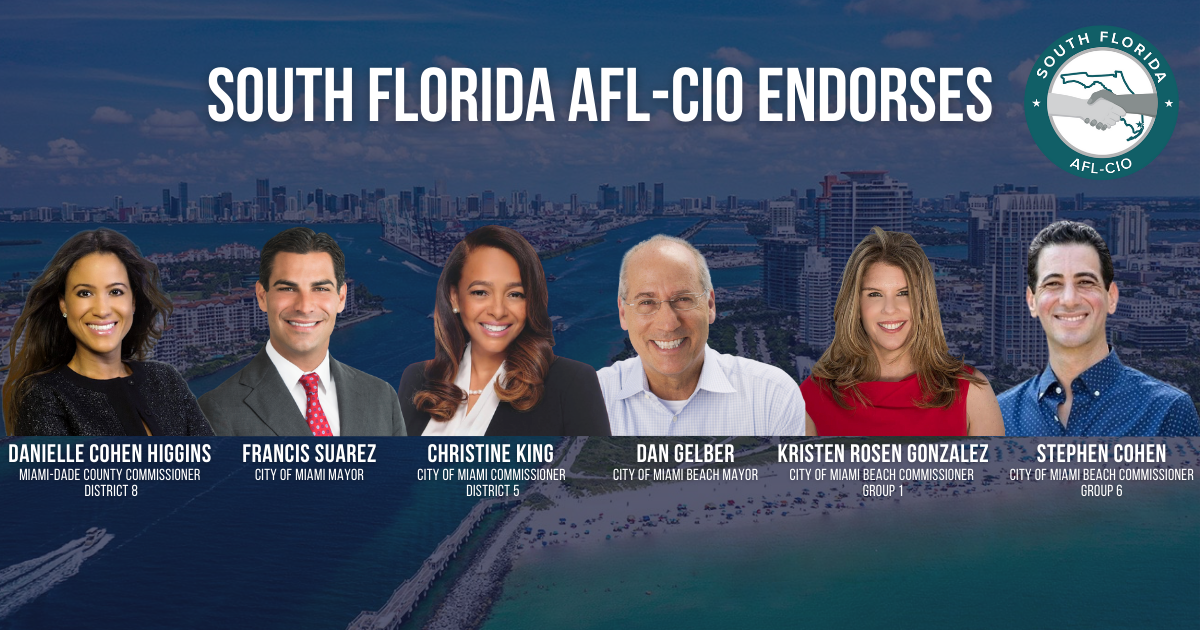TWU LOCAL 291Delivering ExcellencePutting People FirstSetting New StandardsImproving PerformanceBeing AccountableDaily
TWUDelivering ExcellencePutting People FirstSetting New StandardsImprovingDailyBeing AccountableLOCAL 291
Chairman Gilbert: Vote “Yes!”
on the Transit Ballot Initiative
Chairman Gilbert: Vote “Yes!”
on the Transit Ballot Initiative
|
|
 I graduated from the University of Miami School of Law in 2000. Every morning, I’d catch the 27 Metrobus to the Martin Luther King Jr. Metrorail station and take the Metrorail to the University of Miami. I’d take that same route back home, and sometimes my dad would pick me up at the Metrorail station and ask, “What did you learn today?” With every bus ride, with every time I took the Metrorail, I was getting closer to my dream of being an attorney. I was also bringing all the skills that I was learning at the University of Miami School of Law back home to Miami Gardens. That’s what public transportation did for me. I became an attorney, the mayor of my hometown, and now the Chairman of the Miami-Dade Board of County Commissioners. I want that opportunity and accessibility for every Resident of Miami-Dade County.
I graduated from the University of Miami School of Law in 2000. Every morning, I’d catch the 27 Metrobus to the Martin Luther King Jr. Metrorail station and take the Metrorail to the University of Miami. I’d take that same route back home, and sometimes my dad would pick me up at the Metrorail station and ask, “What did you learn today?” With every bus ride, with every time I took the Metrorail, I was getting closer to my dream of being an attorney. I was also bringing all the skills that I was learning at the University of Miami School of Law back home to Miami Gardens. That’s what public transportation did for me. I became an attorney, the mayor of my hometown, and now the Chairman of the Miami-Dade Board of County Commissioners. I want that opportunity and accessibility for every Resident of Miami-Dade County.
For this August’s primary election, I placed a simple question on the ballot: “Does Miami-Dade County need to expand its existing rapid mass transit system?”
This question isn’t just about moving from Point A to Point B; it’s about moving from the past to the future. It’s about understanding and respecting who we were and acknowledging and curating who we must become. It’s about fostering economic growth, promoting Miami-Dade’s position as a world-class community, and improving the quality of life for all. The clear and unequivocal answer should be a resounding “Yes.” and here’s why:
Investments in transit act as powerful economic multipliers. Expanding our rapid mass transit system will grow our economy by getting people to the jobs they want and the services they need. In 2022, traffic congestion cost the average driver $1,852, which equates to $8.13 billion for our urban area. Other studies have shown that every dollar invested in public transportation generates approximately four dollars in economic returns. Investments in mass transit increase property values, which supports the expansion of services to neighborhoods and attracts businesses seeking easy access to a skilled workforce.
Workers across the county should not be forced to sit in traffic for hours, spending thousands of dollars on gas just to travel to and from work. Expanding our rapid mass transit system will enable more Residents to reach job centers and educational institutions. This is particularly important for workers who drive Miami-Dade’s tourism industry and, for years, have been priced out from living near our major tourism hubs. A good transit system not only allows for more housing options to be built along corridors, it creates housing options that are both sustainable for our economy and our environment.
Public transit is the great equalizer. It provides mobility to all and ensures that everyone can participate in the economic and social growth of this community.
Critics will bring up the billion-dollar price tag of mass transit as the reason to maintain the status quo. To them, I ask, what’s your plan? Forty years ago, building 46 miles of rapid transit cost between $400 to $660 million. Building mass transit hasn’t gotten cheaper, it won’t get cheaper, and waiting isn’t a solution – it’s an excuse.
We live in the Miami-Dade County that was created for us. It now falls to us to create a Miami-Dade County that will work for our grandchildren. I want a Miami-Dade County where planning isn’t taboo and traffic congestion isn’t an accepted way of life. This Miami Dade County requires us to be leaders at every level and not stewards of the status quo.
Expanding mass transit isn’t just about moving people; it’s about moving our community forward. It’s about a kid who was able to get his law degree because of the 27 Metrobus and a ride on the Metrorail and providing that same opportunity for generations of Miamians to come. Let’s seize this moment to build a brighter, more connected, and prosperous Miami-Dade County. Vote “Yes”, #400 on your August ballot.
Oliver G. Gilbert III, a kid who rode public transit to get his law degree. He is also the Chairman of the Miami-Dade County Board of County Commissioners and the County Commissioner for District 1.
Florida AFL-CIO endorses Stanley Campbell
For U.S. Senate
Florida AFL-CIO endorses Stanley Campbell
For U.S. Senate
16:11
News Story
Florida AFL-CIO endorses Stanley Campbell for U.S. Senate
In one of the biggest surprises in this election cycle, the Florida AFL-CIO has endorsed Democrat Stanley Campbell for U.S. Senate over former U.S. Rep. Debbie Mucarsel-Powell, the candidate who has been favored by the national and state Democratic party throughout the year.
“I am beyond honored to have the working people of Florida behind my campaign,” Campbell said in a written statement. “They know I am their champion with a lifetime of showing my willingness to fight for the working class, and to revive the energy to take Florida back.”

“My father would be so proud of this moment. He was a union member for most of his working life,” Campbell added of the endorsement, delivered on Sunday. “When you’re raised in a union family, you understand how critically important workers’ rights are to the working class. It was my family’s path to the middle class, and I have served as an AFL-CIO advocate for most of my adult life.”
“The endorsement will be a surprise for folks to read publicly; however, it’s important to know that Stanley Campbell has been traveling around the state, meeting with different labor and community organizations for quite some time now,” said Rich Templin, director of politics and policy for the AFL-CIO Florida, in a brief phone interview with the Phoenix on Monday afternoon.
“His candidate questionnaire required of all the candidates seeking endorsement was beyond impressive. And in our interview, he demonstrated an understanding of the issues that we’re facing in Washington, D.C. Just a lot of really in-depth knowledge on what the problems are and some really innovative ideas on how to solve them.”
Navy veteran
Campbell is a former Navy pilot, computer programmer, and one of the few Black owners of a golf course in the nation. He is one of four Democrats who have filed to run in the Aug. 20 Senate primary, with the winner likely to face GOP incumbent U.S. Sen. Rick Scott this fall (in addition to Murcasel-Powell, Brian Rush and Rod Joseph are in the race for the Democratic nomination).
“Our members were impressed by his record in the Navy, his record in the national intelligence services, his record as an entrepreneur, and as a person who managed and negotiated with workers before, and that’s the reason for the endorsement,” Templin added.
Mucarsel-Powell did complete the labor organization’s questionnaire but did not meet with union members in person, Templin said.
“However, many in our leadership circles know her from her past service and past campaigns,” he added.
Mucarsel-Powell has been the favorite of the Washington and Tallahassee Democratic establishment going into this primary season. She was the only Senate Democratic candidate to get the opportunity to speak to the crowd when President Joe Biden made a campaign appearance in Tampa earlier this year.
In a statement, the Murcasel-Powell campaign responded.
“From cosponsoring the PRO [Protecting the Right to Organize] Act, to voting for billions in funding for labor apprenticeship programs, Debbie Mucarsel-Powell has always been a proud champion for Florida workers,” said spokesperson Lauren Chou.
“She is honored to have earned the support of labor unions across the state, including from SEIU Florida, AFGE, the CWA, and more. Debbie will continue to earn the support of workers who are fed up with Rick Scott’s extreme anti-worker, anti-labor record of opposing the PRO Act and the Paycheck Fairness Act, and voting against the Bipartisan Infrastructure Law that created countless good-paying jobs in our state.”
The Murcasel-Powell campaign also supplied a quote from Josh Zivalich, president of Teamsters Local 769.
“Debbie Mucarsel-Powell has always realized the importance of retirement security for working men and women,” he said.
“While serving in Congress, she voted twice to save troubled multi-employer pension plans by supporting the Butch Lewis Act. This finally became law under the Biden administration and saved pensions for literally hundreds of thousands of America’s retirees and future retirees. Additionally, Debbie’s advocacy for preserving and strengthening Social Security rather than cutting it makes her the clear choice for working people. We need her to represent Florida in the U.S. Senate.”
Facing South Florida for Oct. 22: Freedom Foundation
Teachers Union Targeted - CBS Miami
Facing South Florida for Oct. 22: Freedom Foundation
Teachers Union Targeted - CBS Miami
TWU Local 291 President Jeffery Mitchell and Transportation Secretary Pete Buttigieg on Brightline
Discussing Transportation and Infrastructure Funding.
TWU Local 291 President Jeffery Mitchell and Transportation Secretary Pete Buttigieg on Brightline
Discussing Transportation and Infrastructure Funding.

They're Discussing Transportation and Infrastructure Funding.
South Florida AFL-CIO endorses Miami-Dade mayor for reelection
Labor council endorses Daniella Levine Cava
South Florida AFL-CIO endorses Miami-Dade mayor for reelection
Labor council endorses Daniella Levine Cava
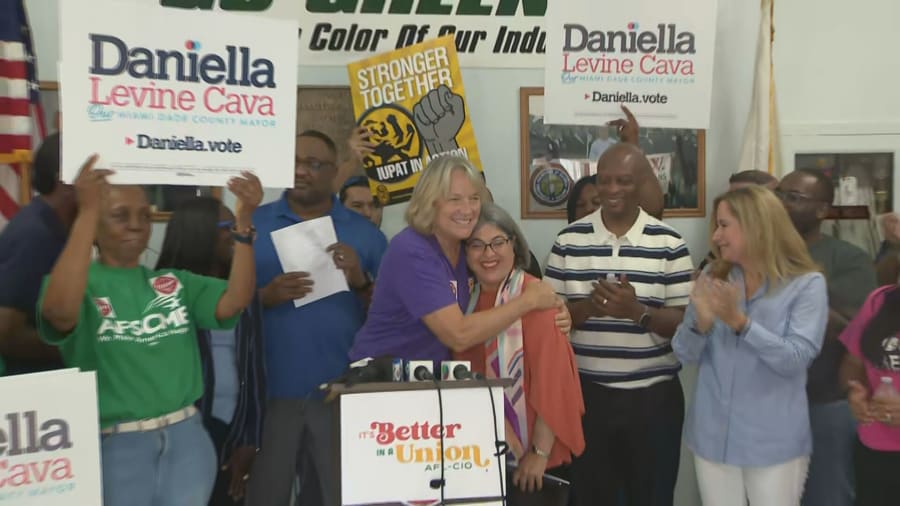
South Florida unions to honor ‘Elected Champions’
Make Major Announcement About Miami-Dade Mayor’s Race
South Florida unions are gathering in Miami on Labor Day to honor elected Miami-Dade County officials they say fought valiantly against state legislation designed to weaken the rights of workers and marginalized groups across the Sunshine State.
Legislators who opposed Florida’s new union-suppressing law and other measures targeting women, people of color, teachers, migrants and the LGBTQ community deserve recognition, said Deborah Dion, political director for the South Florida AFL-CIO, which represents some 239,000 workers.
Those who backed the bills, she said, must be taken to task.
South Florida unions to honor ‘Elected Champions’
Make Major Announcement About Miami-Dade Mayor’s Race
South Florida unions are gathering in Miami on Labor Day to honor elected Miami-Dade County officials they say fought valiantly against state legislation designed to weaken the rights of workers and marginalized groups across the Sunshine State.
Legislators who opposed Florida’s new union-suppressing law and other measures targeting women, people of color, teachers, migrants and the LGBTQ community deserve recognition, said Deborah Dion, political director for the South Florida AFL-CIO, which represents some 239,000 workers.
Those who backed the bills, she said, must be taken to task.
TWU Local 291 ANNUAL PICNIC
TWU Local 291 ANNUAL PICNIC

Insurance
Competitive rates on life, auto, homeowners, renters and even pet health insurance
Health Savings
Savings on dental and vision plans, chiropractor visits and more
Help in Hard Times
Grants to help you through strikes, layoffs, illness or disability and other difficult times

Union Plus Wireless
Discounts on qualified AT&T wireless plans and more
Home & Auto
Savings when buying a new or used car or truck and everything you need to make a happy home.
Shopping & Discounts
Discounts on restaurants, movie tickets, hotels, shopping and more.

Mortgages
Mortgages that come with exclusive union-member grants and protections
Union Plus Credit Card Program1
91% of cardholders surveyed recommend Union Plus Credit Cards2

What is
Union Plus?
We're a non-profit with a mission to make life easier for union members and their families. If you are a current or retired union member, welcome. You and your family now have access to free benefits and additional everyday support just by signing up.
|
Redmond and Brooks: The Fate of Our Freedom Is Tied to Our Courts, So We Must Demand Reform |
|
AFL-CIO Secretary-Treasurer Fred Redmond and Alliance for Justice President Rakim Brooks wrote the following op-ed for The Grio:
|
|
DeSantis Bad for Florida. Bad for the USA
By Lorenzo Canizares
7/17/2023
DeSantis Bad for Florida. Bad for the USA
By Lorenzo Canizares
7/17/2023
The Specter of Ron DeSantis looms over the USA. Trailing Trump by double digits doesn’t mean that DeSantis should be considered out of the loop for the Republican nomination. We all know the legal troubles that Trump is in, and he might very well be unable to overcome his legal troubles in spite of having Steve Bannon in his corner. In case that Trump is prevented from running as of this moment Florida’s Governor Ron DeSantis is the logical choice to win the Republican nomination.
DeSantis is not Trump; he is not a right-wing populist, but he is definitely an extreme right-winger with a clearly defined authoritarian streak on him. Now that the United States of America is seen by many as a declining superpower the specter of Ron DeSantis heightens concern if he is ever able to win the presidency of the United States. DeSantis in a methodical style has instituted what journalist Pema Levy calls a calculated system of repression and power-grabbing (Mother Jones 7-8/23 “Laboratory of Autocracy”). A declining superpower brings with it instability and together with our penchant to get involved in wars it could bring the odd occurrence that an extreme right-wing candidate be the peace candidate. While this same “peace” candidate is fanning the flames of white supremacy and cutting the legs of possible Black insurrection by trying to deprive the Black community the necessary tools for them to put a cohesive intellectual understanding of their history and of our country’s history. Make no mistake without understanding the past is almost impossible to understand the present.
It is mentioned by Ms. Levy that Mary Anne Franks, law professor at the University of Miami, wrote an article for the Journal of Free Speech Law where she mentions that a neo-confederate ideology is gaining sway in the Republican Party, one that seeks “to use the power of the state to censor speech that threatens their values and to compel speech that serves them.” Hostile “to reproductive rights, LGBTQ rights, and efforts to recognize and redress systemic racism and sexism,” neo-Confederates hide their anti-speech agenda behind crusades against cancel culture, wokeism, and critical race theory. DeSantis “may be the most obvious exemplar of neo-Confederate ideology, particularly when it comes to free speech and education,” Franks states. Make no mistake what Professor Franks calls a neo-Confederate vision is just plain white supremacy elevated to a higher level of sophistication fit for a Harvard Law graduate.
Make no mistake all these cultural wars and peddling of neo-Confederate ideology are meant to cover up for DeSantis selling his soul to the highest bidder in a marriage of convenience with corporate entities that are benefiting “big time” from their association with DeSantis. As per Pay To Play | DeSantis Research Book 4/6/23, DeSantis has compiled an amazing list of donors that later benefited from their largesse by receiving contracts, favors, and important appointments. These donors included: AE Engineering, Ajax Building Company, AUM Construction, Certified Thermographic Services, Chinchor Electric, DNA Comprehensive Therapy Services, Earthscapes Unlimited, Emerald Coast Striping, Full Sail University, Hale Contracting, Halley Engineering, Hard Rock Stadium, Herzog Contracting, Holland & Knight, IGT Global Solutions, JM Family, Johnson Bros. Corporation, Kane Financial Services, M of Tallahassee, Nelson Mullins Riley & Scarborough, Nomi Health, Palm Beach Aggregates LLC, John Rood, Ryan Inc. Southern, and Visualscape.
Add the companies that gave to the Republican Governors Association, which was Ron DeSantis’ biggest donor in 2022, which received lucrative contracts and favors in Florida. These donors included: AshBritt, CDR Maguire, Centene, Duke Energy, Florida Power & Light, GEO Group, and the Seminole Tribe. Hard to believe, but Ron DeSantis has appointed 75% more donors to government positions than former Governor Rick Scott. Also, a well-known fact is that Ron DeSantis has deep ties with the ultra-right libertarian Koch network.
DeSantis poses as a straight arrow who is the ultimate fighter for American families, the darling of Moms for Liberty, but in reality, DeSantis really is just a clever corporate stooge who has learned to use the tools of the cultural wars and white displacement fear to slide his corporate subservience agenda. DeSantis has made a point to instill fear in the Black community that he perceives as his most resolute opponent. From gerrymandering to eliminating Black districts meant to create an aura of trickery that will create suspicion and mistrust. Eliminating through a poll tax the ability of Amendment 4, the restoration of voting rights to minor offenders, that will incorporate hundreds of thousands of potential voters.
DeSantis is a threat to democracy. Following the 2020 election as per Democracy | DeSantis Research Book, Following the 2020 election, DeSantis argued that state legislatures could appoint presidential electors (which means the popular vote in those states wouldn’t mean a thing). He refused to acknowledge Biden as the president-elect after he had been declared the winner. Repeatedly downplayed the severity of January 6. Creation of an election police force following pressure from conspiracy theorists. And a militarized private army to crack heads in the name of protecting the privileged.
How could this have happened to Florida? Not so long-ago Obama won the State twice. A dysfunctional Democratic Party that was oblivious to reality and highly influenced by South Florida Party leaders more concerned with pleasing the most backward components of the Party than in energizing the most progressive and reliable members of the Party. Florida didn’t follow the path that Arizona, Michigan, Minnesota, Pennsylvania, and Wisconsin followed of standing up on issues that make an economic difference in the lives of the people of their respective States.
To conclude, not that DeSantis is worse or not than Trump, but he is a more disciplined operator that in spite of his egregious faults is able to project himself among right-wingers and independents as a man of rectitude meant to protect white supremacy at all costs. And that he believes is his ticket to victory.
l.canizares@aol.com
(C) 610-308-0783
Labor-Community Alliance of South Florida Co-Coordinator
PERC Decision in favor of TWU
PERC Decision in favor of TWU
Please note: This is a 5 page document.
Please See >>> at top right for options.
Board member final arrangements - Andrew Alcindor
Board member final arrangements Andrew Alcindor
Urge Governor DeSantis to Veto SB 256 Today!
Urge Governor DeSantis to Veto SB 256 Today!
President Mitchell wanted to inform everyone that the Florida AFL-CIO has requested that we all make a last effort to urge Governor DeSantis to veto the anti-worker bill SB 256 as he could sign it into law today! Let's make a last minute ditch effort to flood his office.
In solidarity,
Jeffrey Mitchell
President, South Florida AFL-CIO
Transport Workers Union Local 291 Promo - May 2022
Transport Workers Union Local 291 Promo - May 2022
Protect Local Power" tool kit
Protect Local Power" tool kit
U.S. 2023 Working Families Lobby Corps
2023 Working Families Lobby Corps
|
2023 Working Families Lobby Corps Week Video Gallery
2023 Working Families Lobby Corps Week Video Gallery
TWU Transportation Technology Newsletter: April 2023
TWU Transportation Technology Newsletter: April 2023
|
|
South Florida AFL-CIO Action Alert: Anti-Union HB 1445 Vote Expected 4/11 in House State Affairs Committee
South Florida AFL-CIO Action Alert: Anti-Union HB 1445 Vote Expected 4/11 in House State Affairs Committee
Please note: This is a 1 page document.
Please See >>> at top right for options.
2023 Working Families Lobby Corps Week 1
2023 Working Families Lobby Corps Week 1
Today at 1:30 pm, SB 256 will be heard for a first reading in the Full Senate Session among other anti-worker bills
Today at 1:30 pm, SB 256 will be heard for a first reading in the Full Senate Session among other anti-worker bills
Please note: This is a 1 page document.
Please See >>> at top right for options.
MLK stood for economic justice, first and foremost
MLK stood for economic justice, first and foremost
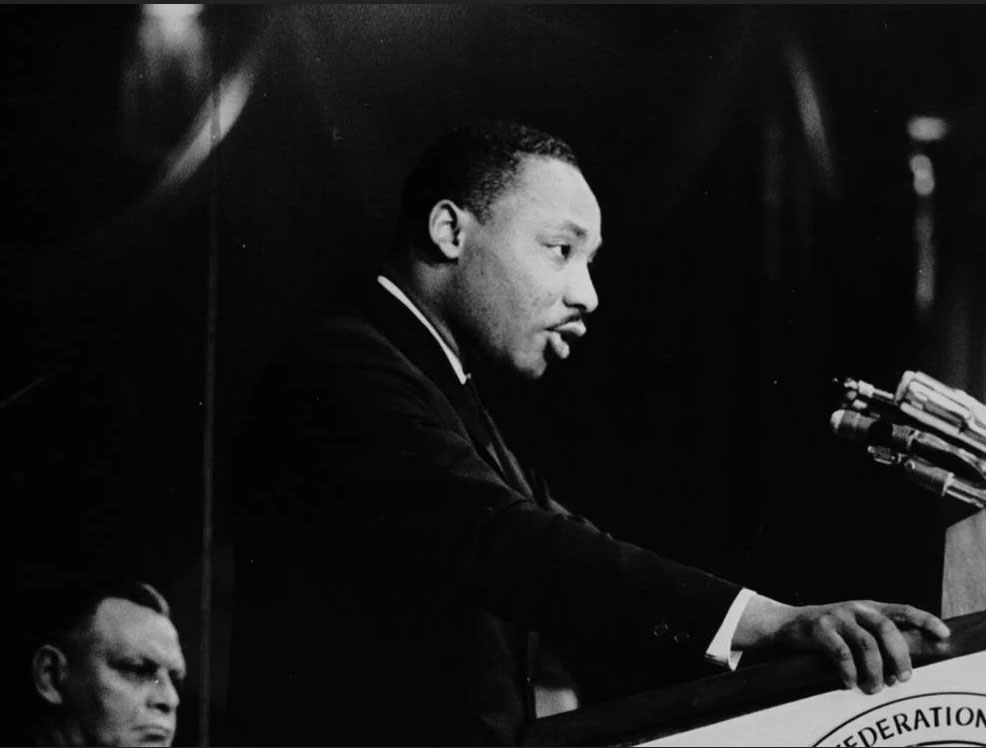
This year, January 15 marks what would have been Martin Luther King’s 94th birthday, a small reminder that many of the movements he led and the legislation he championed happened a very short time ago. From the Montgomery Bus boycott and the Great March on Washington to the Civil Rights Act of 1964 to the 1965 Voting Rights Act, Martin Luther King’s legacy is one that worked to represent all the people and ensure that every American could enjoy the benefits of equality. Despite these accomplishments, today’s environment is a reminder that not much has changed.
Read More
Swearing In of the New TWU Loca l291 Transportation Vice President Robert Revere - 08-09-2022
Swearing In of the New TWU Loca l291 Transportation Vice President Robert Revere - 08-09-2022
TWU LOCAL 291's Monique Robinson, Andre Brown and Angie Dowtin With Val Demings Who Is Running For US Senate, Florida
TWU LOCAL 291's Monique Robinson, Andre Brown and Angie Dowtin With Val Demings Who Is Running For US Senate, Florida

Transportation moguls fueling Miami-Dade political campaigns in line for $9 million no-bid contract extension
Transportation moguls fueling Miami-Dade political campaigns in line for $9 million no-bid contract extension

By Francisco Alvarado, FloridaBulldog.org
A private transportation company with politically astute owners and a troublesome track record could score a $9 million no-bid extension on an expired Miami-Dade contract to operate more than two dozen bus routes.
Miami-Dade Mayor Daniella Levine Cava is seeking approval from county commissioners to waive competitive bidding and re-up with Limousines of South Florida for one year while the county’s Transportation and Public Works Department transitions to a new vendor, according to a May 3 memo. The county commission is set to vote on the contract extension June 14.
Should Levine Cava’s request pass, it will mark the sixth time since 2017 that Miami-Dade elected officials have given Limousines of South Florida, or LSF, a no-bid renewal despite poor service complaints from disabled riders, lawsuits against the company by people allegedly injured by its drivers and warnings from the county’s transit union leaders that LSF is a dangerous operator. The company is currently operating bus routes even though its agreement terminated in February.
 MIami-Dade Mayor Daniella Levine Cava
MIami-Dade Mayor Daniella Levine CavaDuring the same five-year span, company owners Rene and Raymond Gonzalez, through LSF, its sister company Transportation America and dozens of other related corporations, have helped fuel political runs by Levine Cava and 12 out of 13 county commissioners to the tune of $223,000, according to campaign finance reports.
The Gonzalezes are also gassing up the candidacies of leading contenders for county commission seats that are up for grabs in the upcoming August primary election. Doral Mayor Juan Carlos “JC” Bermudez, who is running to replace termed-out Jose “Pepe” Diaz, got $10,000. State Rep. Bryan Avila, who wants the seat being vacated by termed-out Rebeca Sosa, also scored $10,000. Micky Steinberg, an ex-Miami Beach commissioner who is the only candidate seeking Sally Heyman’s termed-out seat, received $13,000.
PAYING BIG FOR INFLUENCE
In the past decade, various Gonzalez enterprises have pumped $682,500 into the campaigns and political action committees supporting candidates for city of Miami and county elective offices who won and their reelection campaigns, according to a spreadsheet showing political contributions made by LSF and its related companies.
 Raymond and Rene Gonzalez, Limousines of South Florida owners. Credit: Transportation America
Raymond and Rene Gonzalez, Limousines of South Florida owners. Credit: Transportation AmericaCritics like Danielle Rivera, a Miami resident and public transit activist, allege LSF and its affiliates keep winning lucrative county contracts and no-bid extensions worth millions of dollars annually because the Gonzalezes’ campaign bundling prowess has endeared them to Miami-Dade elected officials.
“They just turn around and give them more contracts,” Rivera said. “I don’t understand it other than the campaign money.”
Former state legislator Miguel De Grandy, a government affairs lawyer representing LSF, Transportation America and other Gonzalez entities, denied that his clients are successful due to political quid pro quos. “These were not backroom deals,” De Grandy said. “They were hotly contested. My clients won them in an open process.”
Rivera, who said she has to use a walker because she suffers from nerve damage, has been complaining to county officials about LSF since 2017, when Miami-Dade hired the company to operate 14 under-utilized public bus routes. At the time, Miami-Dade bureaucrats claimed outsourcing the bus routes was a cost-saving measure. Instead of seeking bids, the county accessed a contract LSF has with the city of Miami to operate and maintain the city’s free trolley buses. While the city owns and provides the trolleys, LSF uses its own fleet of buses for 22 Miami-Dade routes, plus once-a-week bus service for disabled and elderly residents in six residential communities in unincorporated Miami-Dade.
LEFT ON THE SIDE OF THE ROAD
As a disabled person relying on public transit, Rivera told Florida Bulldog that she believes Limousines of South Florida does a terrible job dealing with handicapped riders, mostly based on her own experiences trying to catch rides on the Miami trolley that stops in front of her apartment building in the city’s Roads neighborhood.
“The wheelchair lifts and ramps often don’t work and are not maintained,” Rivera said. “The drivers will argue against using the lift when I ask for it. They also don’t stop or let me get on when they see I have a walker.”
 Danielle Rivera
Danielle RiveraIn addition to seeking fixes from LSF executives and city and county transportation managers, Rivera has pleaded with Miami-Dade elected officials to stop renewing LSF’s contract at county commission meetings. Rivera also documented some of her interactions with LSF buses and trolleys with her cellphone camera, posting the clips on her social media accounts.
Her first video, which she took in October 2017, shows Rivera attempting to get on an LSF bus along a route near Homestead in southwest Miami-Dade that the company took over.
After stopping, the driver gets out, goes to the back of the bus and presses a button that brings the lift down. When Rivera gets on it, the lift doesn’t go up. After two more failed attempts, the lift finally works when the driver gets on it with Rivera.
In 2019, Rivera, her husband and her then-seven-year-old son moved to Miami in an attempt to be closer to more reliable transit options. Instead, she found herself facing similar problems with the LSF-operated city trolleys, Rivera said.
In a February 2020 video, Rivera recorded a trolley stop to pick her up. The door opens and she tells the driver she needs to use the wheelchair lift at the back of the trolley. The driver nods, closes the door and drives off.
In a more recent video, taken on April 15, Rivera is unable to get on a trolley because the door to the wheelchair lift is locked and the driver can’t open it. She waits 10 minutes for the next trolley, which has a front door wheelchair ramp that gets stuck after she boards. About 20 minutes later, the driver is able to close the ramp and the trolley departs.
“It’s five years of the exact same thing,” Rivera said. “I am not physically able to drive and my family lives below the poverty line so we can’t afford a car. But where we live now, just south of downtown Miami, we shouldn’t need one.”
TRANSIT UNION ISSUES WARNING AGAINST LSF
Rivera is not alone in sounding the alarm about LSF getting a $9 million no-bid extension. On May 2, the top boss for the union representing Miami-Dade bus operators sent a letter to Levine Cava objecting to giving LSF another year operating county bus routes.
In his letter, Transport Workers Union local president Jeffrey Mitchell alleged LSF “has a long track record delivering inefficient, inferior and oftentimes, dangerous transportation services to Miami-Dade County riders.”
 Jeffrey Mitchell
Jeffrey MitchellMitchell also mentioned the political fundraising by the transportation company’s owners. “LSF and its 45 companies led by Rene and Raymond Gonzalez are consistent campaign contributors to the Board of County Commissioners, as well as Miami-Dade’s elected leaders,” Mitchell wrote. “However, their generosity and strong interest in securing very lucrative county contracts should not supersede public safety.”
In several bullet points, Mitchell claimed LSF is allowed to use rebuilt equipment, stretch out the lifespan of older buses and hire ex-county drivers who were let go for having unsafe and unprofessional practices. On more than one occasion, LSF buses have caught fire, Mitchell said. He denounced the no-bid extension as a “giveaway” and a “farce.”
LSF has also run into legal trouble in recent months stemming from its operation of public transit routes. On May 10 and March 31, Lisa Lidell and Wynetta Noland filed separate lawsuits against LSF in Miami-Dade Circuit Court. The two women allege they were seriously injured after being thrown from their seats on an LSF bus on April 23, 2021.
On March 23, Moracho Sarmiento sued LSF over an accident involving a bus allegedly crashing into his car in Homestead on Christmas Eve 2019. In a lawsuit filed against LSF on Feb. 8, Ronald Smith alleges he sustained injuries when he fell out of his wheelchair when the Miami trolley he was on made an abrupt stop on June 20, 2018.
 Miguel De Grandy
Miguel De GrandyLSF lawyer De Grandy defended the company’s performance and insisted his client quickly responds to any problems Rivera reports to the city and county. “Any valid complaint she has filed, they are promptly followed up on,” De Grandy said. “She has filed different complaints about the trolleys, but those are provided by the city of Miami. Still, we do a pre-check inspection before any vehicle goes into service. Can a lift break during service? Yes. But we do take precautions to make sure the trolley is working properly.”
De Grandy declined to comment about specific lawsuits, but he said any accidents involving LSF drivers is part of doing business providing public transit services. “You look at Miami-Dade Transit’s track record and they have multiple accidents,” De Grandy said. “We live in one of the most congested traffic markets in the U.S. with a lot of folks who unfortunately don’t know how to drive. When you are logging hundreds of miles, accidents will happen with any company.”
RIVERA DIGS INTO GONZALEZ CAMPAIGN MACHINE
Rivera made a database of every political contribution since 1998 that Rene and Raymond Gonzalez have made through a myriad of corporations under their names, including LSF and Transportation America, a sister company that has a county contract to provide at-home transit service to disabled and elderly people. That deal is also coming up for a no-bid renewal, according to Miami-Dade memos and county commission meeting minutes.
 Miami-Dade Commissioner Raquel Regalado
Miami-Dade Commissioner Raquel Regalado“They made me mad so I dug,” Rivera said. “With the lockdown, I had time to do it. Coop me up and give me time, I will find something productive to do.”
Rivera’s database also lists contributions Gonzalez entities made since 2019 to campaigns and committees supporting Miami Mayor Francis Suarez and Miami city commissioners Joe Carrollo, Alex Diaz de la Portilla and Ken Russell. Their combined total haul: $34,200. During the same time period, the Gonzalezes funneled $142,500 to campaigns and committees supporting Miami-Dade elected officials.
Through public records requests and online sources, Rivera also put together graphs and charts breaking down city and county payments to LSF, Transportation America and related companies. For instance, between 2015 and 2021, Miami-Dade paid $281.5 million and Miami paid $57.1 million to Gonzalez-owned companies.
Miami-Dade County Commissioner Raquel Regalado, who’s been the beneficiary of $15,000 in Gonzalez-related campaign contributions, scoffed at the insinuation LSF’s owners keep scoring no-bid renewals from the county because of their connections.
“We have to raise money to run campaigns,” Regalado said. “Giving me a campaign check doesn’t mean anything. The problem is the leap that [Rivera] makes from contributions to corruption. If she has proof of corruption, she should take it to the state attorney.”
Rivera said she just wants county officials to provide her and other bus riders with accessible transit services. By exposing how LSF continues to win no-bid deals despite its failings because of the company’s political influence, Miami-Dade elected officials can’t claim they didn’t know, Rivera said.
“It is clearly obvious that something is going on,” Rivera said. “They know this provider is hurting passengers and nothing has been done.”
FL AFL-CIO E-Messenger: Week of 4/8
FL AFL-CIO E-Messenger: Week of 4/8

|
|
Good evening and welcome to this edition of the Florida AFL-CIO E-Messenger, your roundup of Labor news across the Sunshine State and the nation. Let’s dive in. |
|
As traditional papers have moved more and more online, most publications charge for their content, as they should. As print copies fade away, digital “paywalls” are the future of journalism. We link to articles requiring paid subscriptions or payment per article in the E-Messenger. This is because these stories are important and the more knowledge our members and supporters have, the stronger our movement. We encourage everyone to pay for these subscriptions and/or the articles to help keep an independent press alive and flourishing. It is central to our democracy. We also should point out that most newsrooms are full of our sister and brother union members, and this is what funds their jobs. |
|
|
|
Florida News |
|
Space Coast Progressive Alliance hosts Discussion about the 2022 Florida Legislative Session with Dr. Rich Templin and Representative Anna Eskamani |
|
|
Yesterday, April 7th, the Space Coast Progressive Alliance hosted a live stream discussion about the 2022 Florida Legislative Session and how it will affect Florida's working families. The event featured Director of Politics and Public Policy for the Florida AFL-CIO Dr. Rich Templin, Florida Representative Anna Eskamani, and local candidates and community leaders. You can watch it here. |
|
South Florida AFL-CIO to Rally Against Union Busting at Miami Springs Starbucks |
|
|
This coming Monday, April 11th, the South Florida AFL-CIO, along with community members and allies, will hold a rally in support of unionizing Starbucks employees in Miami Springs. Workers at the Starbucks filed for an election on March 14th, and NLRB ballots will be mailed to workers on April 13th. In the meantime, management at the location has required anti-union meetings for the employees. |
|
Coalition of Immokalee Workers Marches in Palm Beach to Demand Fair Treatment for Farm Workers |
|
|
Members of the Coalition of Immokalee Workers and community allies took a stand for farmworkers in Palm Beach last Saturday, demanding that Wendy's join the Fair Food Program. The Fair Food Program protects the human rights of farmworkers, unfortunately, Wendy's has not joined it. The Coalition of Immokalee Workers has a great roundup of pictures, videos, and news pieces about the action, which featured over 800 people taking a stand. You can find out more here. |
|
Tell FIFA: Respect Workers' Rights |
|
|
The 2026 World Cup will be held in North America, with some cities in Florida being considered to be hosts. While the prospect of one of the most legendary sporting events in history being held in the Sunshine State is exciting, FIFA has a less than stellar record on workers' rights for the people who make the event possible. |
|
National News |
|
Amazon Union Win Part of a New Wave of Labor Activism |
|
|
Amazon Labor Union organizers celebrate after last week's historic win. Photo Credit: Washington Post |
|
Last week, Amazon workers in New York made history, forming the first union at the corporate giant. The Washington Post has an excellent deep dive into how they won, an interview with AFL-CIO President Liz Shuler, a look at other labor actions across the country, and what this win means for America's working people. You can read it here.
TIME magazine has another great look at the organizing efforts going on across the country, and a guide for unionizing your workplace featuring an interview with Christian Sweeney, lead organizer for the AFL-CIO. You can read it here. |
|
Judge Ketanji Brown Jackson Confirmed |
|
|
Yesterday, Judge Ketanji Brown Jackson was officially confirmed to the Supreme Court. The AFL-CIO and labor unions across the nation supported her history-making confirmation, you can read their statements here. |
|
|
TWU LOCAL 291 COLLECTIVE BARGAINING AGREEMENT - 03-29-2022
TWU LOCAL 291 COLLECTIVE BARGAINING AGREEMENT - 03-29-2022
2022 End of Session Brief
2022 End of Session Brief


The 2022 Florida Legislative Session has officially come to a close. The legislature could not pass the budget in a timely manner, so the 2022 Legislative Session was extended until today, March 14th. The legislature adjourned Sine Die this afternoon at 1:03 P.M.
Below, you will find our official Sine Die report, including information on the key bills that faced Florida's working families this year, and whether or not they passed. You can also download the brief here.
Union members made their voices heard and stood up for our rights throughout the session as members of the Working Families Lobby Corps and by taking action in other ways, like the hundreds of phone calls made to legislators against bills that would have infringed on our rights.
Thank you for joining us in the fight for a brighter future for working people in the Sunshine State.
In Solidarity,
Mike Williams
President, Florida AFL-CIO





Revised COVID-19 Mobile Testing for DTPW Ees - Week of February 21, 2022
Revised COVID-19 Mobile Testing for DTPW Ees - Week of February 21, 2022
FYI, NOMI Health has revised their schedule in providing mobile COVID -19 testing at DTPW facilities as noted below (no appointment required). The mobile testing is voluntary and available to only DTPW employees. For those DTPW employees that work in the OTV Building, testing is available in the Lobby of the OTV Building and at the Stephen P. Clark Building. Currently, only the COVID-19 testing is available, additional information regarding NOMI Health providing COVID-19 vaccinations is forthcoming.
NOTE: Mandatory weekly testing is still required for non-bargaining employees that are NOT vaccinated
COVID Testing at DTPW Facilities is being provided for DTPW employees only and is NOT open to family members or the public
|
TUESDAY 02/22 |
|||
|
Testing Site |
Location: Address |
Start Time |
End Time |
|
Miami-Dade Transit Coral Way Bus Operations |
2775 SW 74th Avenue, Miami, FL 33155 |
8:00AM |
2:00PM |
|
WEDNESDAY 02/23 |
|||
|
Testing Site |
Location: Address |
Start Time |
End Time |
|
Miami-Dade Transit Central Bus Operations |
3300 NW 32nd Avenue, Miami, FL 33142 |
7:30AM |
3:00PM |
|
THURSDAY 02/24 |
|||
|
Testing Site |
Location: Address |
Start Time |
End Time |
|
Miami-Dade Transit William Lehman Center |
6601 NW 72nd Avenue, Miami, FL 33166 |
8:00AM |
2:00PM |
|
FRIDAY 02/25 |
|||
|
Testing Site |
Location: Address |
Start Time |
End Time |
|
Miami-Dade Transit Northeast Bus Operations |
360 NE 185th Street, Miami, FL 33169 |
8:00AM |
2:00PM |

Mask Up!
HB1197 Important
HB1197 Important
Legislative Alert: URGENT Make The Call For Workers' Rights
Legislative Alert: URGENT Make The Call For Workers' Rights

LEGISLATIVE ALERT: URGENT Yesterday, the Florida House passed HB 1197, legislation that infringes on public sector workers' right to join or stay in a union. The bill will now be heard in the Florida Senate Rules Committee this Tuesday. This is an all-hands-on-deck situation for Florida's Labor Movement. Call your senator today and tell them to vote NO on HB 1997! Take a stand and click here to make the call for workers' rights.
Make The Call To Protect Workers' Rights
Make The Call To Protect Workers' Rights

House Bill 1197 is yet another attack on essential workers' rights to join or remain in their union. This bill would make the unionization process needlessly difficult, place anti-union messaging on membership forms, and prevent workers from having their union dues automatically deducted from their paychecks.
Public sector workers have gone above and beyond to serve our communities throughout the COVID-19 pandemic. This bill is a slap in the face and ignores all of their hard work.
Call your representative and tell them to vote NO on HB 1197.
Biden DOT Embraces TWU's Worker-Centered Approach to Technology
Biden DOT Embraces TWU's Worker-Centered Approach to Technology
2022 M.J. Quill Scholarship
2022 M.J. Quill Scholarship
Applications Are Now Being Accepted
Jeffery Mitchell with Congresswoman Wilson at Brownsville Metrorail station last Friday...
... with the check for 18 billion dollars for Transportation and Infrastructure.
I was personally invited
With Congresswoman Wilson at Brownsville Metrorail station last Friday...
...with the check for 18 billion dollars for Transportation and Infrastructure.
I was personally invited
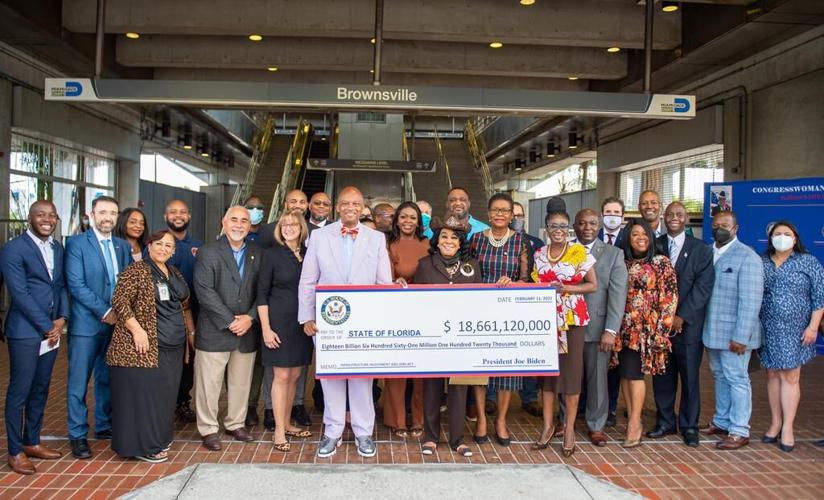
A moment in Black History
February is dedicated as Black History Month honoring the triumphs and struggles of African Americans throughout U.S. history including civil rights movement and their cultural and political achievements.
A moment in Black History
February is dedicated as Black History Month honoring the triumphs and struggles of African Americans throughout U.S. history including civil rights movement and their cultural and political achievements.
H.R. 3076 Passes the US House
H.R. 3076 Passes the US House
This week, the United States House of Representatives passed H.R. 3076, legislation that will significantly reform our Postal Service for the better. HR 3076 would end the requirement for the USPS to pre-fund retirees’ healthcare, mandate six days of delivery, and implement other long-overdue changes that will benefit our Postal Service. Thank you to all of our members who called their representatives to tell them to vote yes on this legislation. While the bill is still waiting to be passed in the U.S. Senate, this is a step in the right direction for the working people who keep our Postal Service running and all Americans. When we stand together, we win.
Feel free to call and encourage your members to call our senators in support of the bill. Senator Rubio’s D.C. office number is (202) 224-3041, and Senator Scott’s D.C. office number is (202) 224-5274.
In Solidarity,
Mike Williams
President, Florida AFL-CIO
MW/mn/sa
ELDT-Applicability Factsheet 2022
ELDT-Applicability Factsheet 2022

ELDT Regulations 2022
ELDT Regulations 2022

Signing of the Collective Bargaining Agreement Between Miami Dade County and Transport Workers Union Local 291. October 1, 2020- September 30, 2023
Signing of the Collective Bargaining Agreement Between Miami Dade County and Transport Workers Union Local 291. October 1, 2020- September 30, 2023
Anti-Voter Freedom Act (SB 524) and the Constitutional Amendment Limitation Bill (SJR 1412)
Anti-Voter Freedom Act (SB 524) and the Constitutional Amendment Limitation Bill (SJR 1412)


AFL-CIO and WeCount! Call to Action (SB732_HB887)

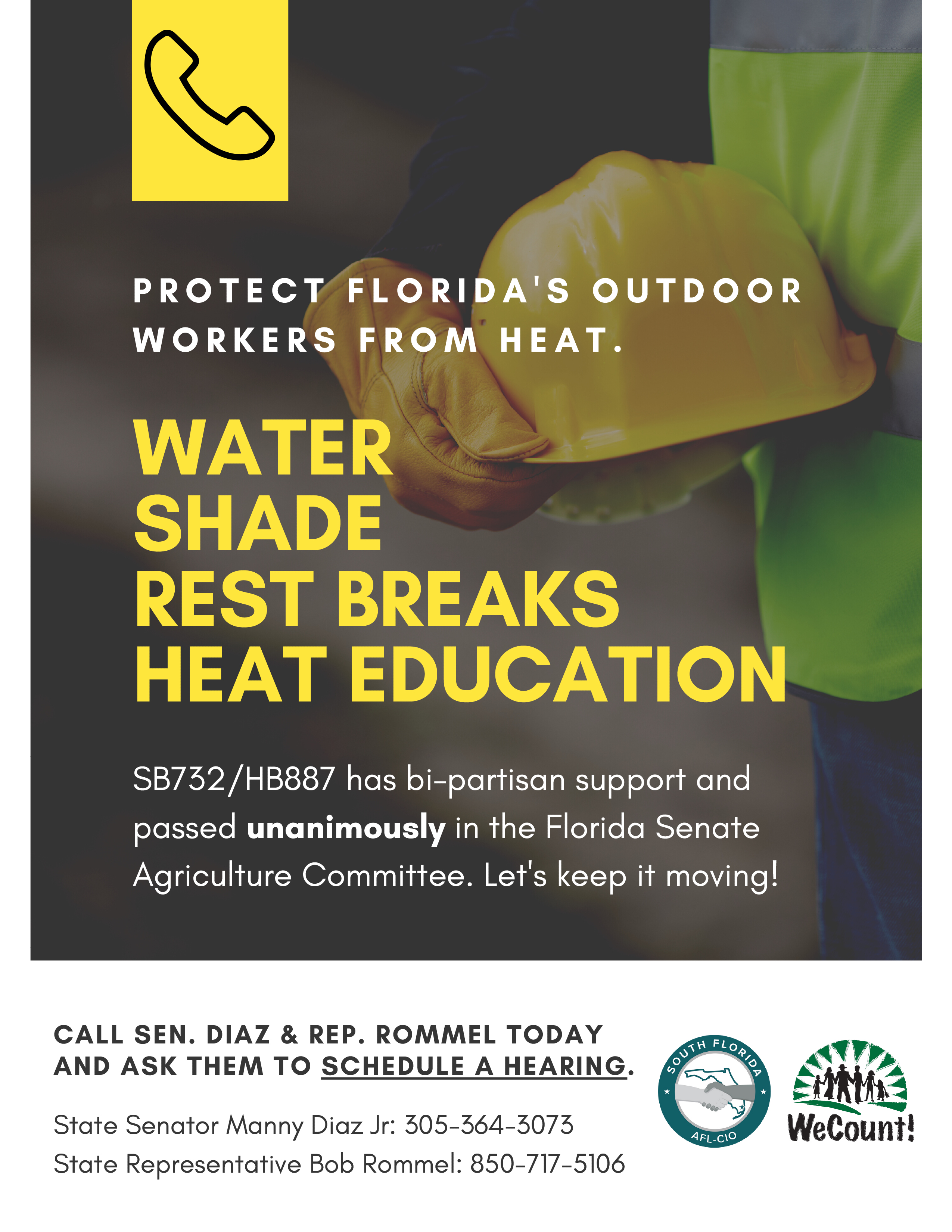




FL AFL-CIO E-Messenger: Week 3 of Session
FL AFL-CIO E-Messenger: Week 3 of Session

|
|
Good afternoon and welcome to this edition of the Florida AFL-CIO E-Messenger, your roundup of Labor news across the Sunshine State and the nation. Let’s dive in. |
|
|
|
Union Members Fight Back Against Attacks on Our Rights during Week Three of the Legislative Session |
|
|
Working Families Lobby Corps members and FEA members rally at the Old Capitol this week. |
|
Another week of session, another round of attacks on working Floridians' rights.
These weren't the only cases of the state government attempting to preempt local governments this week. Unfortunately, Senate Bills 280 and 620 passed the Florida Senate this week. These two bills are overreaching preemptions that dramatically decrease the say local governments have in their own communities and will open up local governance to needless red tape and litigation. FL Politics has more here. |
|
|
UFF Members at the Capitol spoke out against secrecy this week in Tallahassee. |
|
We've discussed Senate Bill 520 throughout this year's session and it passed its final committee this week and will now be heard in the Florida Senate. The bill would essentially prevent Floridians from having a say in the selection of university and college presidents. These are unelected positions in charge of billions of dollars, this bill could open the process up to rampant corruption. FL Politics has more on SB 520. |
|
Once again, working Floridians' right to join a union is under attack. HB 1197 is yet another attempt to make the unionization process more difficult for Florida's public sector workers. It passed its first committee yesterday. We'll keep you up to date as the bill progresses. FL Politics has more here. |
|
Take Action: Tell Your Legislators to Keep Their Hands Off of Workers' Wages |
|
|
As mentioned earlier, HB 943 and SB 1124 are attacks on local government power and would lead to a pay cut for essential workers. Union members across the Sunshine State are calling their legislators and telling them to vote NO on these bills. Click here to call your senator and tell them to vote NO on SB 1124, after that click here to call your representative and tell them to vote NO on HB 934. |
|
Working Families Lobby Corps: Stand Up for Florida's Working Families! |
|
|
Week in and week out, members of the Working Families Lobby Corps fight for Florida's working people against attacks on our rights. As a member of the Working Families Lobby Corps, you'll build solidarity with your fellow union members, see how the legislative process works firsthand, and provide a valuable voice for working people in the Capitol. Sign up today! |
|
The Laughs Continue in Week 2 of the Legislative Update Series: The Florida Legislature Show! |
|
|
The Florida AFL-CIO Legislative Update series is back with another week of laughs and capers in this week's episode: The Florida Legislature Show! |
|
Florida News |
|
AFSCME Local 3343 to Picket Next Tuesday at FAMU in Tallahassee |
|
|
Members of AFSCME Local 3343 at Florida Agricultural and Mechanical University will picket from 8:00 A.M. to Noon on Tuesday, February 1st. Community support is welcomed as AFSCME Local 3343 continues their contract struggle with the university. Signs will be provided. Please contact Andre Crumity if you would like to attend or have any questions at crumial29@hotmail.com |
|
|
HB 943 and SB 1124, would wipe out local living wage ordinances across the state
HB 943 and SB 1124, would wipe out local living wage ordinances across the state
Click here to call your senator and tell them to vote NO on SB 1124: https://actn.et/KUcrxmi0 . After you've done that, click here to call your representative and tell them to vote NO on HB 943: https://actn.et/KUcrxmi1

Locals Should Decide What Is Best For Their Community
Locals Should Decide What Is Best For Their Community
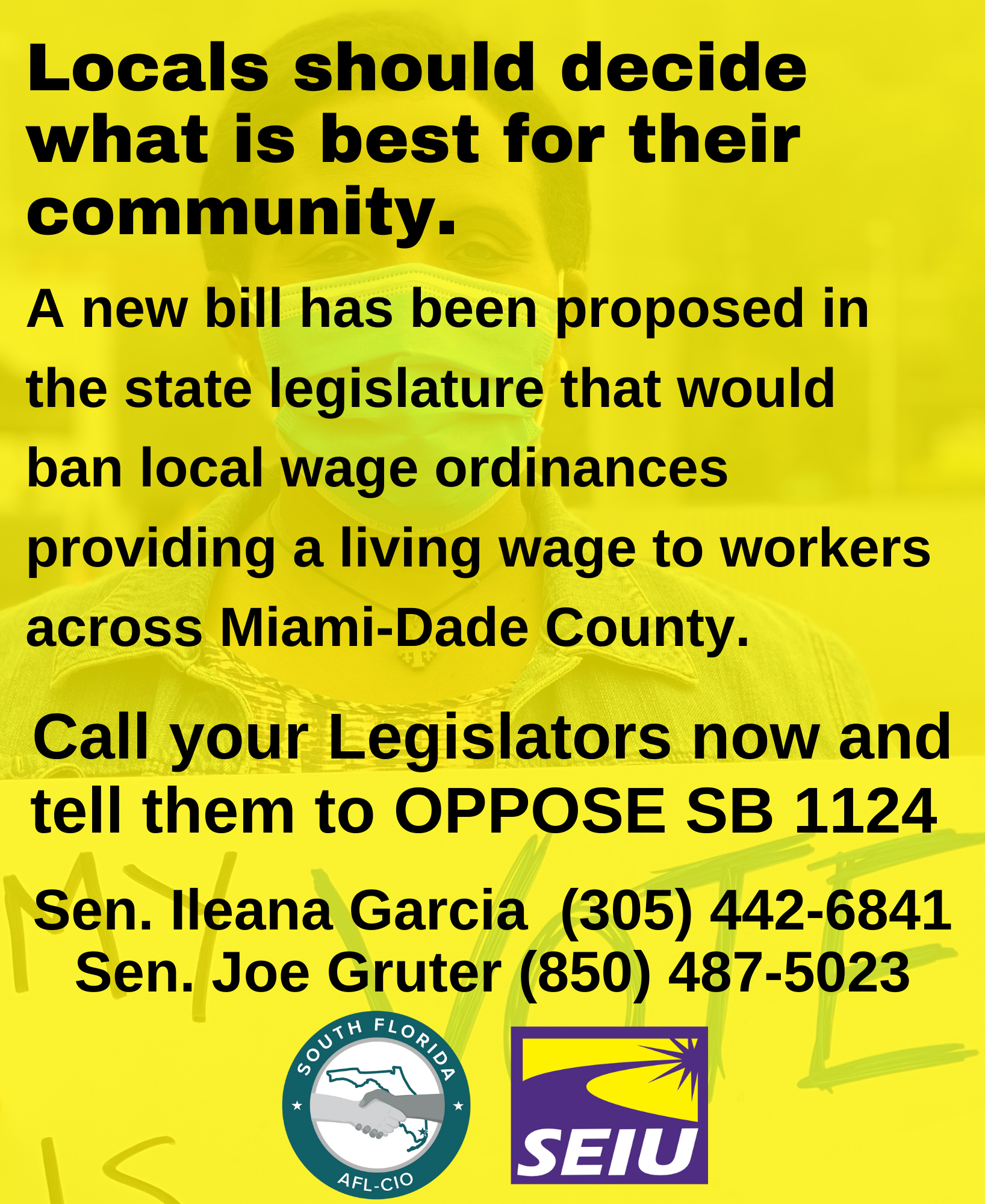

FL AFL-CIO E-Messenger: Session Continues
FL AFL-CIO E-Messenger: Session Continues

|
Good afternoon and welcome to this edition of the Florida AFL-CIO E-Messenger, your roundup of Labor news across the Sunshine State and the nation. Let’s dive in. |
|
|
|
Florida's Legislative Session Rolls On |
|
|
Members of the Working Families Lobby Corps in Tallahassee for week two of the Florida Legislative Session. |
|
Week two of the 2022 Florida Legislative Session has officially come to a close. The attacks on working people continued with aplomb this week, but members of the Working Families Lobby Corps continued to stand up for Florida's working people throughout the week.
Florida's Citizen's Initiative process gives the citizens of the Sunshine State a voice in our democracy, including approving wins for working people, like the recent increase in the Florida minimum wage. Unfortunately, legislation in the Florida House that would dramatically curtail our right to amend our constitution moved forward this week. HB 1127 is an attack on Floridians' democratic rights, pure and simple. The Orlando Sentinel has more on the story.
Leadership in the Legislature and Governor Ron DeSantis frequently tout Florida's freedoms, but multiple bills would make it harder for Floridians to have a say in our government, including the aforementioned HB 1127.
Florida has one of the most transparent state governments in the nation, but HB 703 would dramatically decrease our right to governance in the sunshine. The bill would move the selection of college and university presidents out of the public eye, increasing the risk of corruption in the process. The bill passed its first committee this week. Florida Politics has more on HB 703.
Legislation moving through the Florida Senate would greatly infringe on the rights of city and municipal governments. Senate Bill 620 would allow any business that disagrees with a local ordinance to sue, which puts the entire idea of local governance at risk. The bill passed its final committee this week and will be heard on the Senate Floor later this session. You can find out more at Florida Politics.
It's not all bad news for working people. A recent bill in the Florida Senate that would require American-made steel and iron be used on state and local projects passed its second committee this week. This would be a huge boost for American and union-made products. Florida Politics has more on the bill, SB 619. |
|
Tune into Week 1 of the 2022 Florida AFL-CIO Legislative Update: Leave It To The Legislature! |
|
|
The Florida AFL-CIO Legislative Update is back for this throwback edition of the Legislative Session. Tune into Week 1 of our update series for laughs, life lessons, and the same old attacks on working people we see every session. You can watch it here. |
|
Working Families Lobby Corps: The Fight for Working People Continues! |
|
|
Working Families Lobby Corps Members proudly represented Florida's working families during the second week of Legislative Session. |
|
The Working Families Lobby Corps are the voice for working people in Florida's Capitol. Participants in the Working Families Lobby Corps attend and comment at committee meetings, represent their communities and working people while meeting with their elected officials, and take the lessons they learn in Tallahassee back home to continue the fight. There's still time to make your voice heard. Sign up today! |
|
Florida News |
|
Space Coast AFL-CIO Field Representative Karen Houston Reflects on Dr. Martin Luther King Jr.'s Legacy for Florida Today |
|
|
Photo Credit: Florida Today |
|
Space Coast AFL-CIO Field Representative Karen Houston was interviewed along with other community leaders by Florida Today regarding Dr. Martin Luther King Jr.'s legacy and fight for civil rights and economic justice. |
|
Tallahassee Starbucks Becomes First in the Sunshine State to File for Union Election |
|
|
Photo Credit: Tallahassee Democrat |
|
Last year, Starbucks workers in Buffalo, NY made history as they became the first unionized locations at the giant coffee chain. That momentum has continued nationwide, including here in Florida. Last week, workers at a Starbucks in Tallahassee officially filed for a union election with the National Labor Relations Board, kickstarting the organization process. |
|
|
|
|
Good afternoon and welcome to this edition of the Florida AFL-CIO E-Messenger, your roundup of Labor news across the Sunshine State and the nation. Let’s dive in. |
|
|
|
Florida's Legislative Session Rolls On |
|
|
Members of the Working Families Lobby Corps in Tallahassee for week two of the Florida Legislative Session. |
|
Week two of the 2022 Florida Legislative Session has officially come to a close. The attacks on working people continued with aplomb this week, but members of the Working Families Lobby Corps continued to stand up for Florida's working people throughout the week.
Florida's Citizen's Initiative process gives the citizens of the Sunshine State a voice in our democracy, including approving wins for working people, like the recent increase in the Florida minimum wage. Unfortunately, legislation in the Florida House that would dramatically curtail our right to amend our constitution moved forward this week. HB 1127 is an attack on Floridians' democratic rights, pure and simple. The Orlando Sentinel has more on the story.
Leadership in the Legislature and Governor Ron DeSantis frequently tout Florida's freedoms, but multiple bills would make it harder for Floridians to have a say in our government, including the aforementioned HB 1127.
Florida has one of the most transparent state governments in the nation, but HB 703 would dramatically decrease our right to governance in the sunshine. The bill would move the selection of college and university presidents out of the public eye, increasing the risk of corruption in the process. The bill passed its first committee this week. Florida Politics has more on HB 703.
Legislation moving through the Florida Senate would greatly infringe on the rights of city and municipal governments. Senate Bill 620 would allow any business that disagrees with a local ordinance to sue, which puts the entire idea of local governance at risk. The bill passed its final committee this week and will be heard on the Senate Floor later this session. You can find out more at Florida Politics.
It's not all bad news for working people. A recent bill in the Florida Senate that would require American-made steel and iron be used on state and local projects passed its second committee this week. This would be a huge boost for American and union-made products. Florida Politics has more on the bill, SB 619. |
|
Tune into Week 1 of the 2022 Florida AFL-CIO Legislative Update: Leave It To The Legislature! |
|
|
The Florida AFL-CIO Legislative Update is back for this throwback edition of the Legislative Session. Tune into Week 1 of our update series for laughs, life lessons, and the same old attacks on working people we see every session. You can watch it here. |
|
Working Families Lobby Corps: The Fight for Working People Continues! |
|
|
Working Families Lobby Corps Members proudly represented Florida's working families during the second week of Legislative Session. |
|
The Working Families Lobby Corps are the voice for working people in Florida's Capitol. Participants in the Working Families Lobby Corps attend and comment at committee meetings, represent their communities and working people while meeting with their elected officials, and take the lessons they learn in Tallahassee back home to continue the fight. There's still time to make your voice heard. Sign up today! |
|
Florida News |
|
Space Coast AFL-CIO Field Representative Karen Houston Reflects on Dr. Martin Luther King Jr.'s Legacy for Florida Today |
|
|
Photo Credit: Florida Today |
|
Space Coast AFL-CIO Field Representative Karen Houston was interviewed along with other community leaders by Florida Today regarding Dr. Martin Luther King Jr.'s legacy and fight for civil rights and economic justice. |
|
Tallahassee Starbucks Becomes First in the Sunshine State to File for Union Election |
|
|
Photo Credit: Tallahassee Democrat |
|
Last year, Starbucks workers in Buffalo, NY made history as they became the first unionized locations at the giant coffee chain. That momentum has continued nationwide, including here in Florida. Last week, workers at a Starbucks in Tallahassee officially filed for a union election with the National Labor Relations Board, kickstarting the organization process. |
|
|
MLK WEEKEND: TWU LOCAL 291 WORSHIP SERVICE AT 93rd STREET BAPTIST CHURCH
MLK WEEKEND: TWU LOCAL 291 WORSHIP SERVICE AT 93rd STREET BAPTIST CHURCH
MLK WEEKEND: TWU LOCAL 291 IN PARTNERSHIP WITH 93rd STREET BAPTIST CHURCH FOOD DISTRIBUTION
Spirit of MLK Food Distribution
Saturday January 15, 2022
MLK WEEKEND: TWU LOCAL 291 IN PARTNERSHIP WITH 93rd STREET BAPTIST CHURCH FOOD DISTRIBUTION
Spirit of MLK Food Distribution
Saturday January 15, 2022
TWU LOCAL 291 M.L.K. PARADE 2022
Monday January 17, 2022
TWU LOCAL 291 M.L.K. PARADE 2022
Monday January 17, 2022
Voting Rights Week of Action - Action Requested!
Voting Rights Week of Action - Action Requested!

Health Insurance Eligibility for New Hires
New Hire Insurance Policy Change
Health Insurance Eligibility for New Hires
New Hire Insurance Policy Change
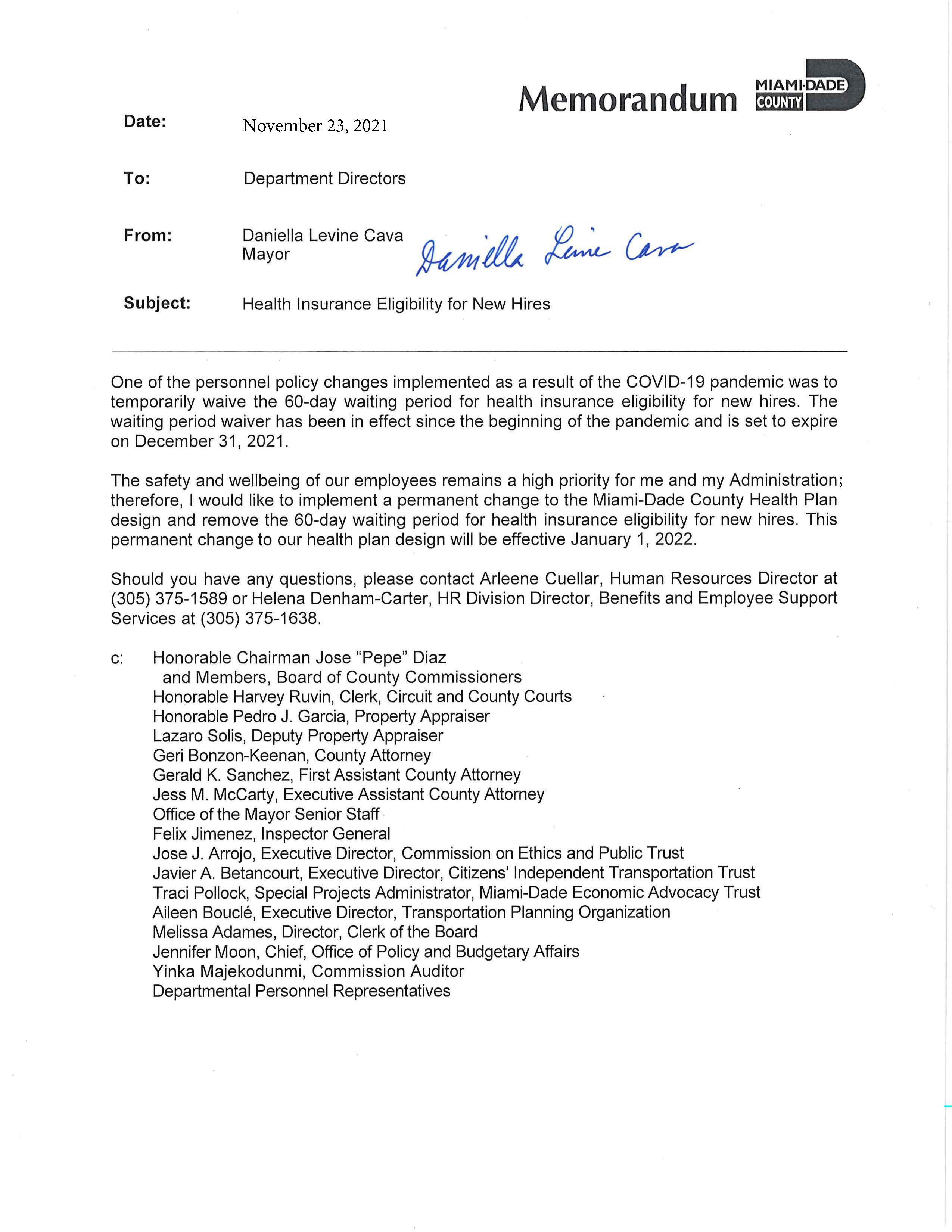
Piedmont Payment Services
The collection and payment of your Boston Mutual and/or
Guardian Life insurance
Piedmont Payment Services
The collection and payment of your Boston Mutual and/or
Guardian Life insurance
Recently your TWU Local engaged Piedmont Payment Services for the collection and payment of your Boston Mutual and/or Guardian Life insurance.
Piedmont is set to begin drafting your preferred bank account beginning in January of 2022.
Piedmont will email you a link to a secure form for your review and for you to enter your bank account information.
If you have any questions or concerns please do not hesitate to contact Piedmont, Union Benefit Planners or your Department Heads.
We look forward to serving you.
Piedmont’s customer service team is available Monday-Friday 9:00 a.m. to 5:00 p.m. EST.
For billing questions: support@piedmontpays.com or call 866-254-5245
For information about your policy: info@unionbenefitplanners.com
Thanks,
Darrell
Darrell Tadley | COO
Piedmont Payment Services
7201 Moon Road, Bldg 2, Suite 100
Columbus, Georgia 31909
Phone: +1 706-330-5411
www.piedmontpays.com
TWU Local 291 Tentative Agreement Ratification Vote
Crist For Governor - Florida For All Press Conference
Crist For Governor - Florida For All Press Conference
TWU - CBA Contract Ratification For 2020 to 2023
All Bargaining Unit Members Can Vote For Contract
Contract Ratification For 2020 to 2023
All Bargaining Unit Members Can Vote For Contract
Local 291 Ratification Vote Sample

All Bargaining Unit Members Can Vote For Contract
Please note: This is a 1 page document.
Please See >>> at top right for options.
Highlights of Negotiated Changes

Highlights of Negotiated Changes
Please note: This is a 1 page document.
Please See >>> at top right for options.
Collective Bargaining Agreement 2020 - 2023

All Bargaining Unit Members Can Vote For Contract
Please note: This is a 99 page document.
Please See >>> at top right for options.
Fully Executed Tentative Agreement

Please note: This is a 35 page document.
Please See >>> at top right for options.
TWU Local 291 Volunteer Benefits
TWU Local 291 Volunteer Benefits
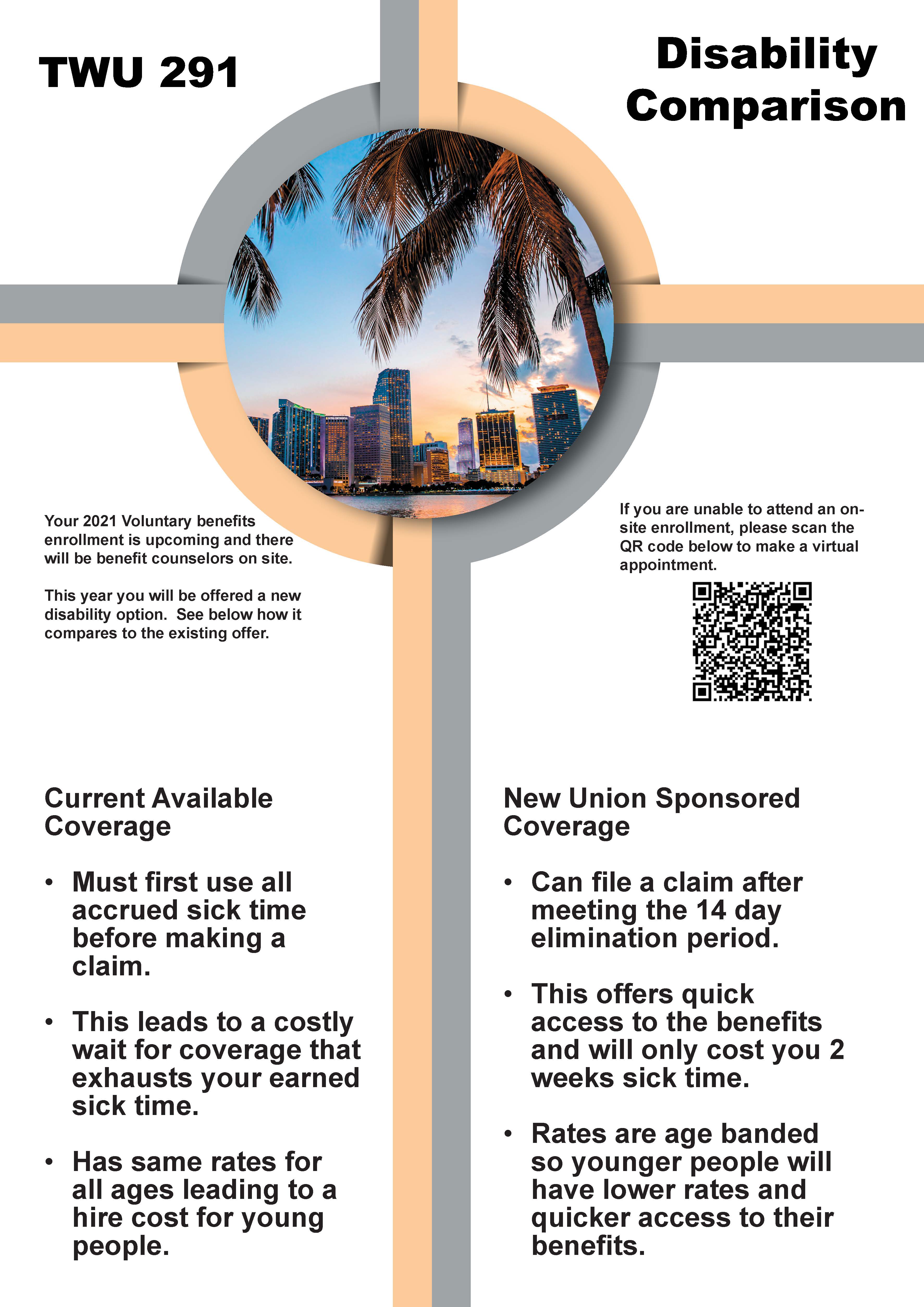
South Florida CLC Endorsement Slate
South Florida CLC Endorsement Slate
578125 TWU local 290 Guardian Anytime Registration
578125 TWU local 290 Guardian Anytime Registration
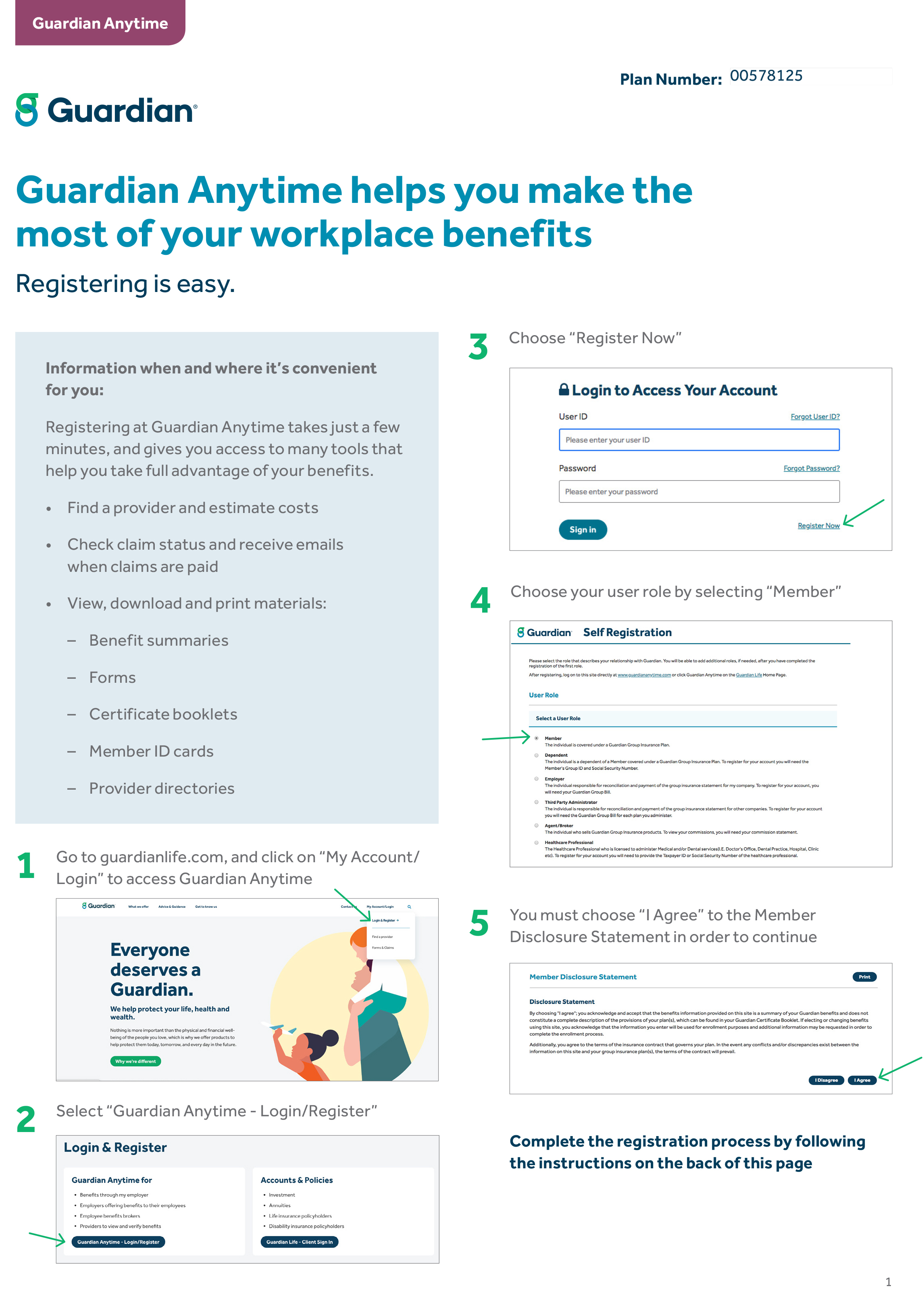
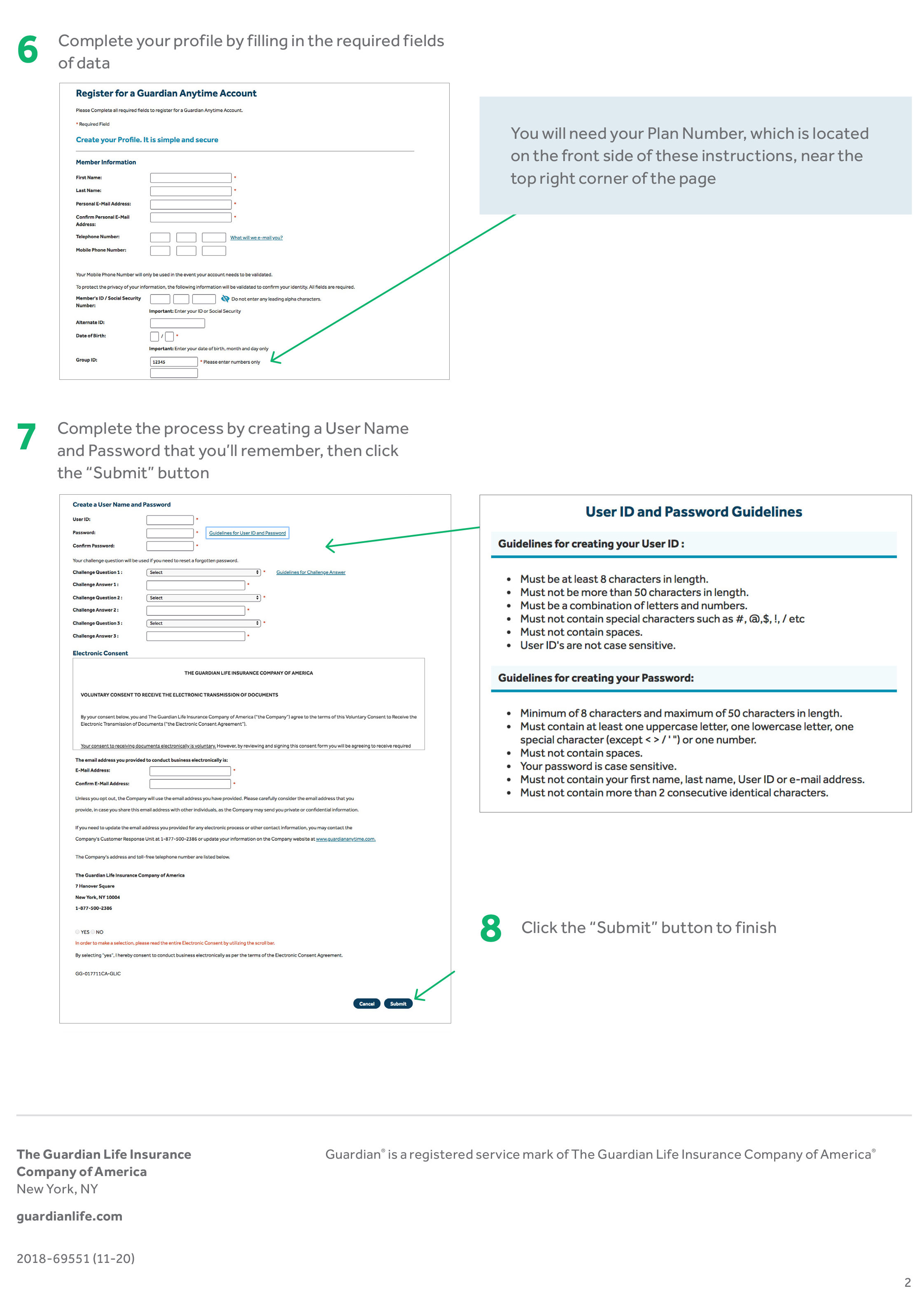
Miami-Dade battles COVID ‘misinformation’ with vaccine push
Transit workers and school employees are being hit hard with virus
Miami-Dade battles COVID ‘misinformation’ with vaccine push
Transit workers and school employees are being hit hard with virus
MIAMI-DADE COUNTY, Fla. – Officials say over 125 Miami-Dade transit employees are not working right now because they’re sick with COVID-19.
Superintendent Alberto Carvalho says they are also seeing people who work for the Miami-Dade County Public Schools system lose their lives because of the aggressive delta variant.
In light of that, a pop-up vaccination event was held Tuesday at Lillie C. Evans K-8 in Northwest Miami-Dade.
Local leaders say a big challenge is vaccine hesitancy among frontline workers.
“It’s a misinformation issue,” Carvalho said. “Particularly in specific communities who have historically been hesitant, reasonably so. ... Right now we need to put our differences aside and prioritize our workforce and students and move forward.”
Transit employee Michael Williams died over the weekend, and more than a dozen Miami-Dade school employees and bus workers died in the past few weeks.
The union believes none were vaccinated.
“Across all of our labor unions, we are seeing a high number of African Americans who are unvaccinated and are passing away,” said Sonia Diaz, a spokeswoman for the transportation workers’ labor union. “Just in the transportation workers’ labor union, we’ve seen six.”
The head of the nurses’ union at Jackson Memorial Hospital says vaccines are still highly effective and the spike in hospital stays is finally easing
But there are still cases rattling families.
Carvalho said that on Wednesday the school board will vote on possibly giving a $275 stipend to any employee who elects to get vaccinated or can prove they already have. A similar incentive is already in place in Broward County.
The pop-up vaccination site is open until 5 p.m. Tuesday but there are many other places to get COVID-19 vaccines in South Florida. Click here for more information.
Copyright 2021 by WPLG Local10.com - All rights reserved.
TWU Executive Committee
TWU Executive Committee

Monique Robinson
Secretary Treasurer

Latonya Redmond
Recording Secretary





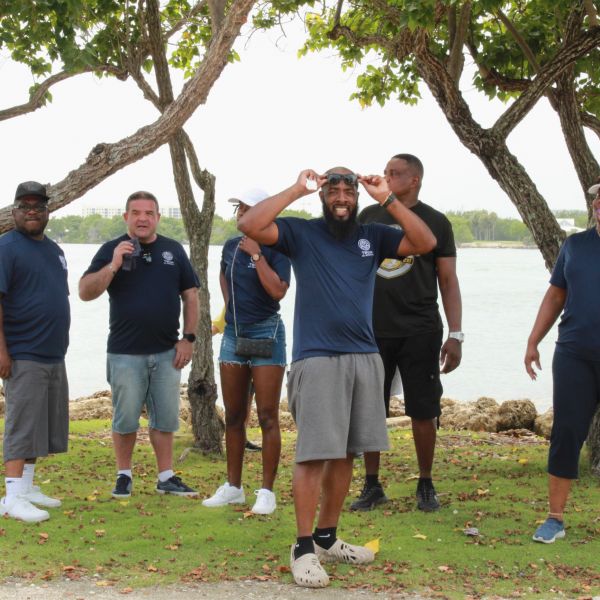
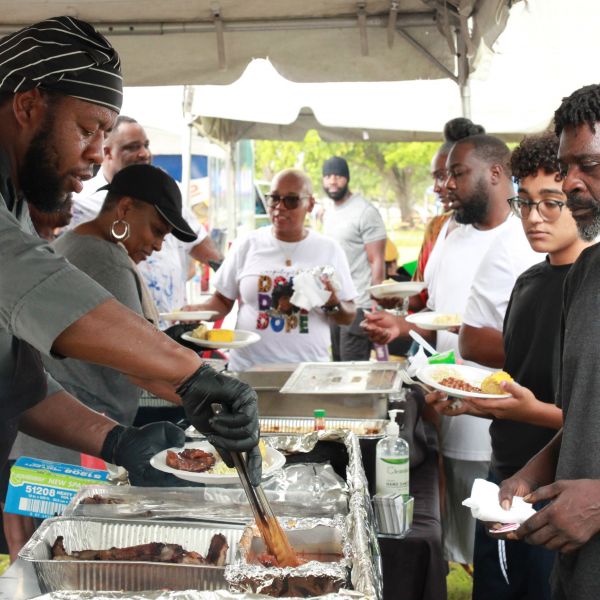
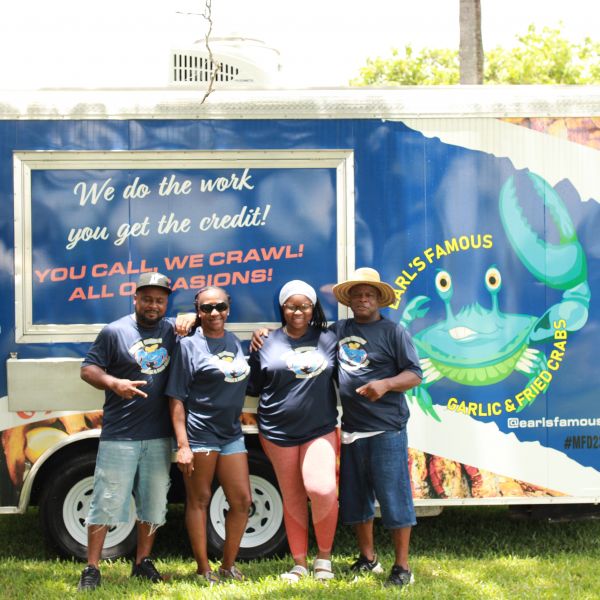


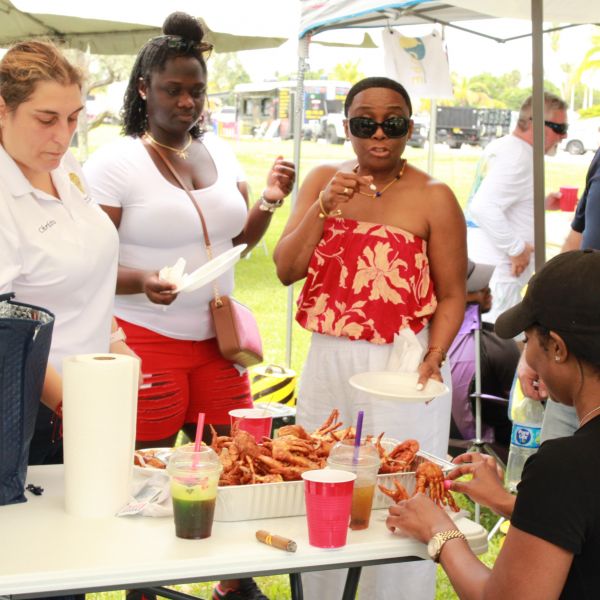
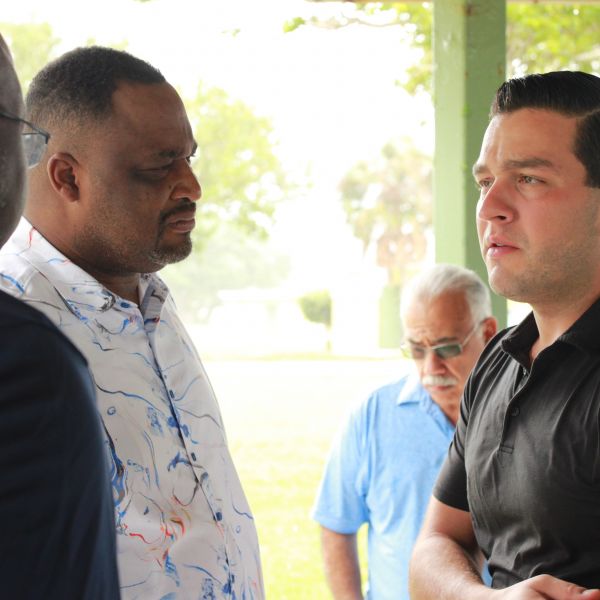



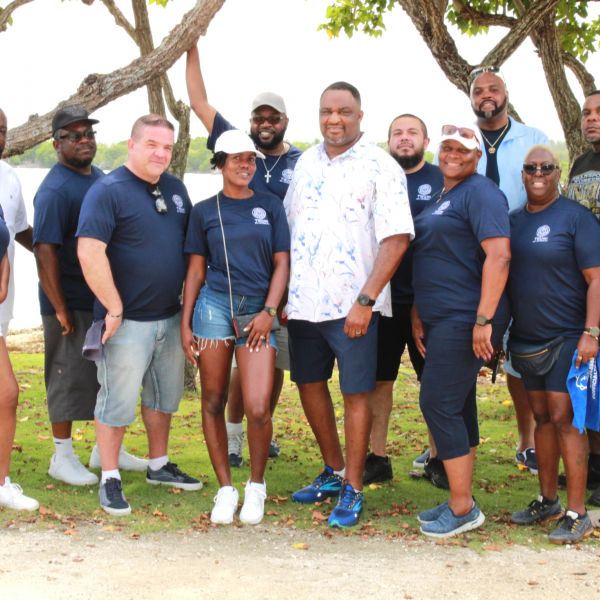
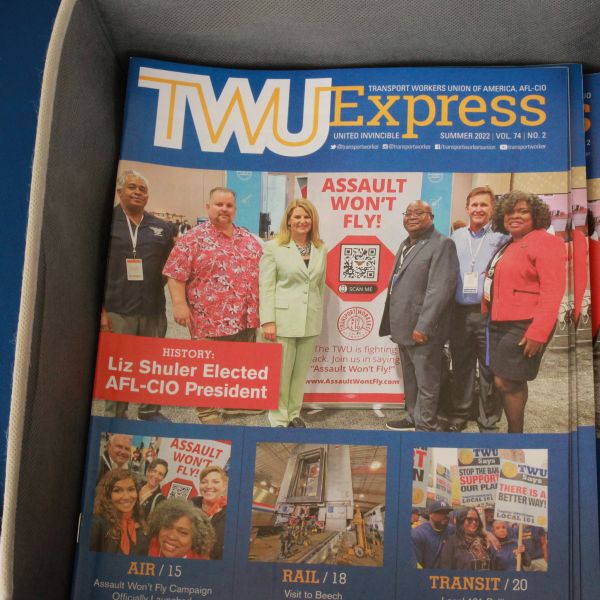
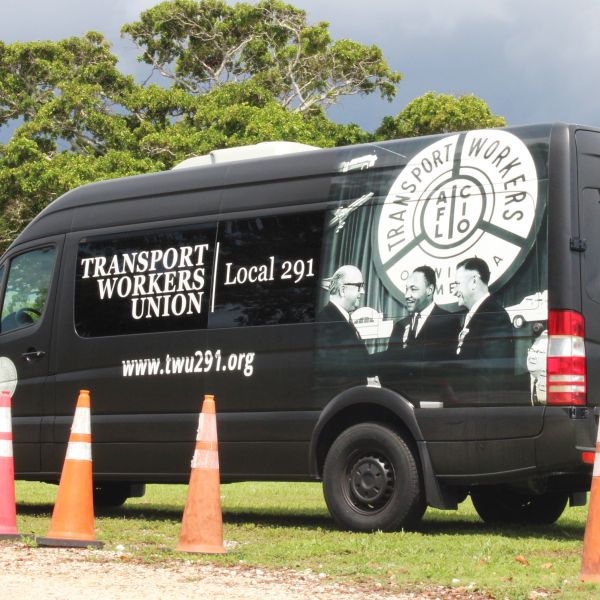







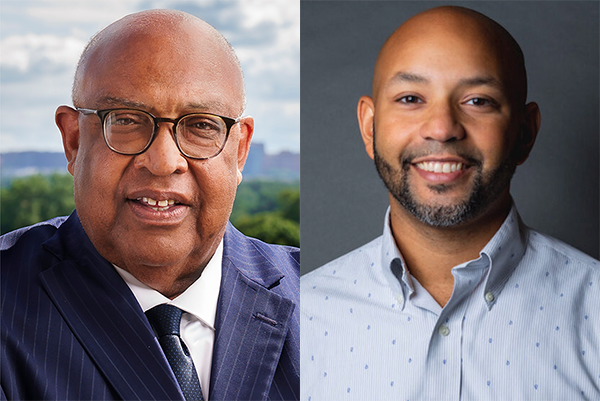

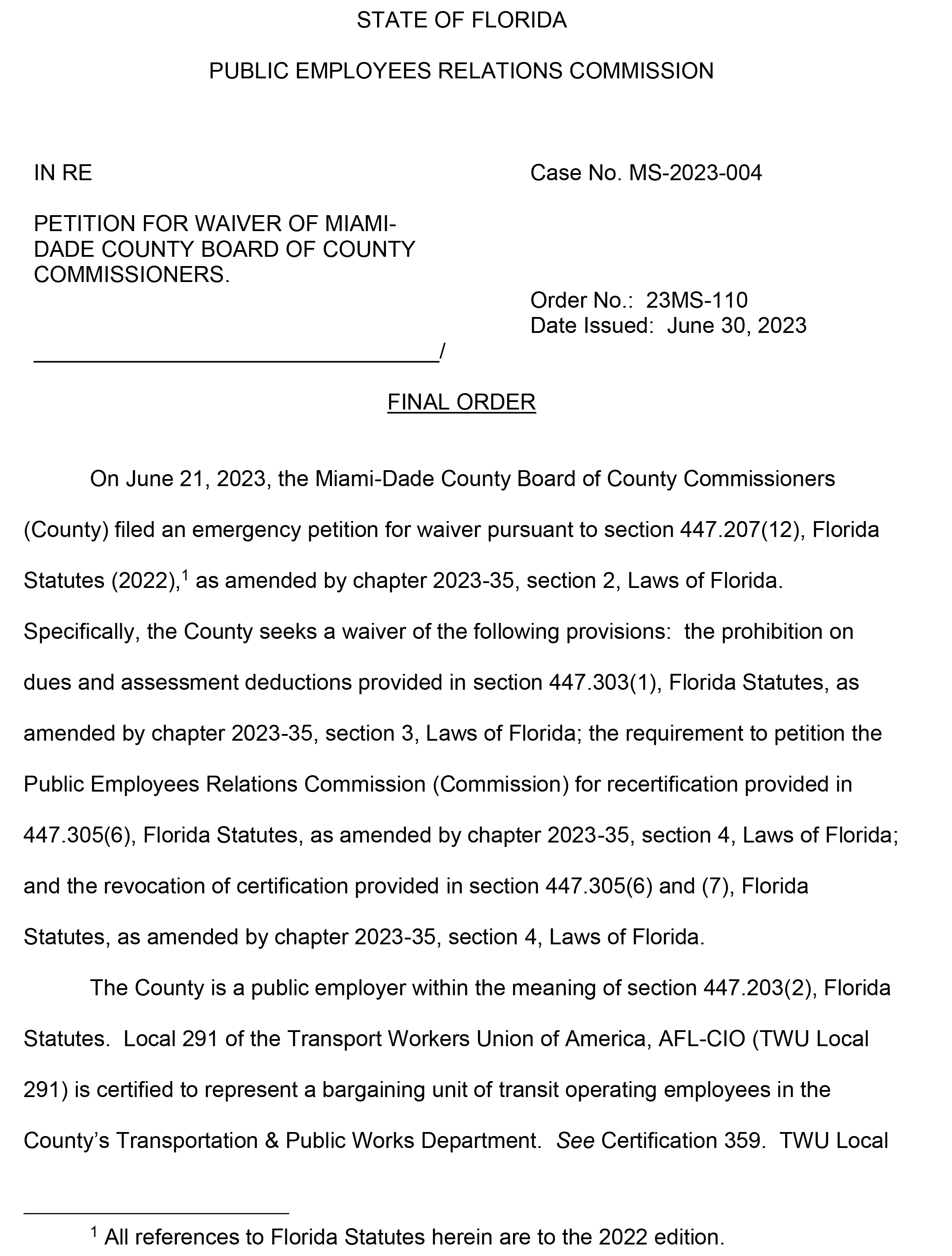
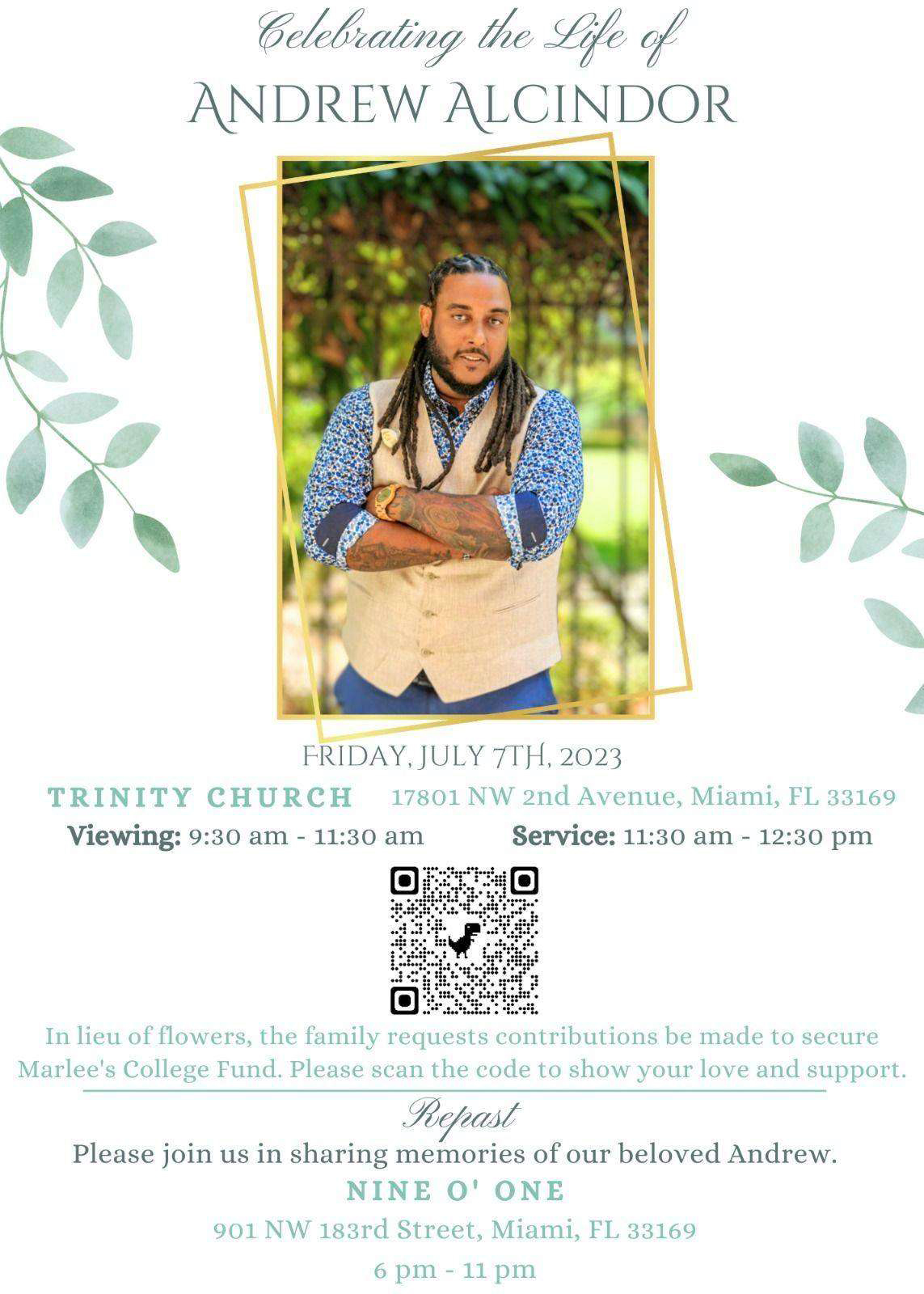






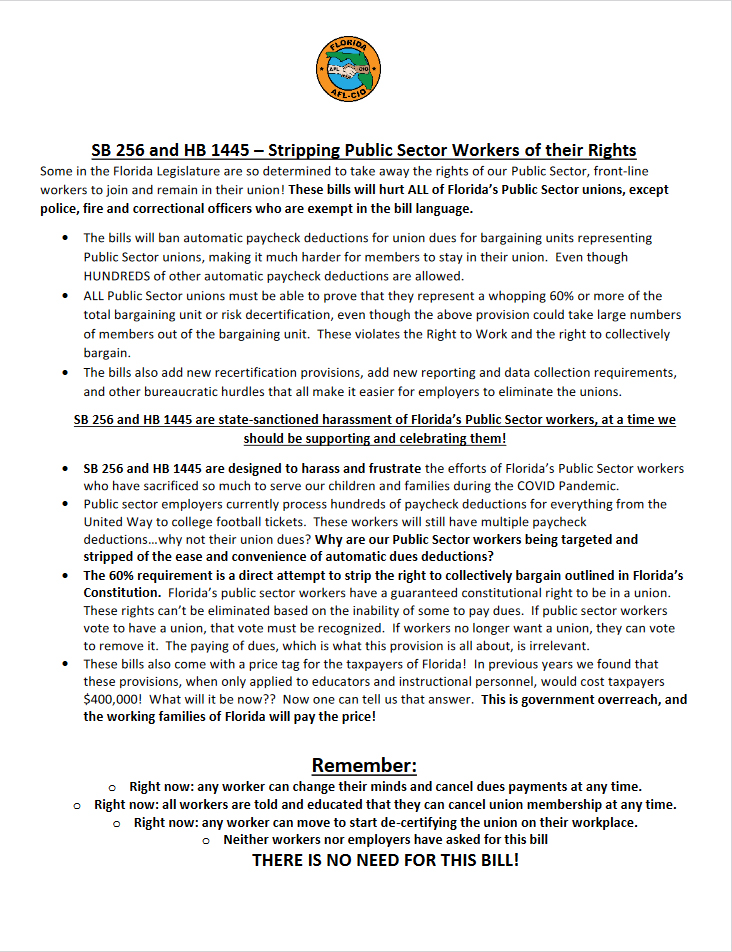
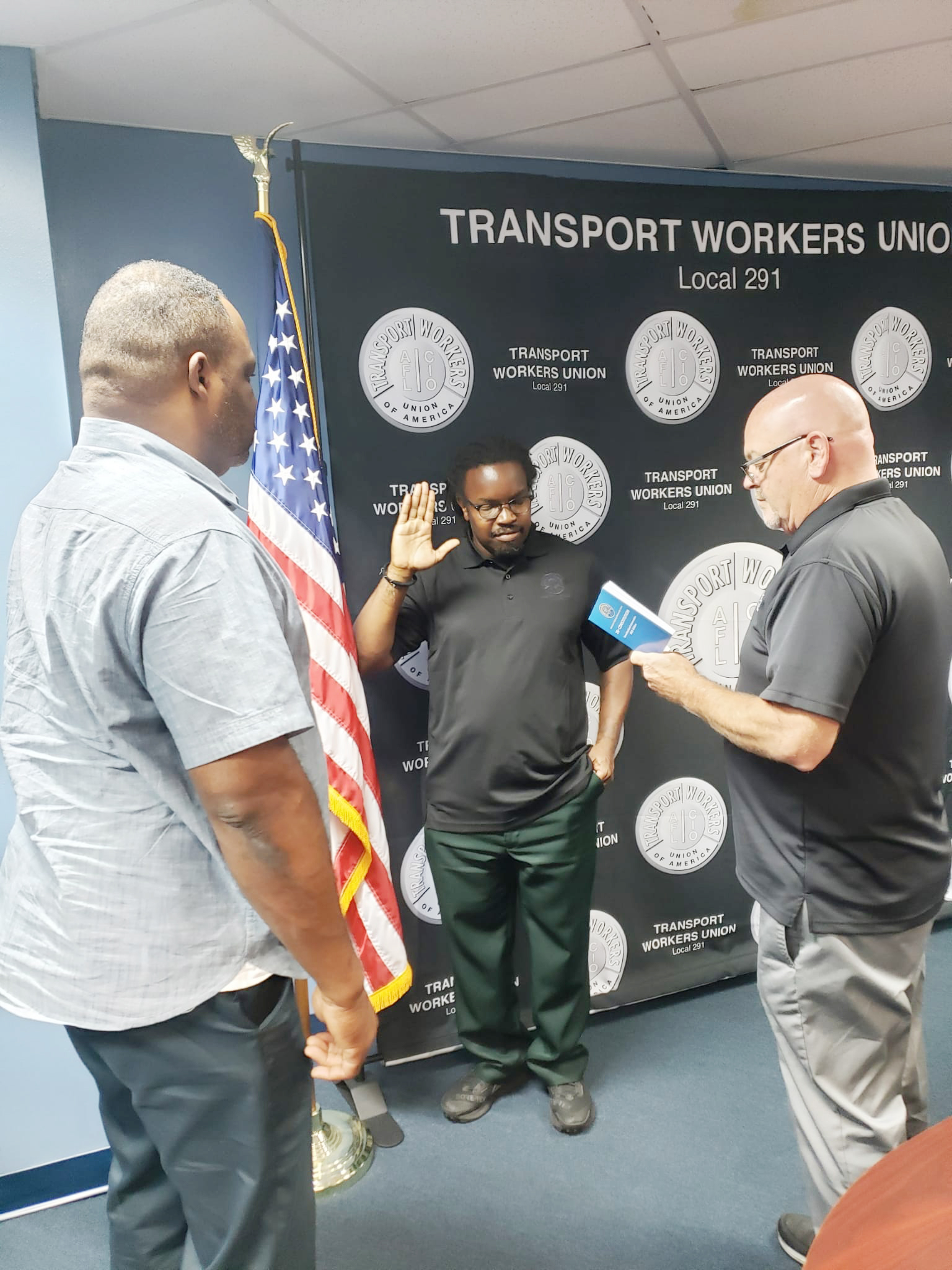





.png)
.png)




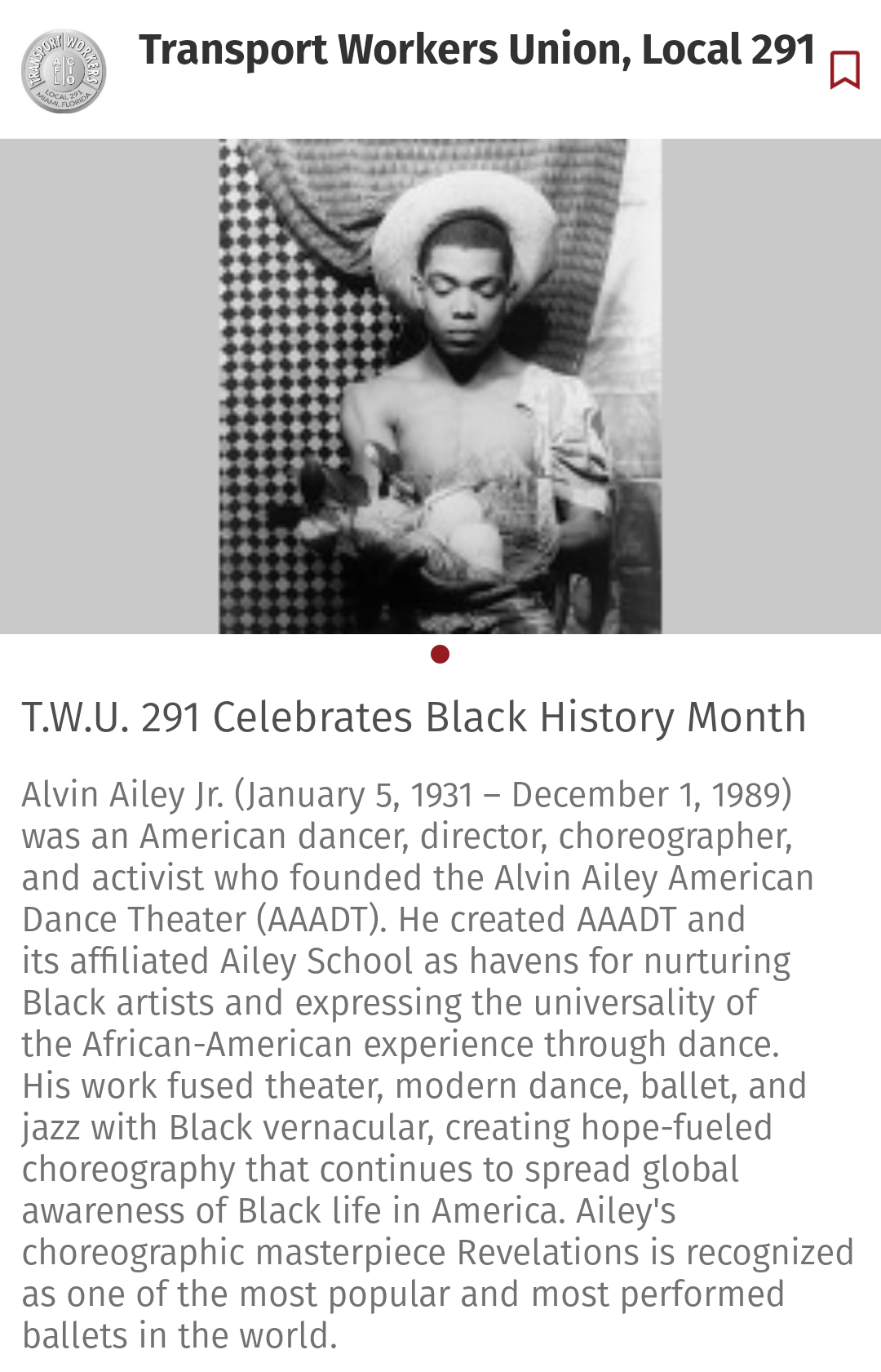
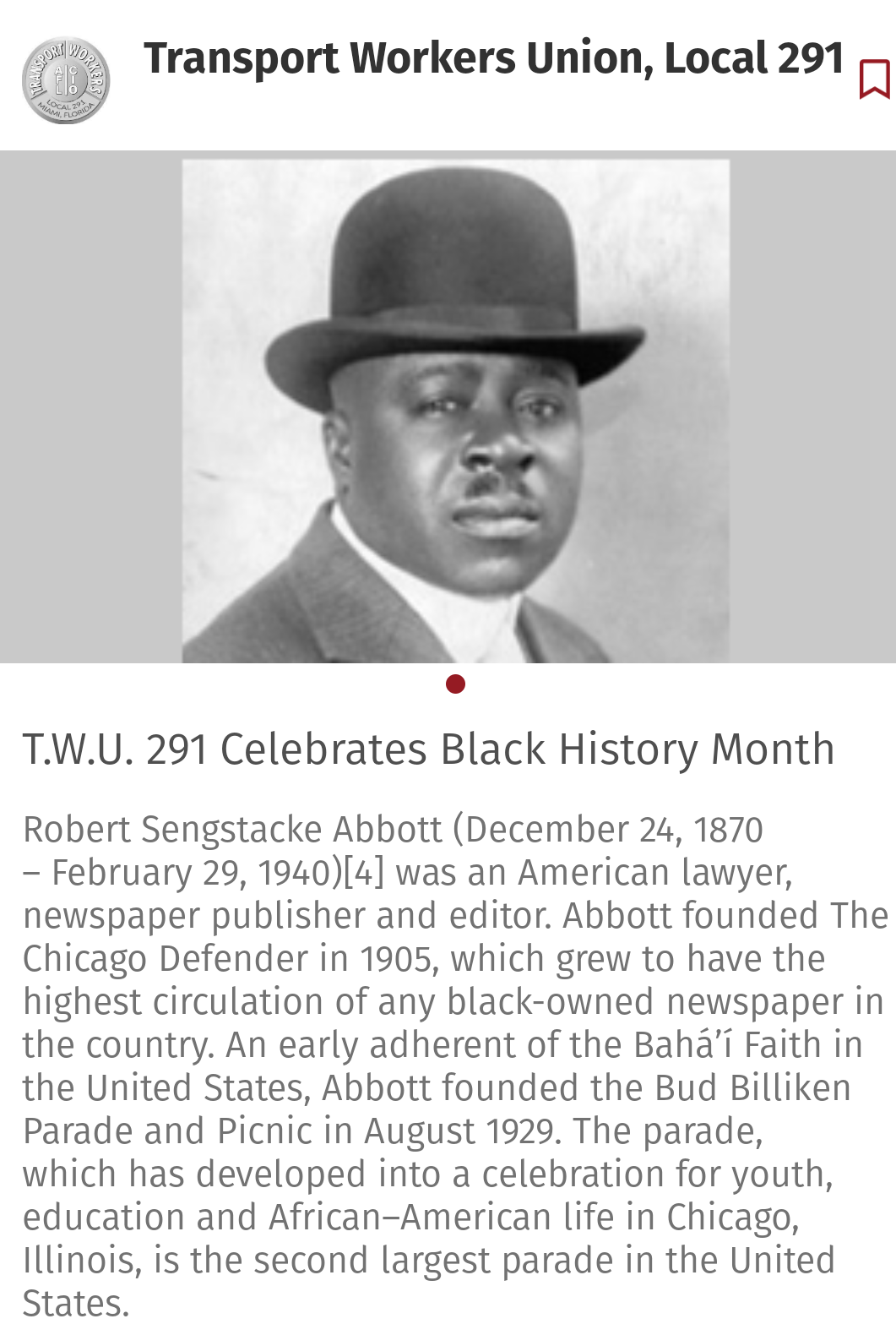


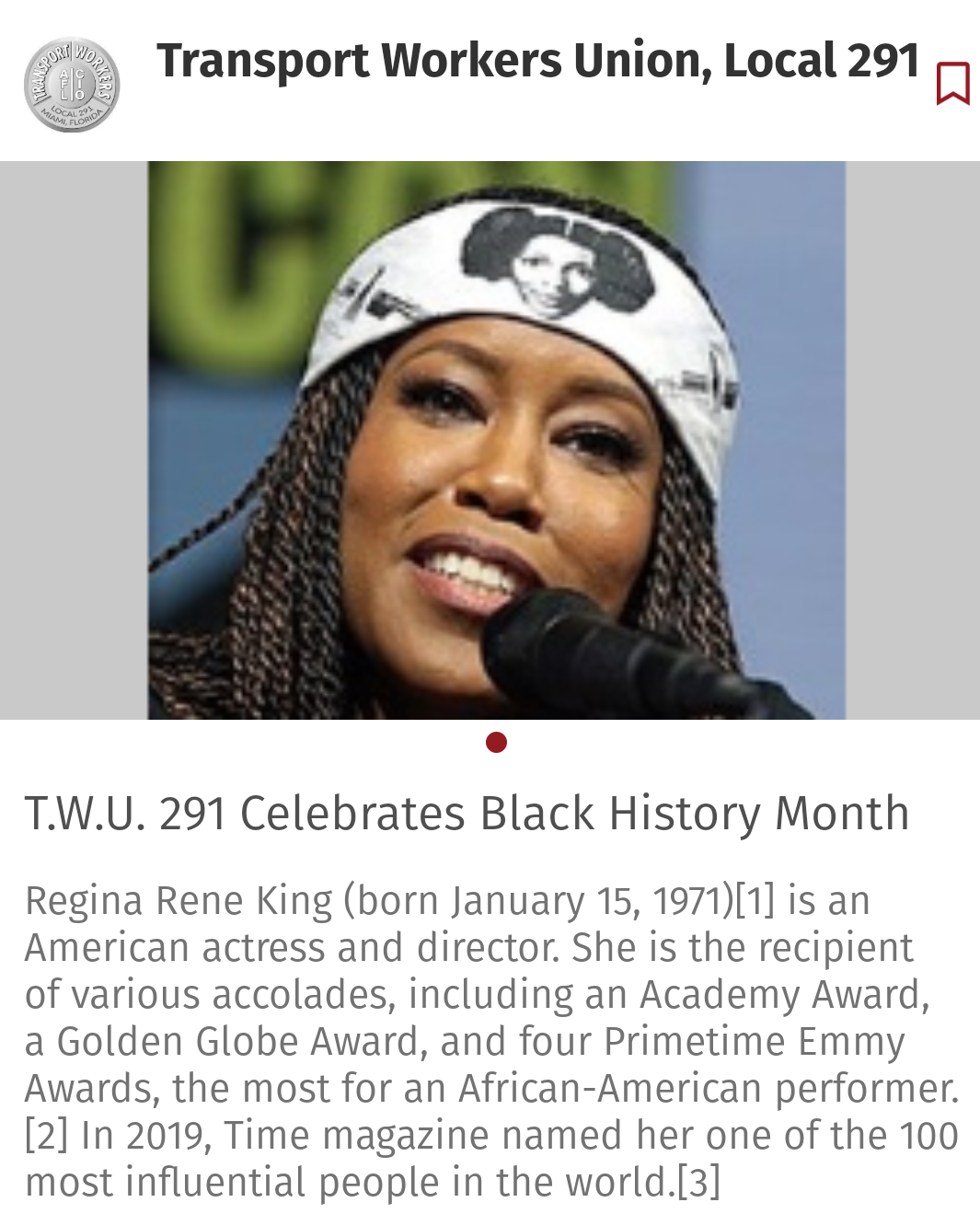
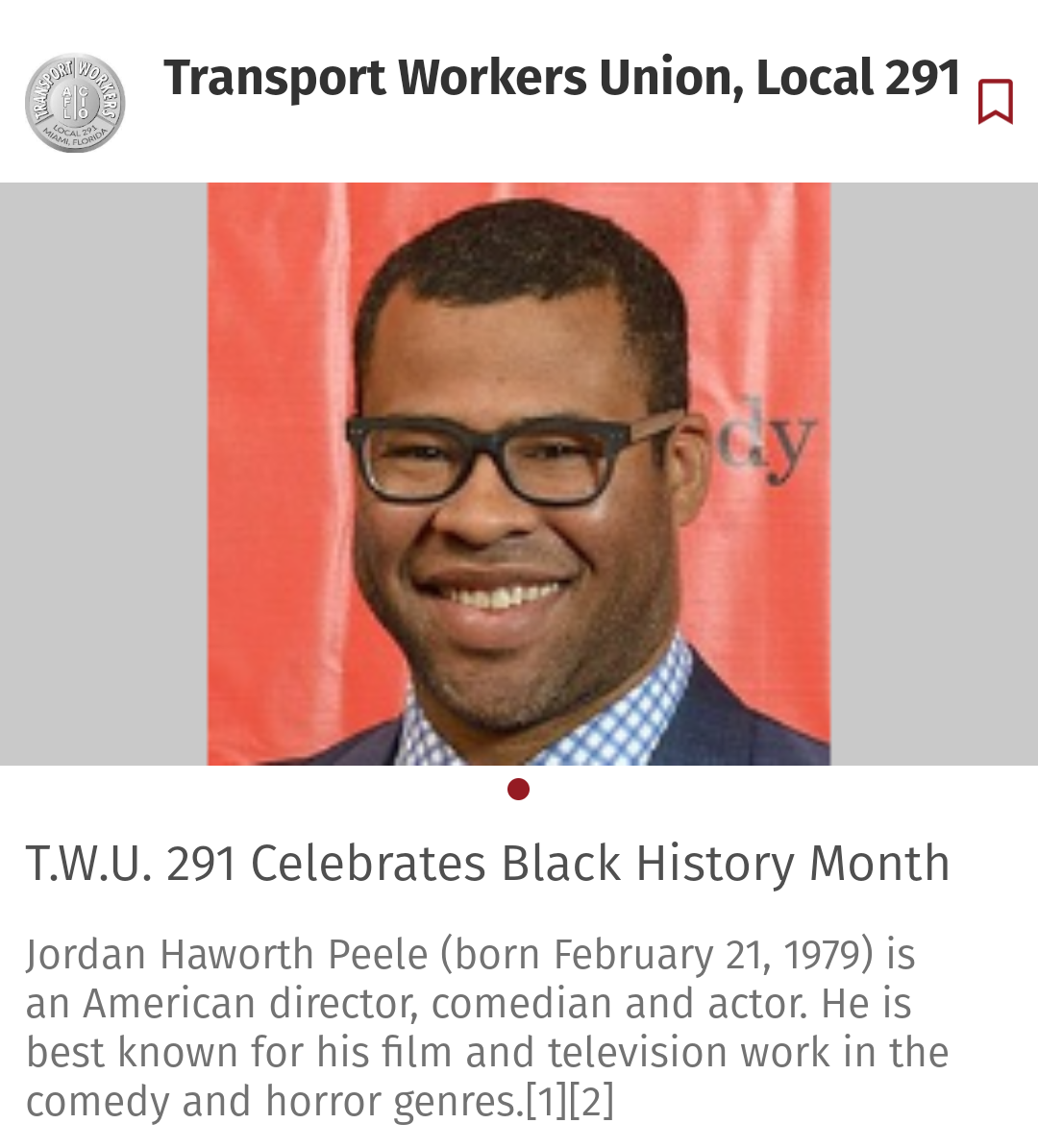


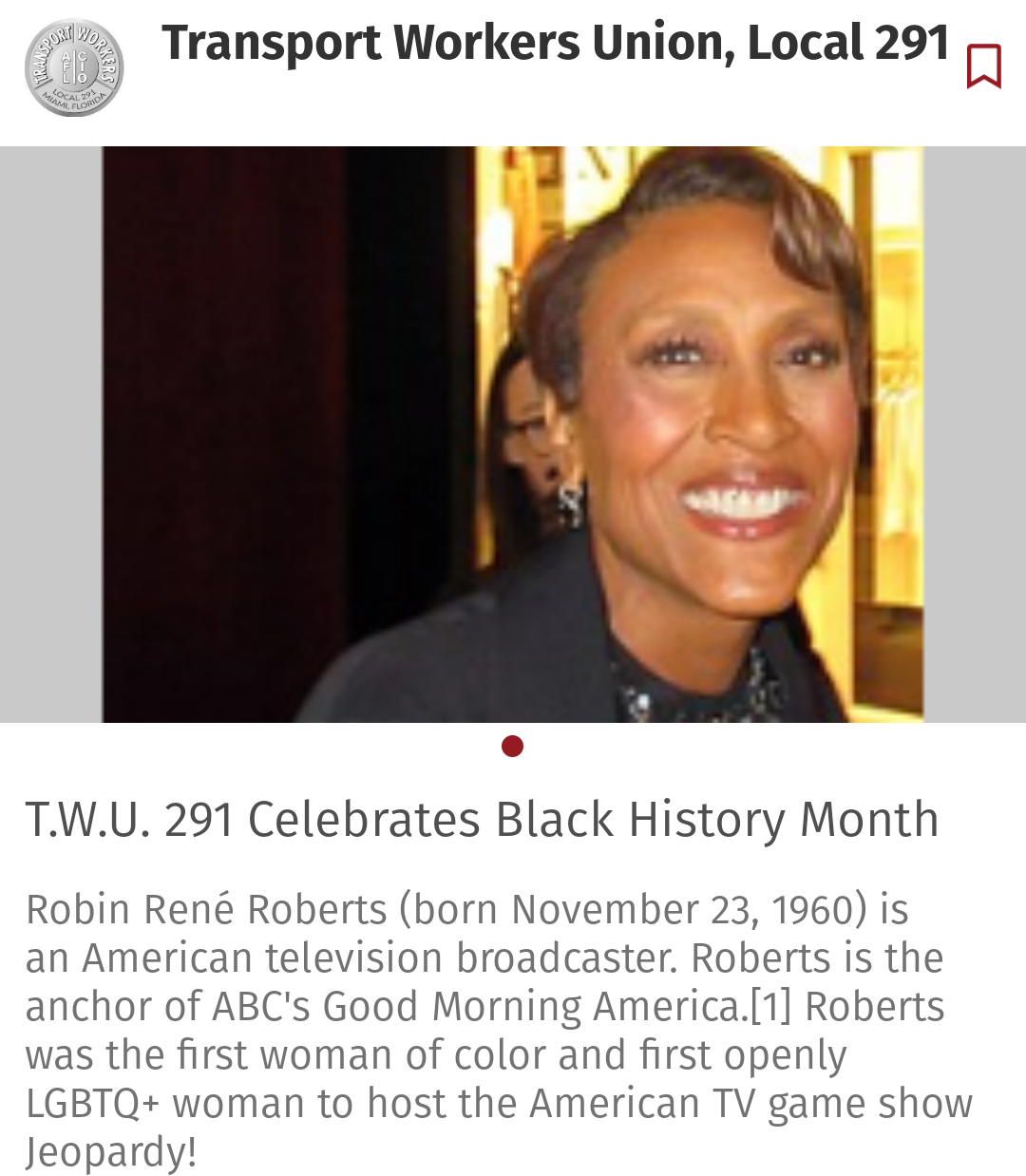
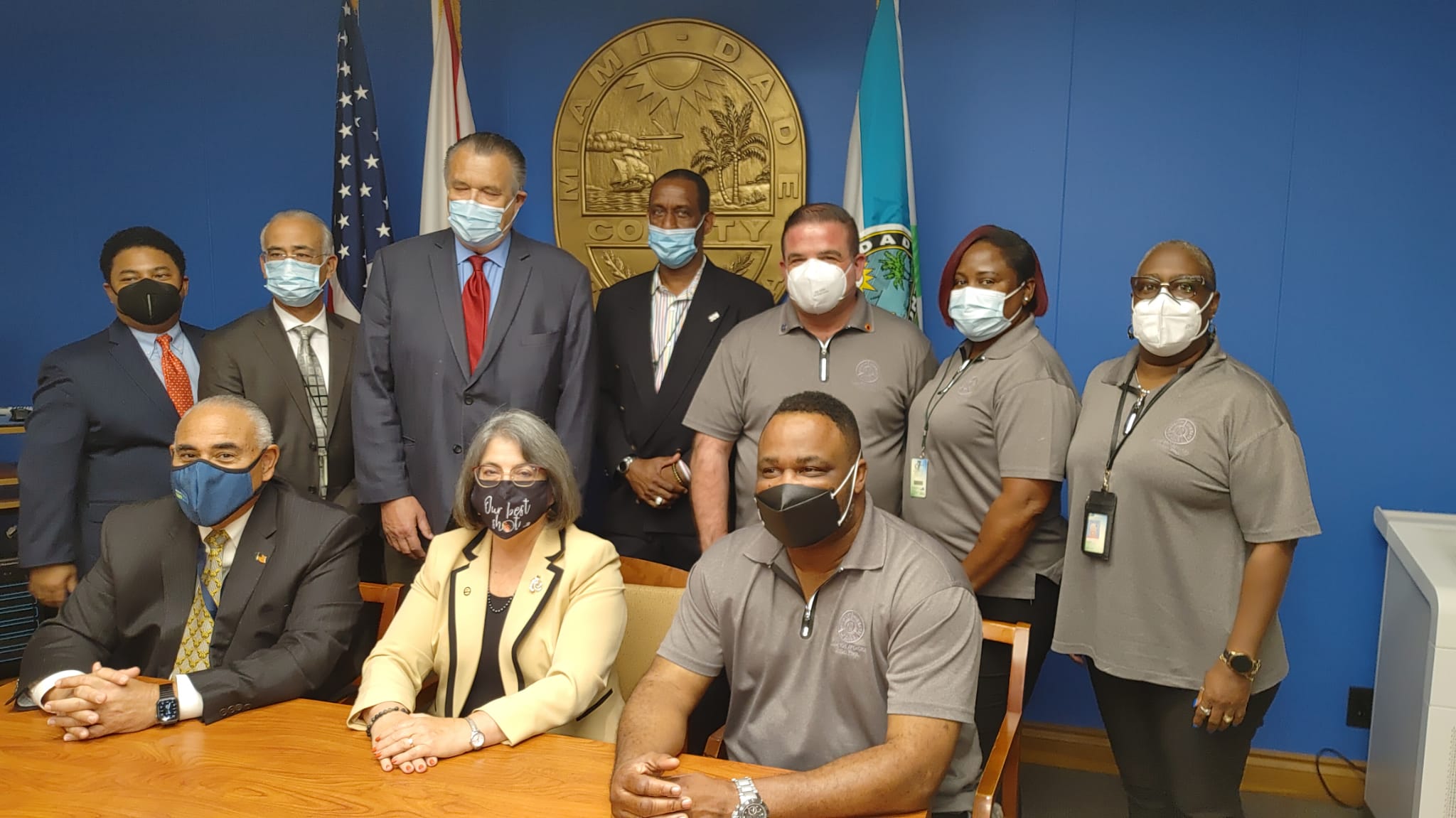
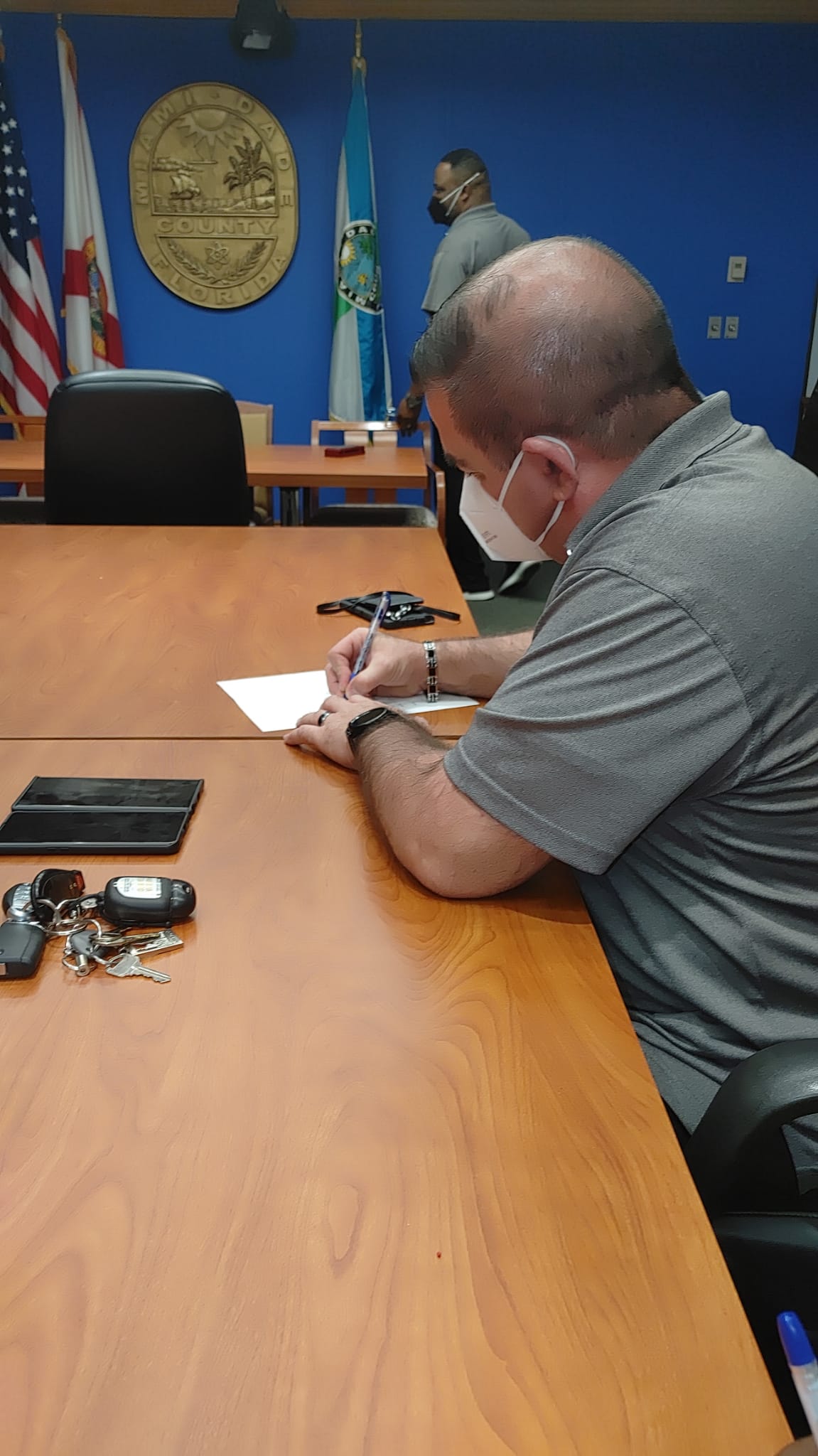
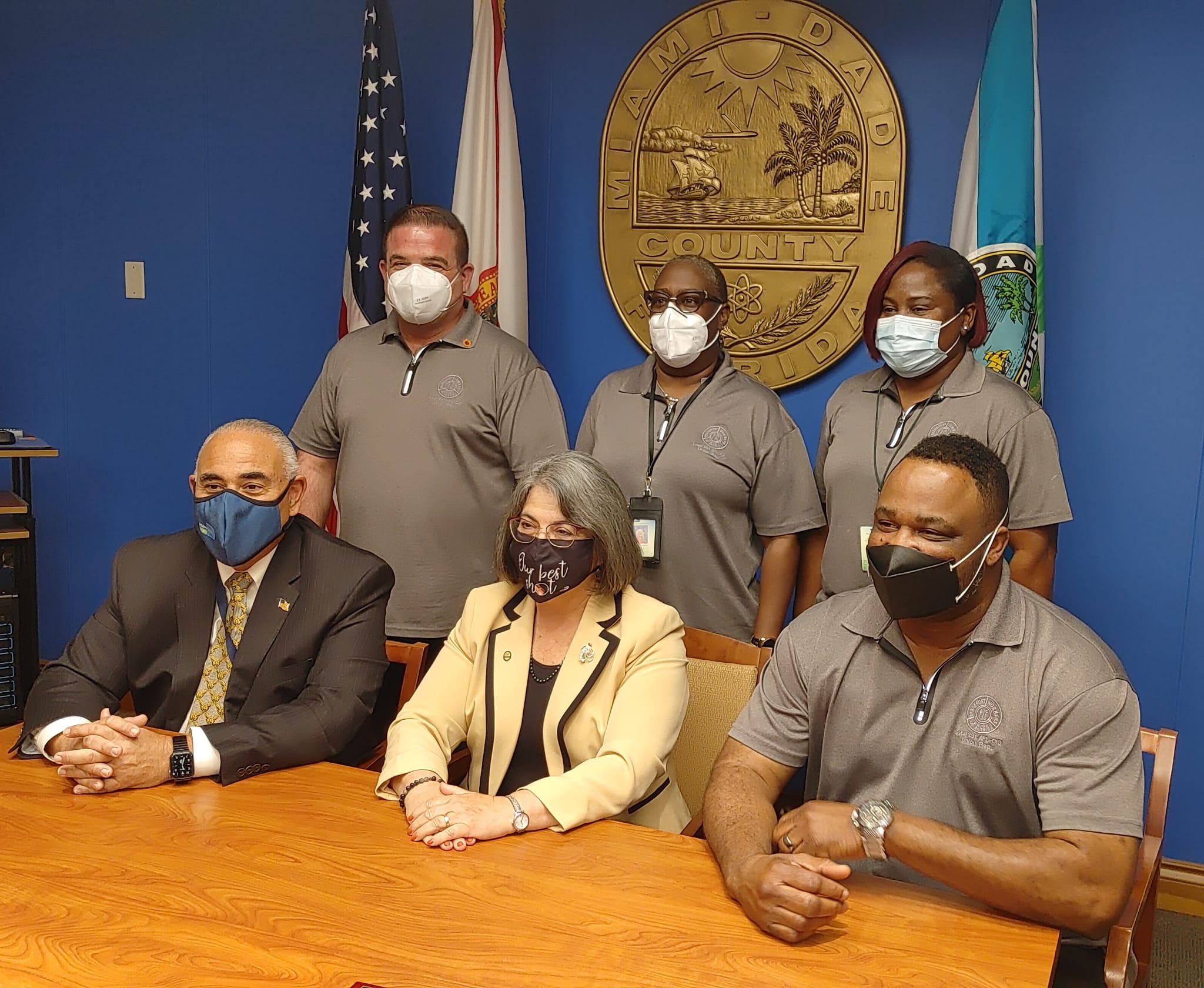

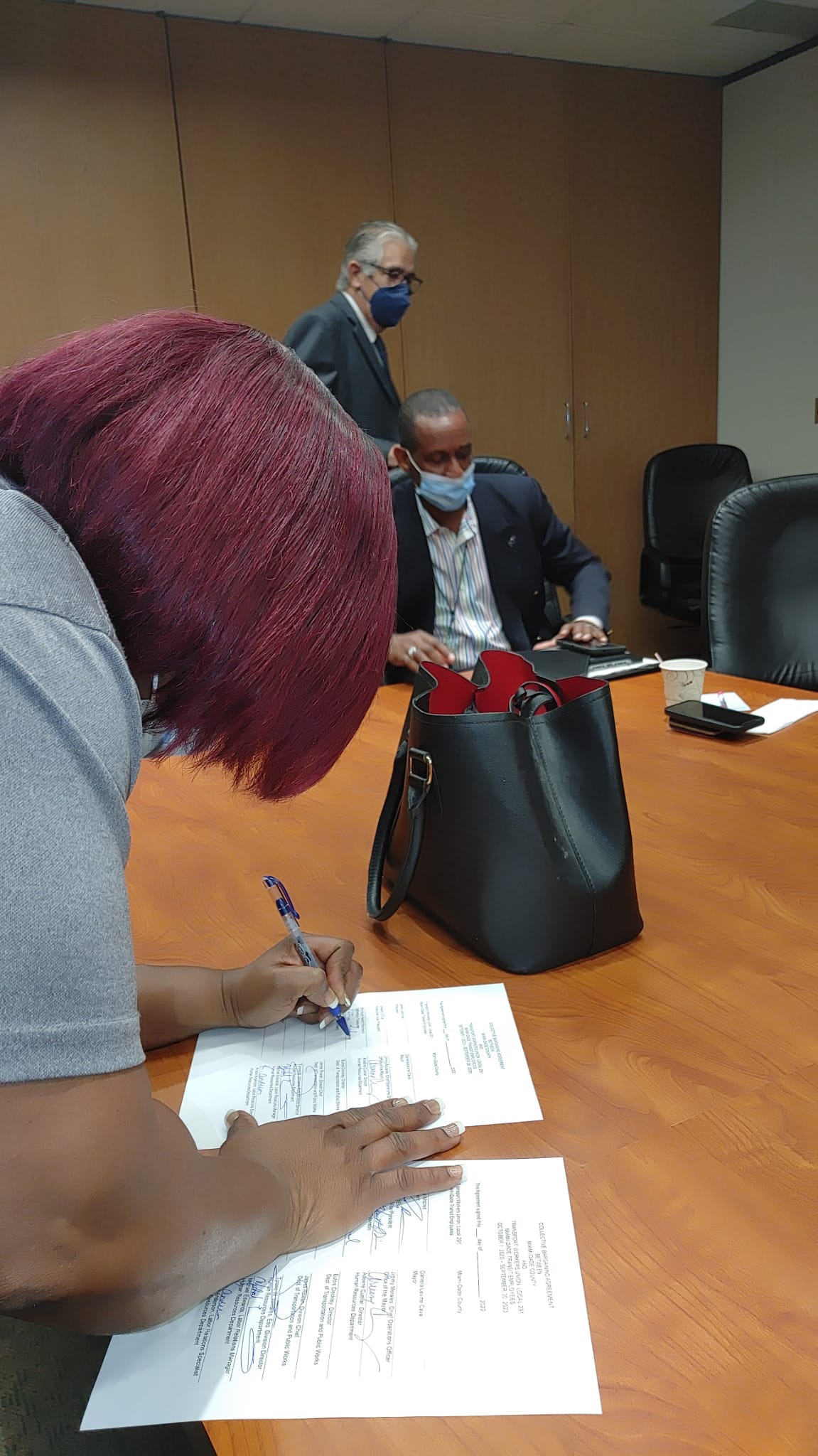

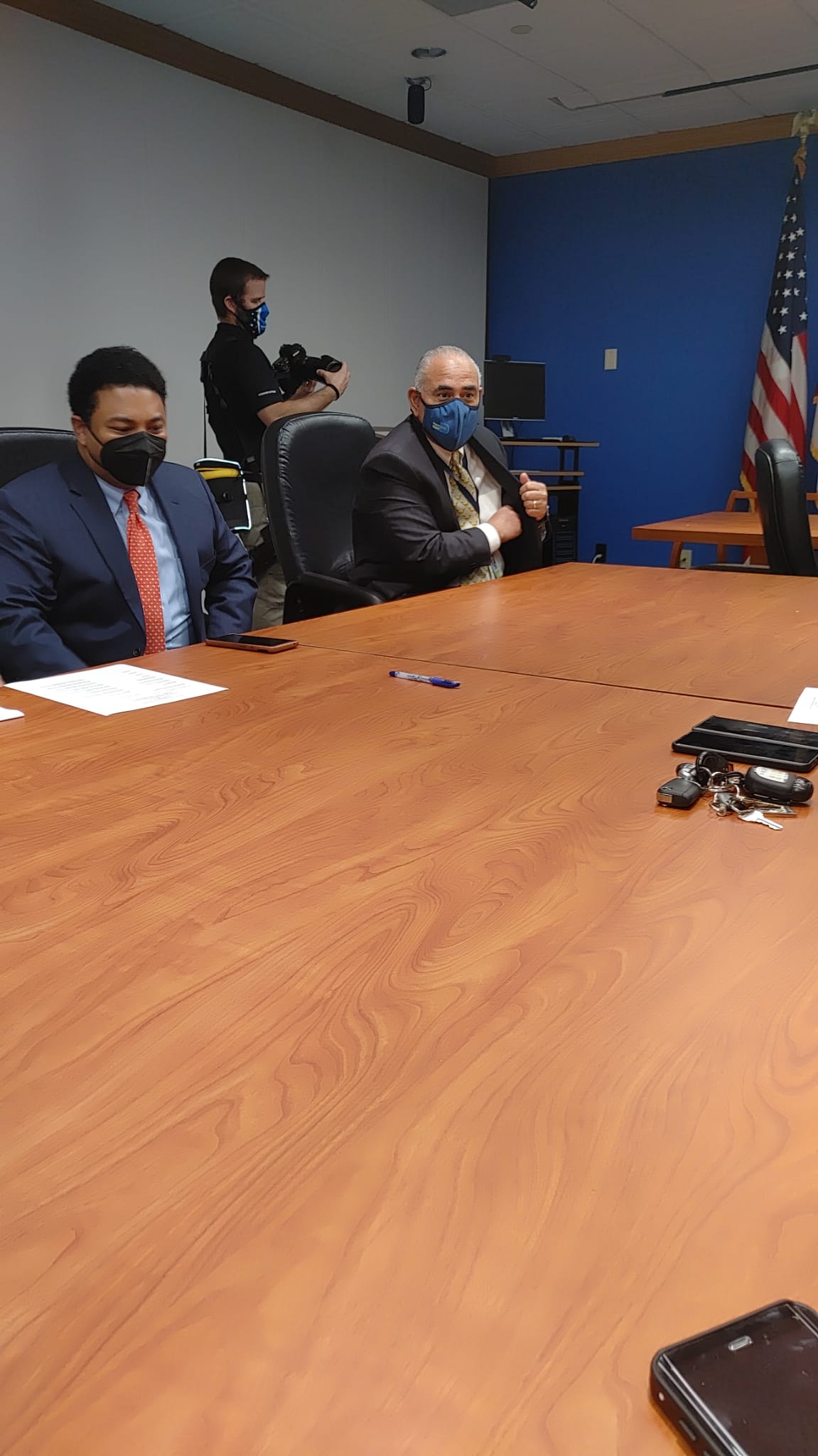




.png)









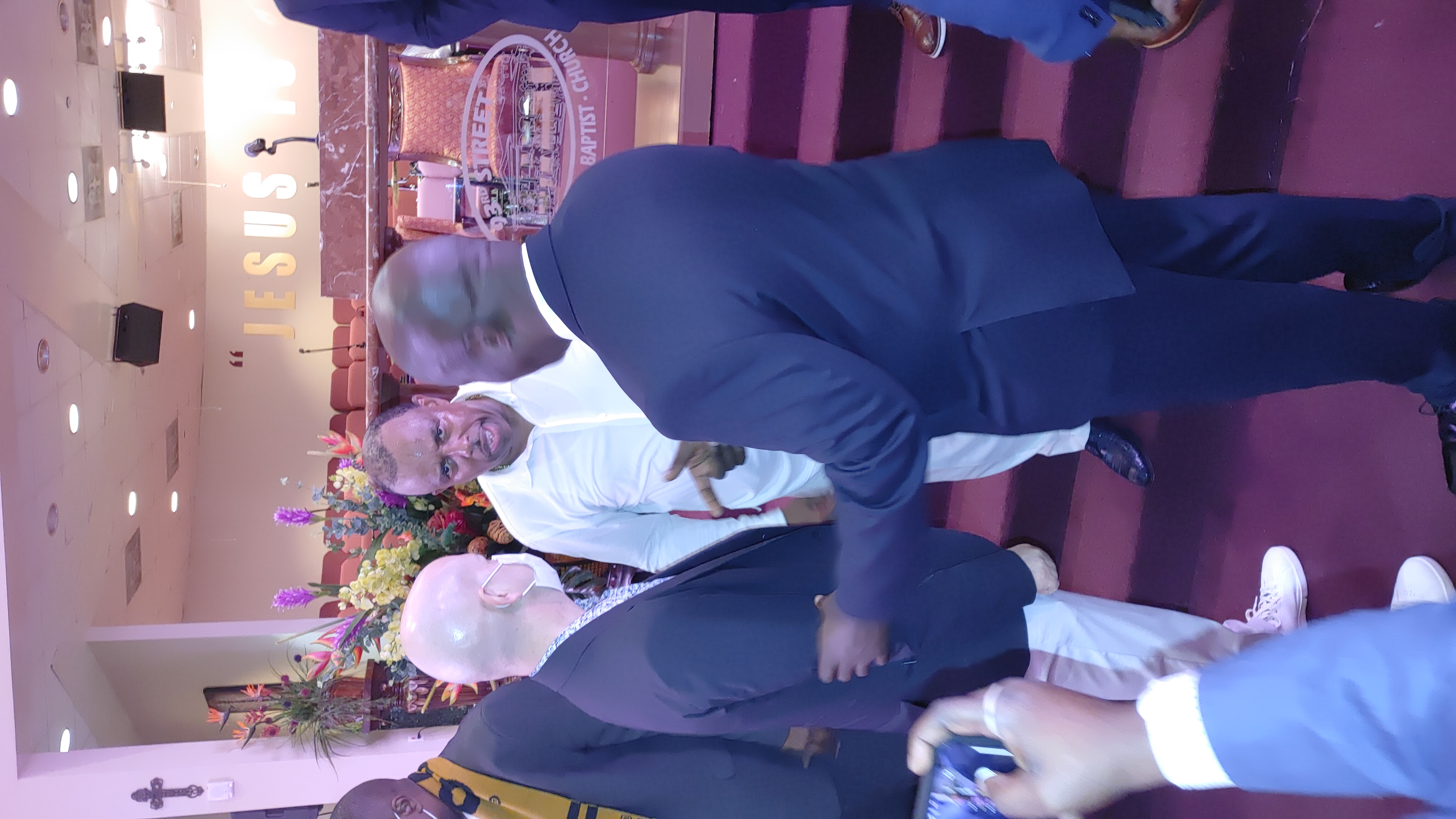

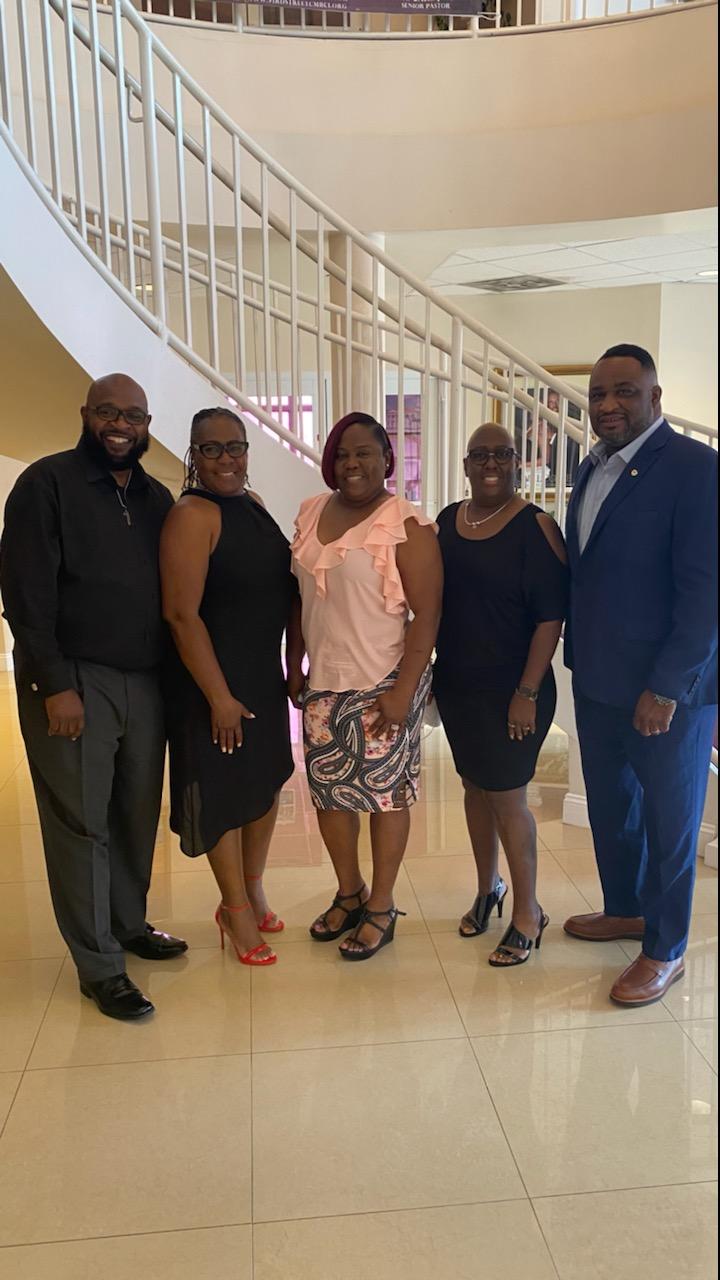
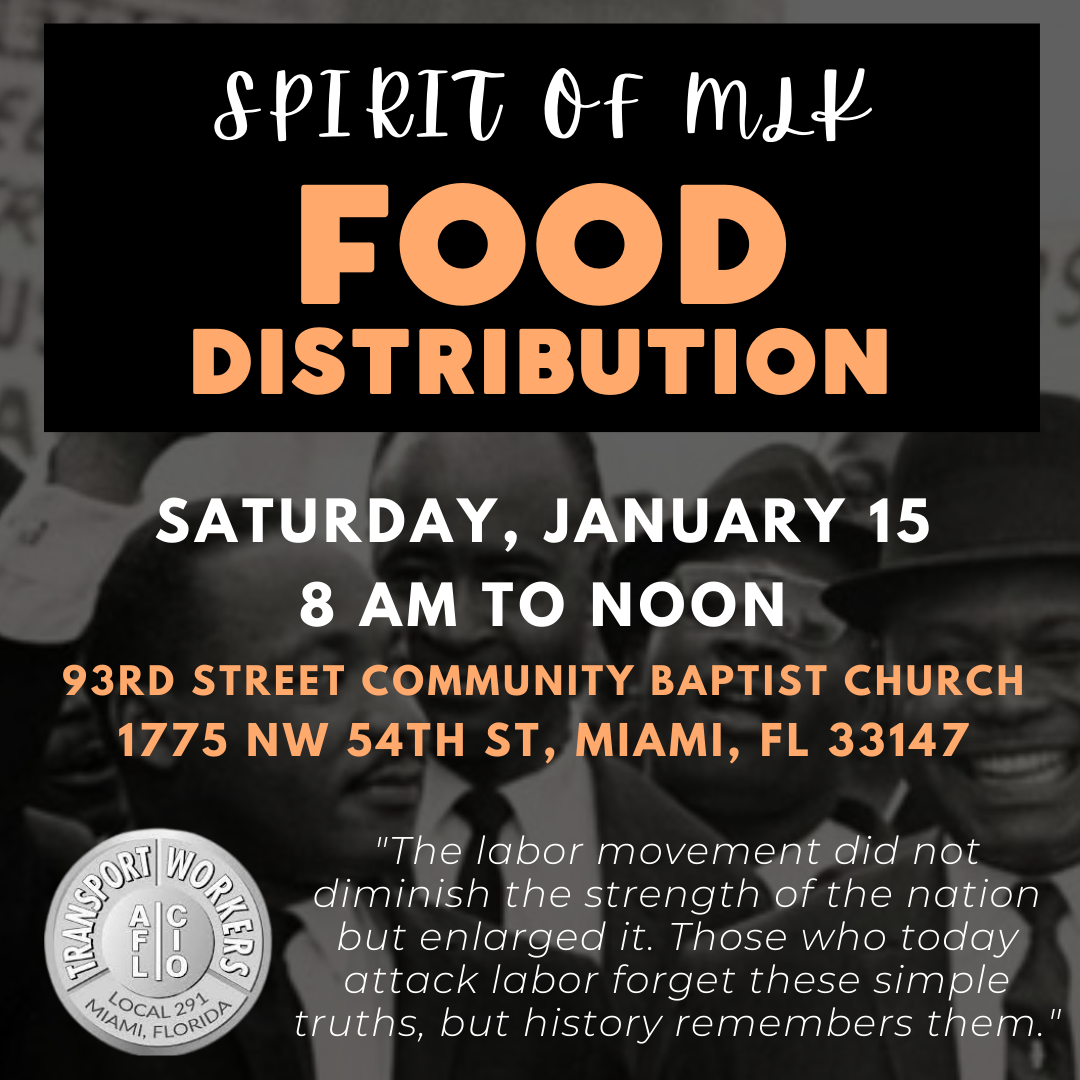
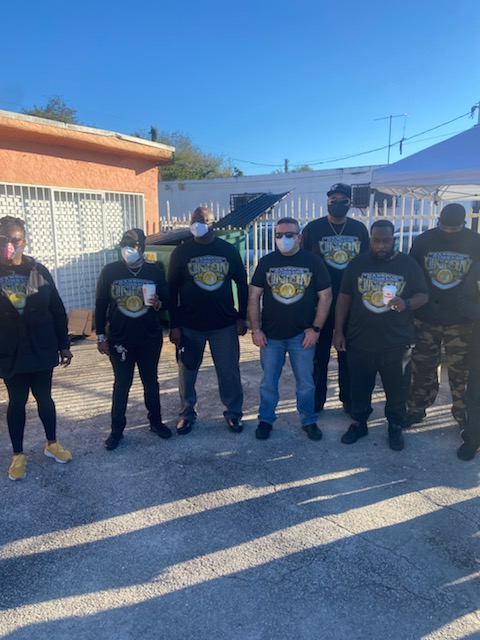
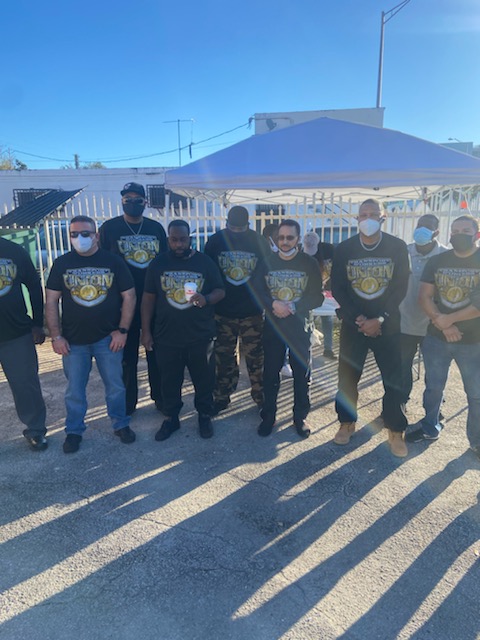
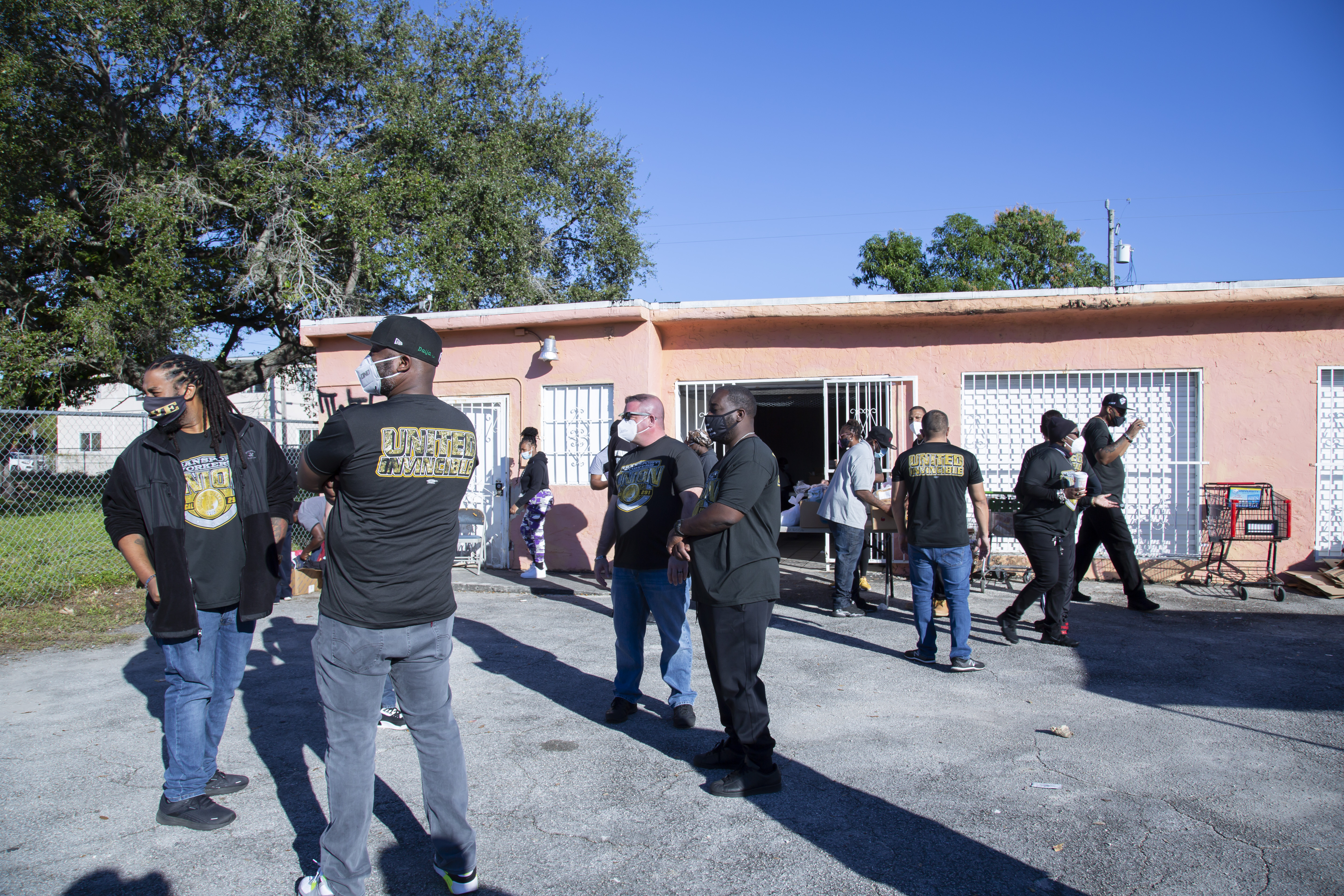
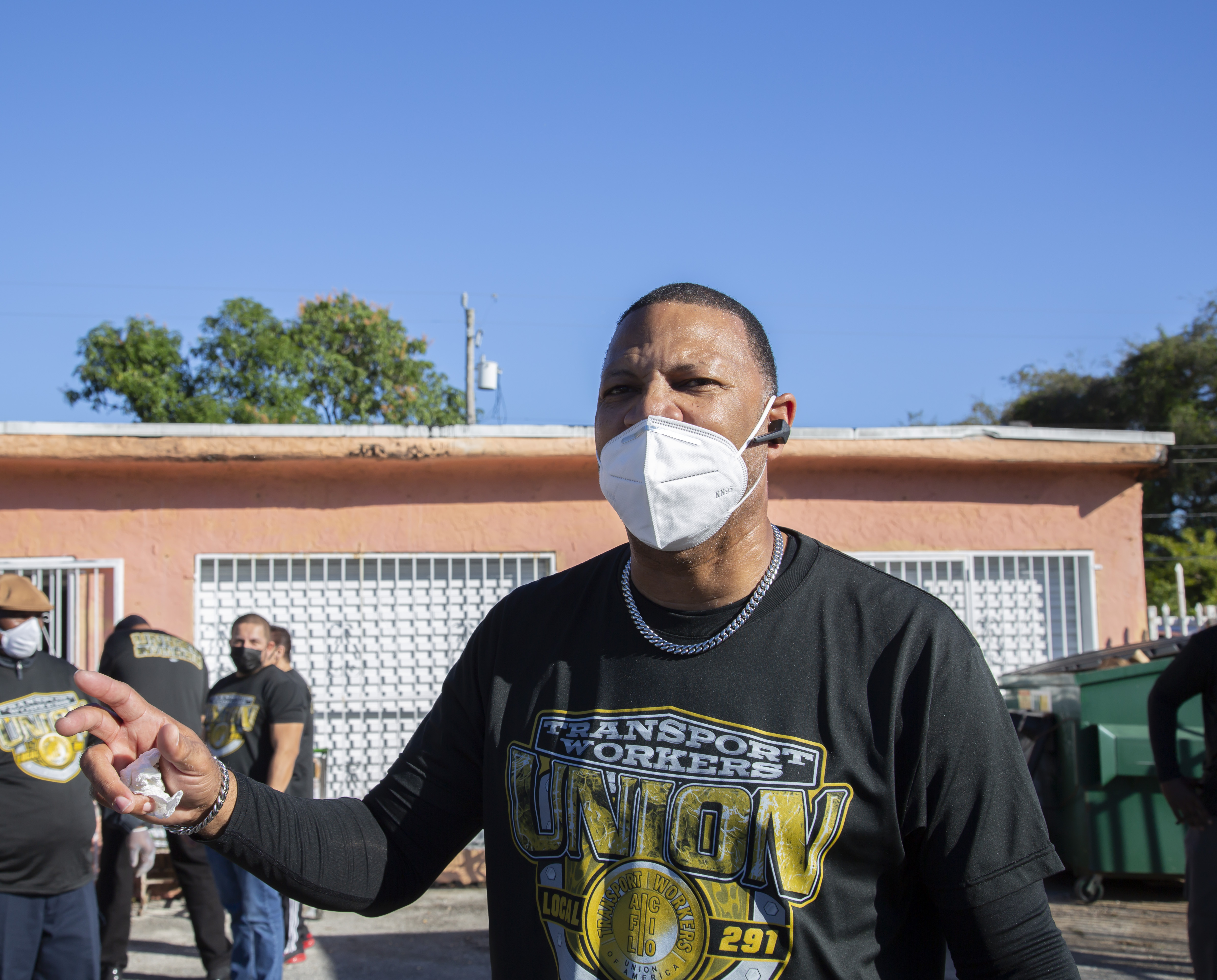
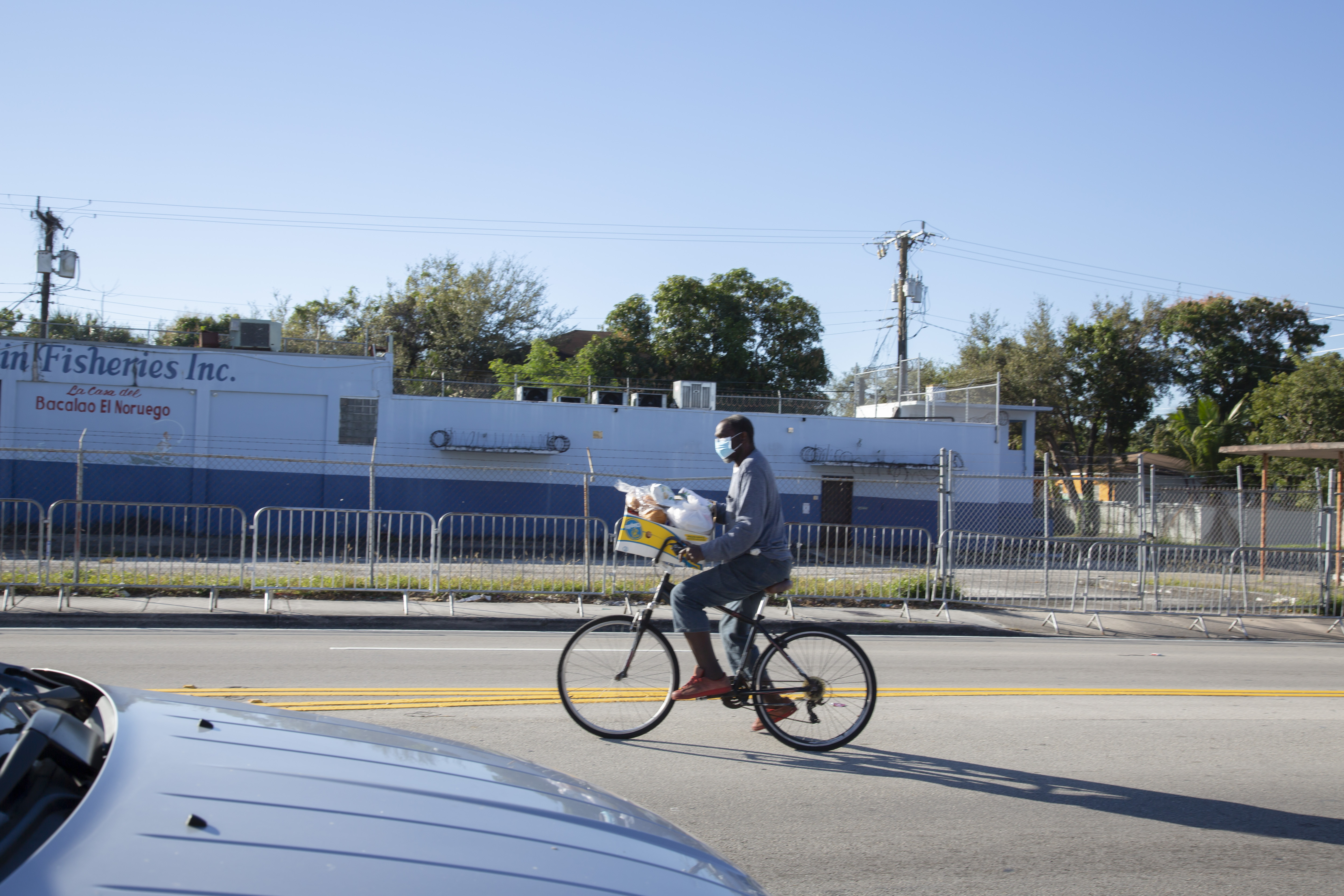
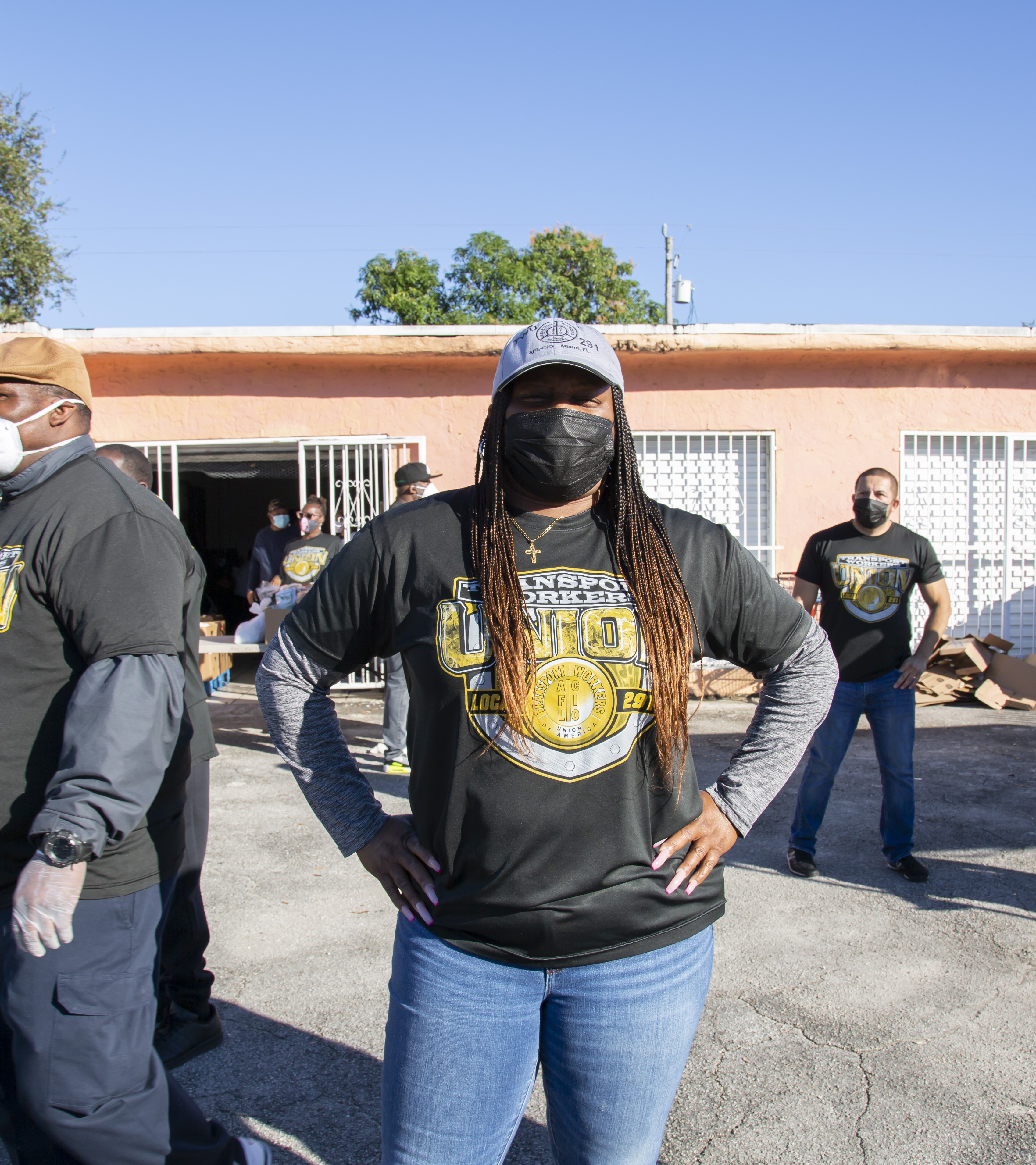
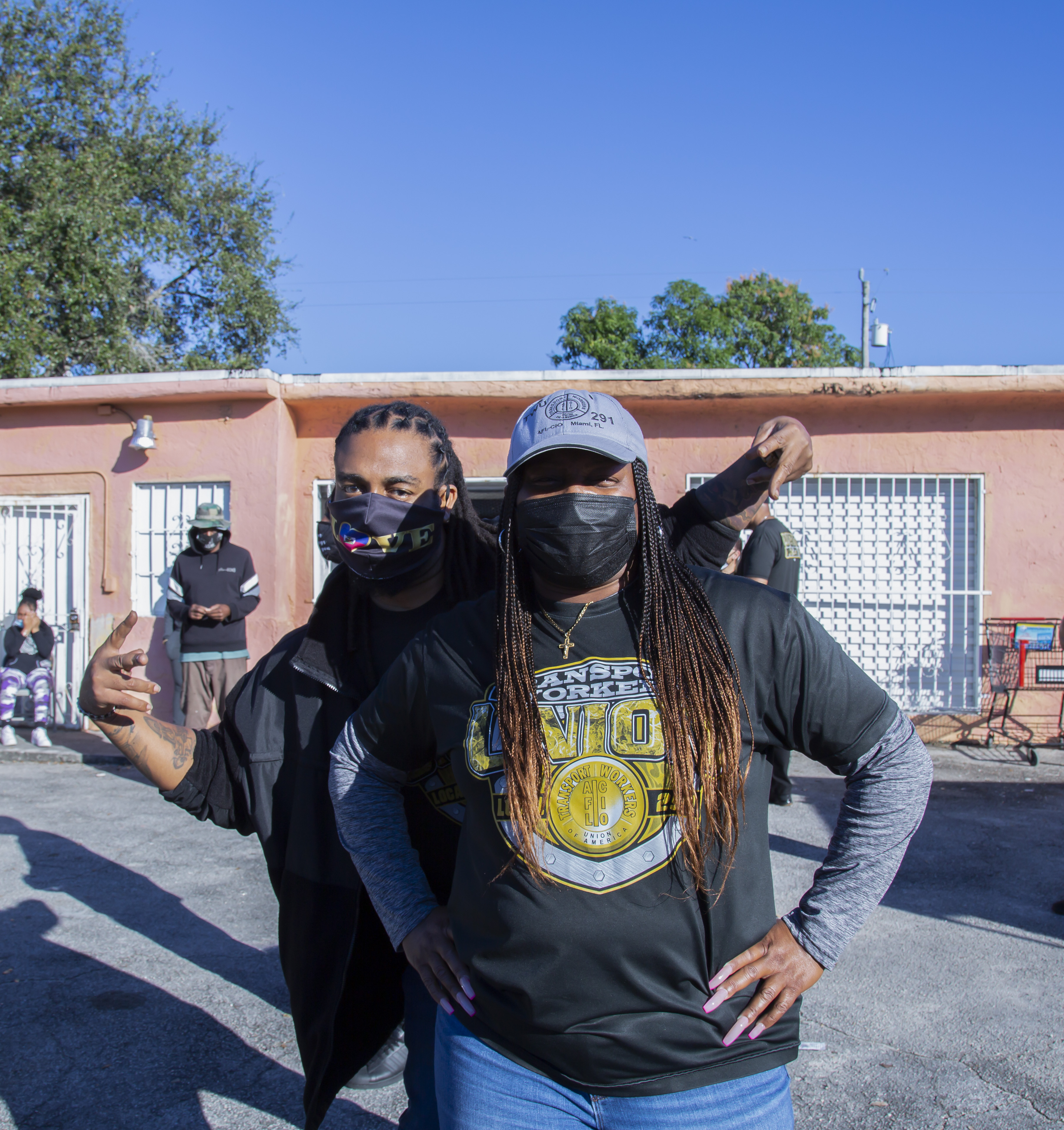
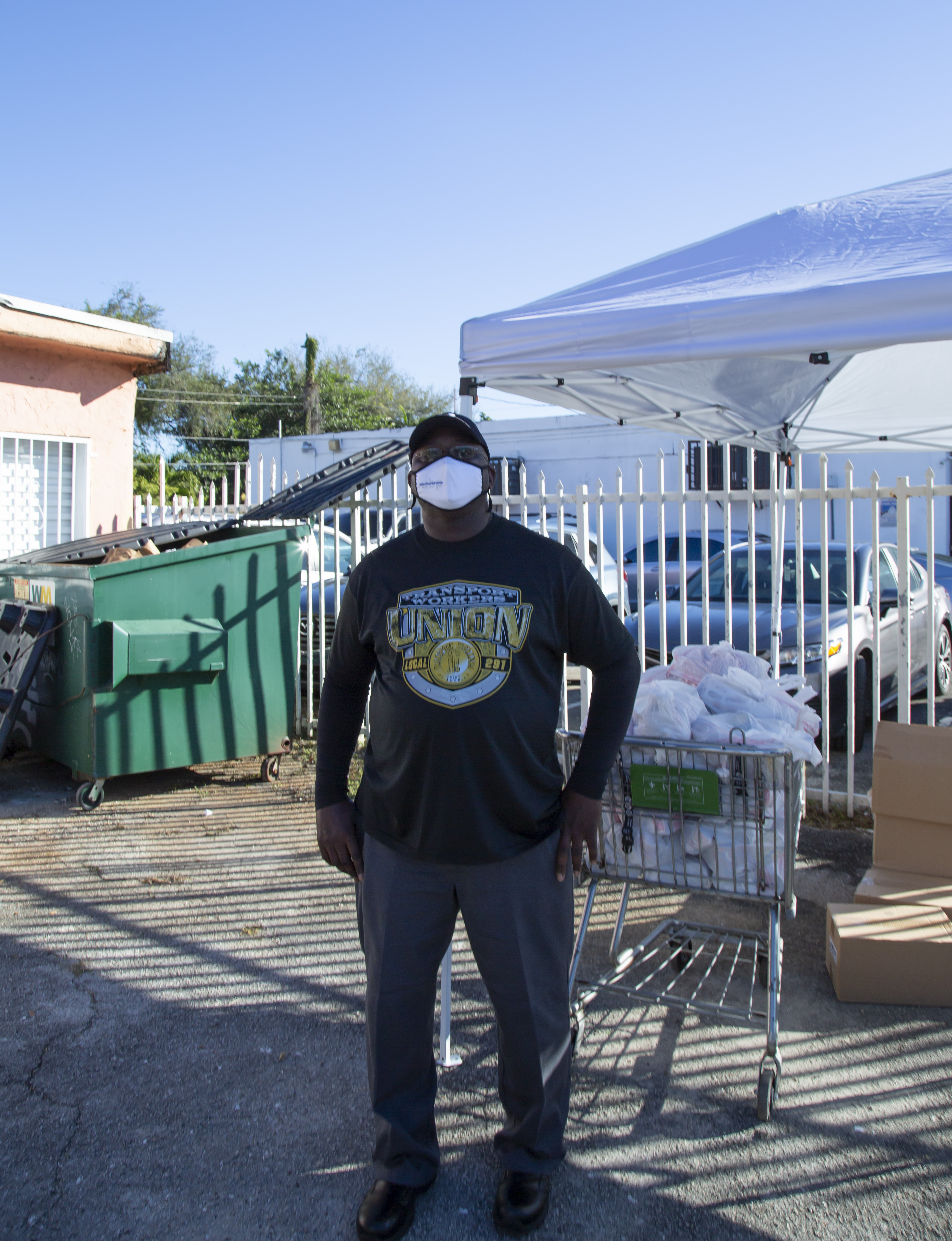
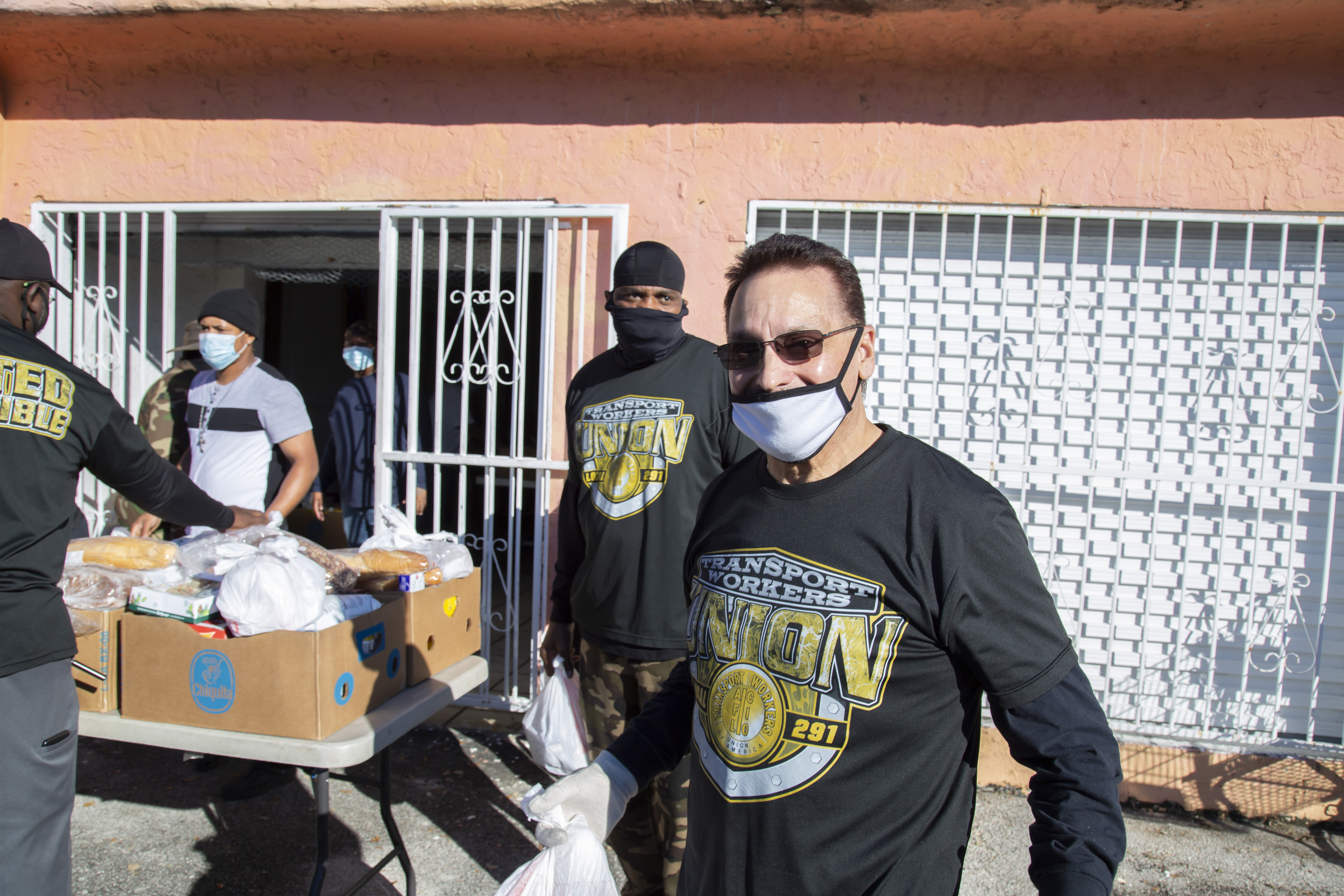
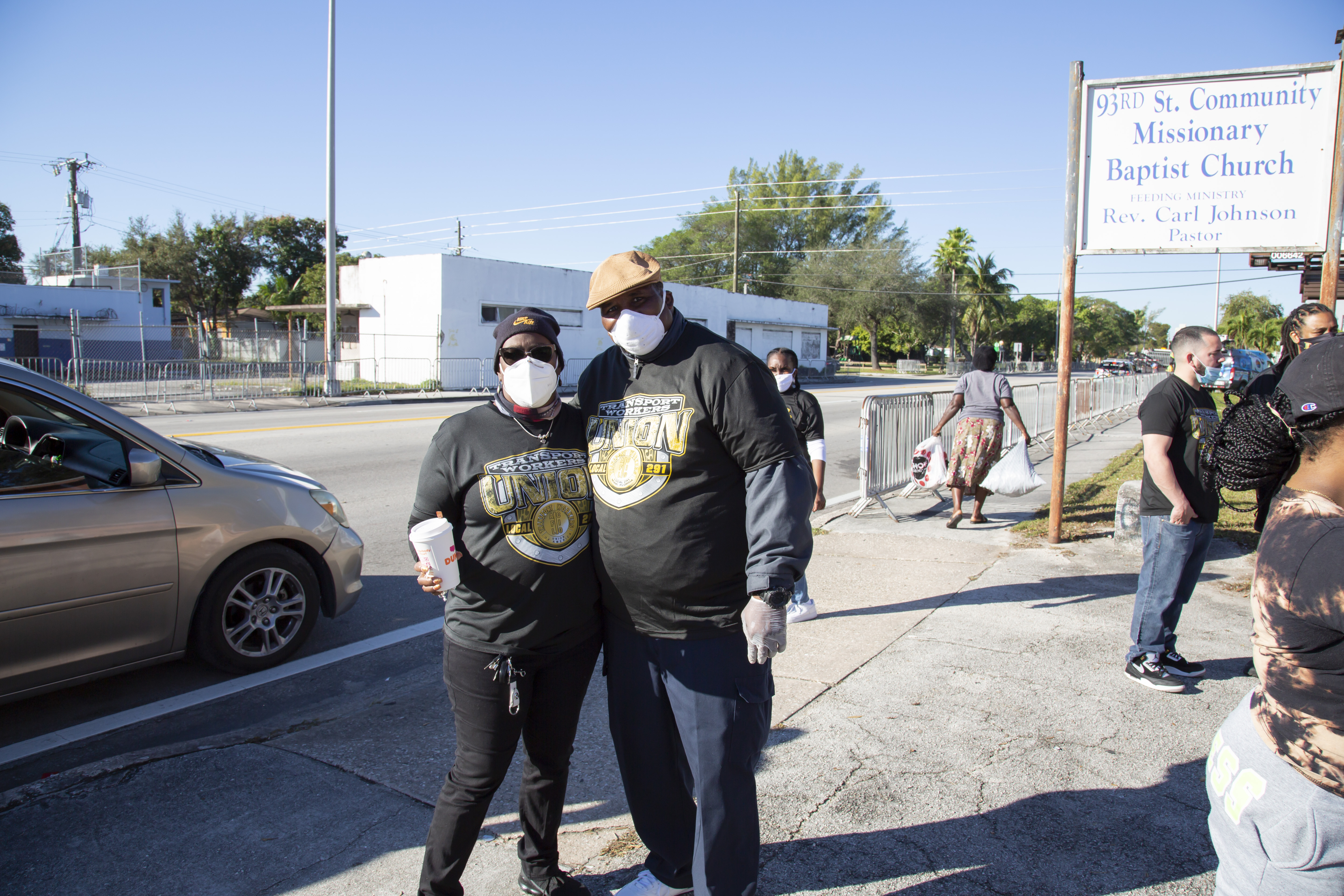
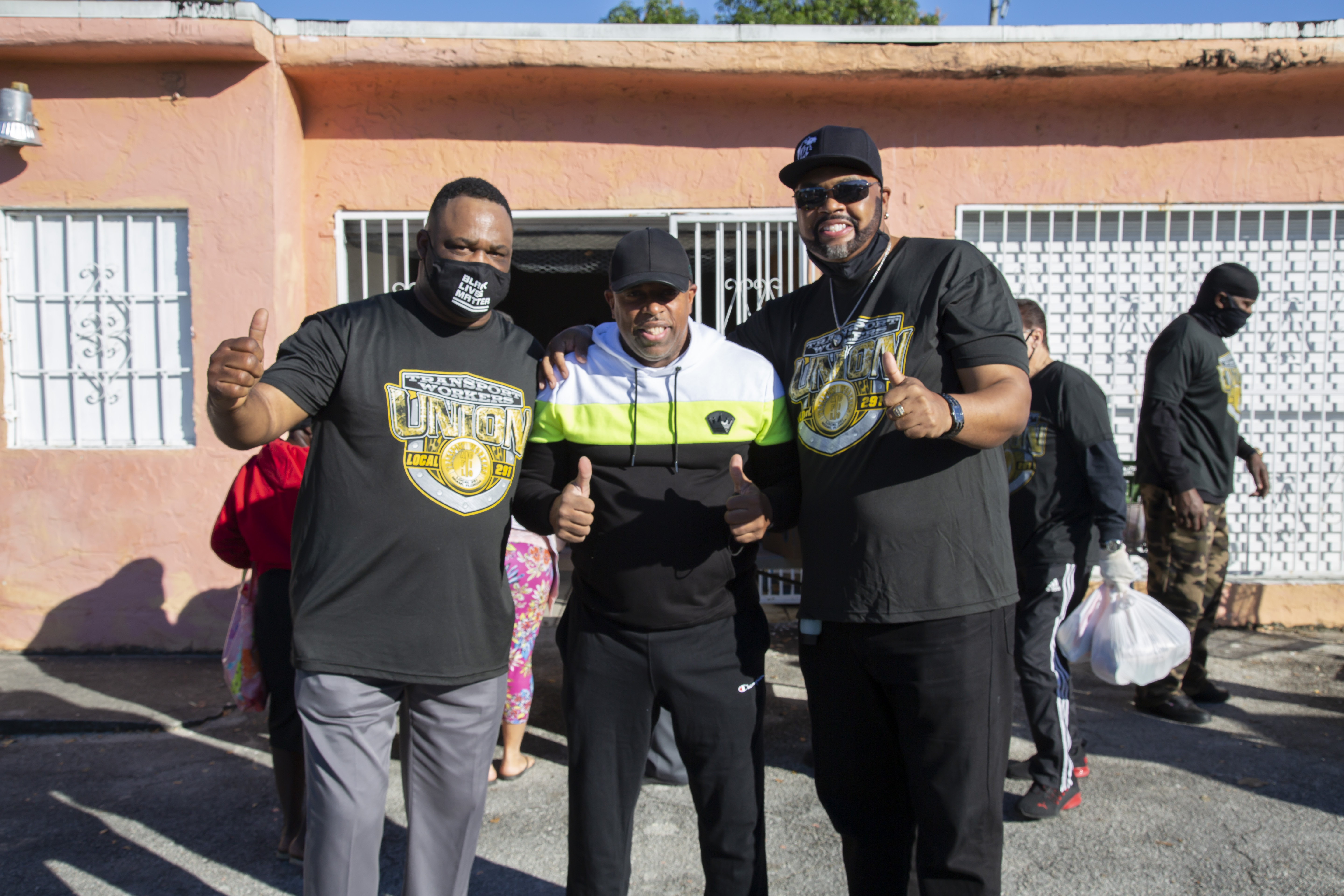
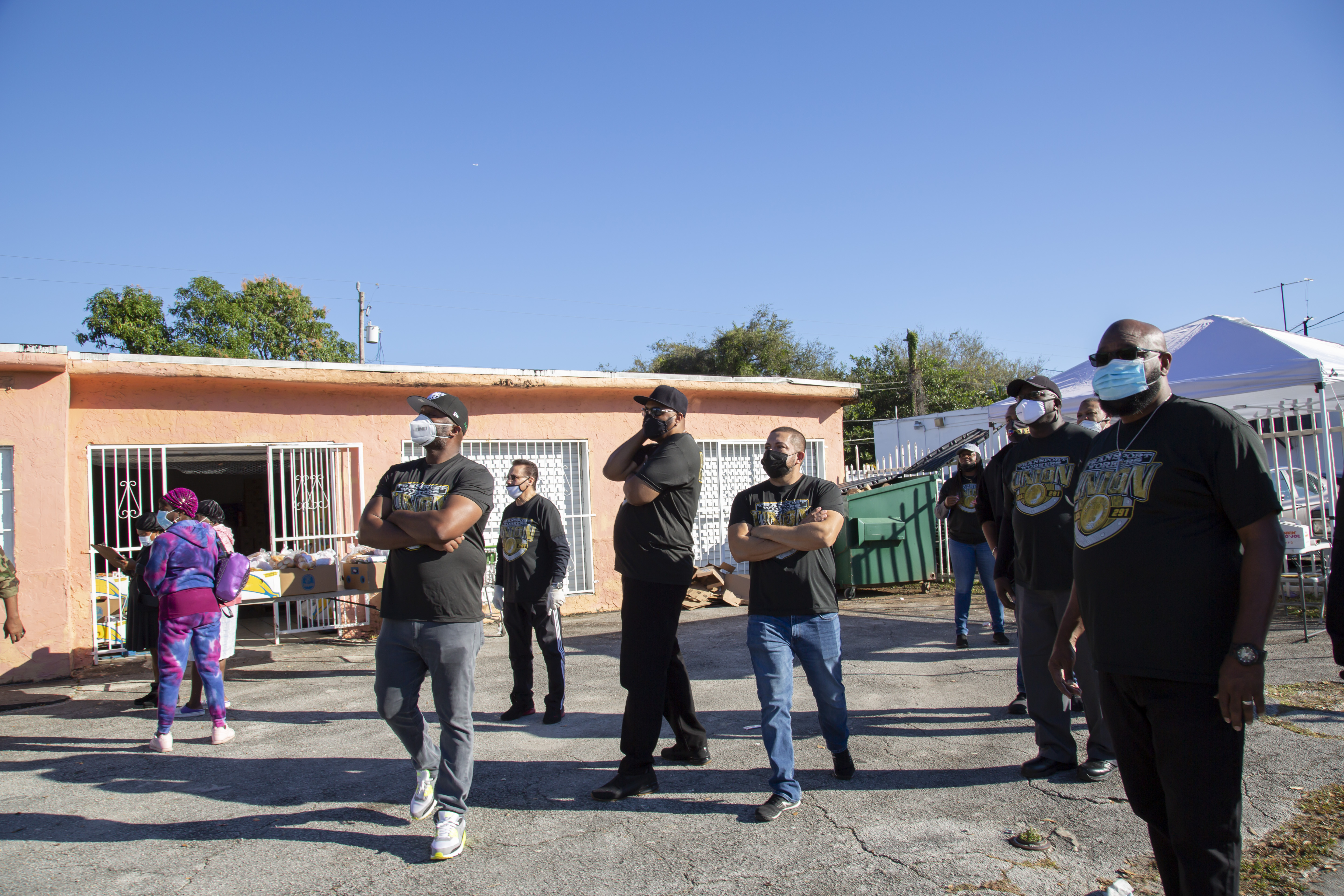

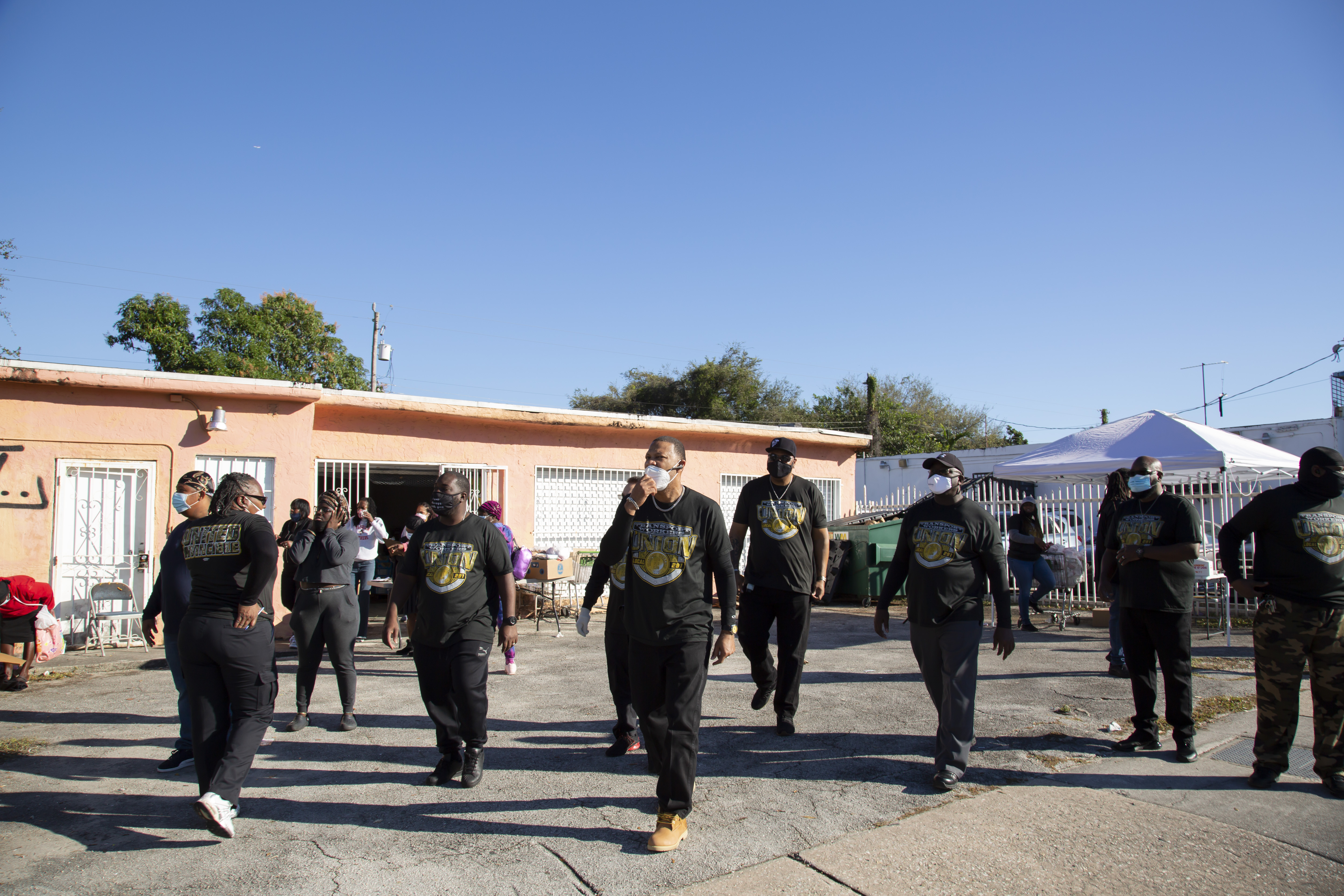
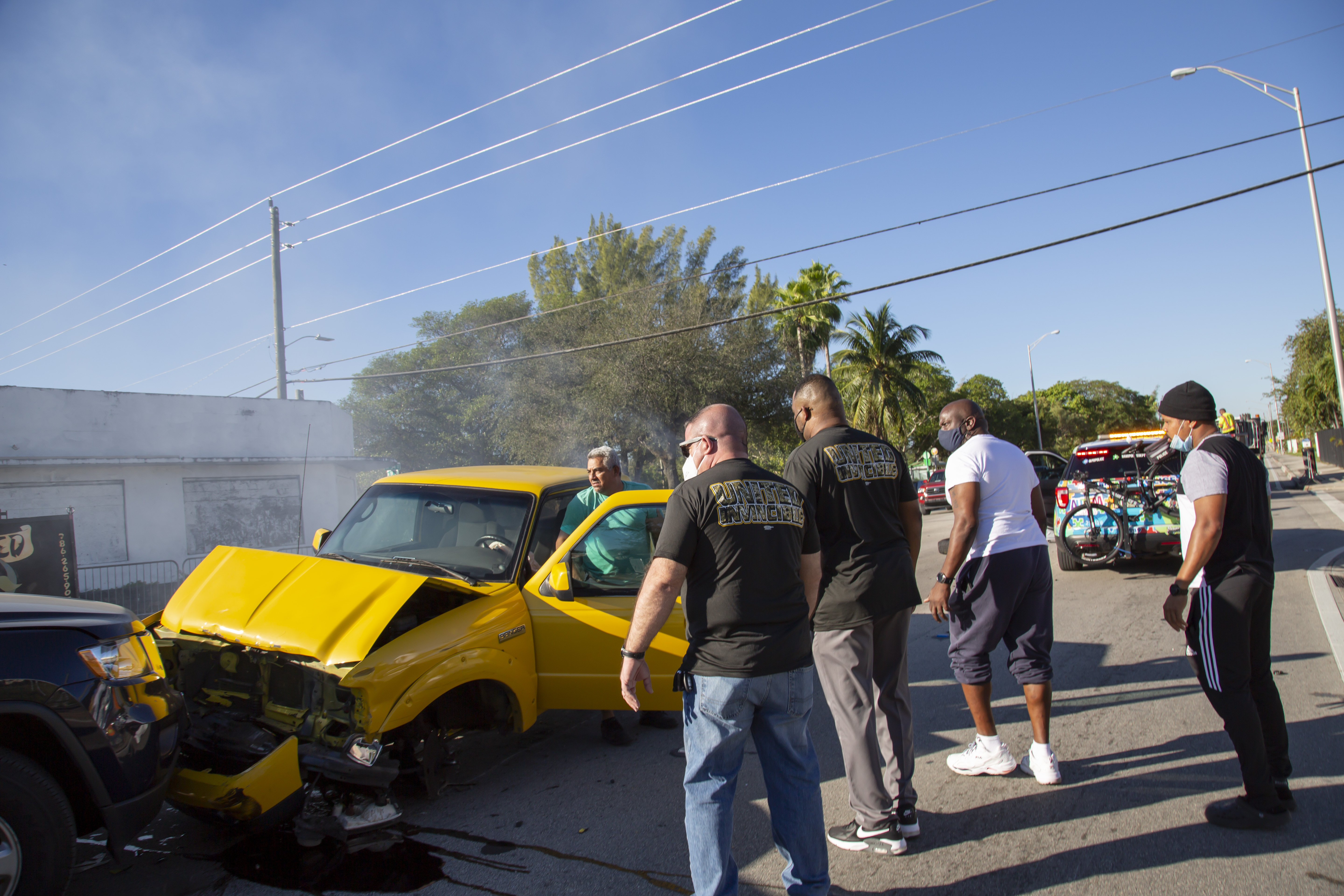
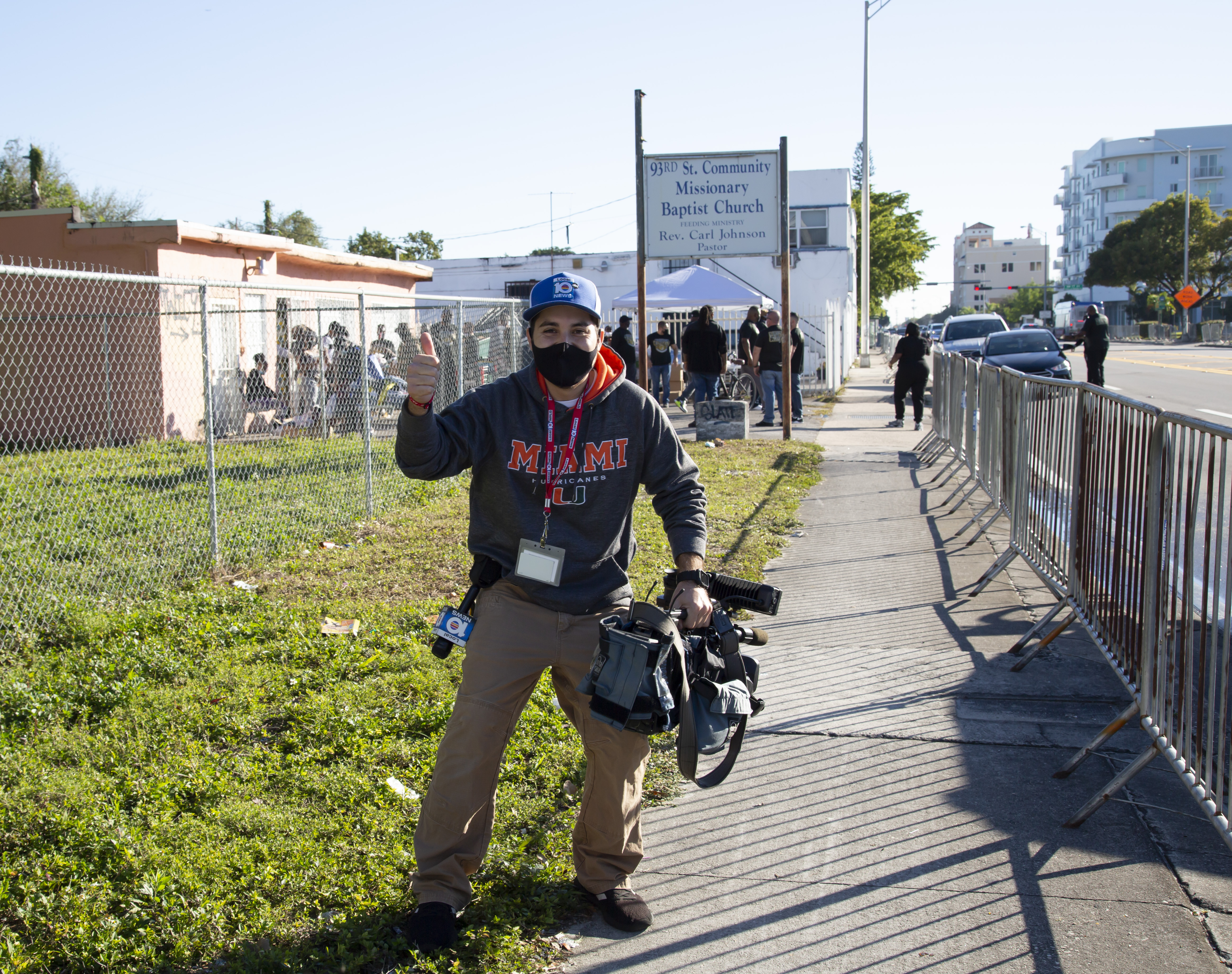
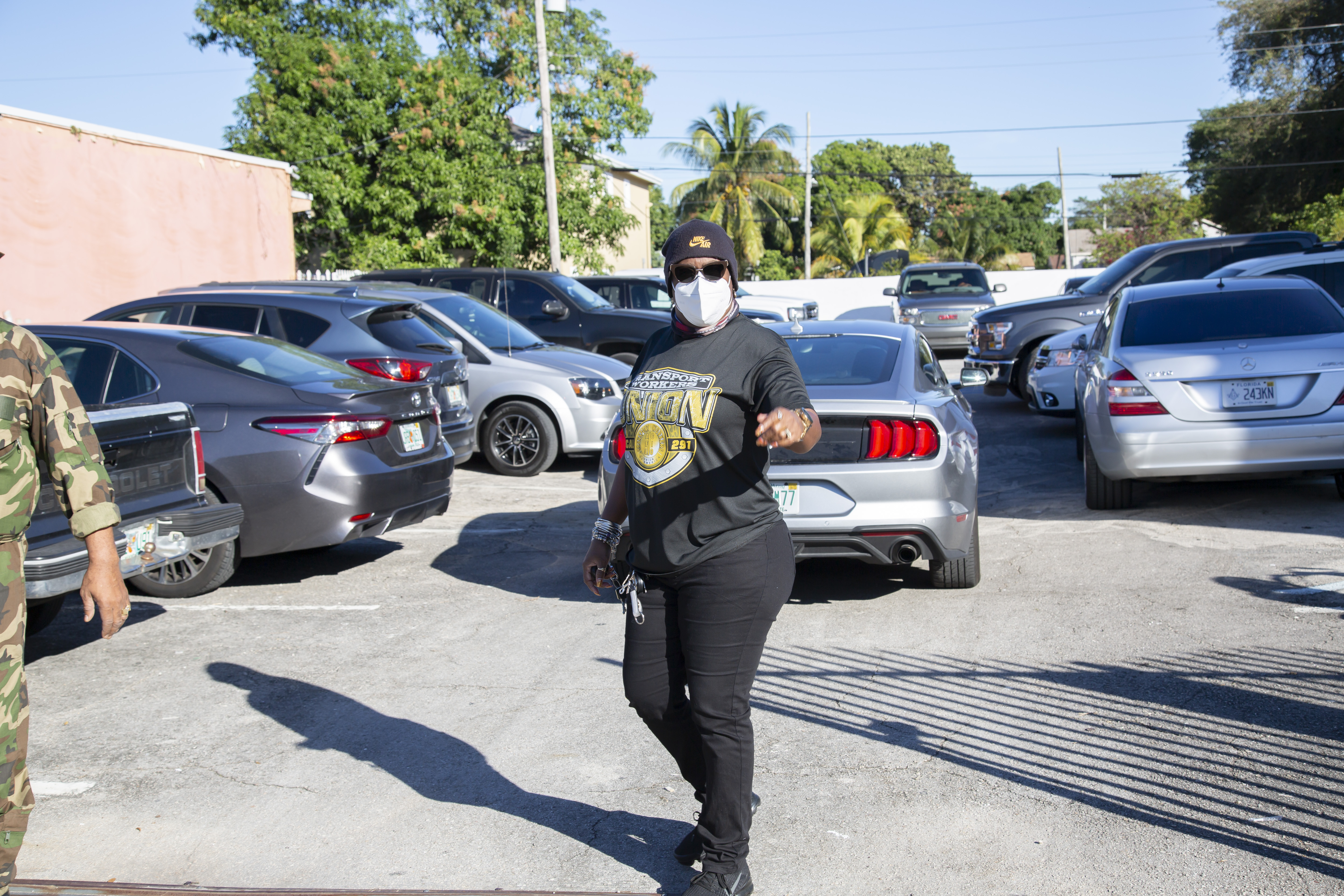
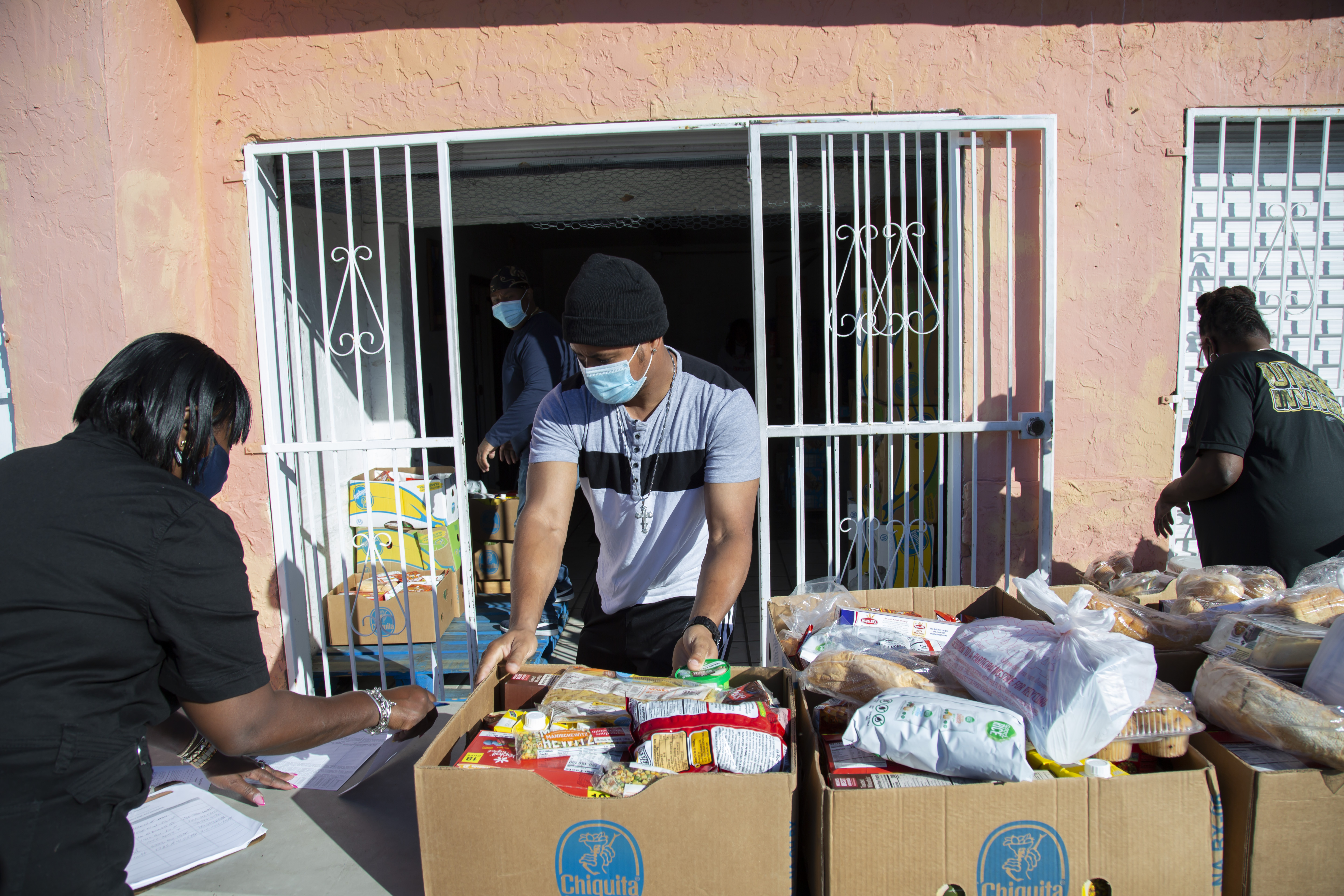
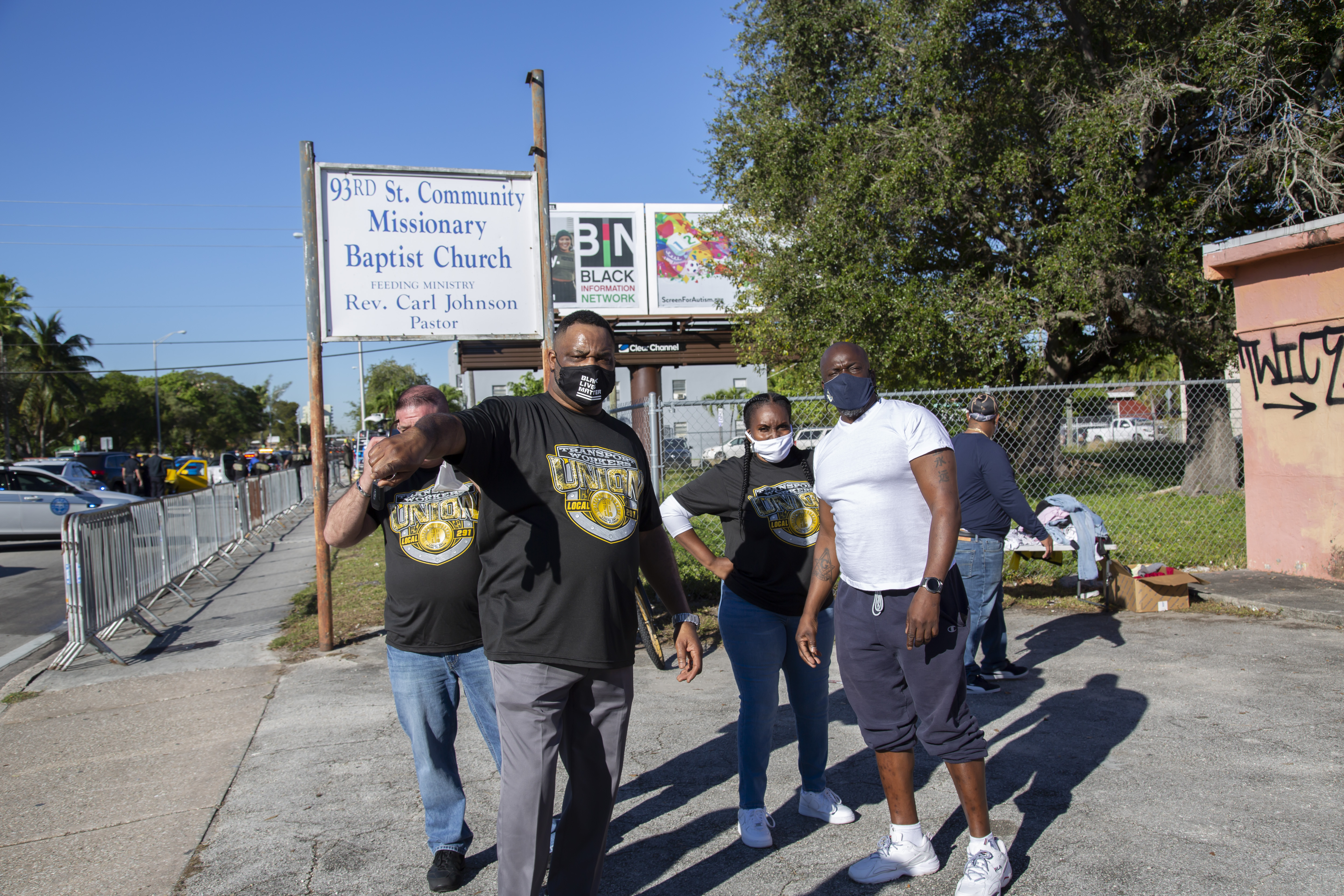
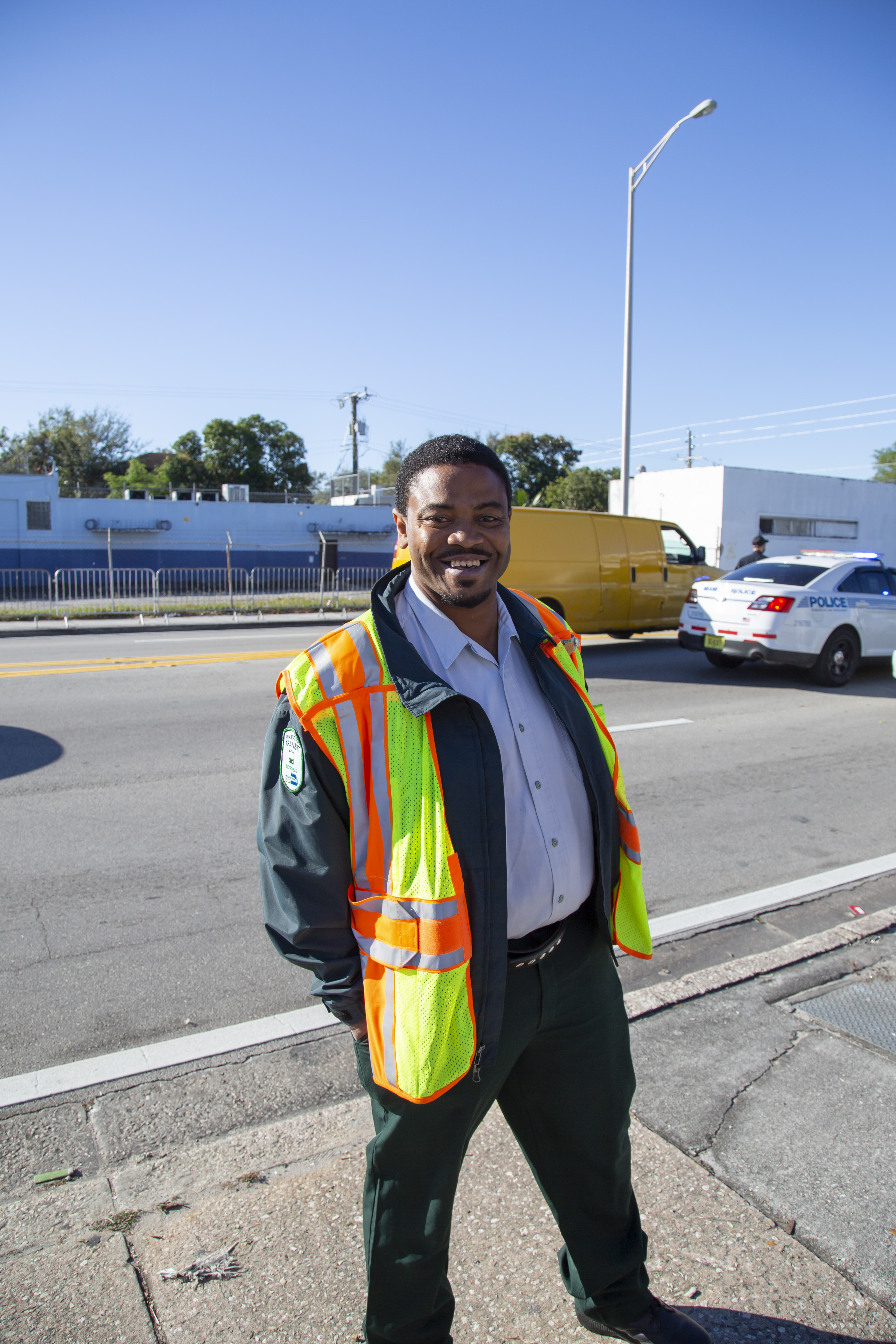
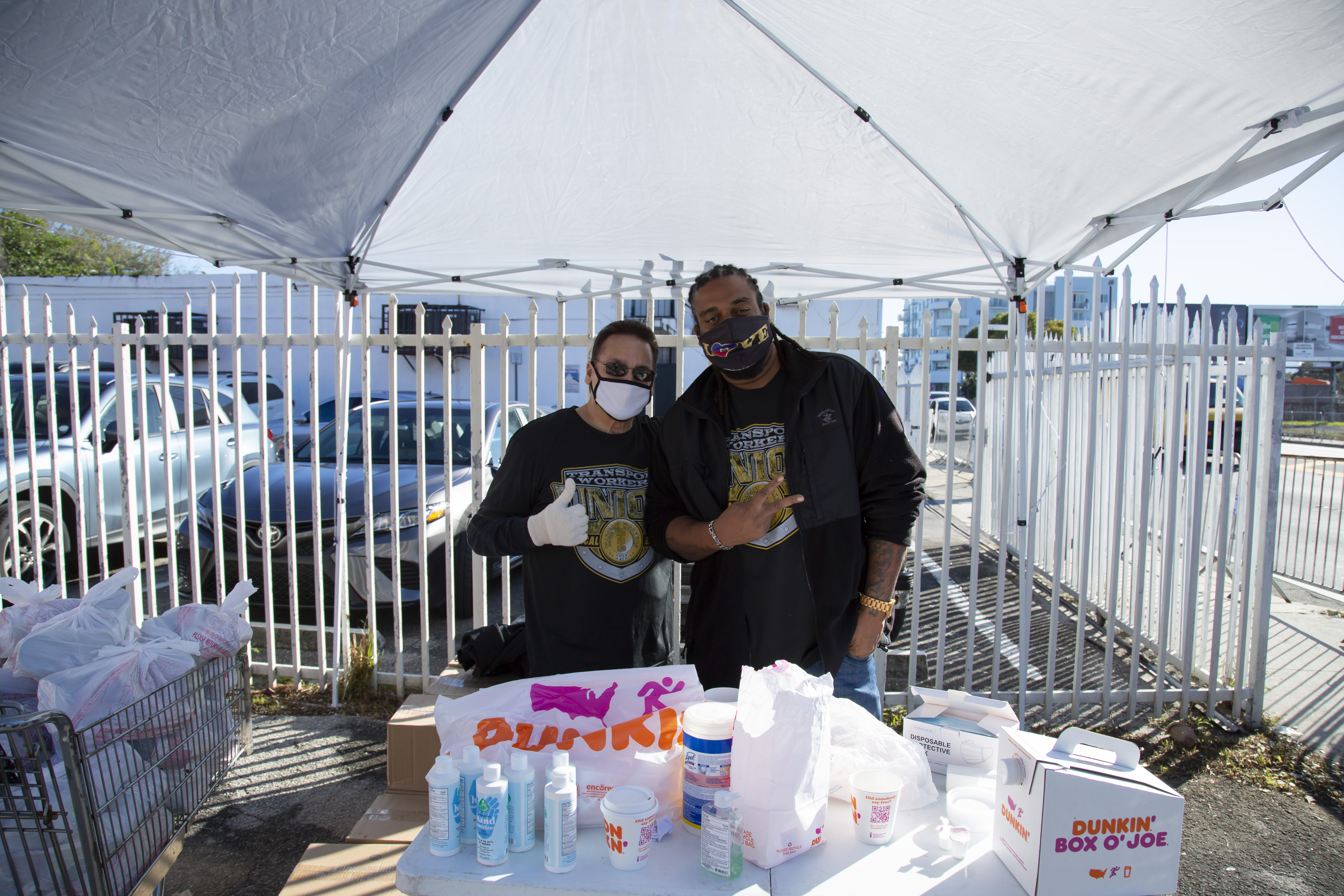
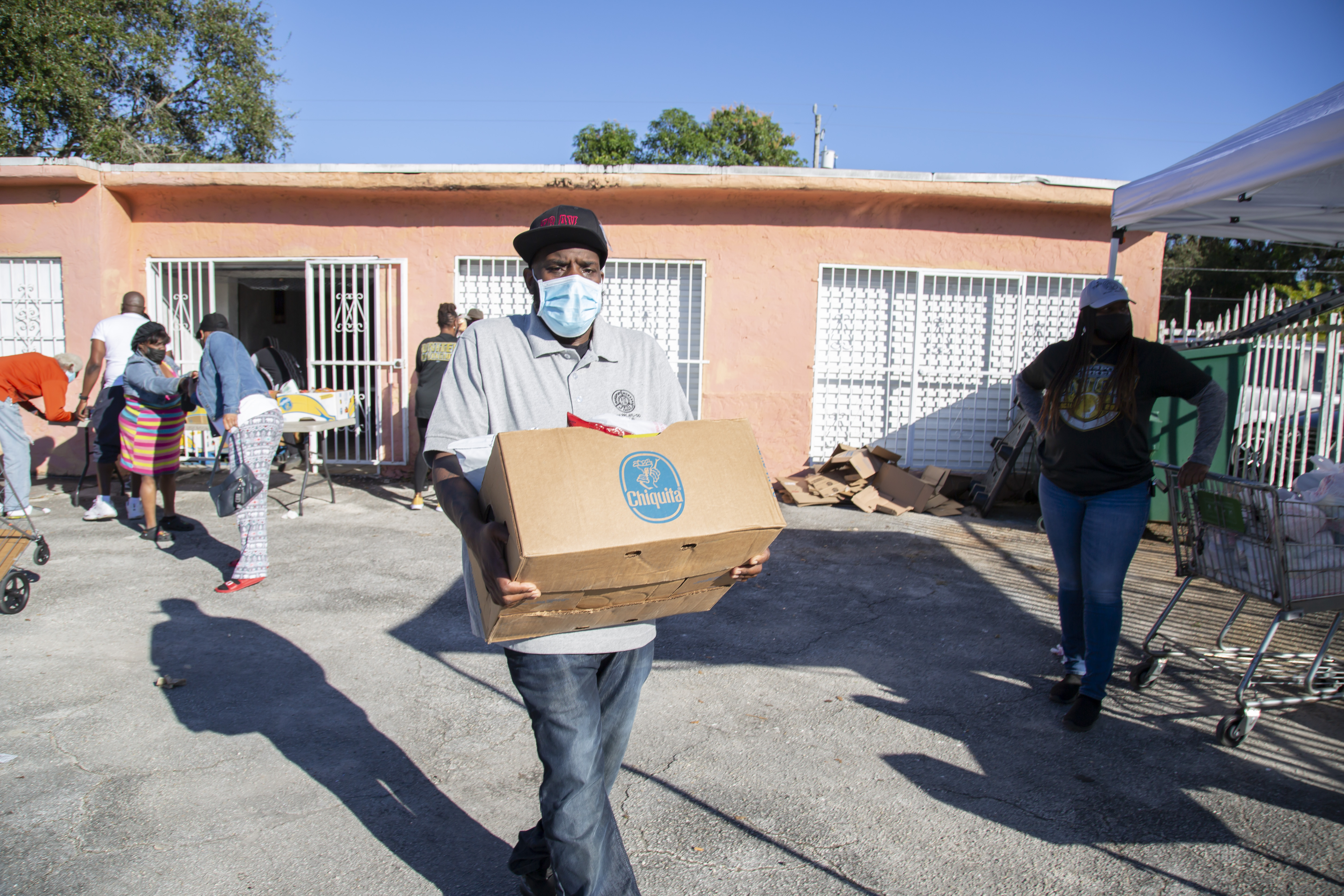
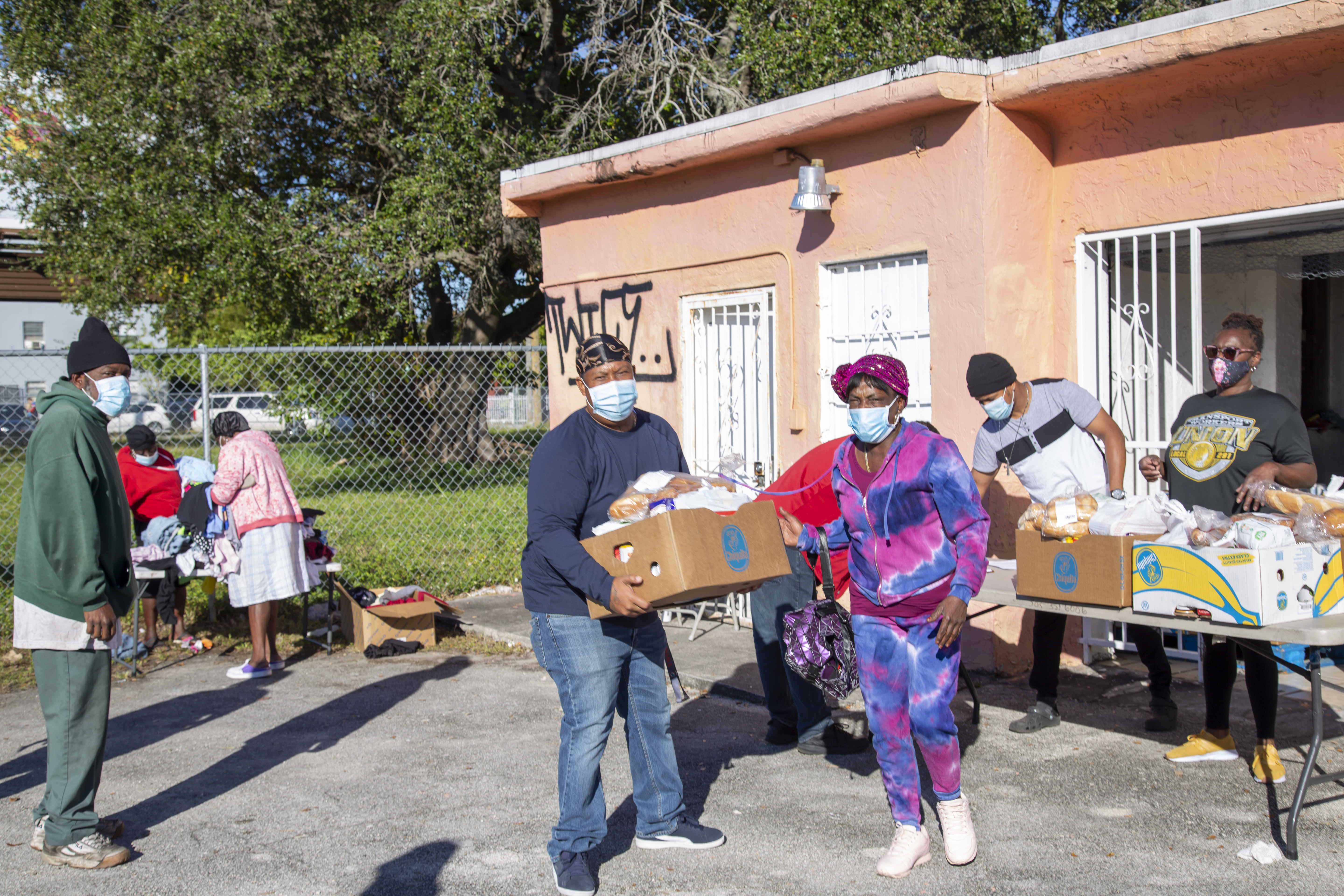
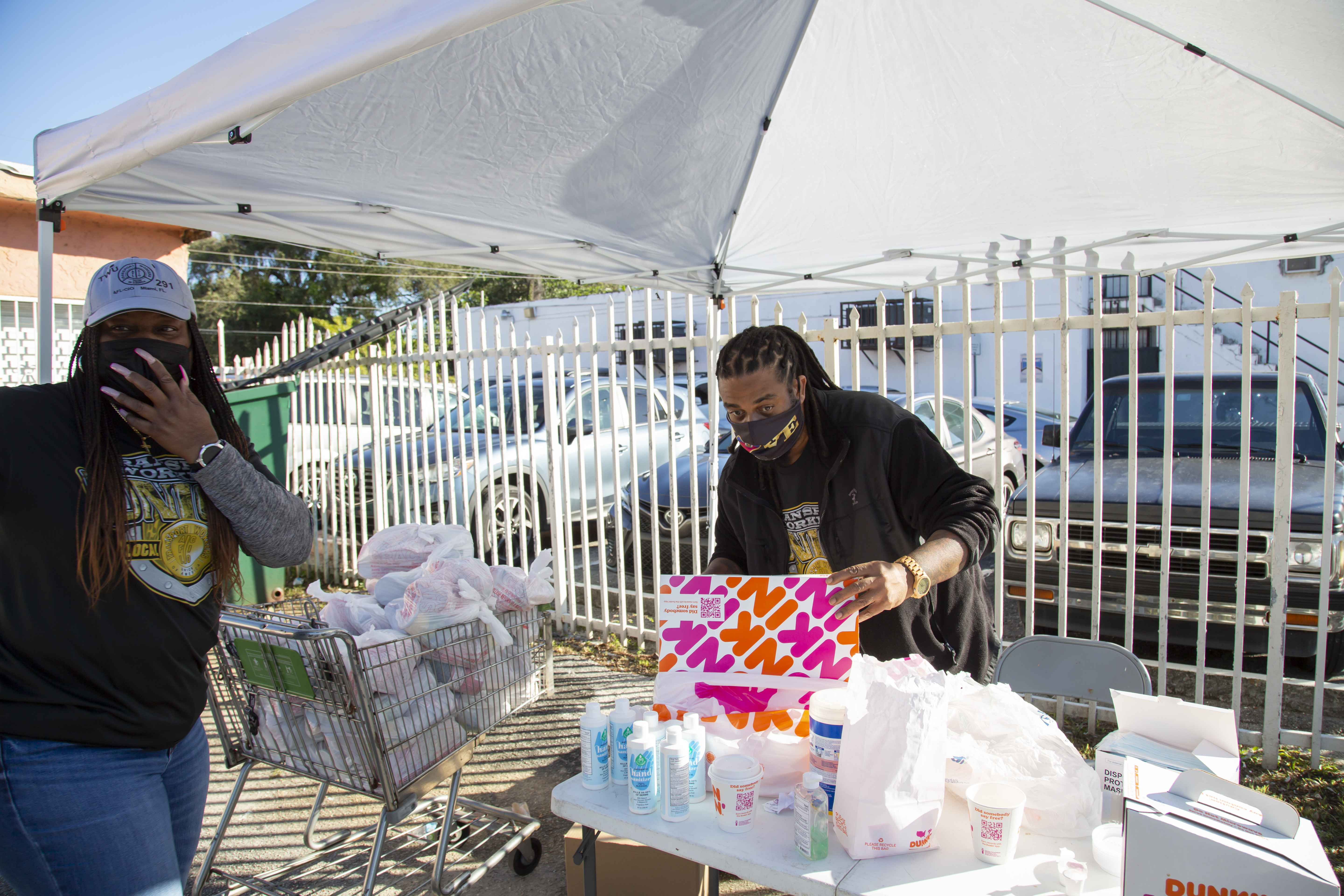
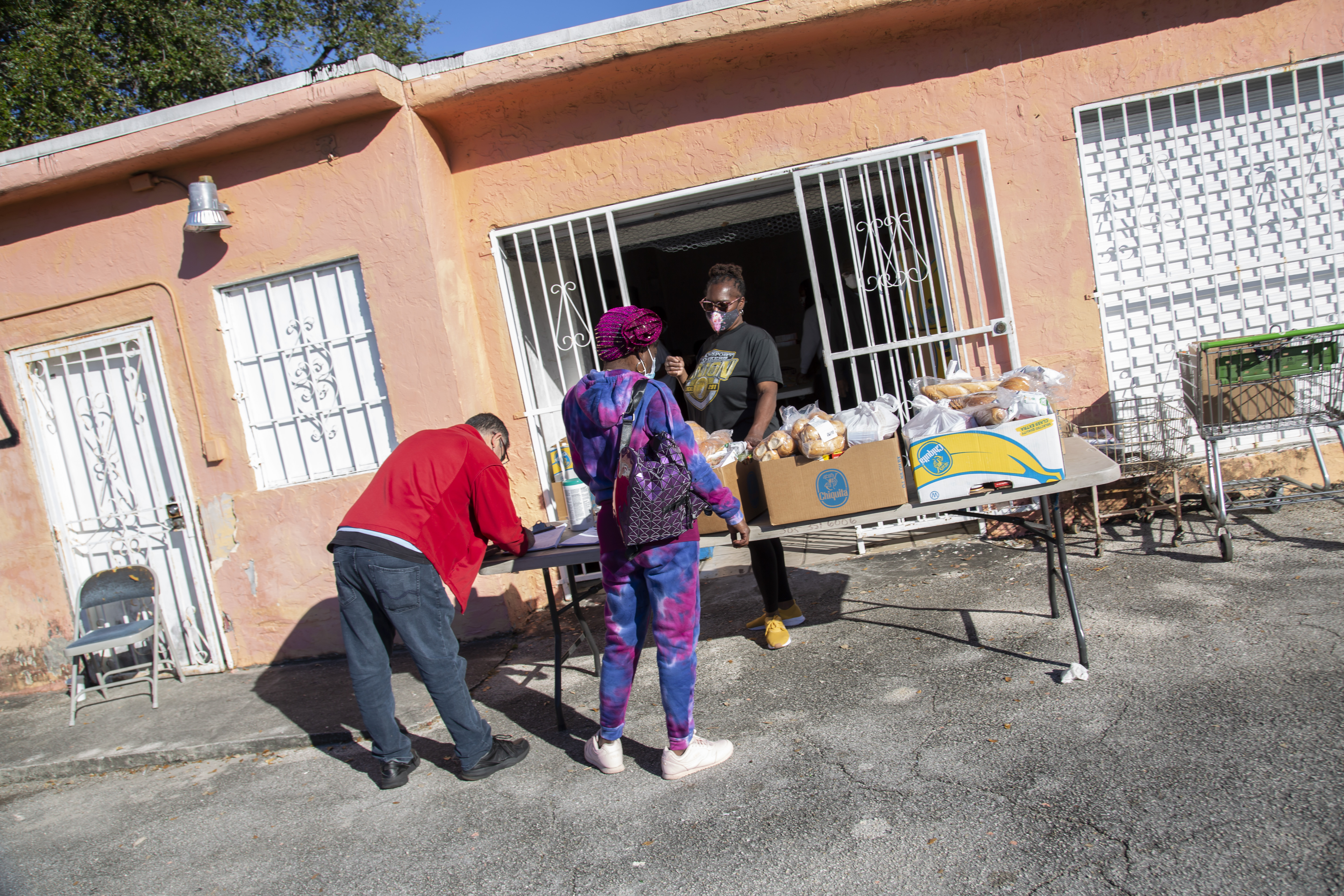

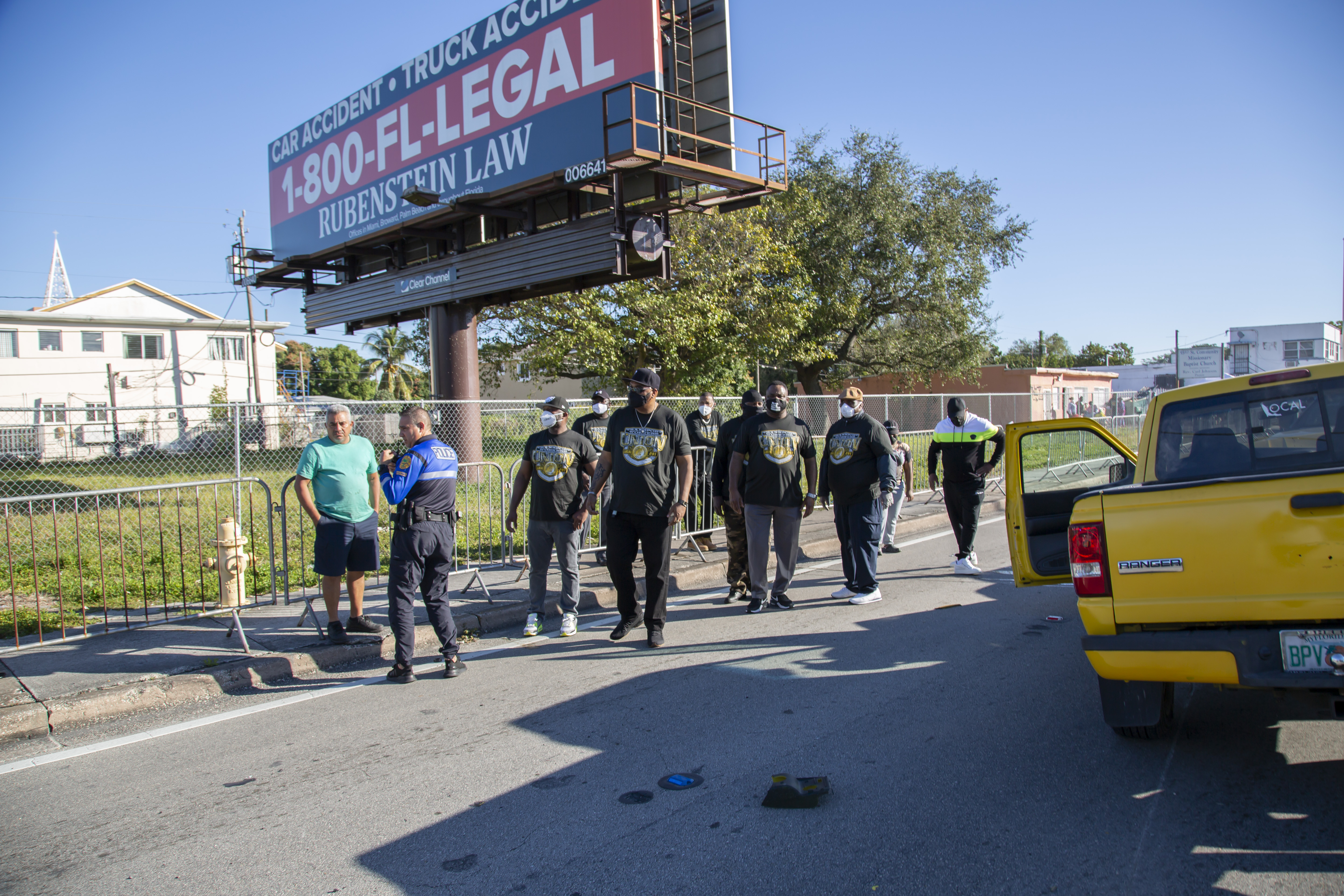
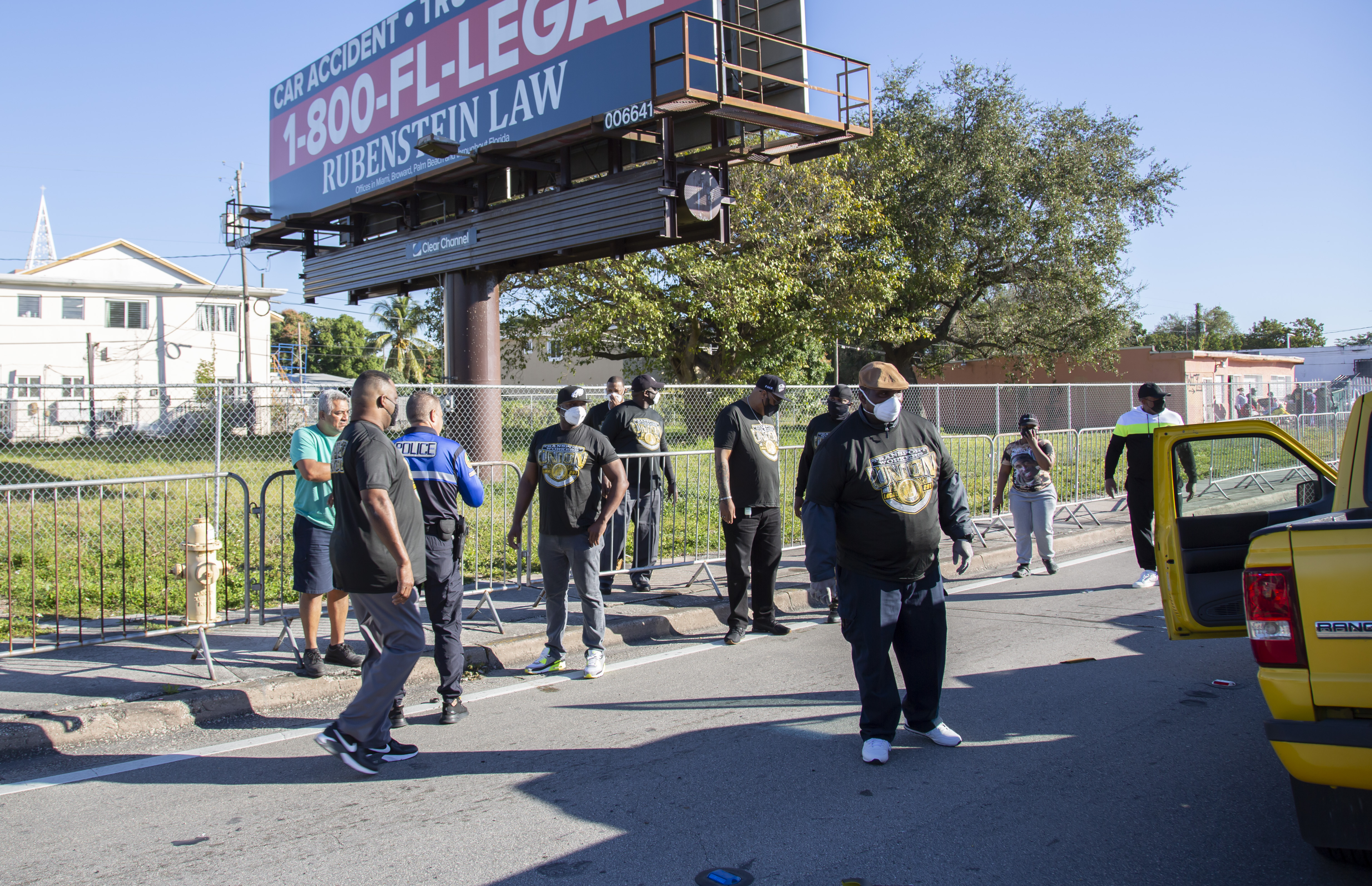
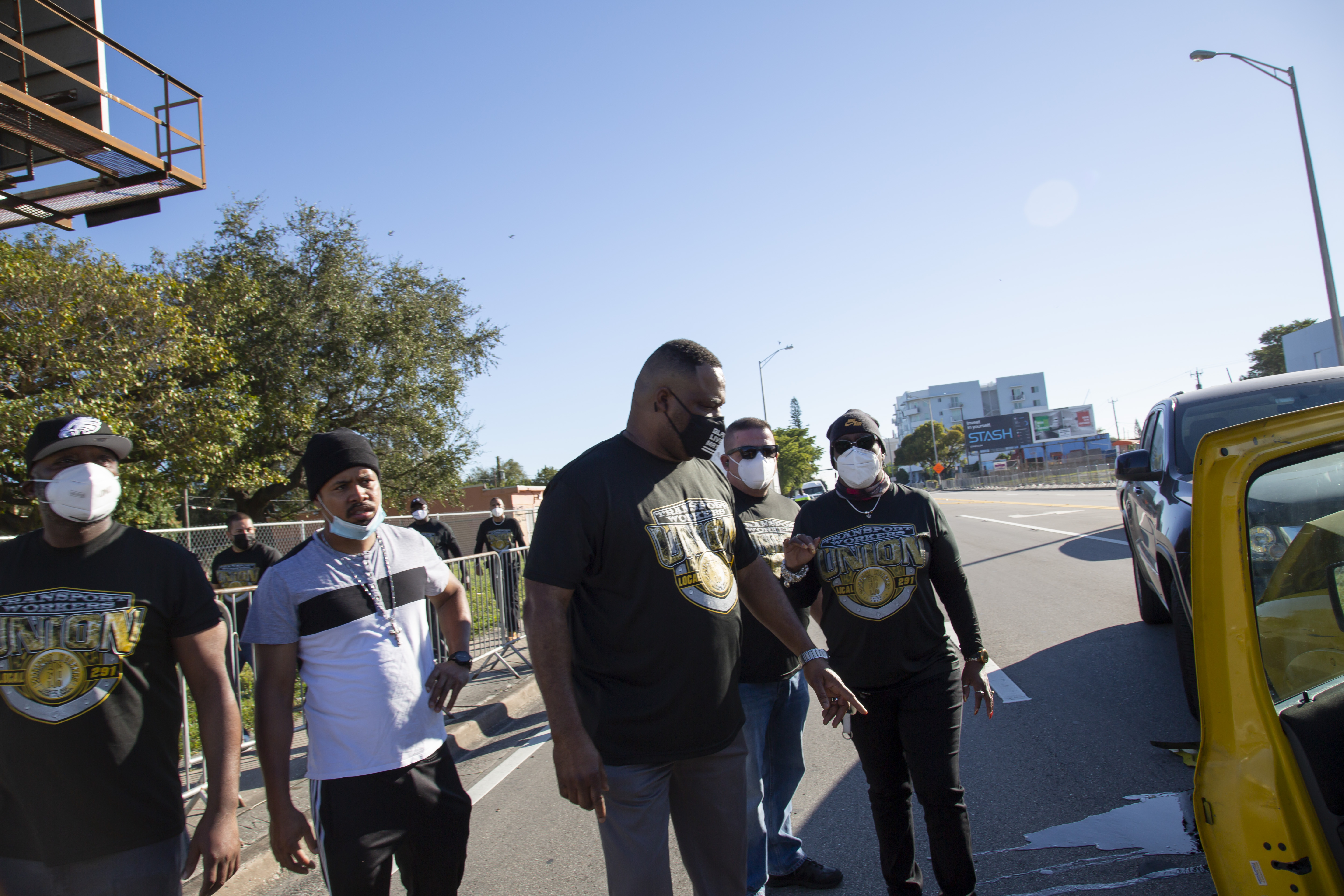
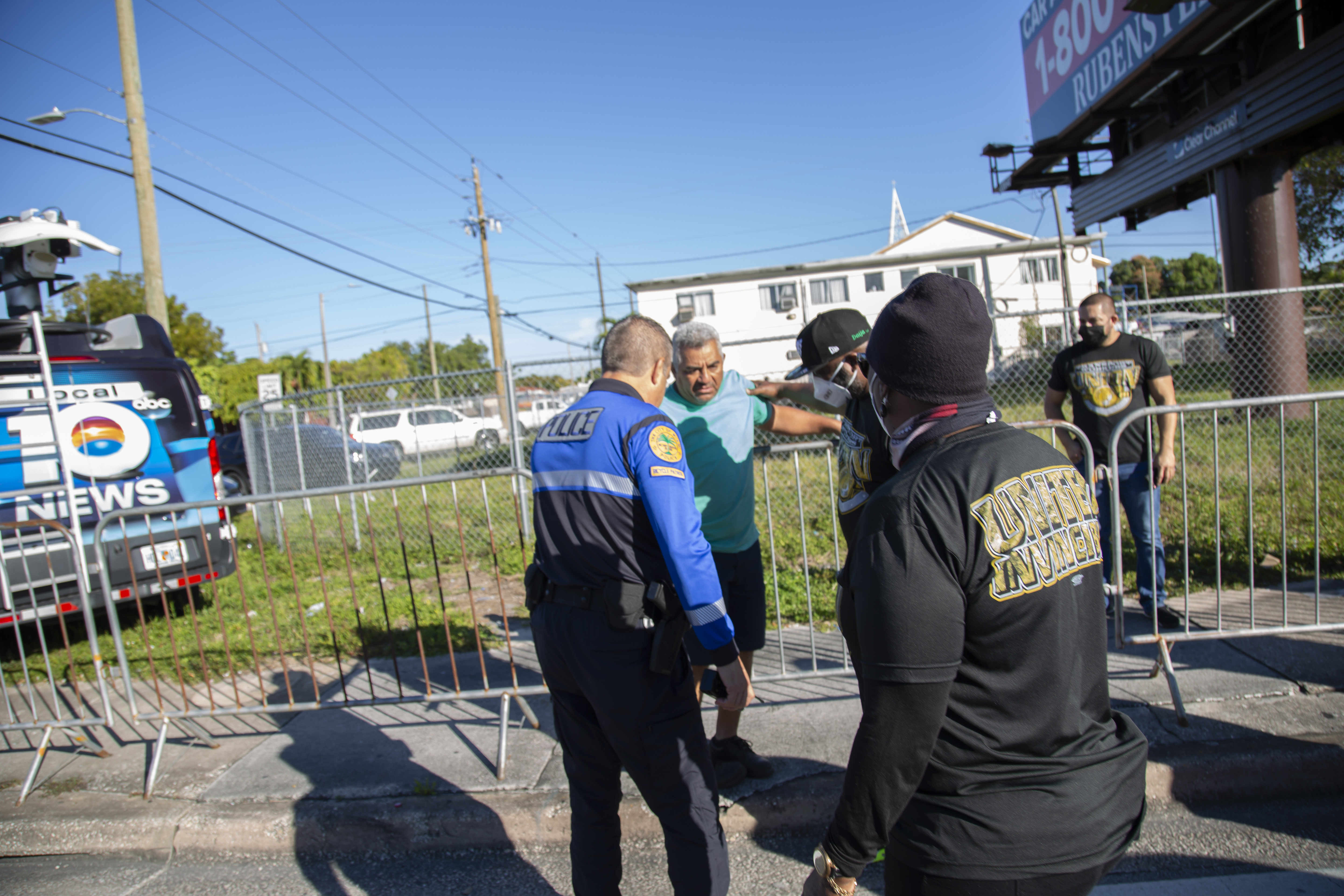
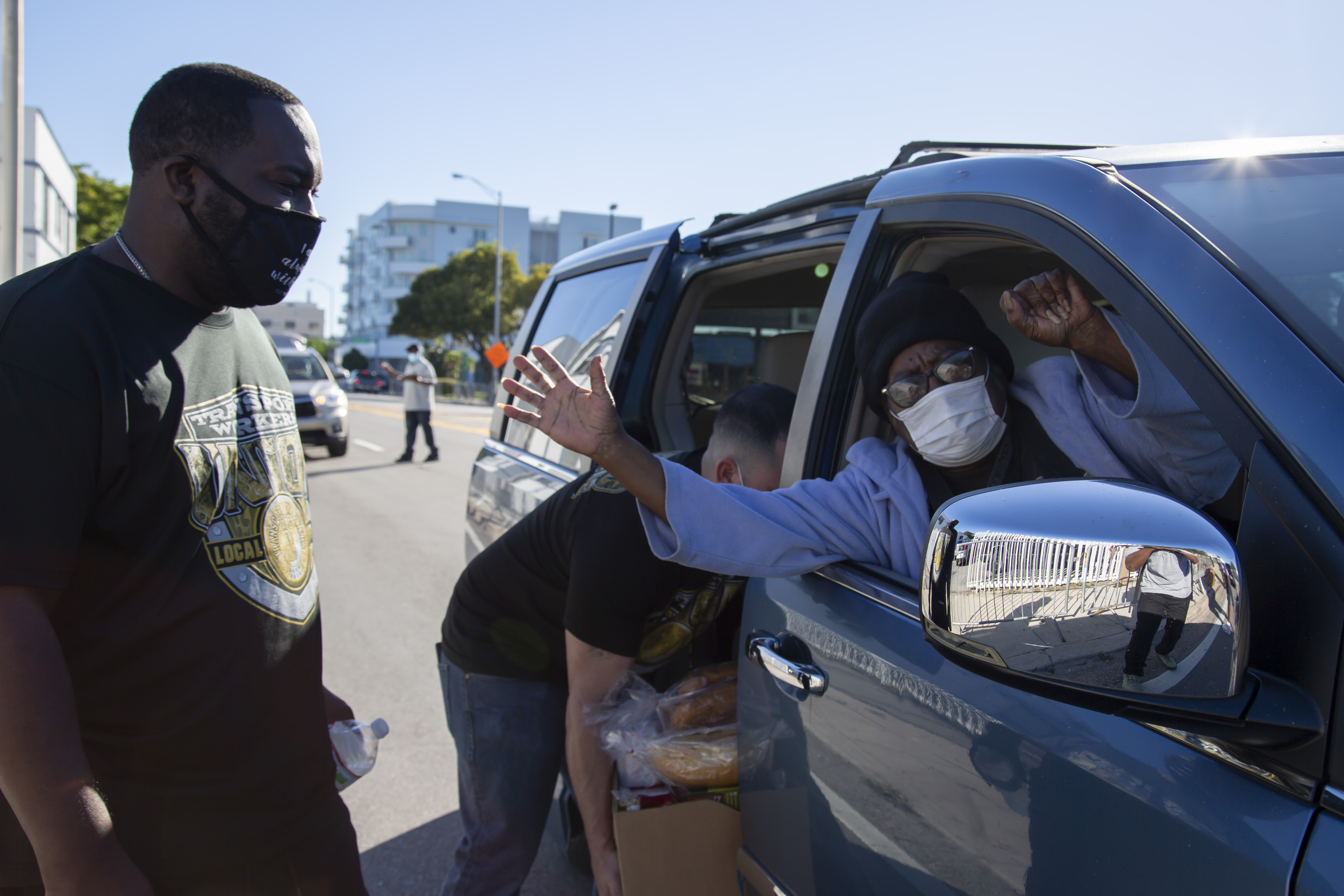
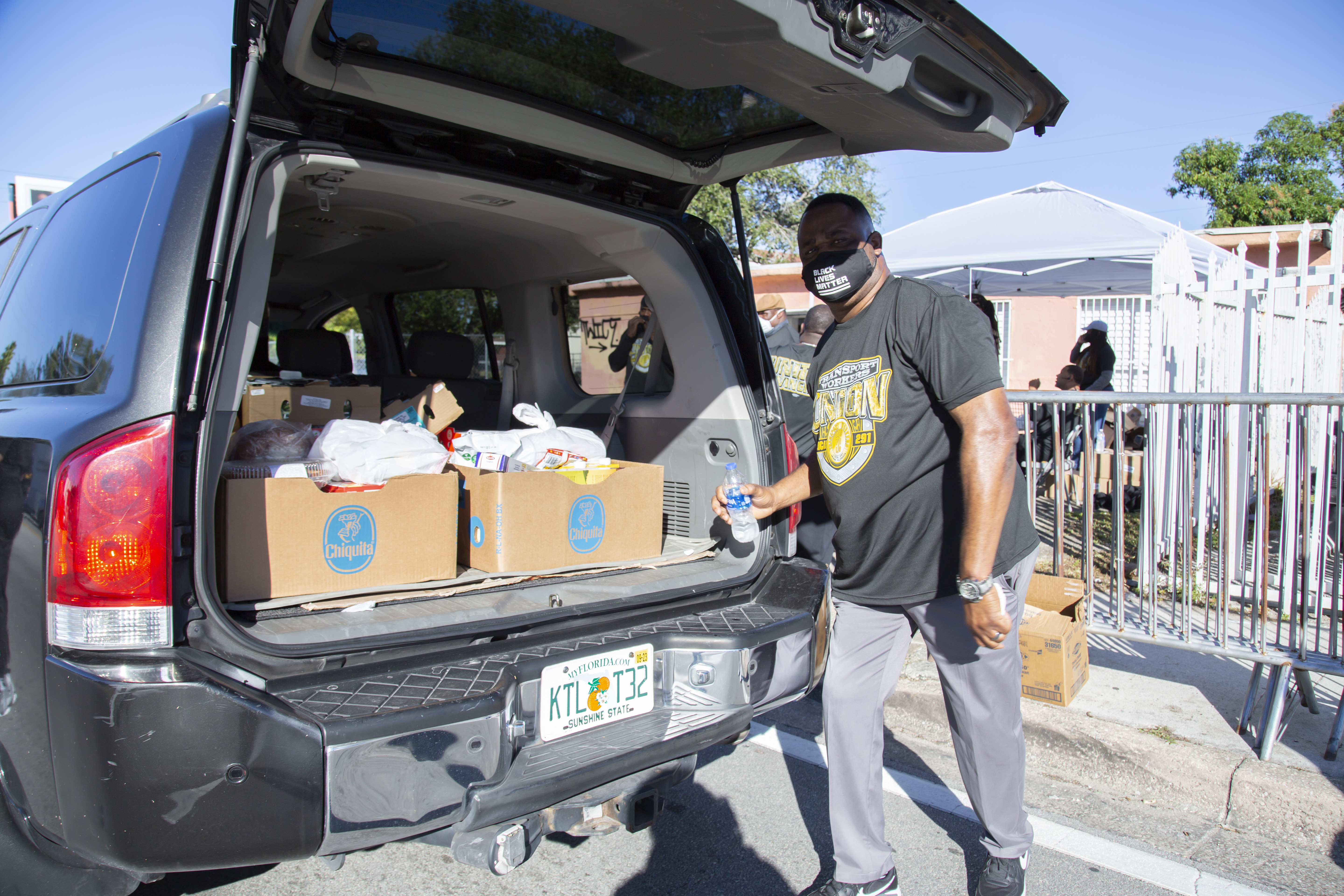
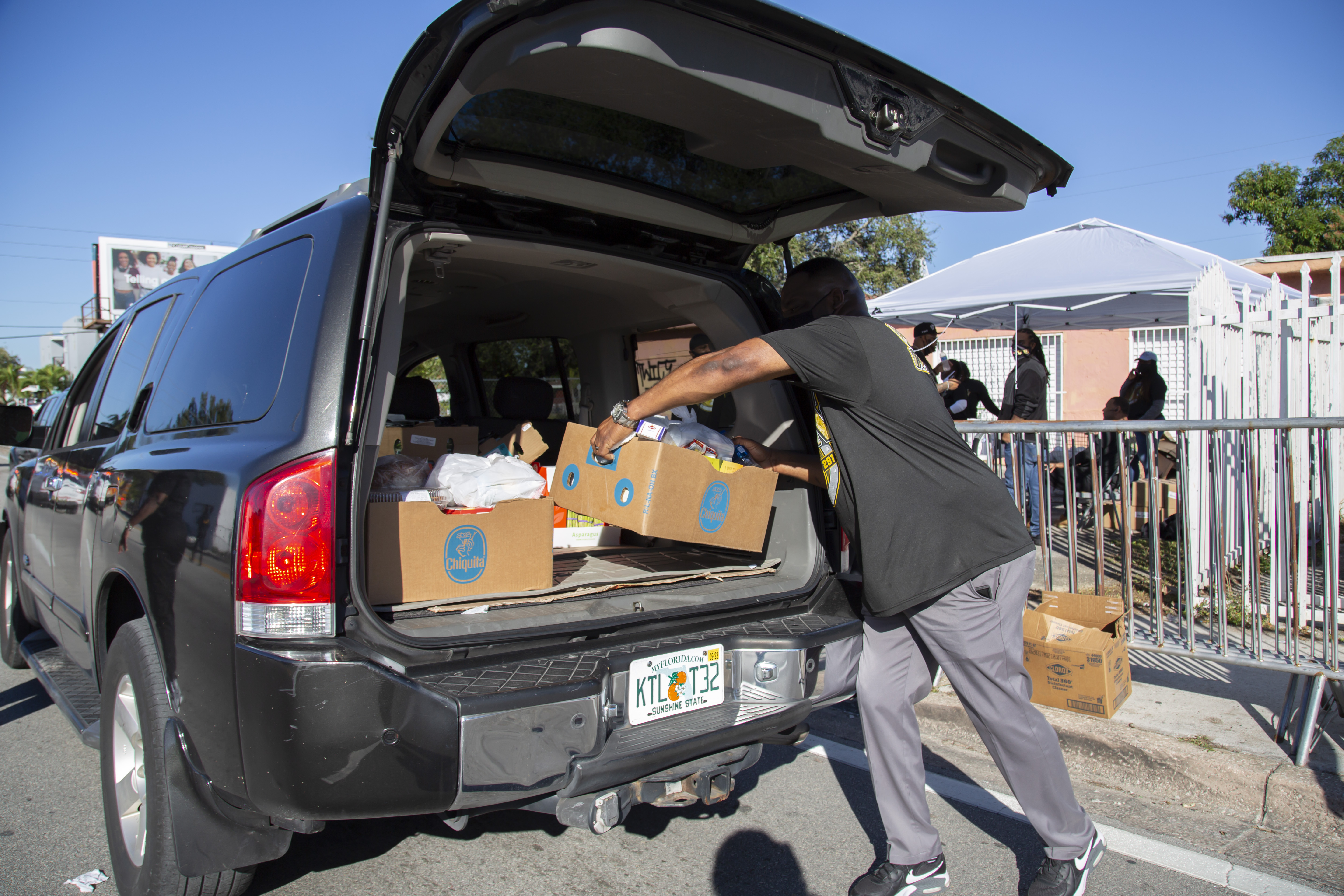
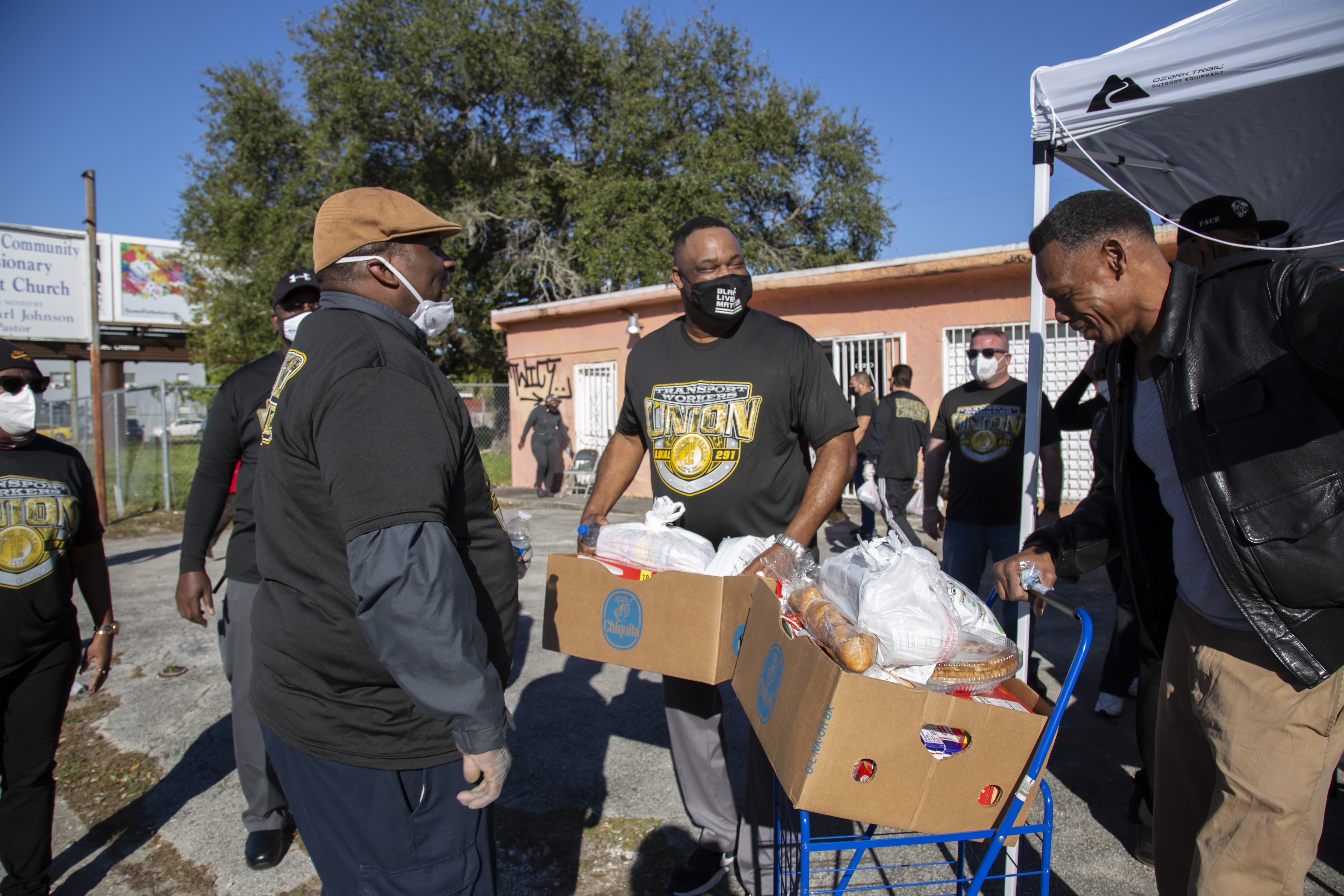
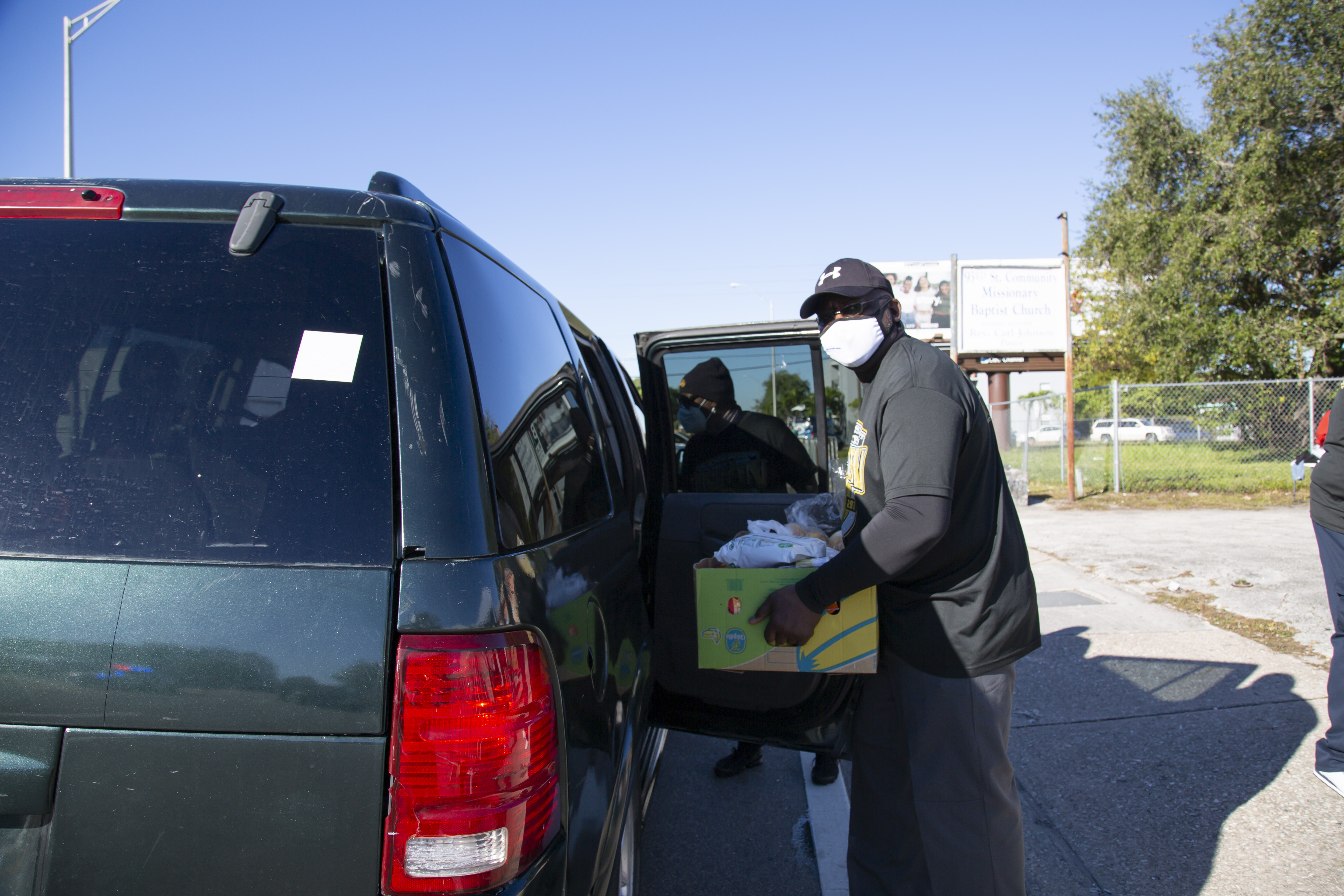
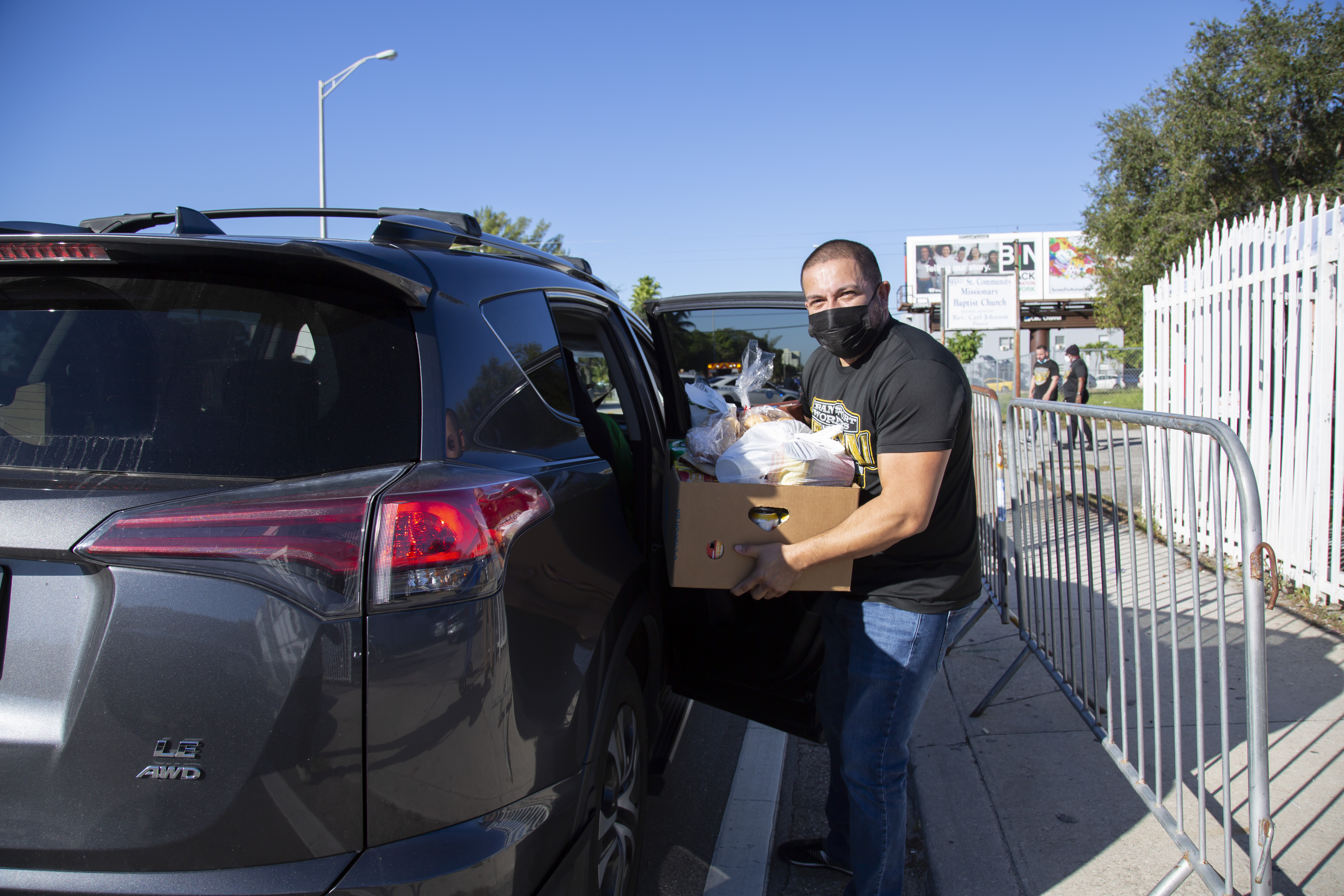
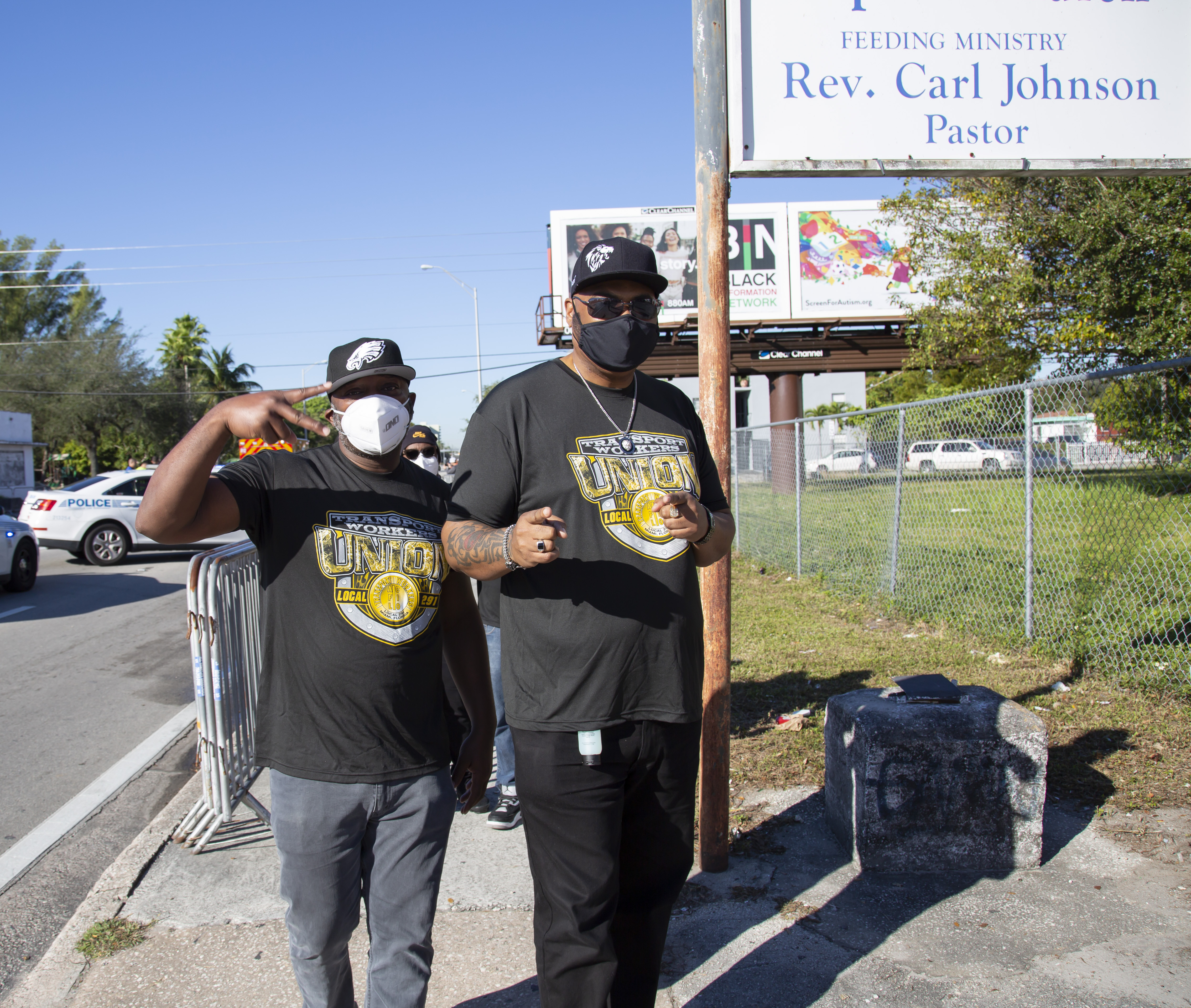
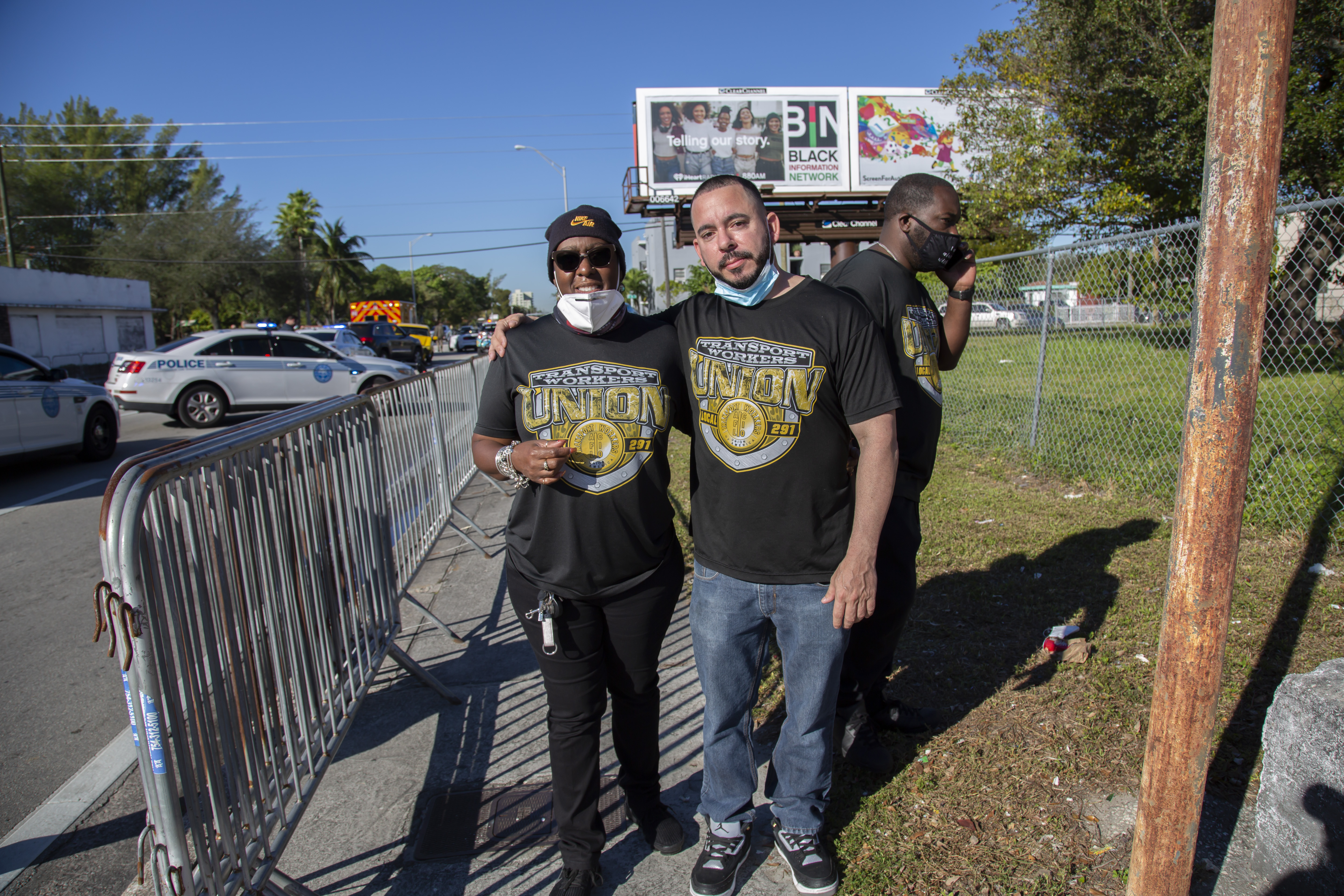
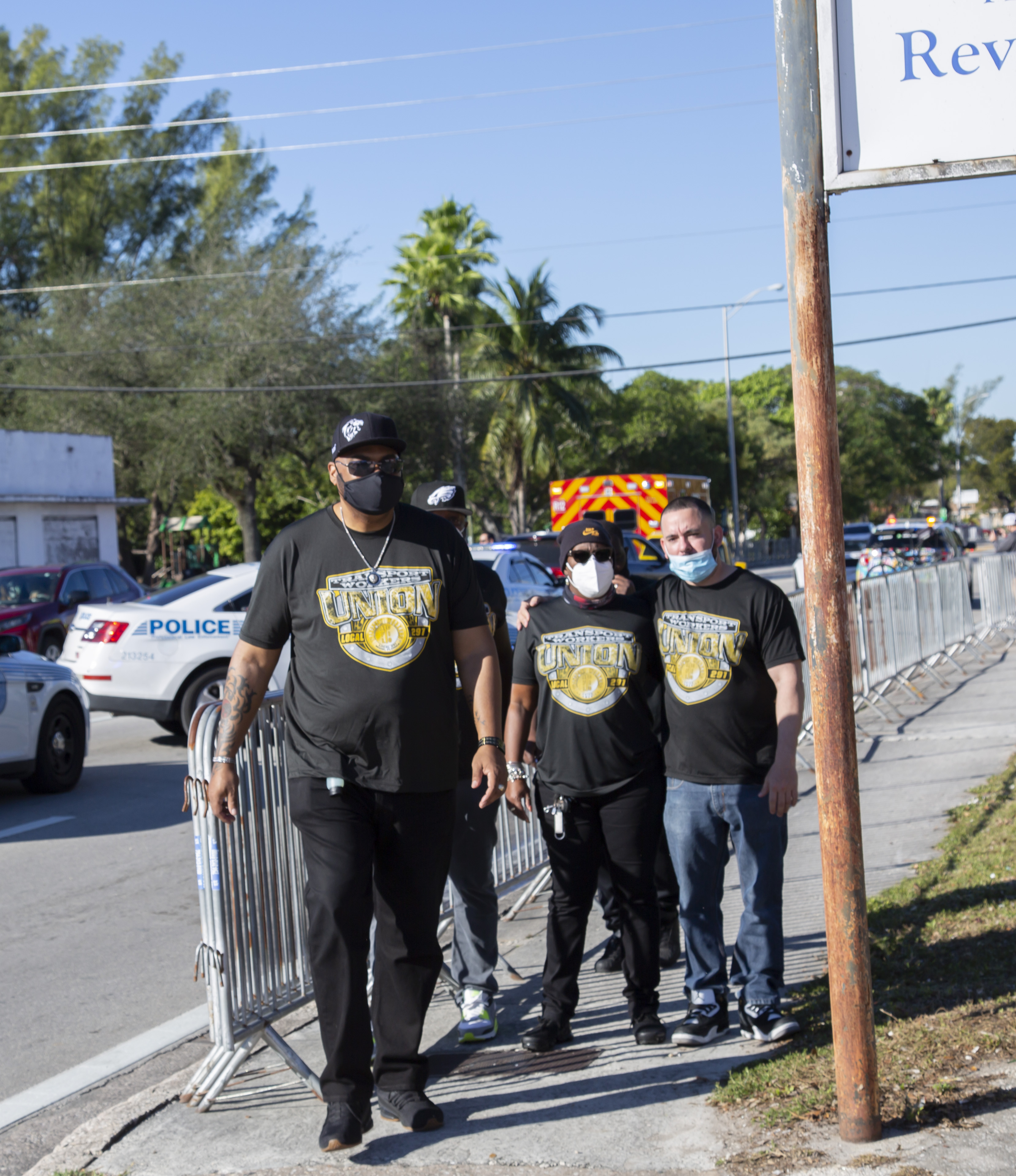
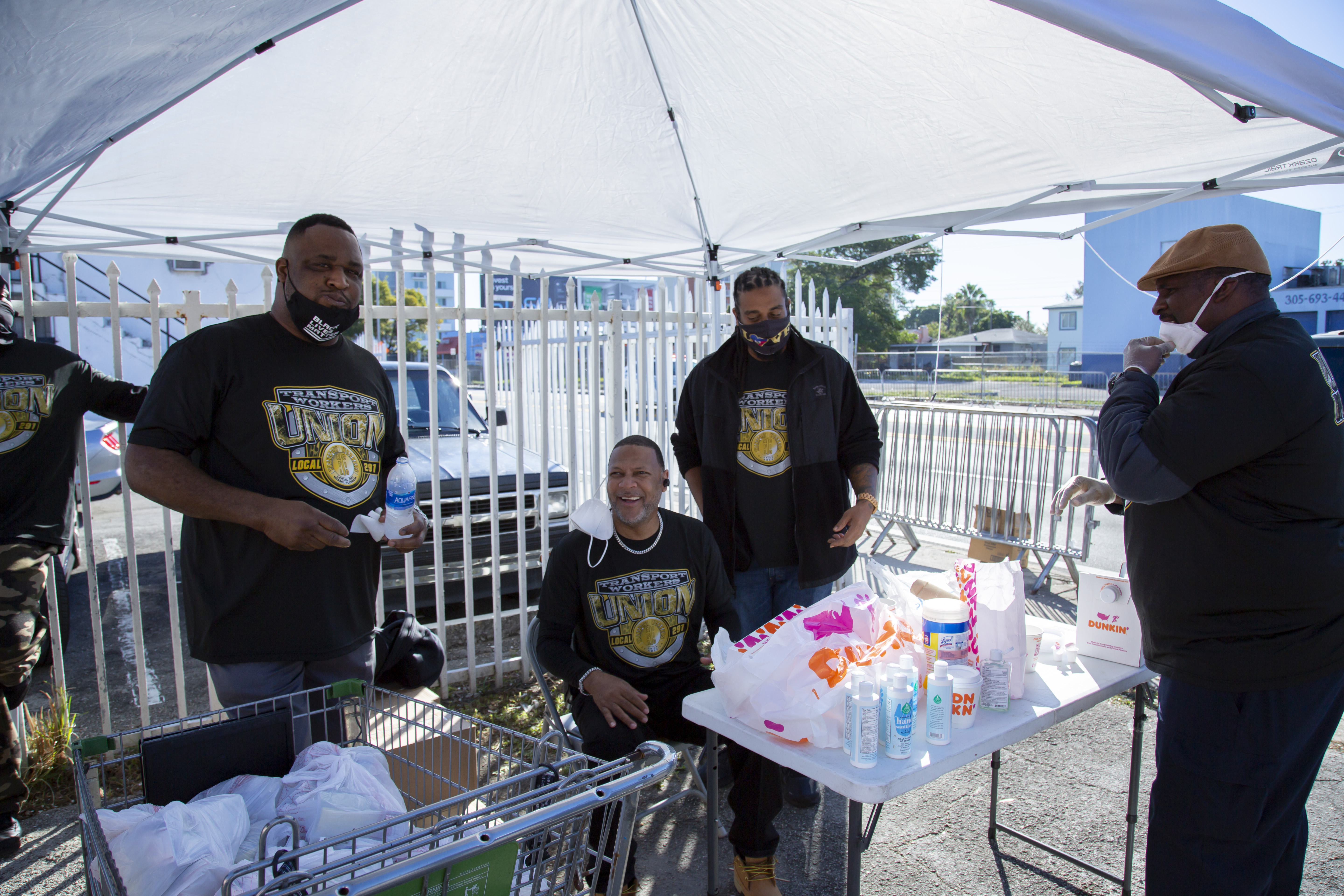
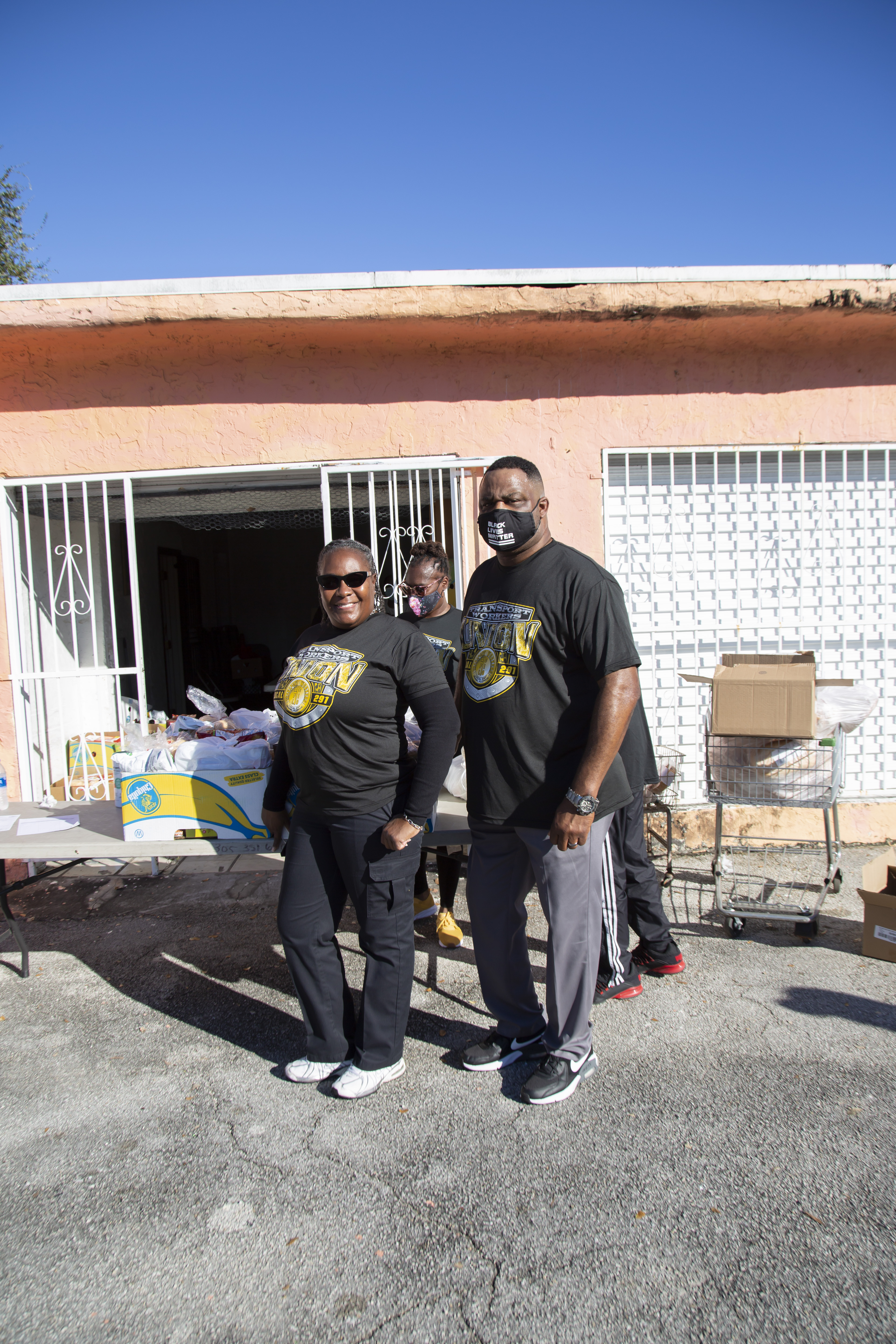
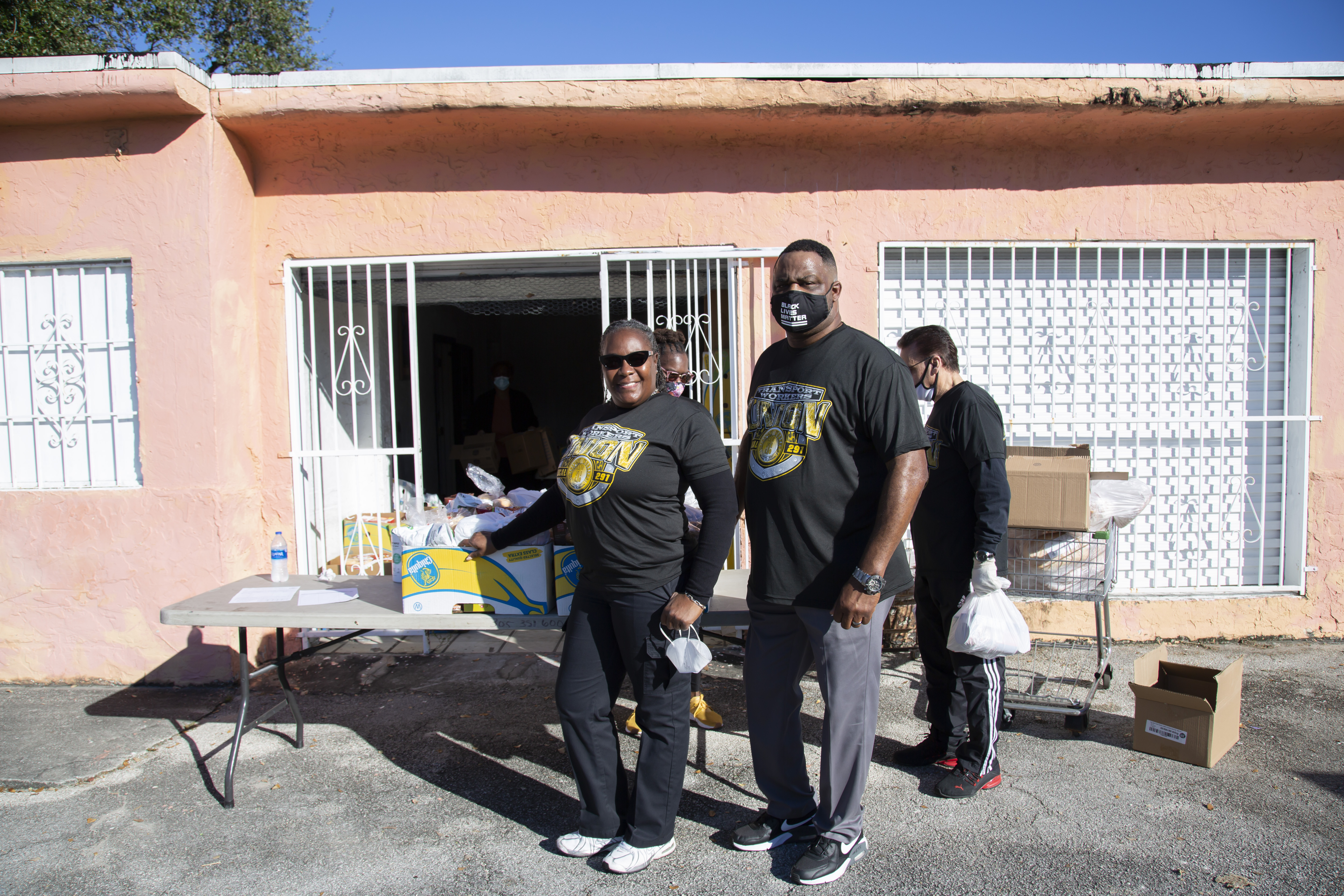
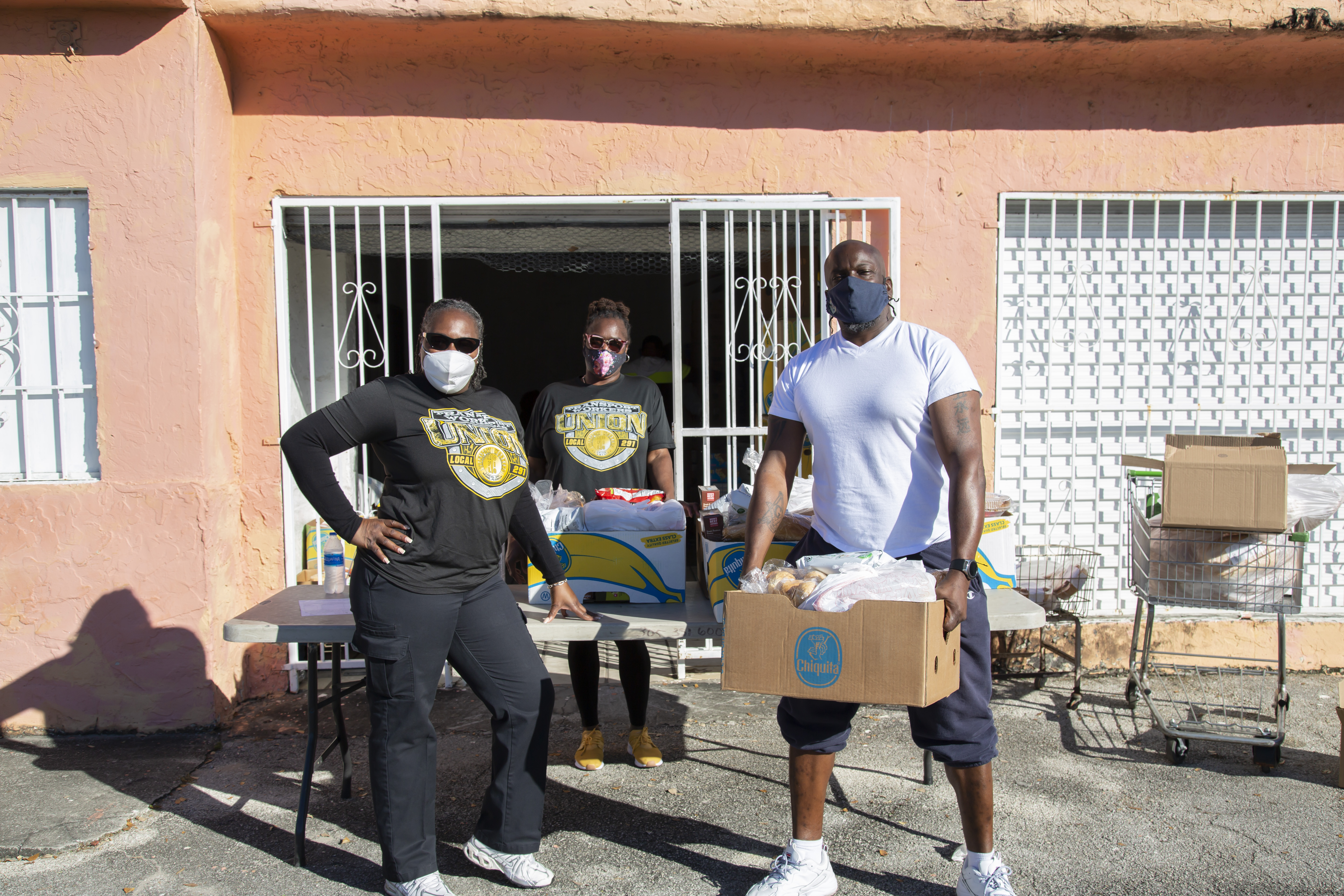
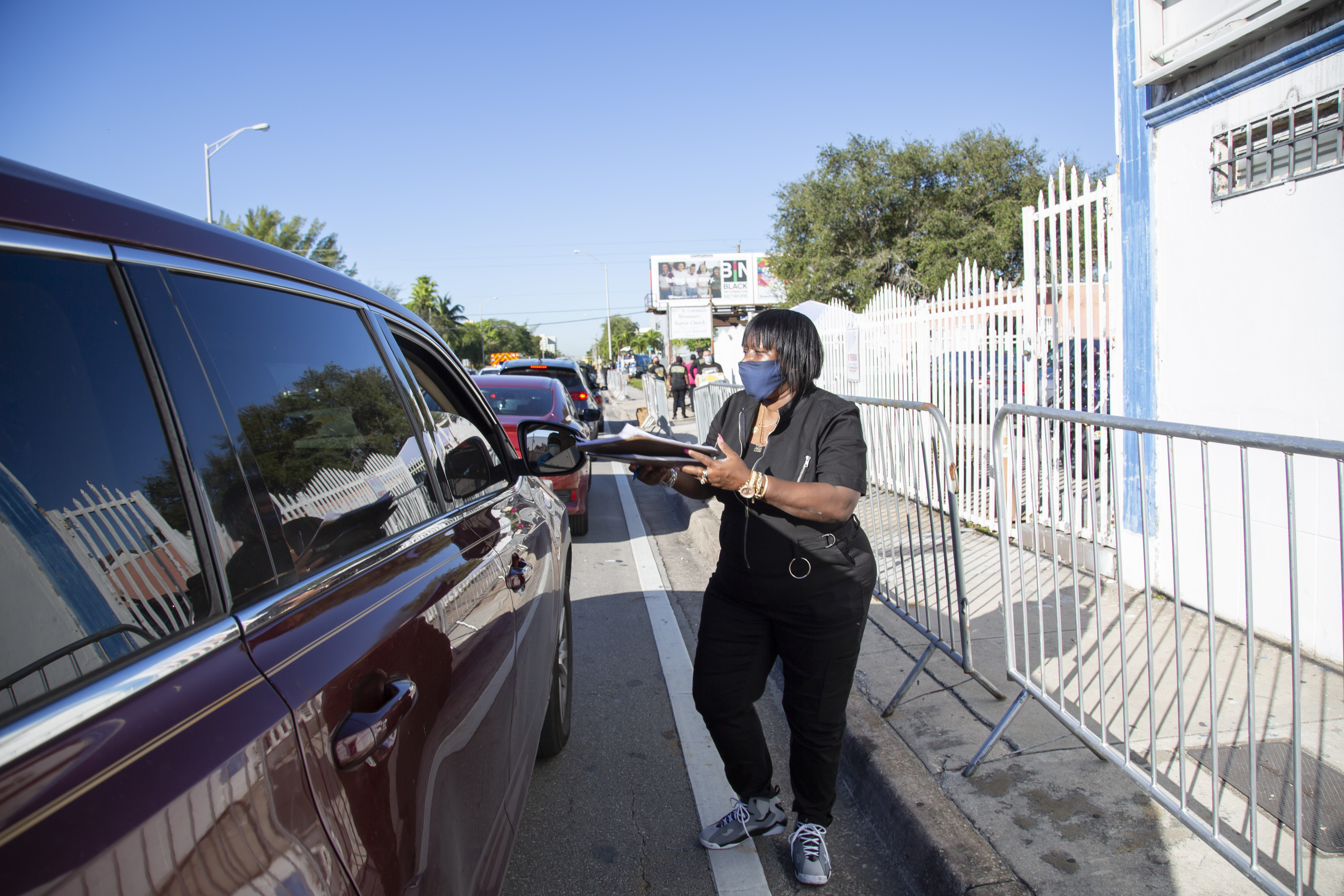
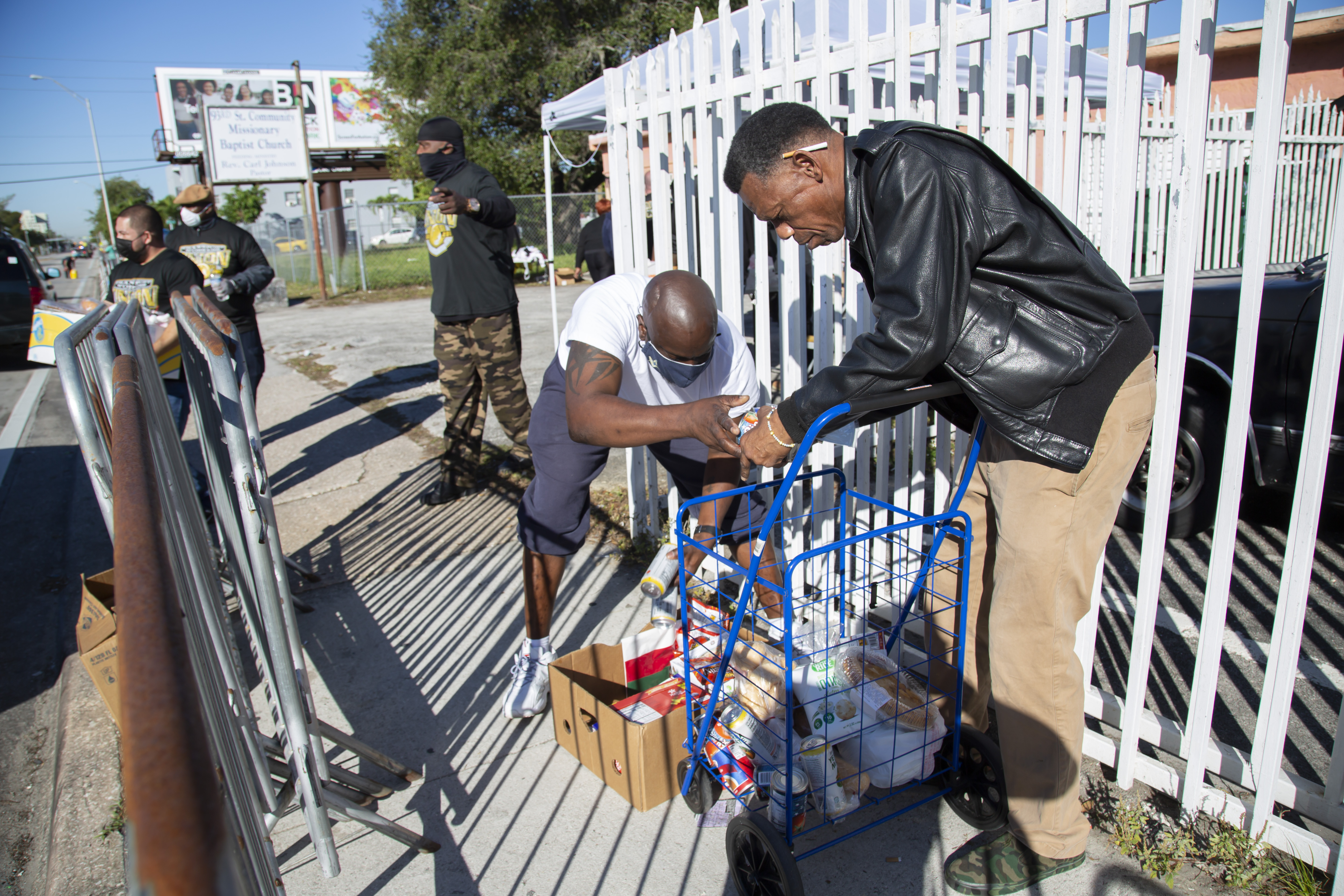
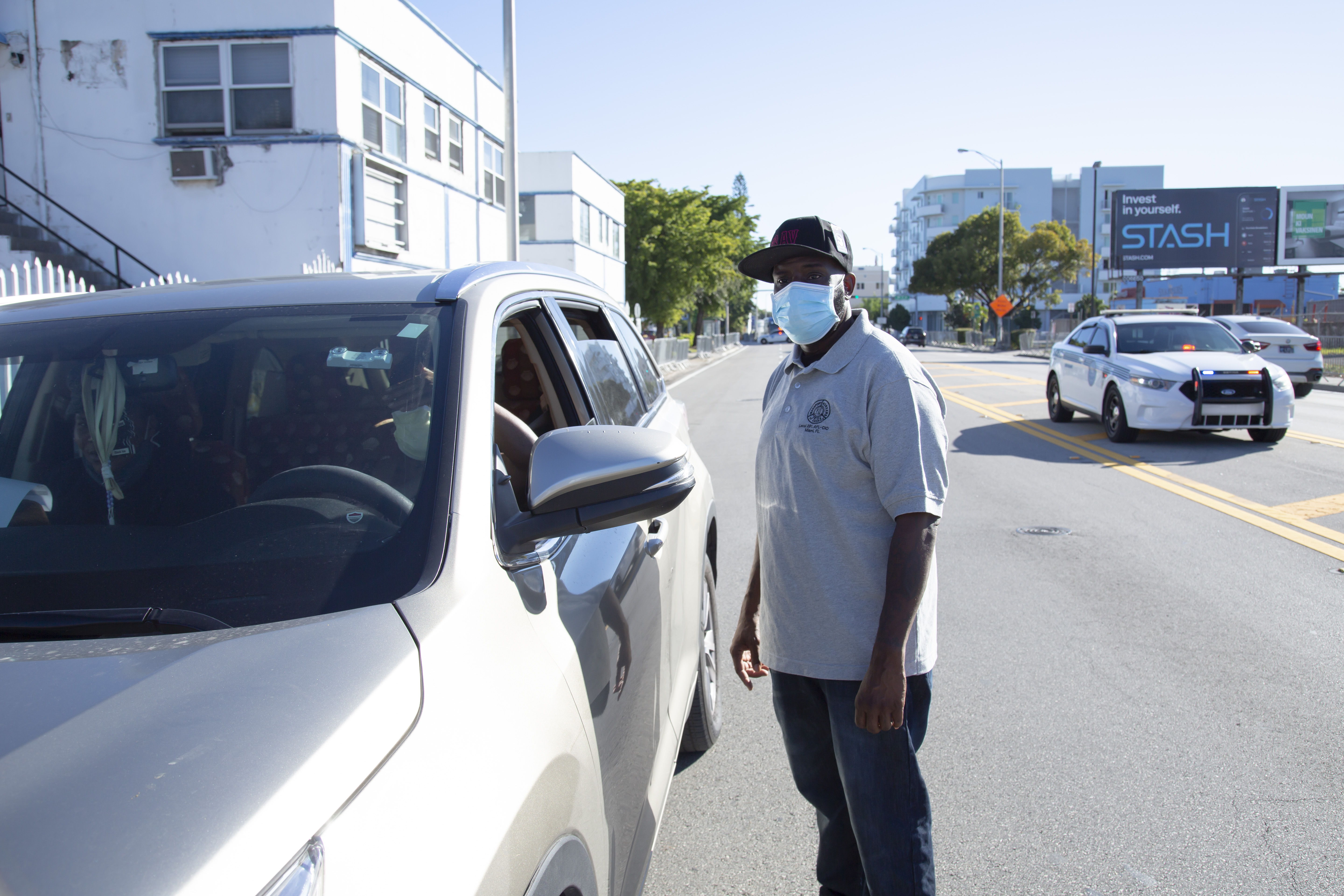
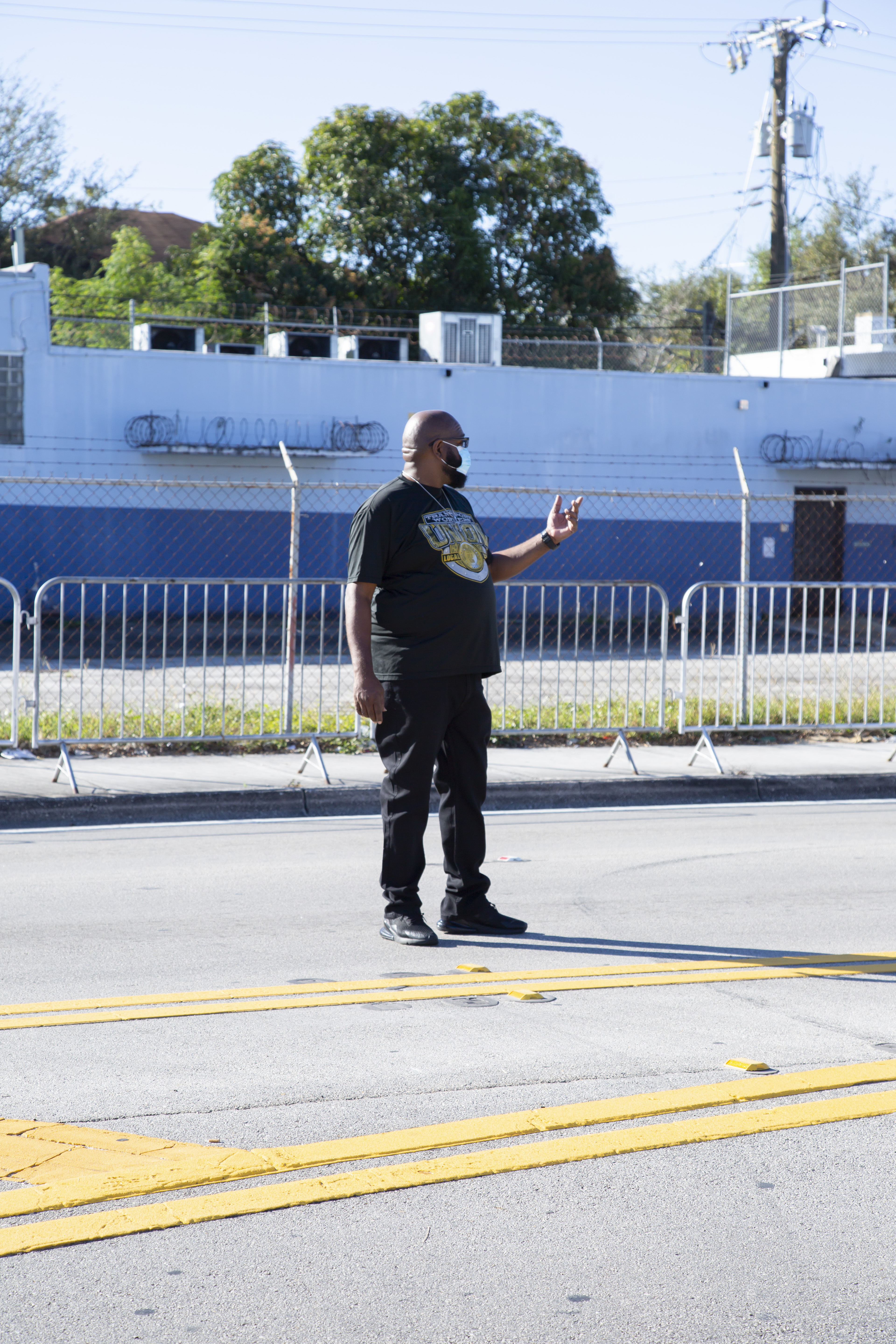
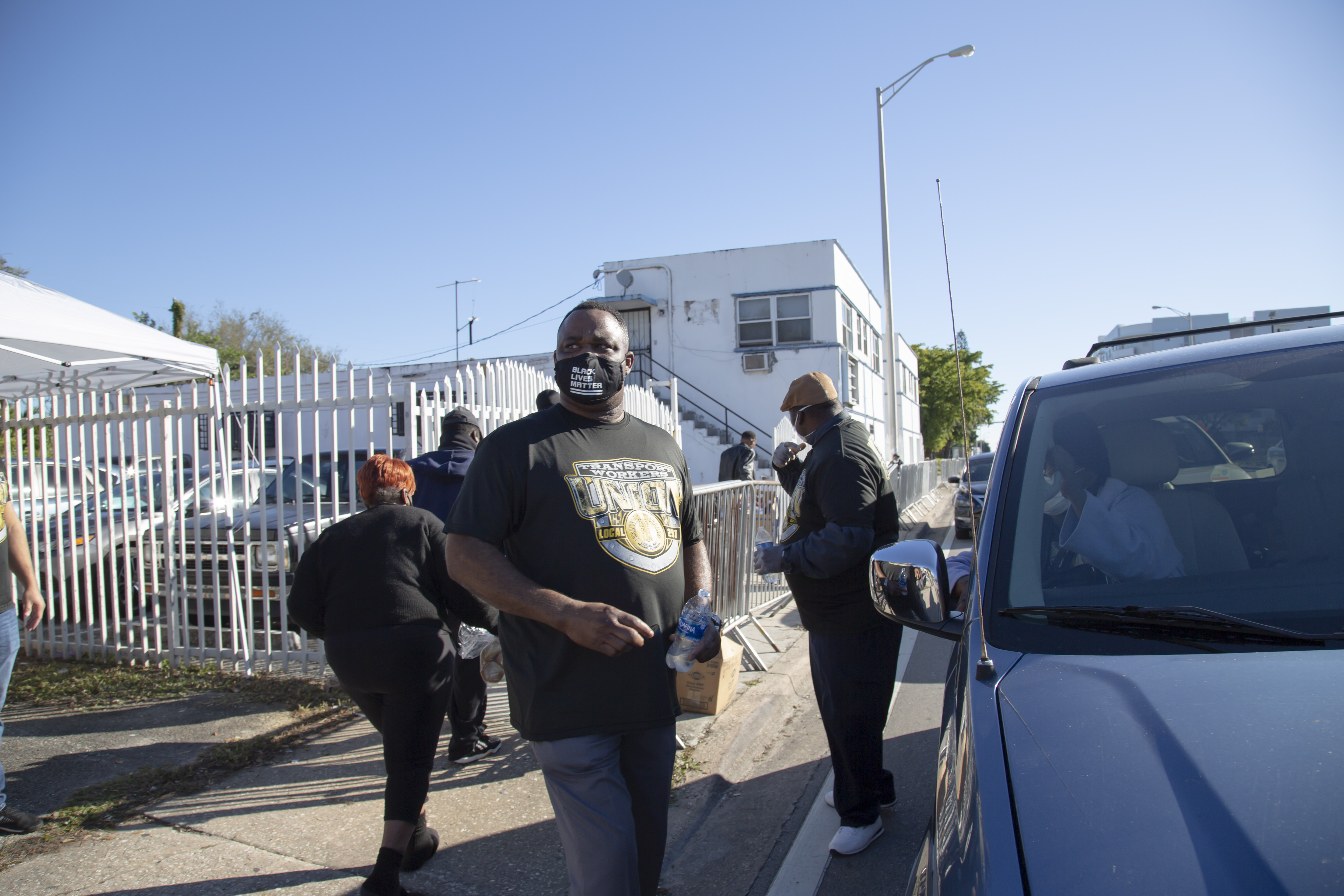
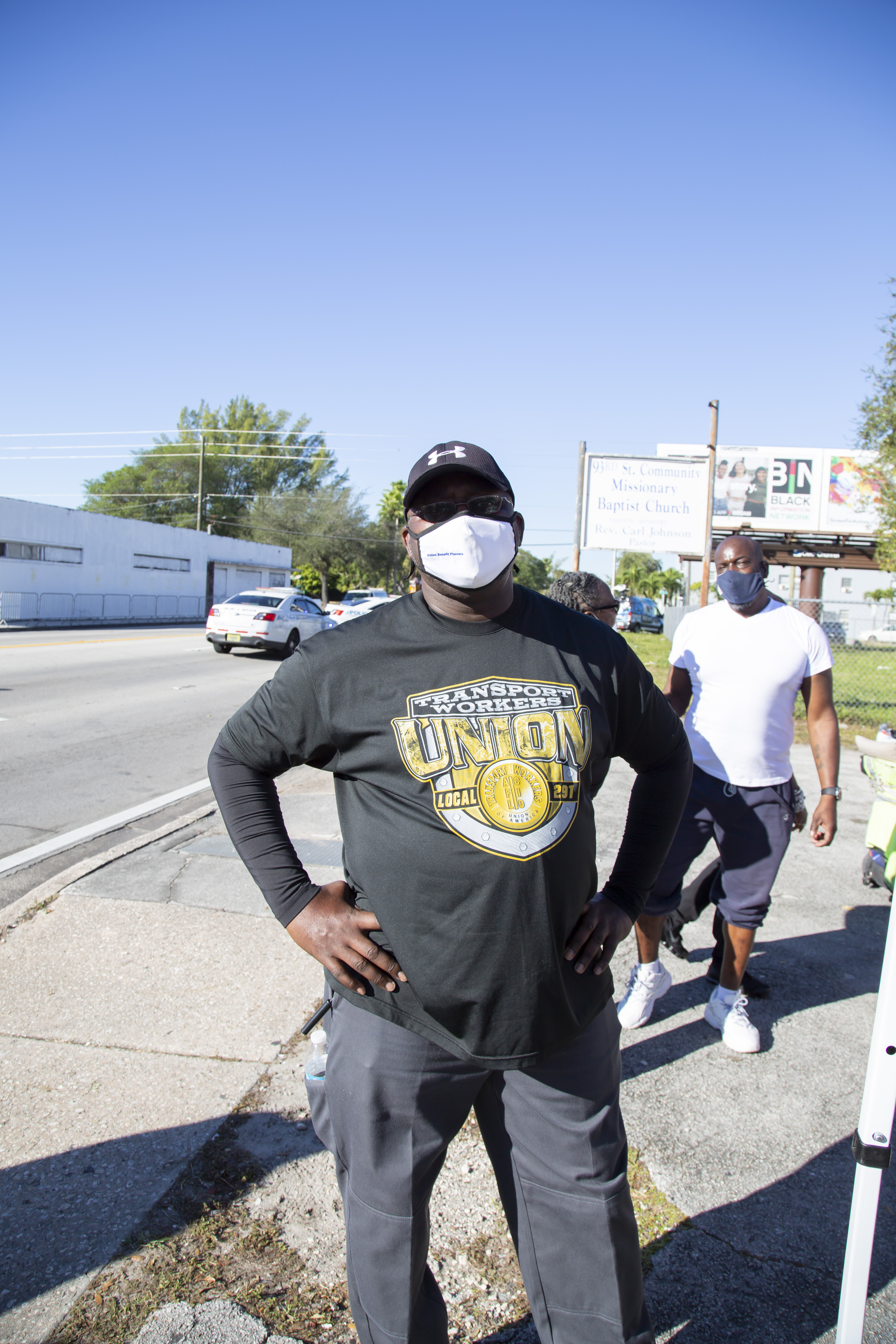
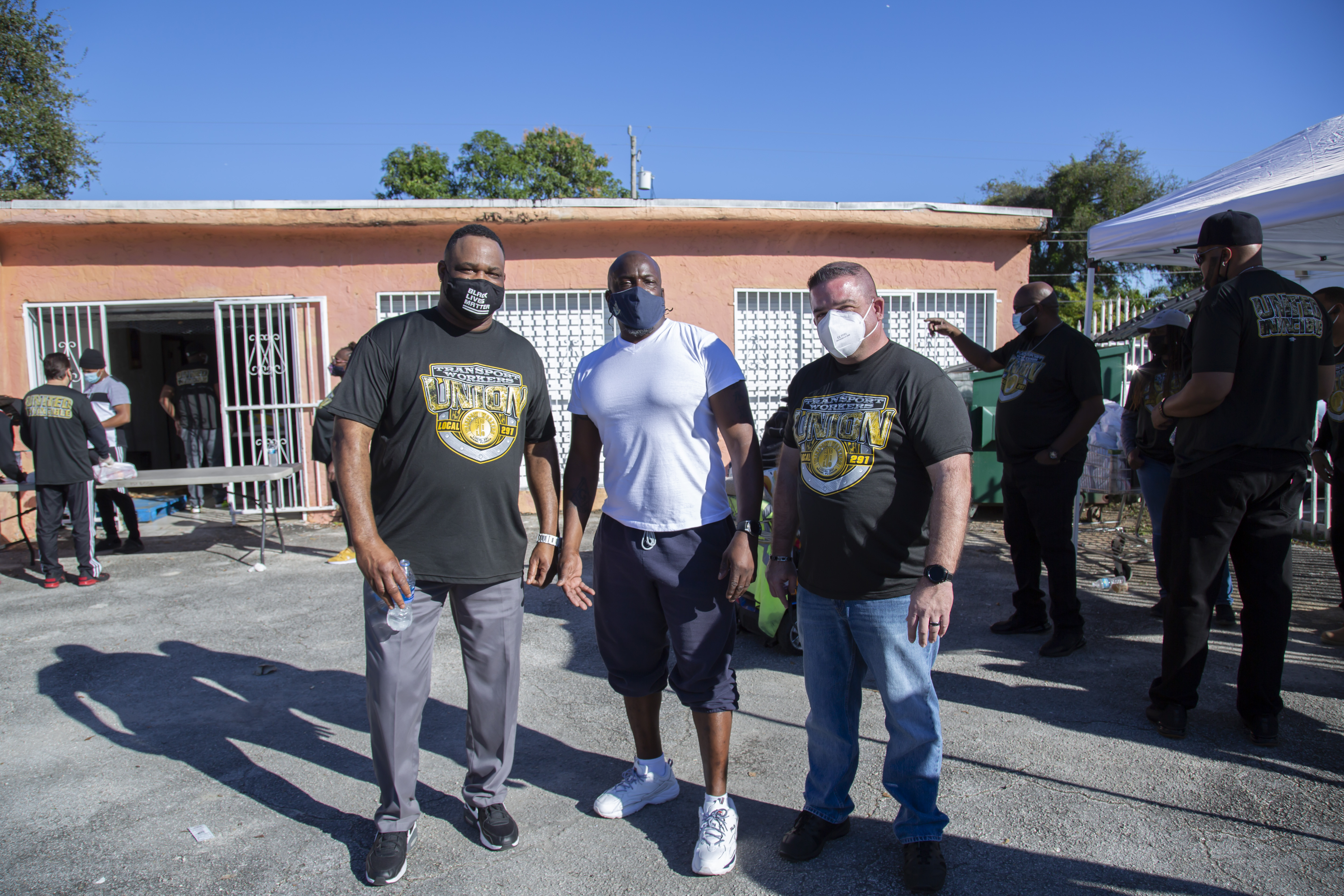
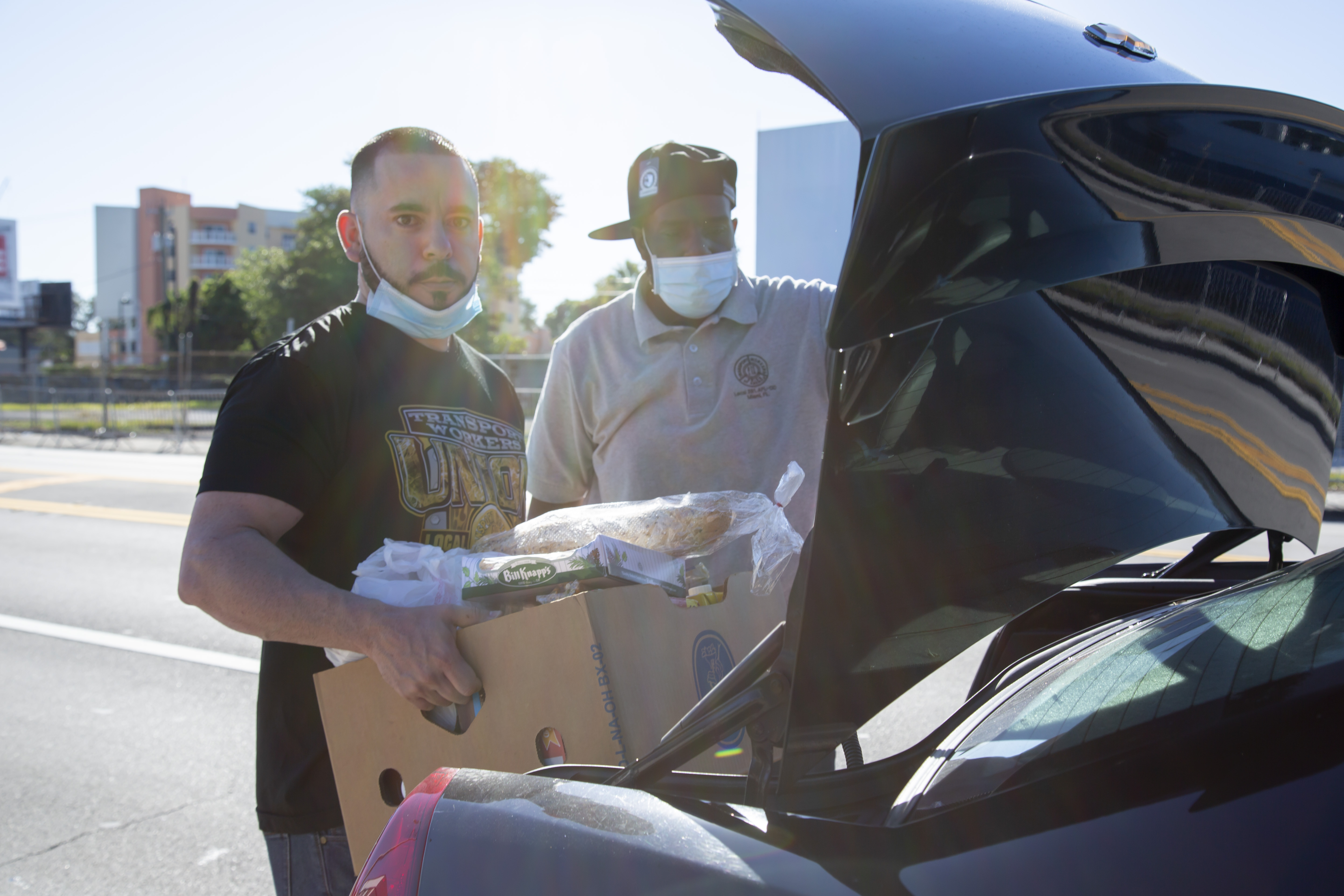


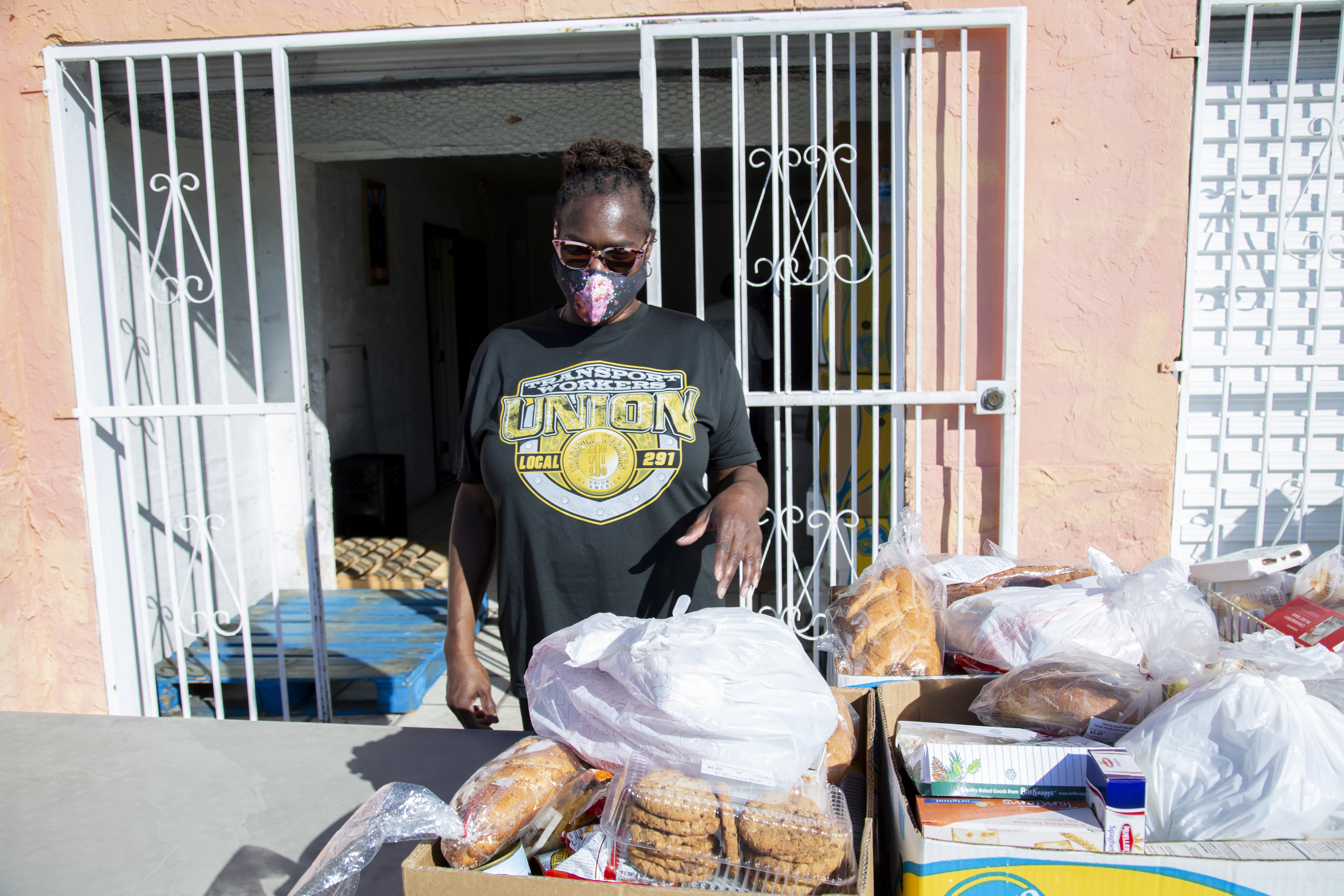
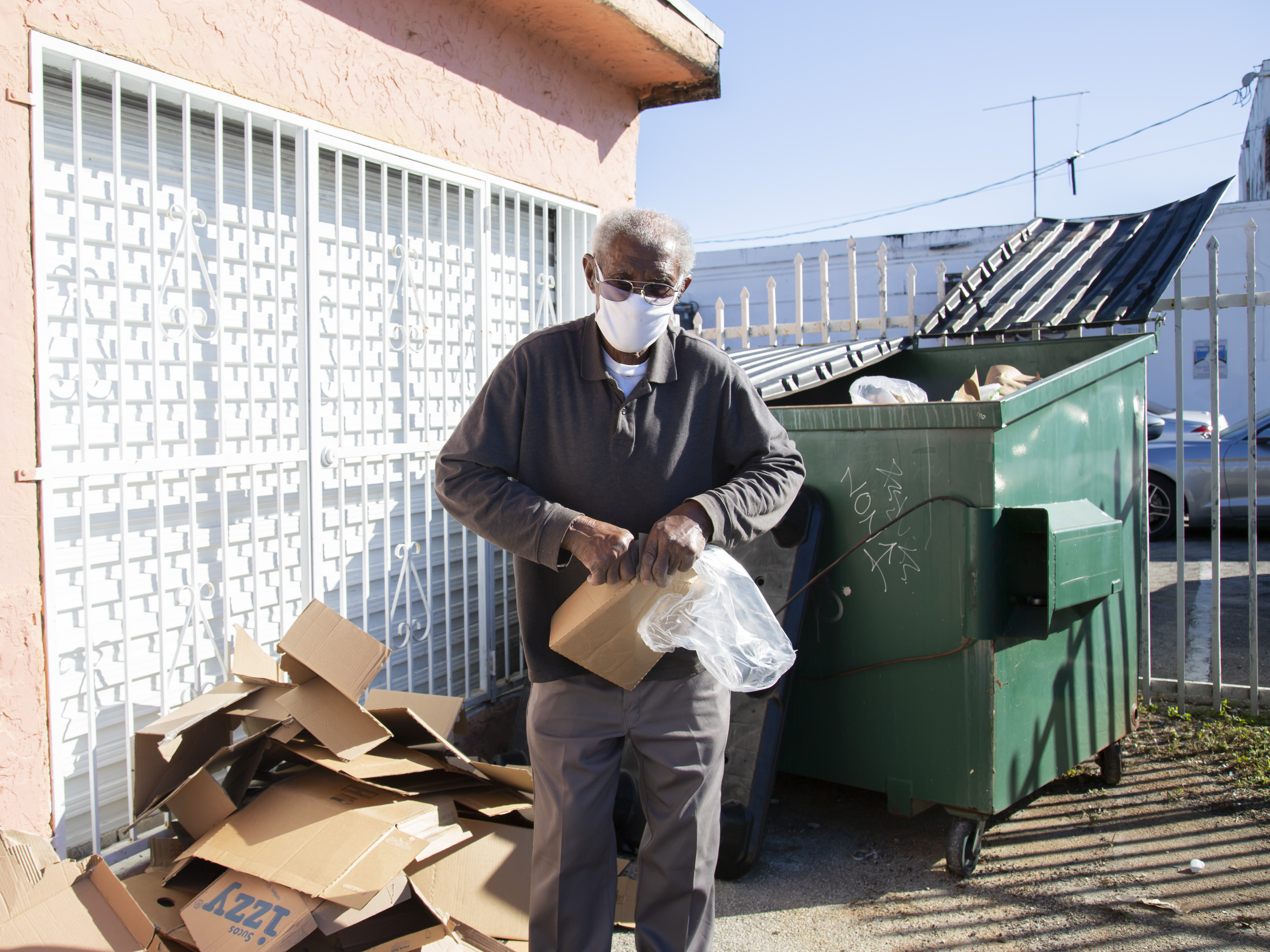
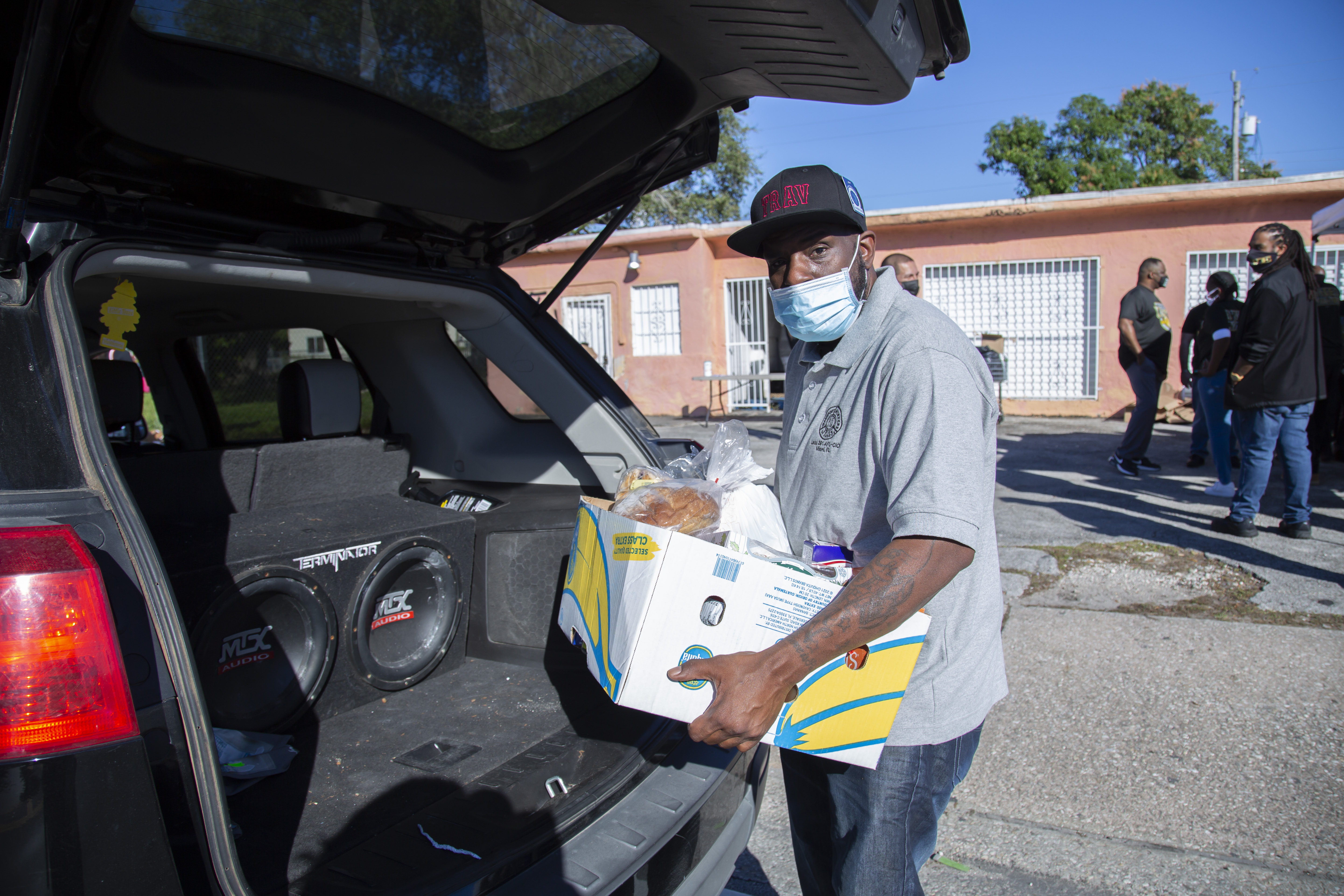
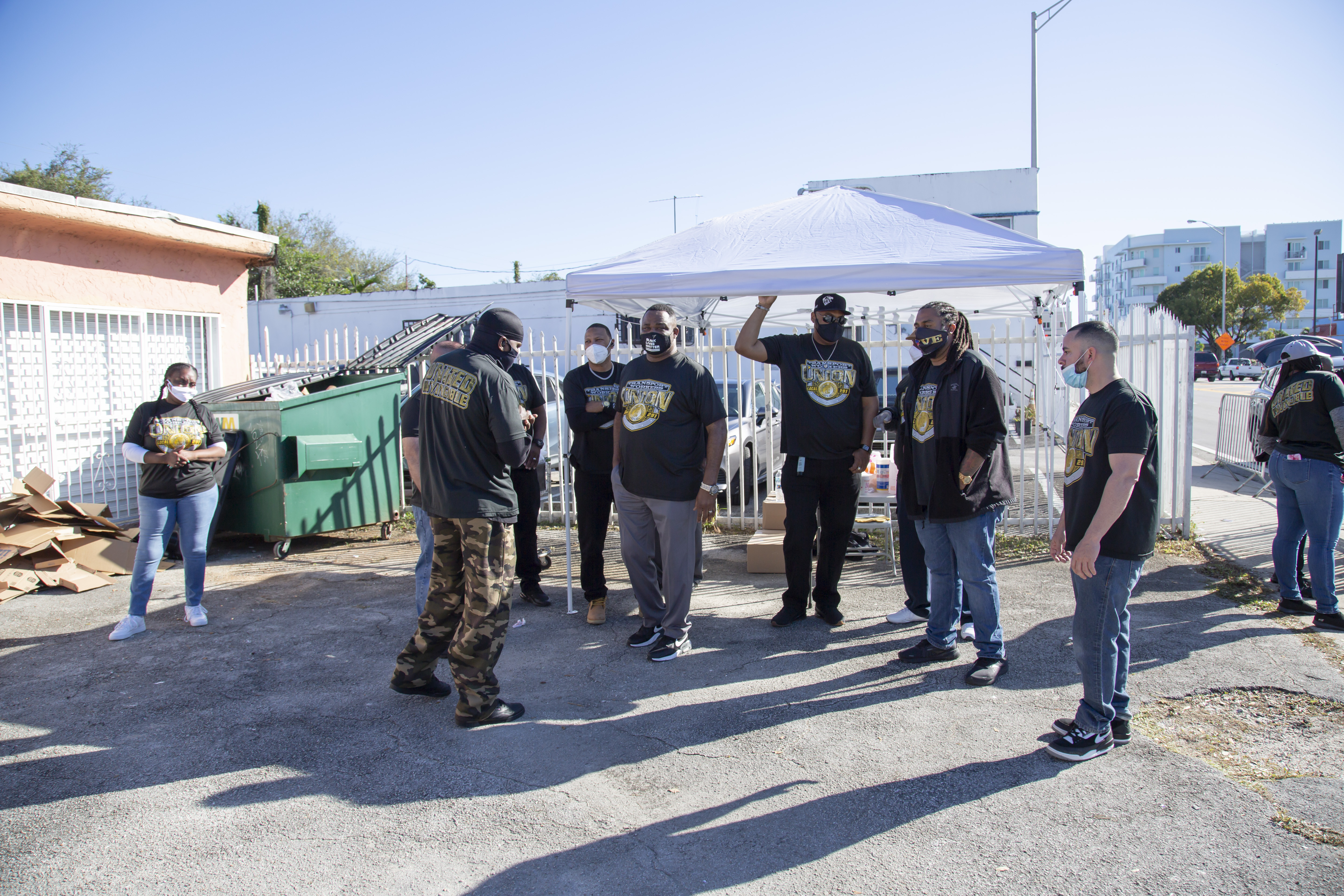
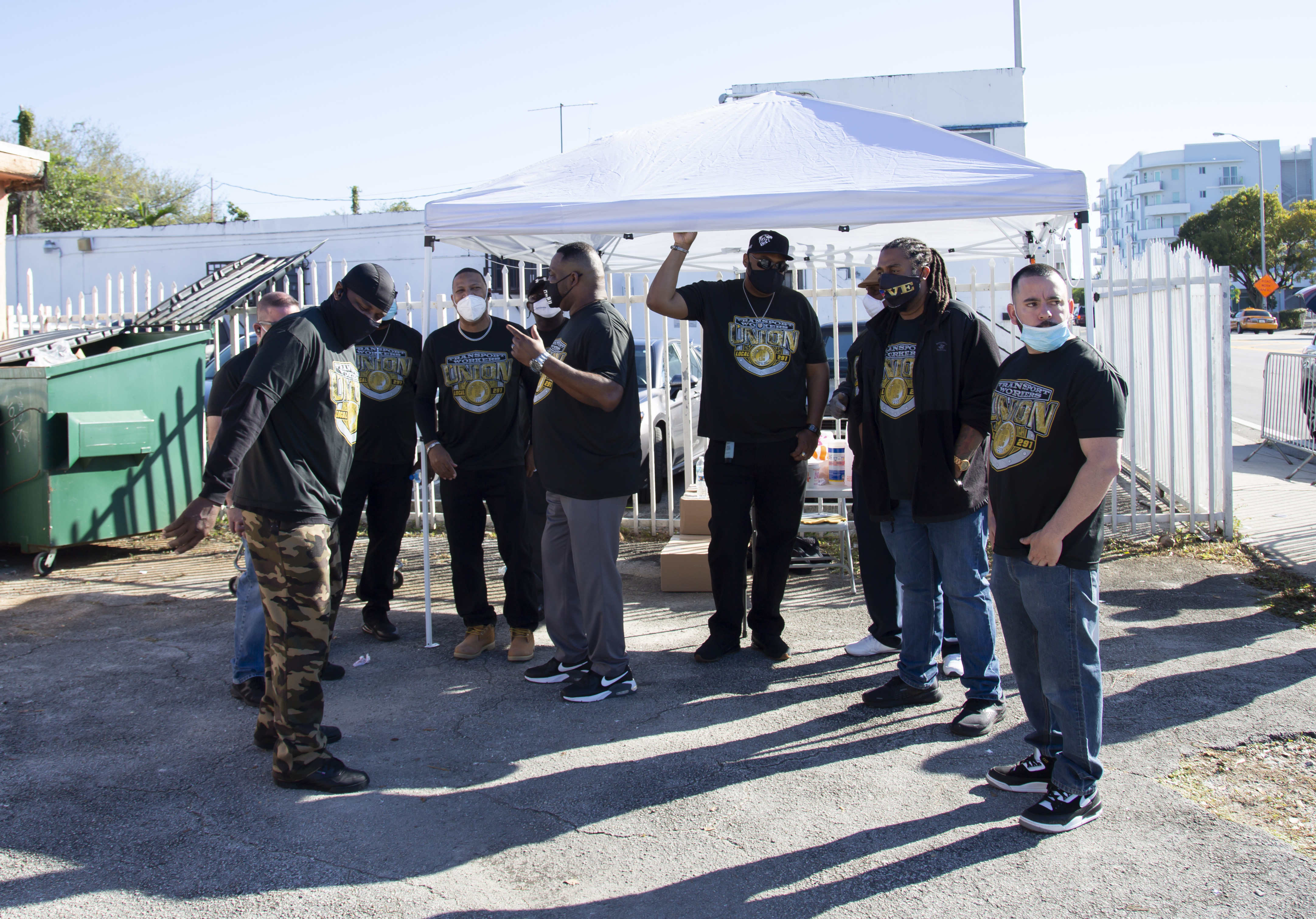
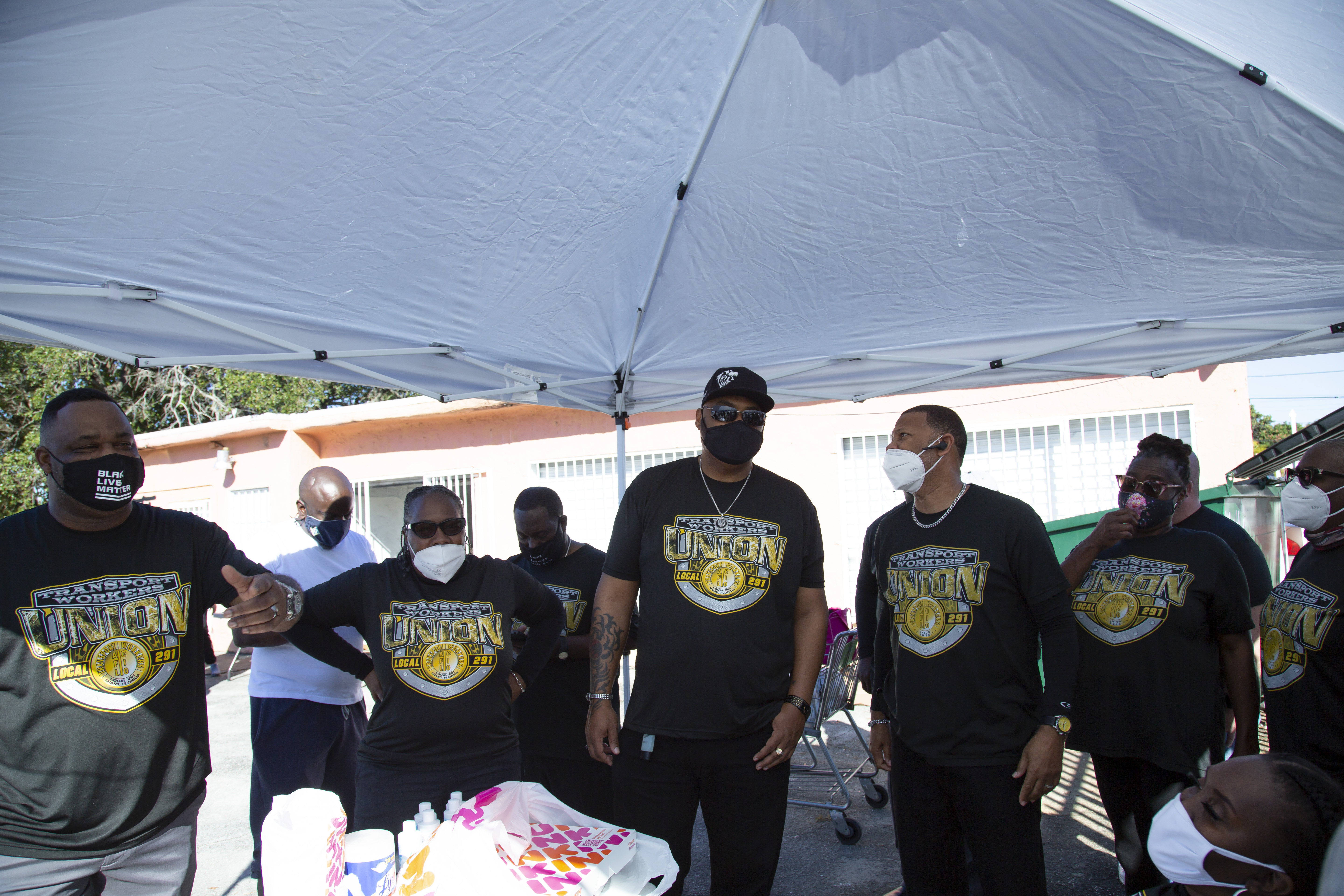
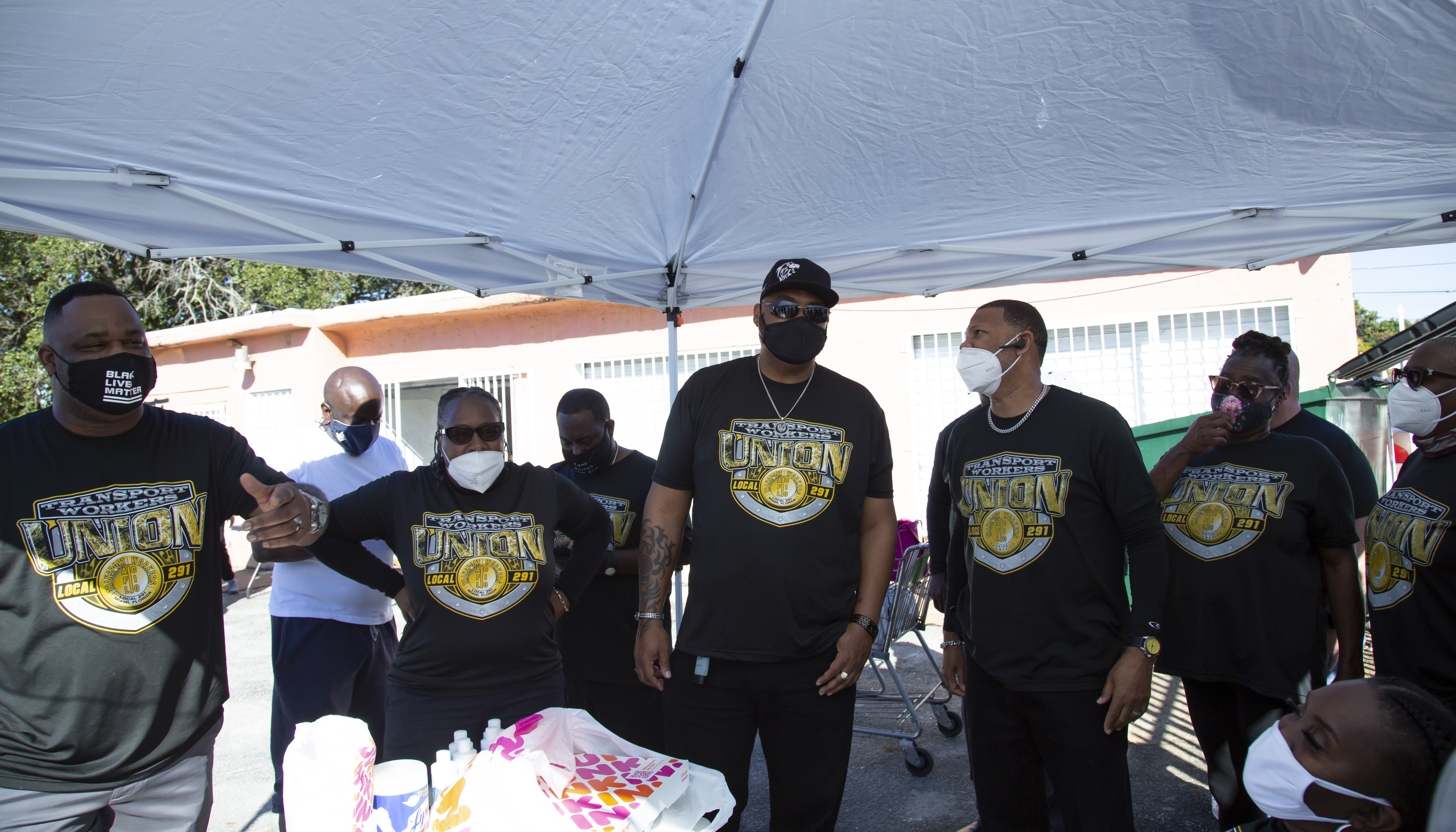
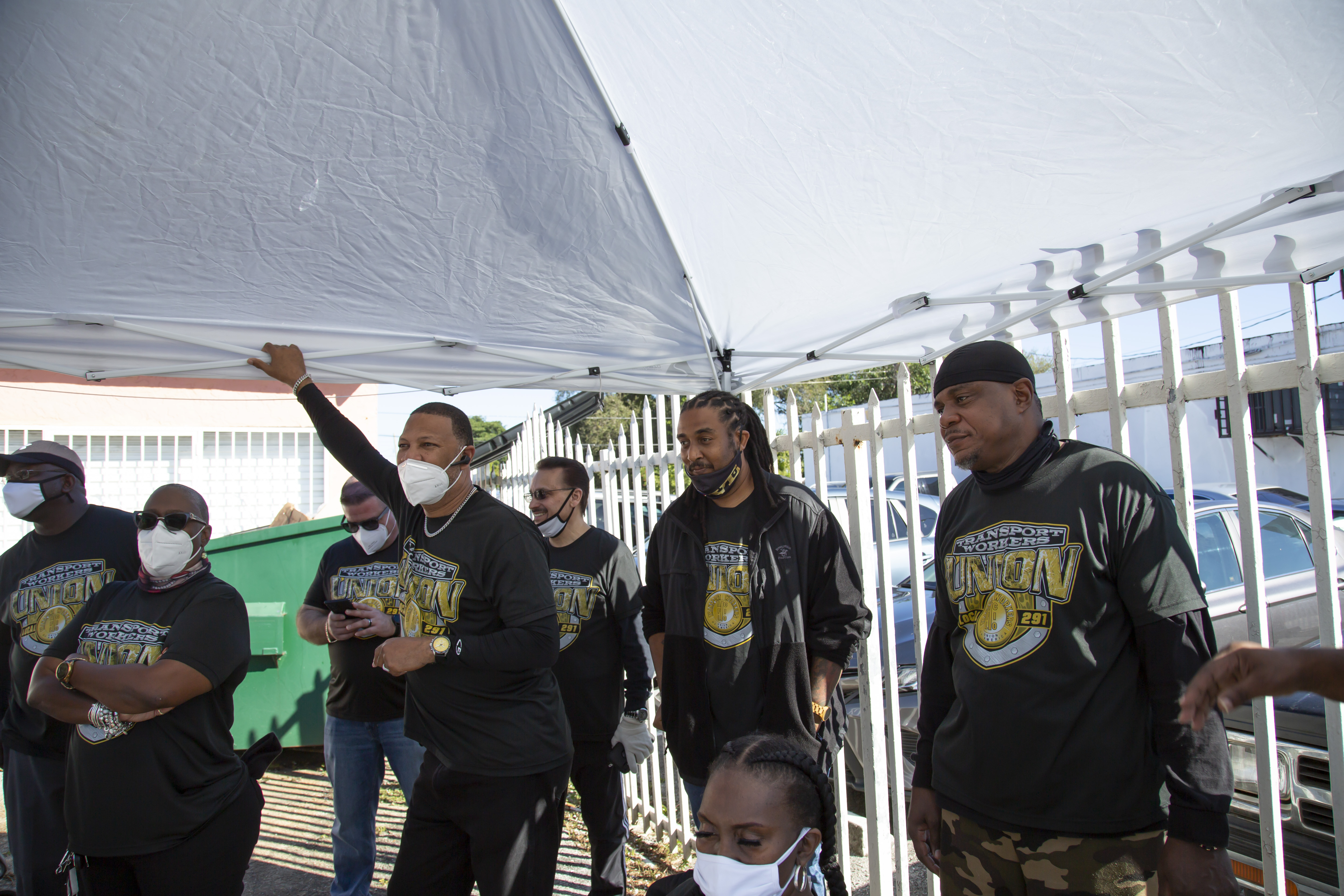
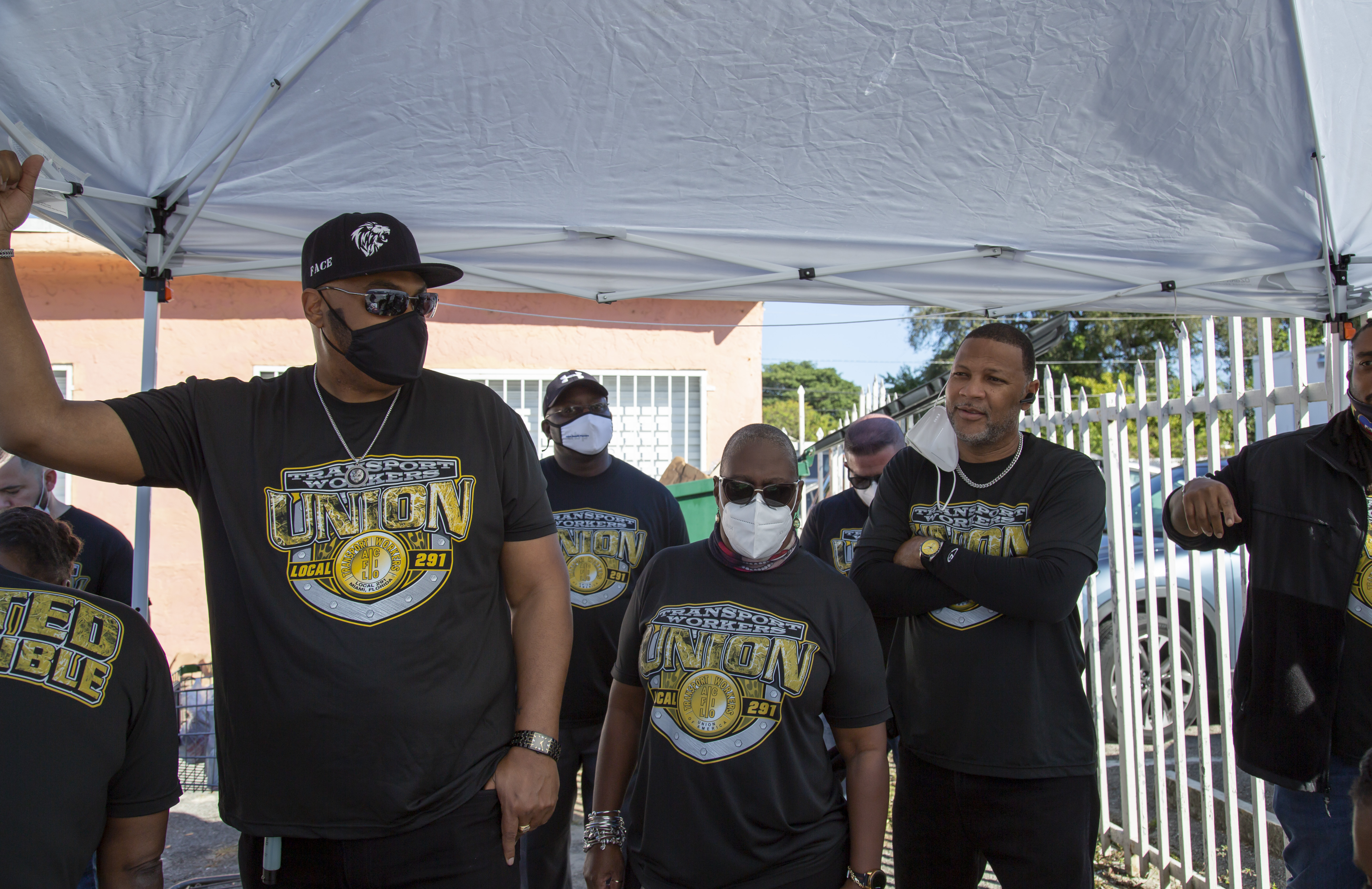
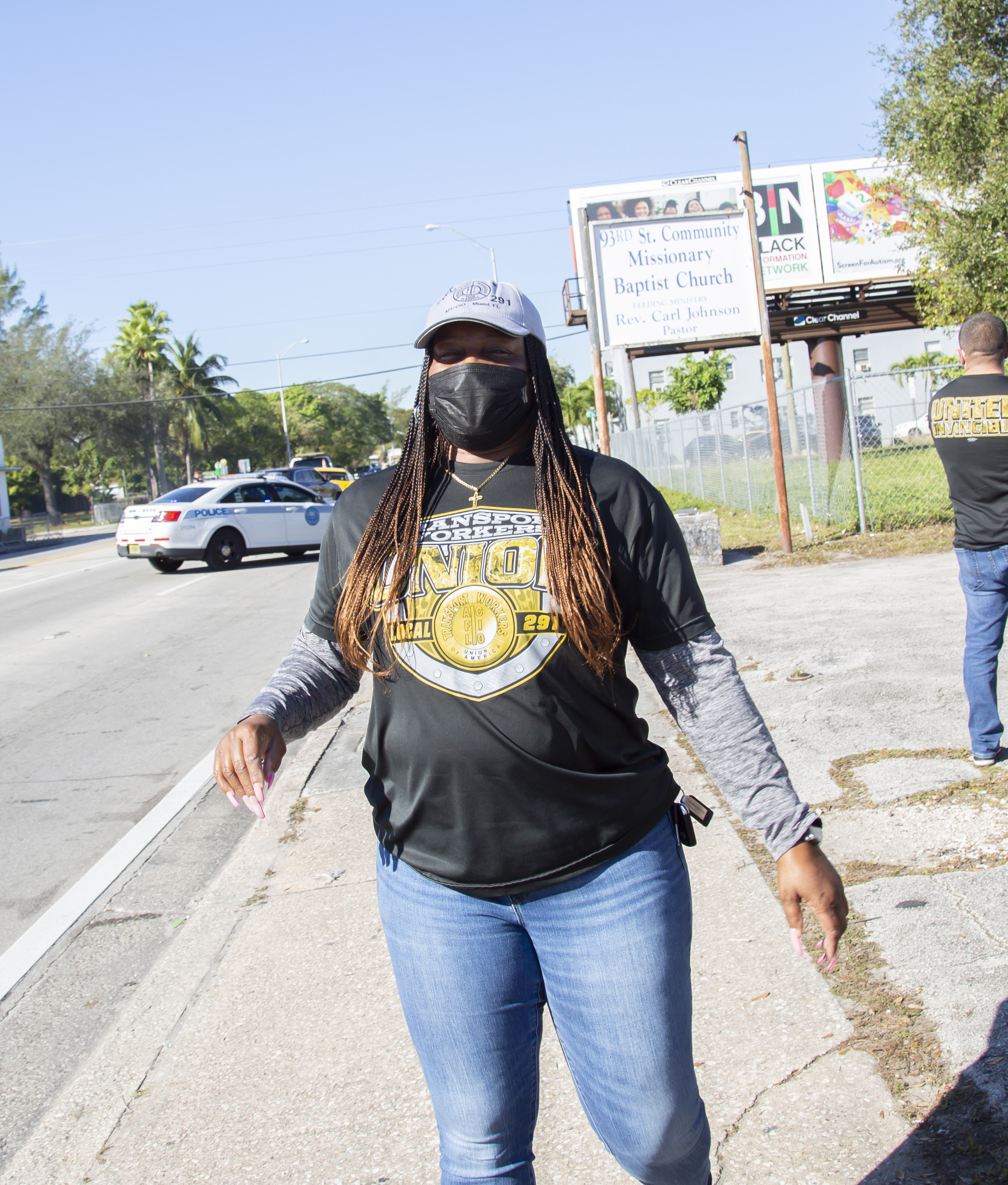
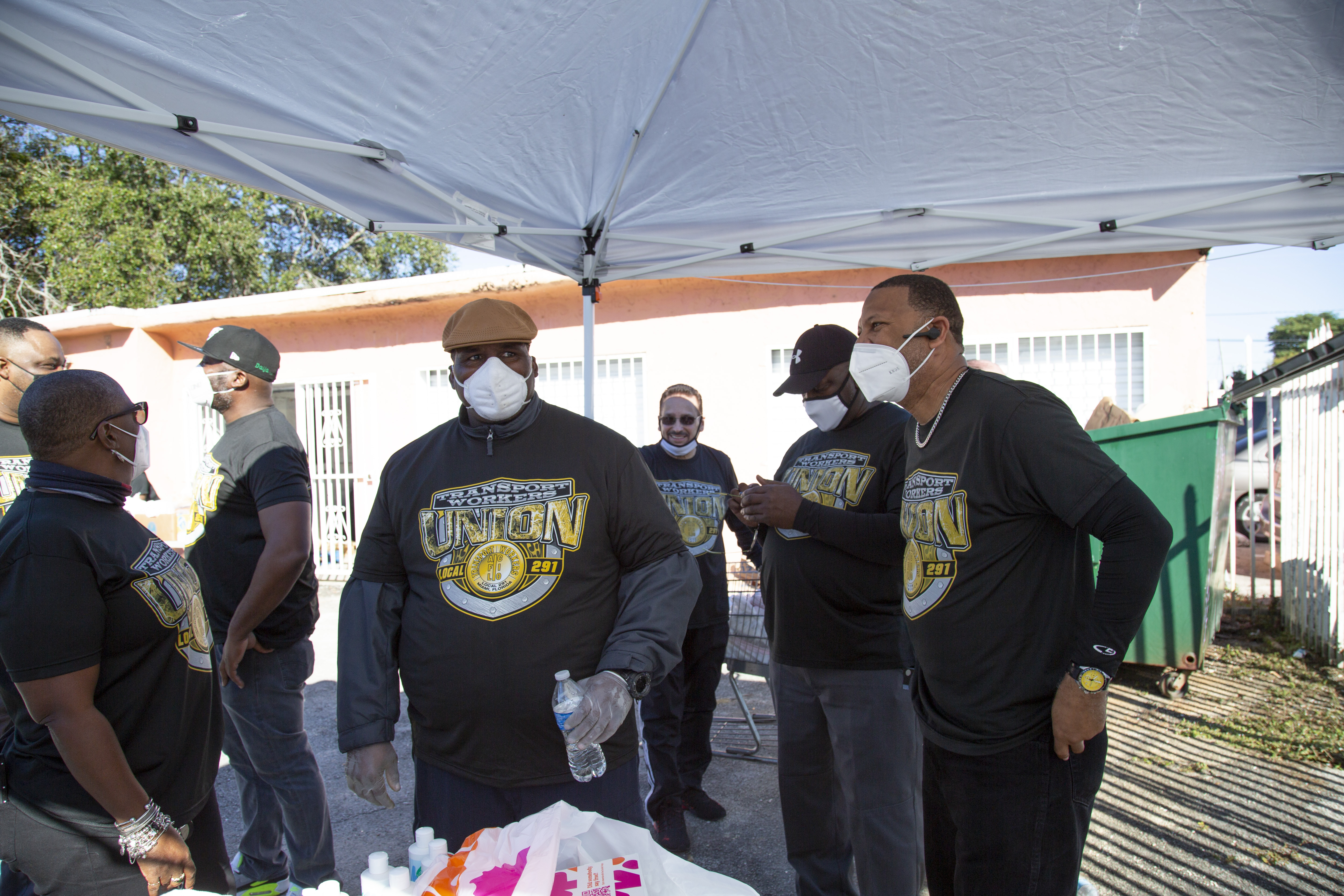
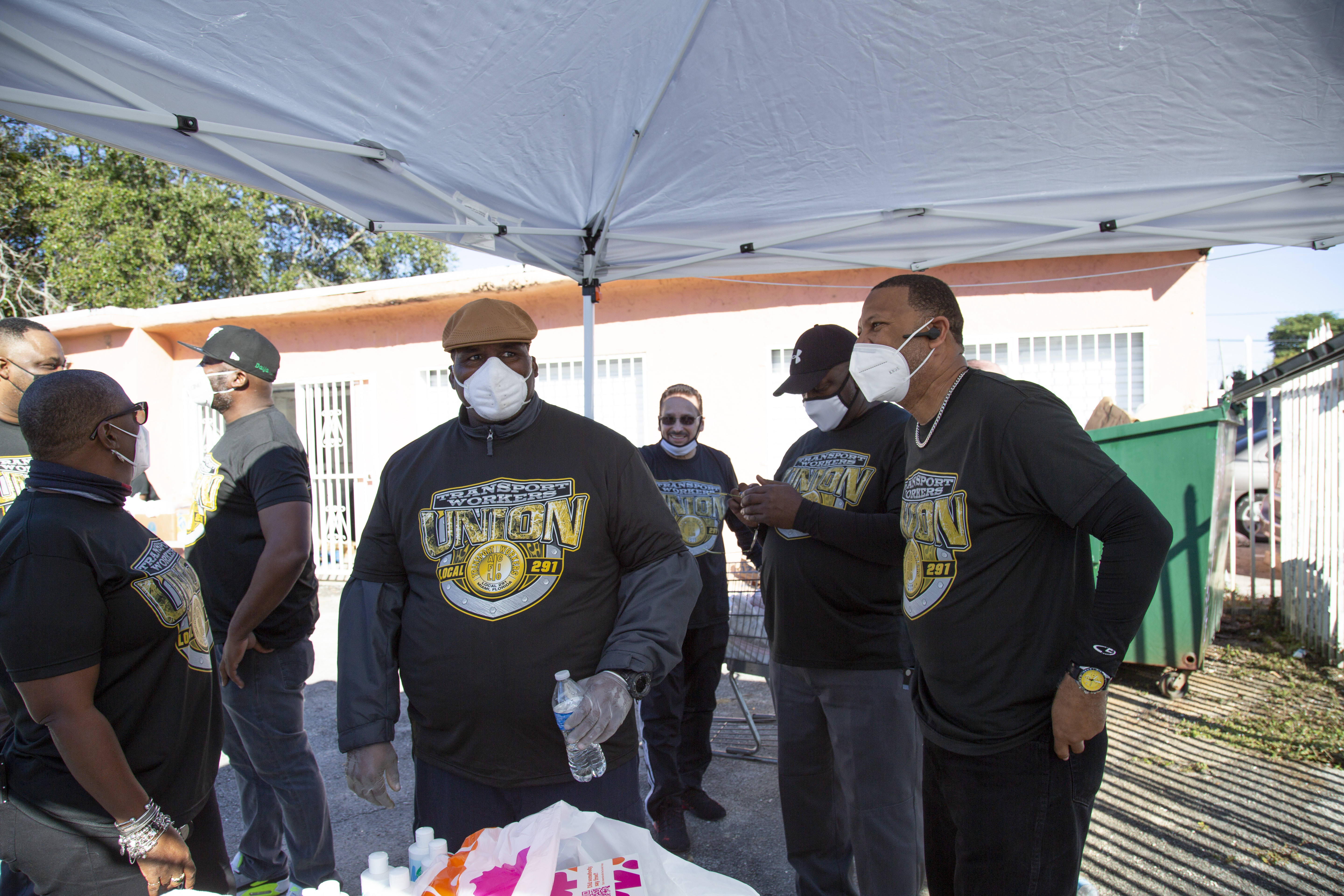
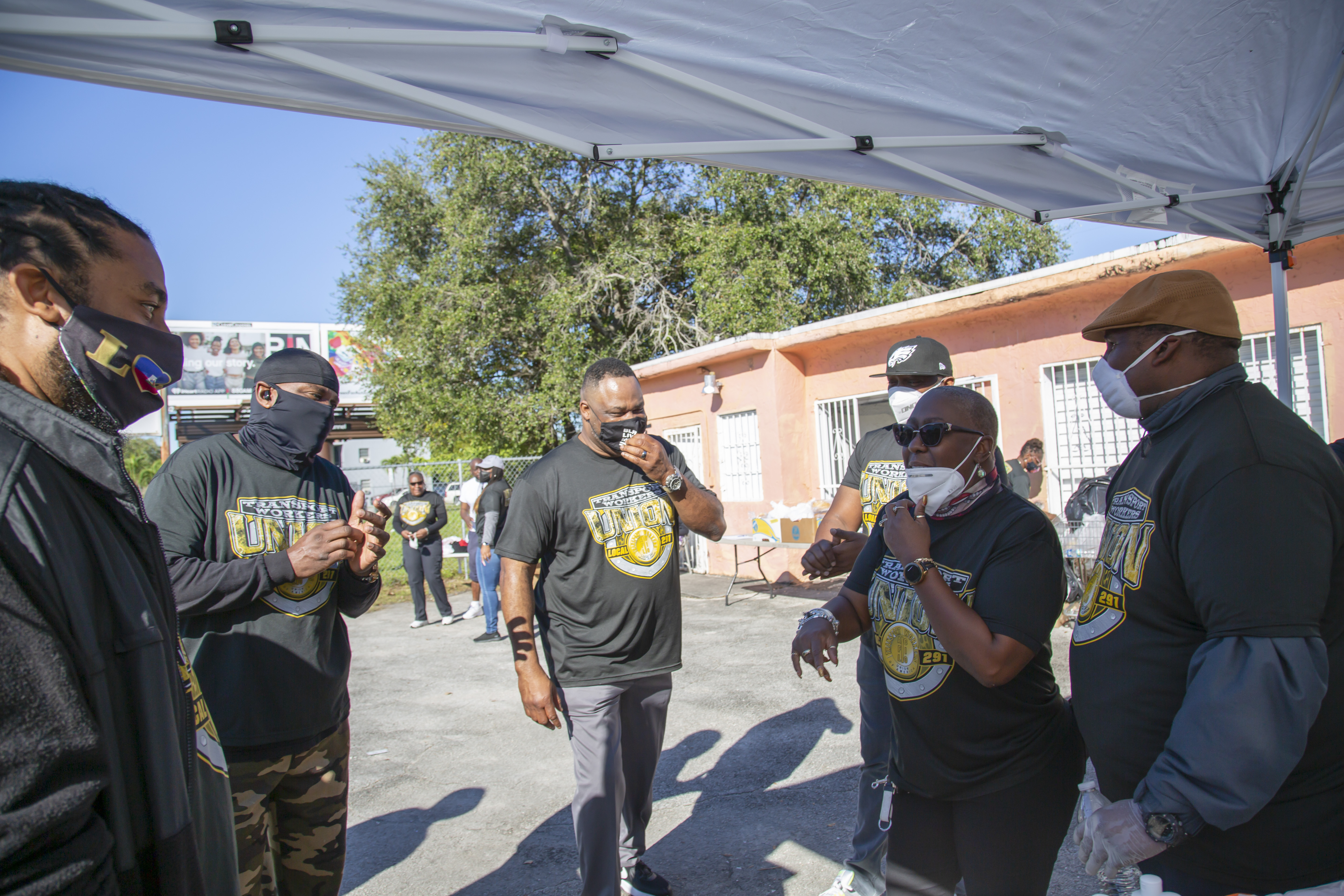
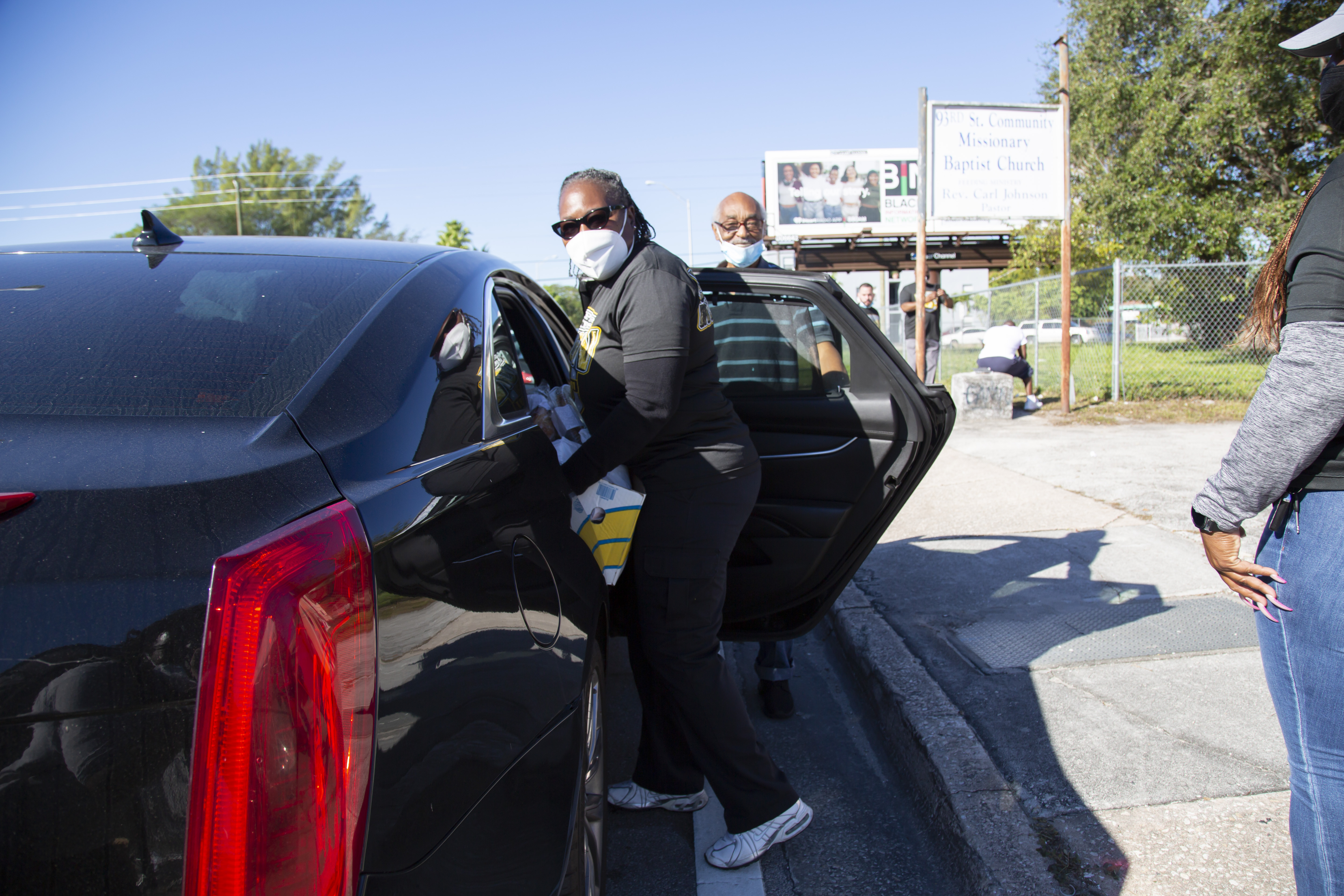
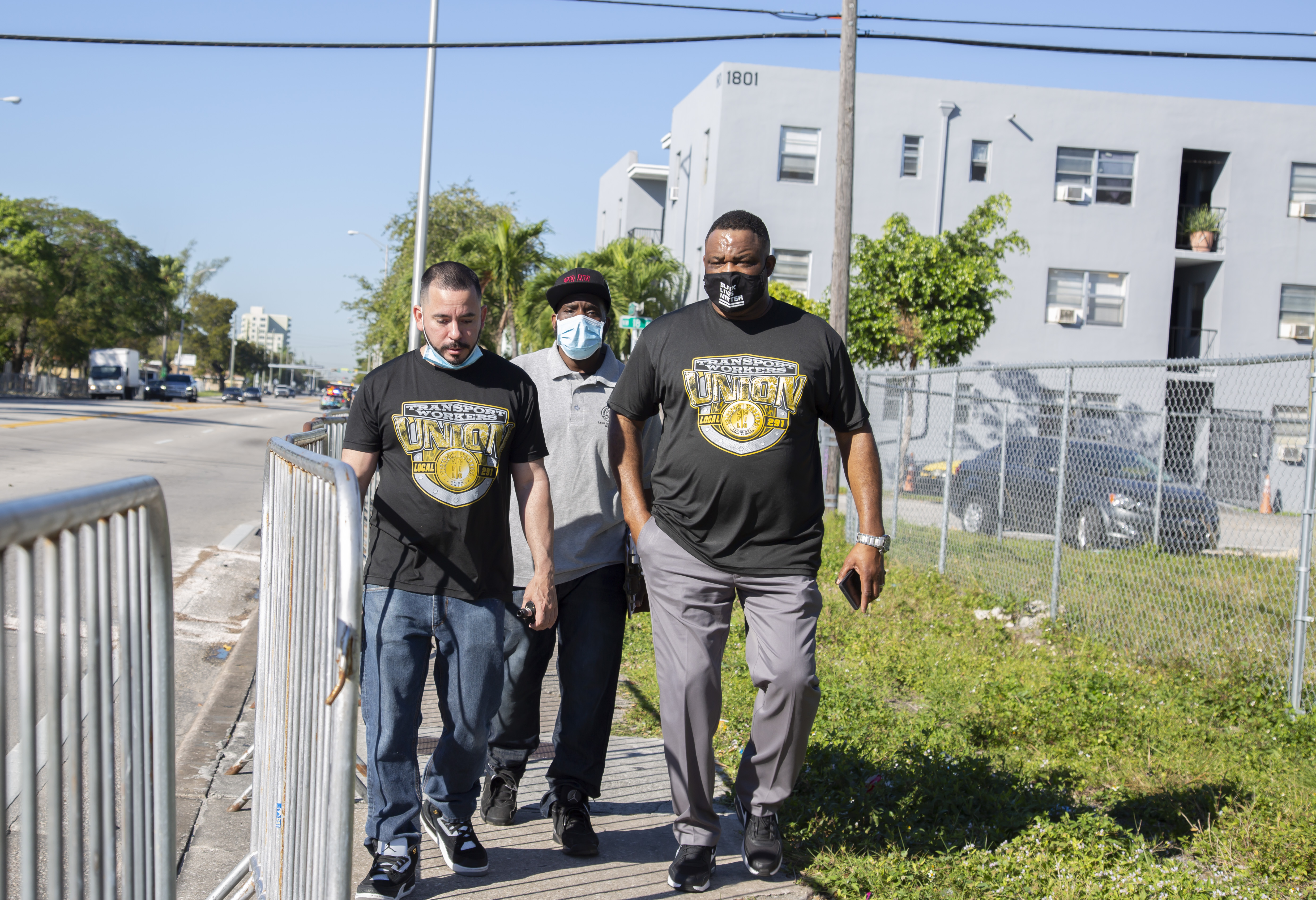
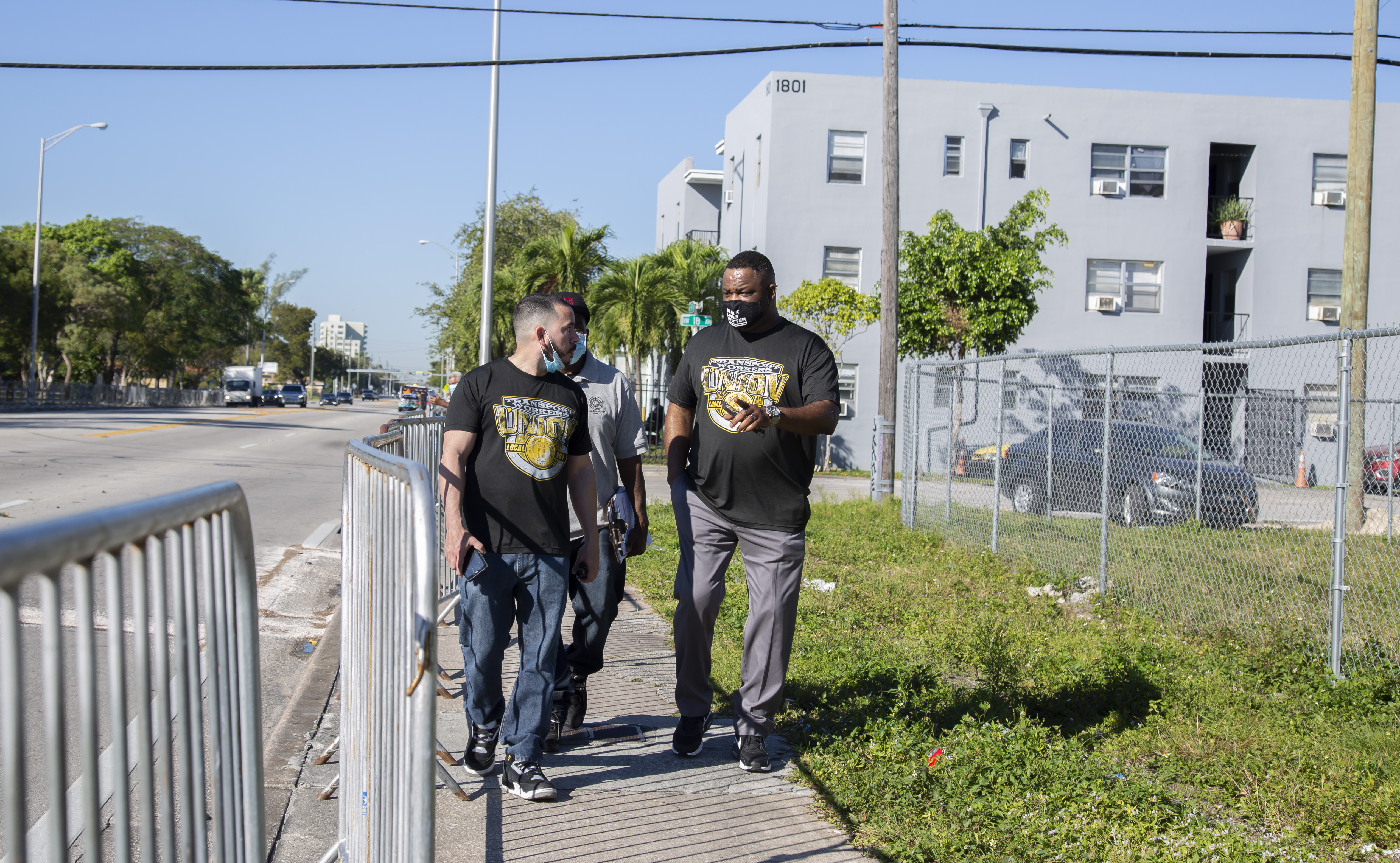
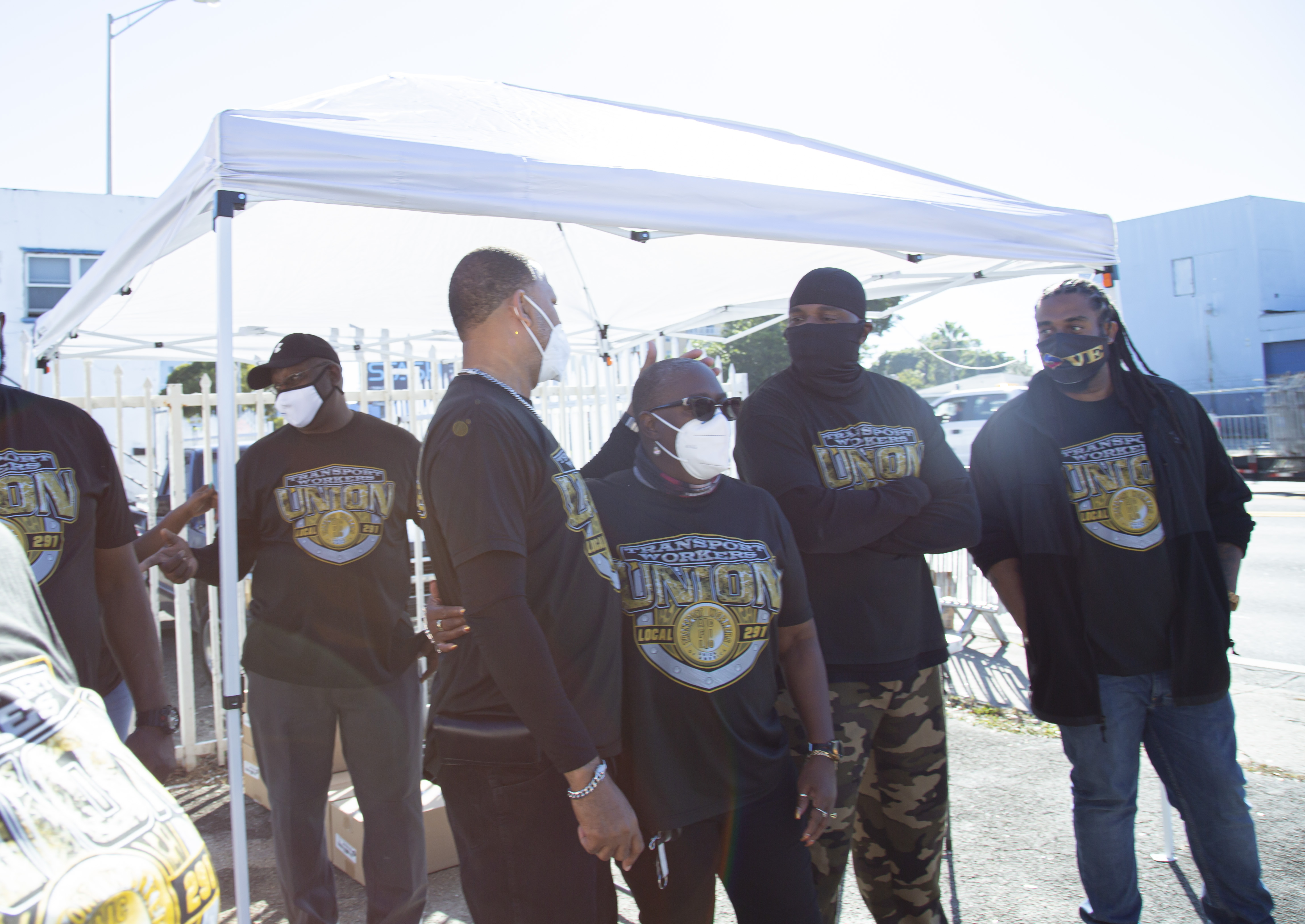
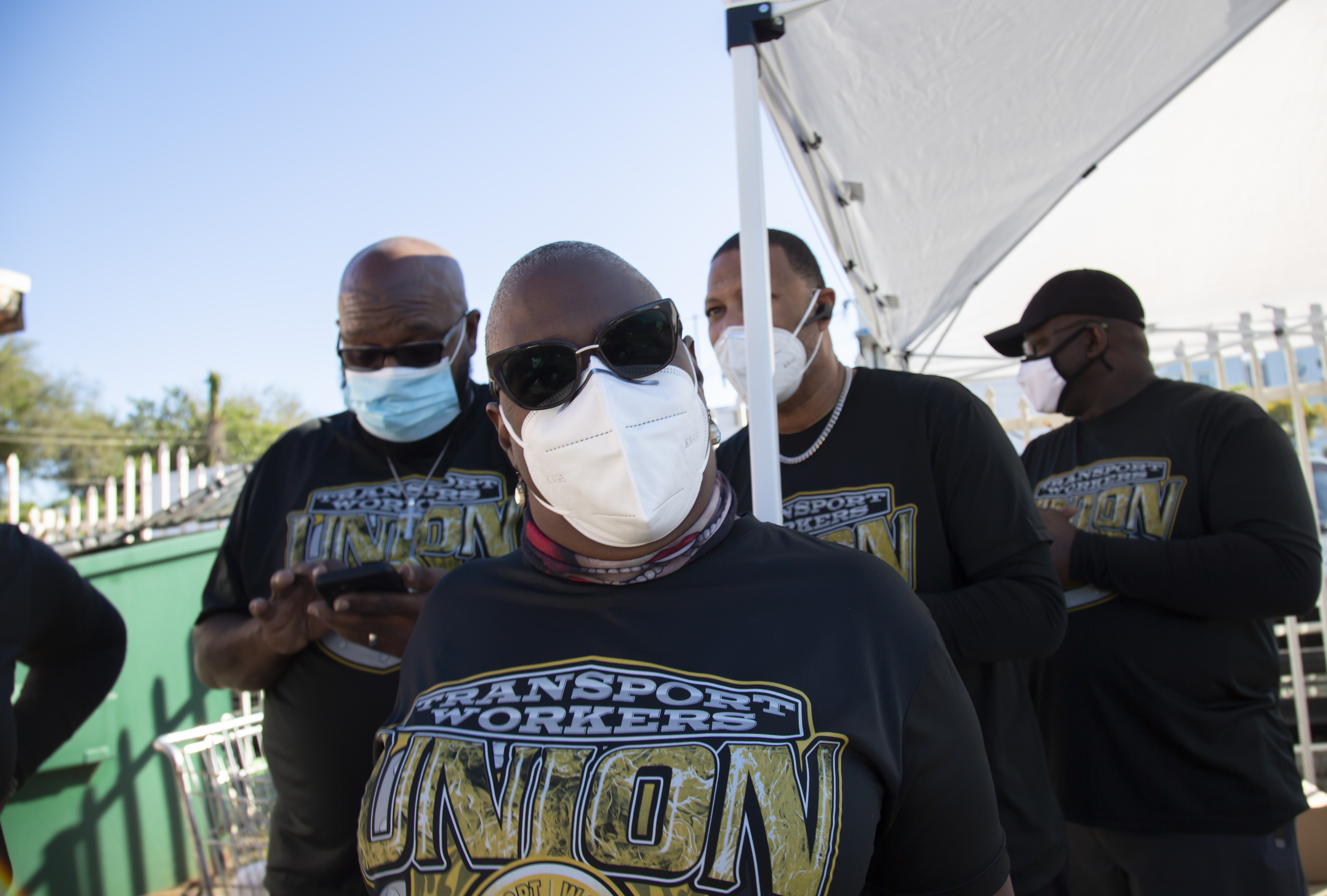
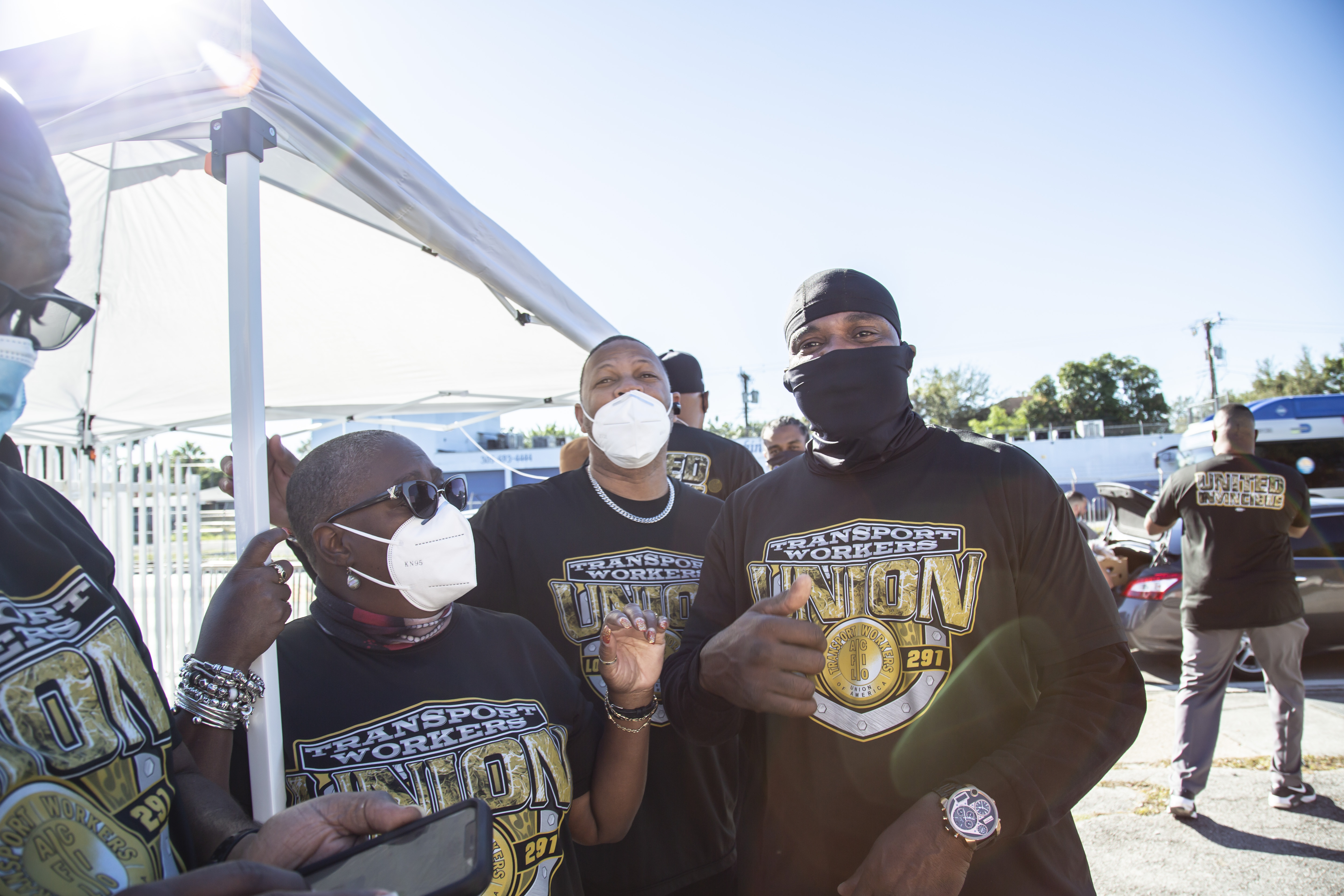

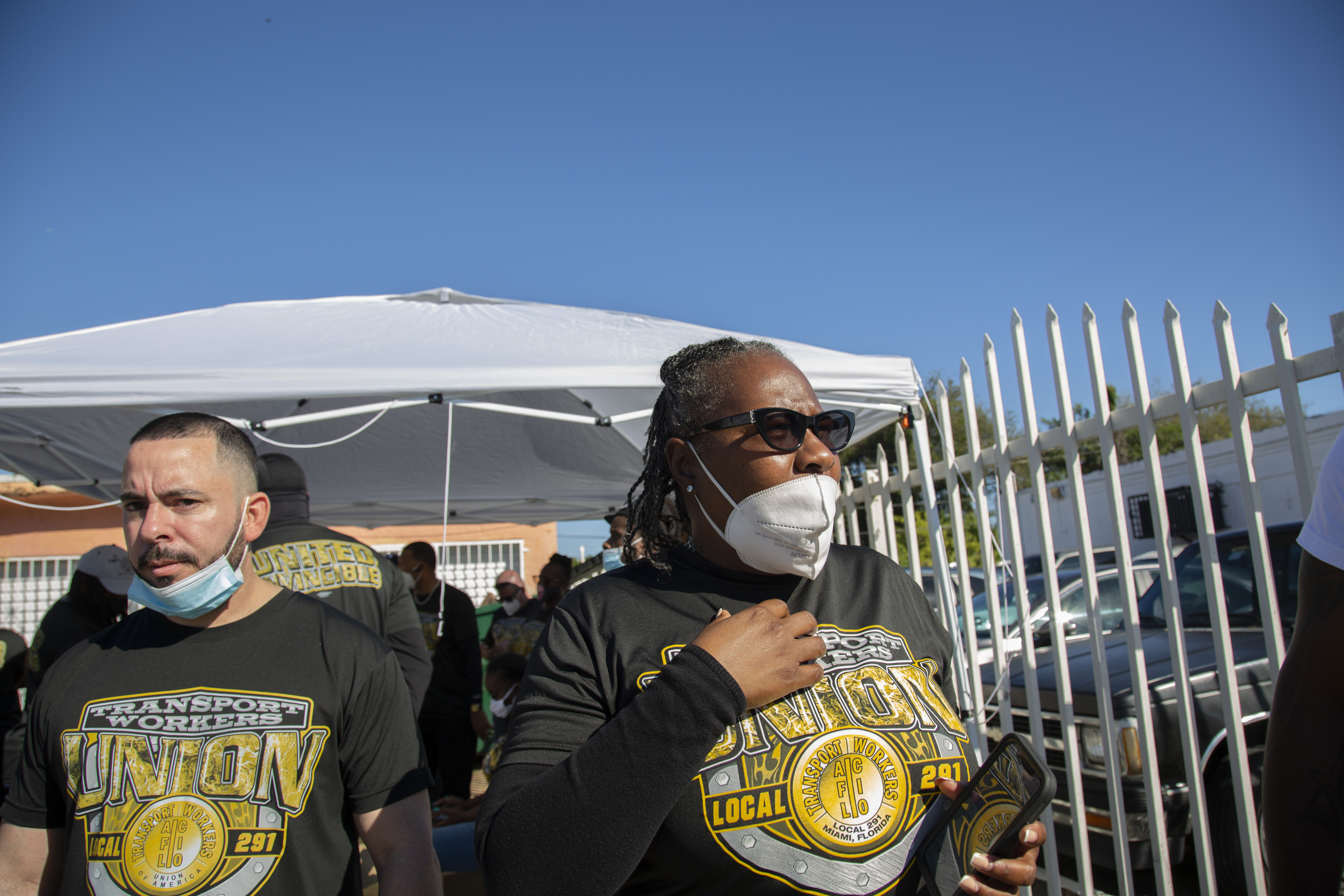
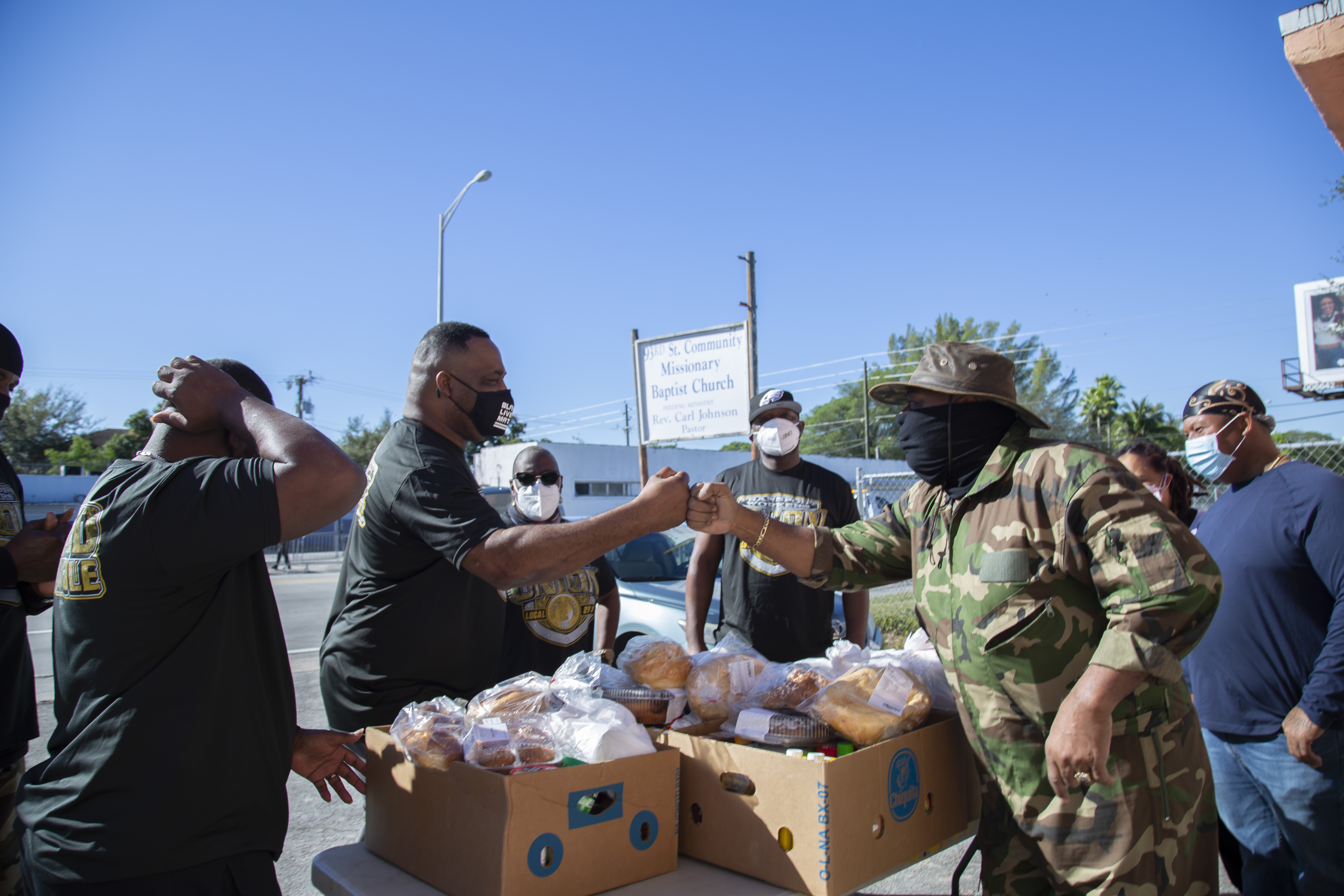
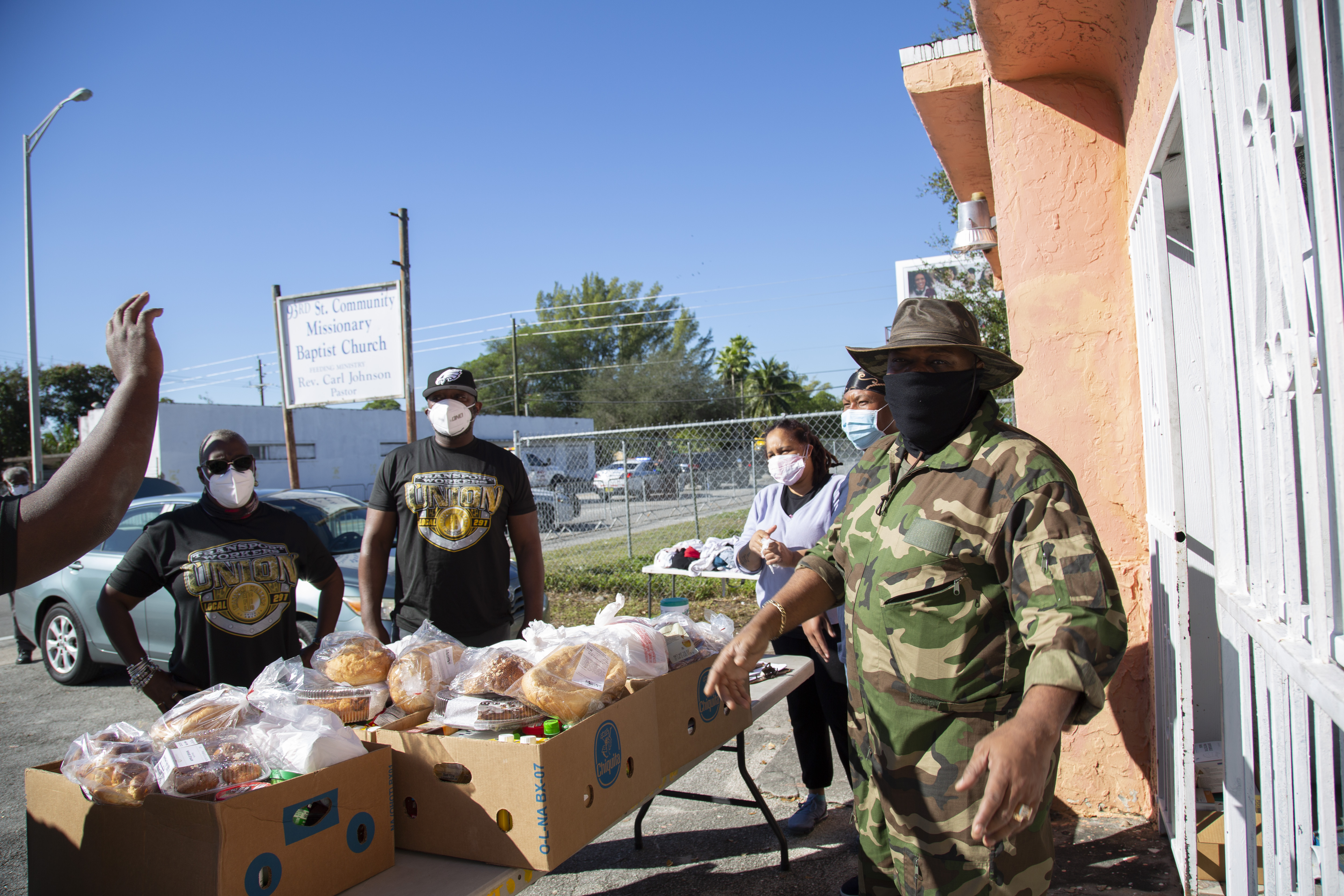
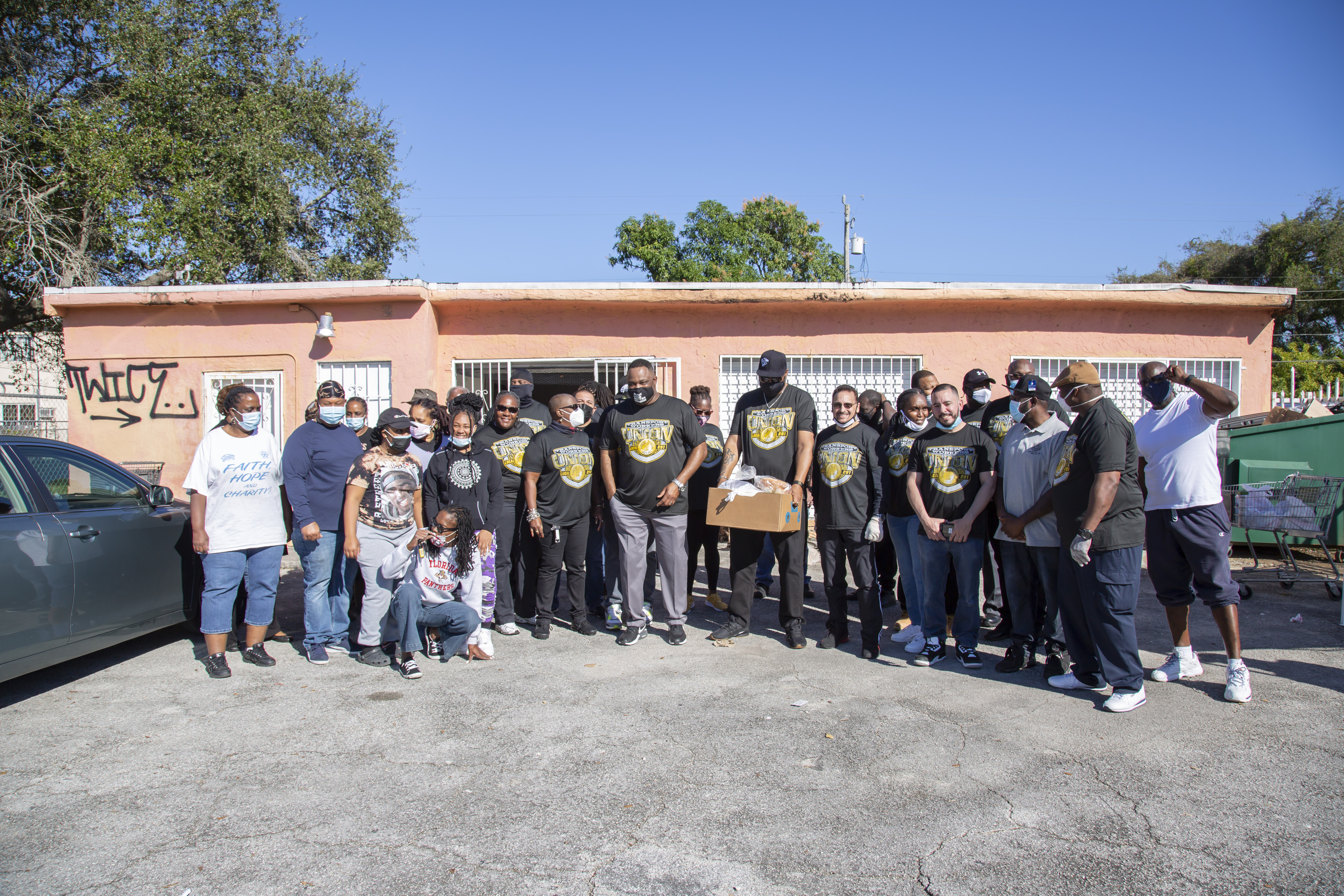
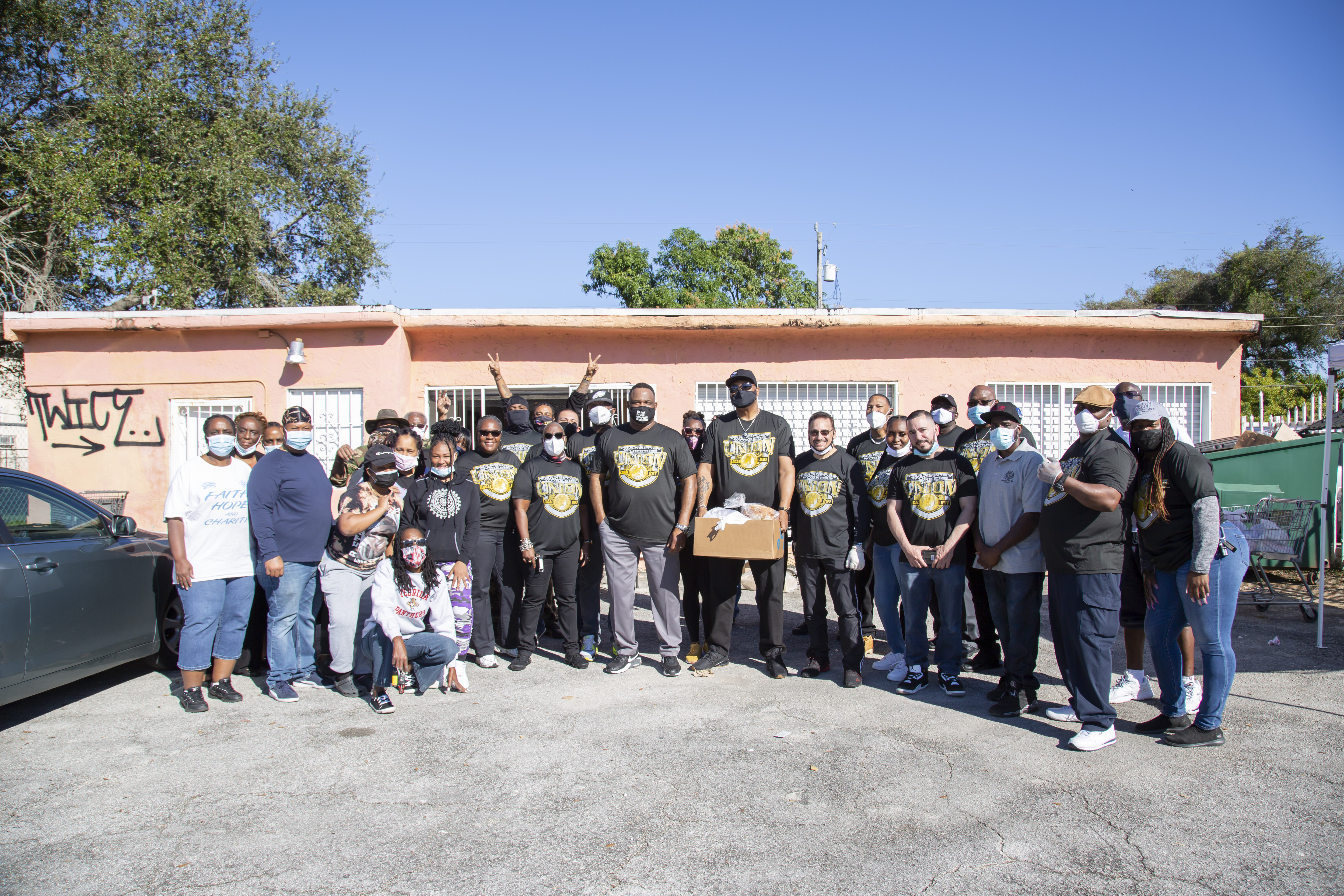
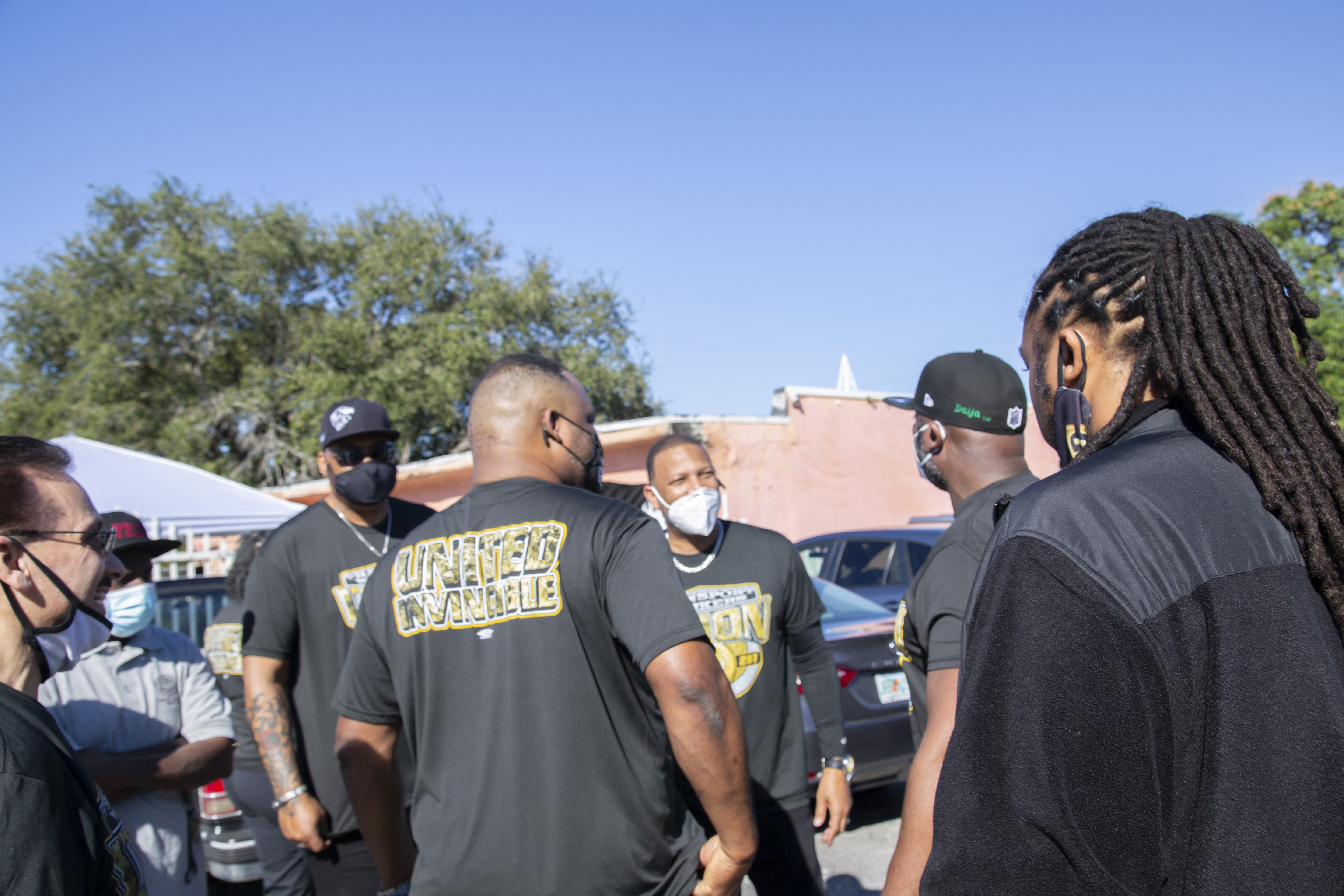

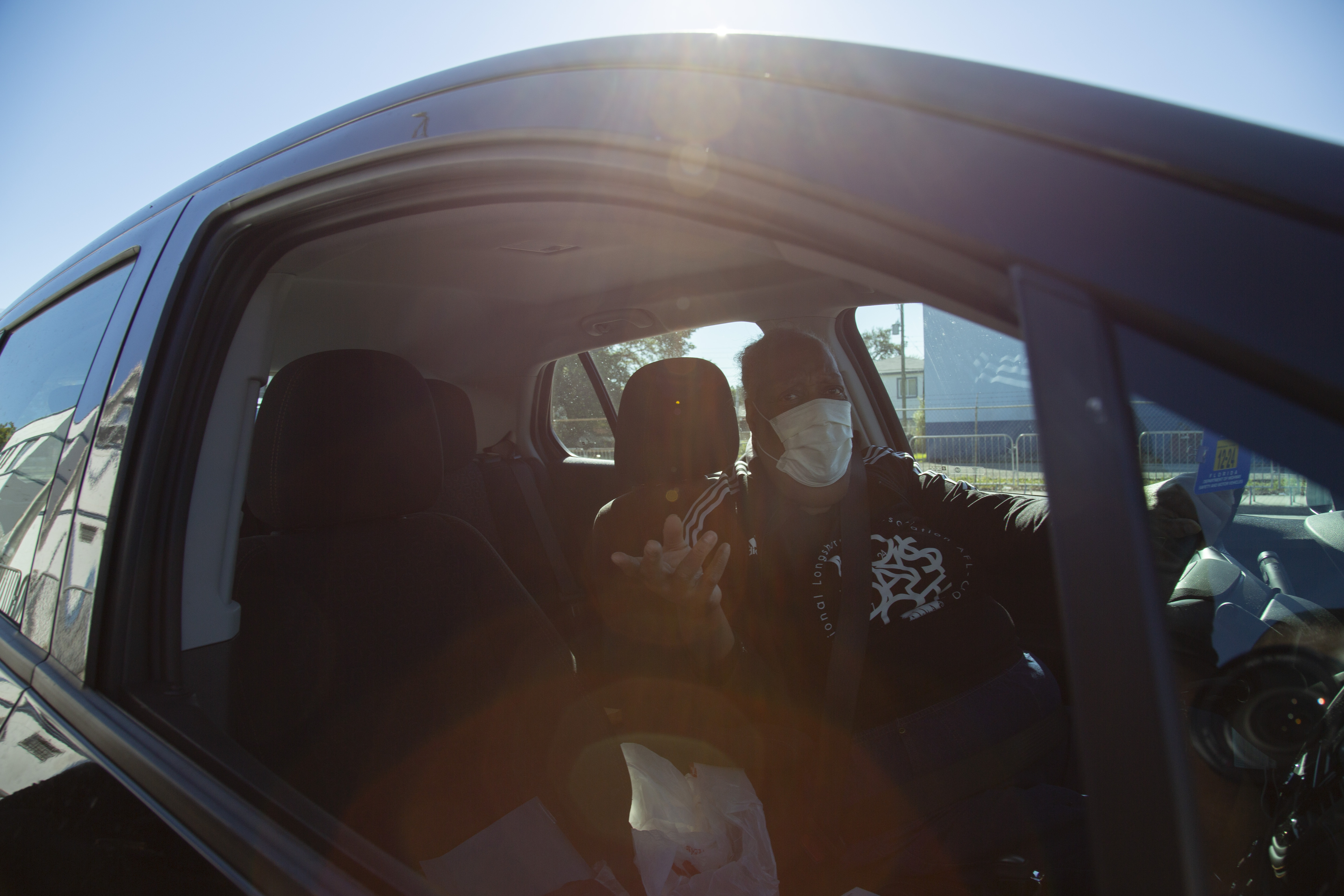
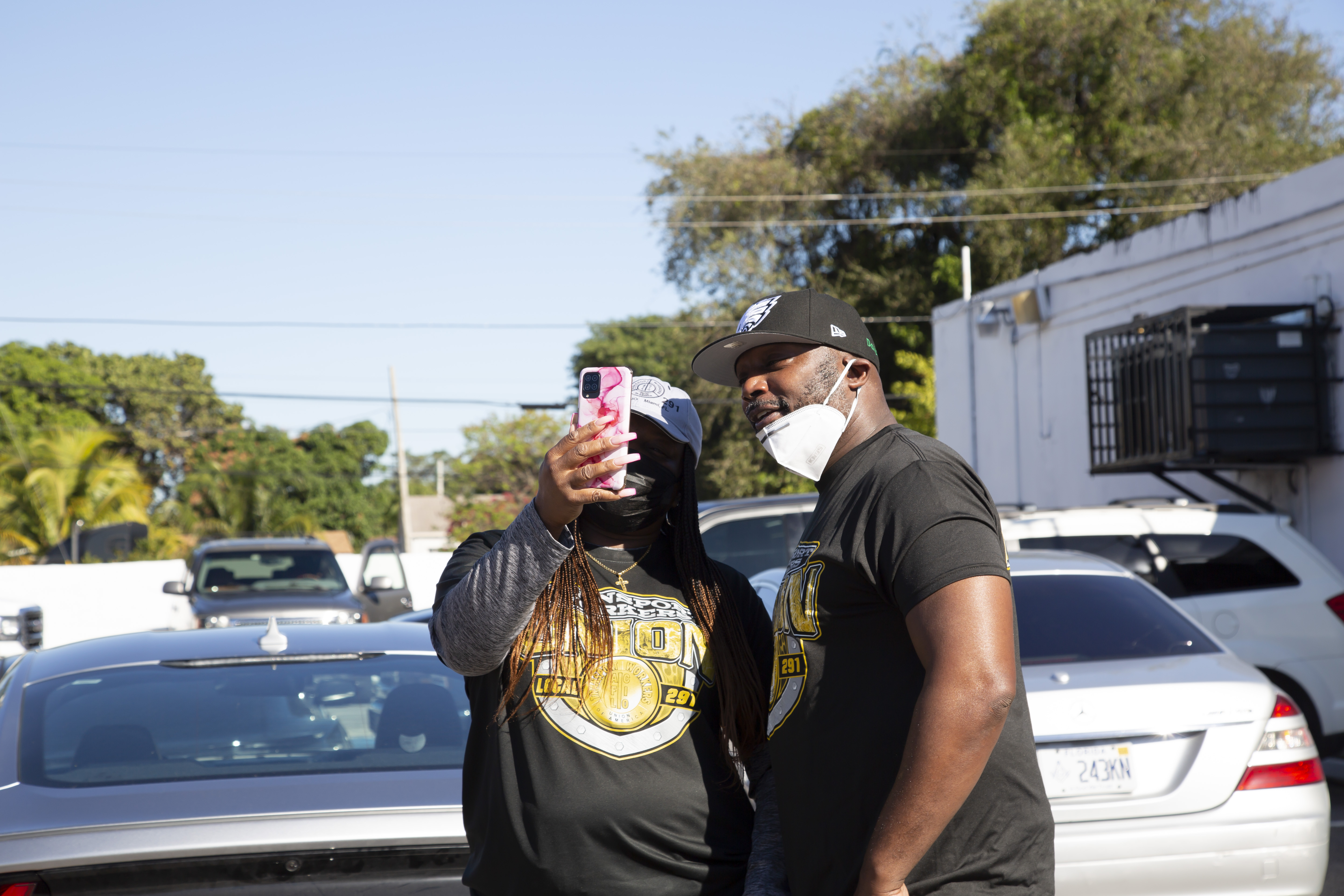
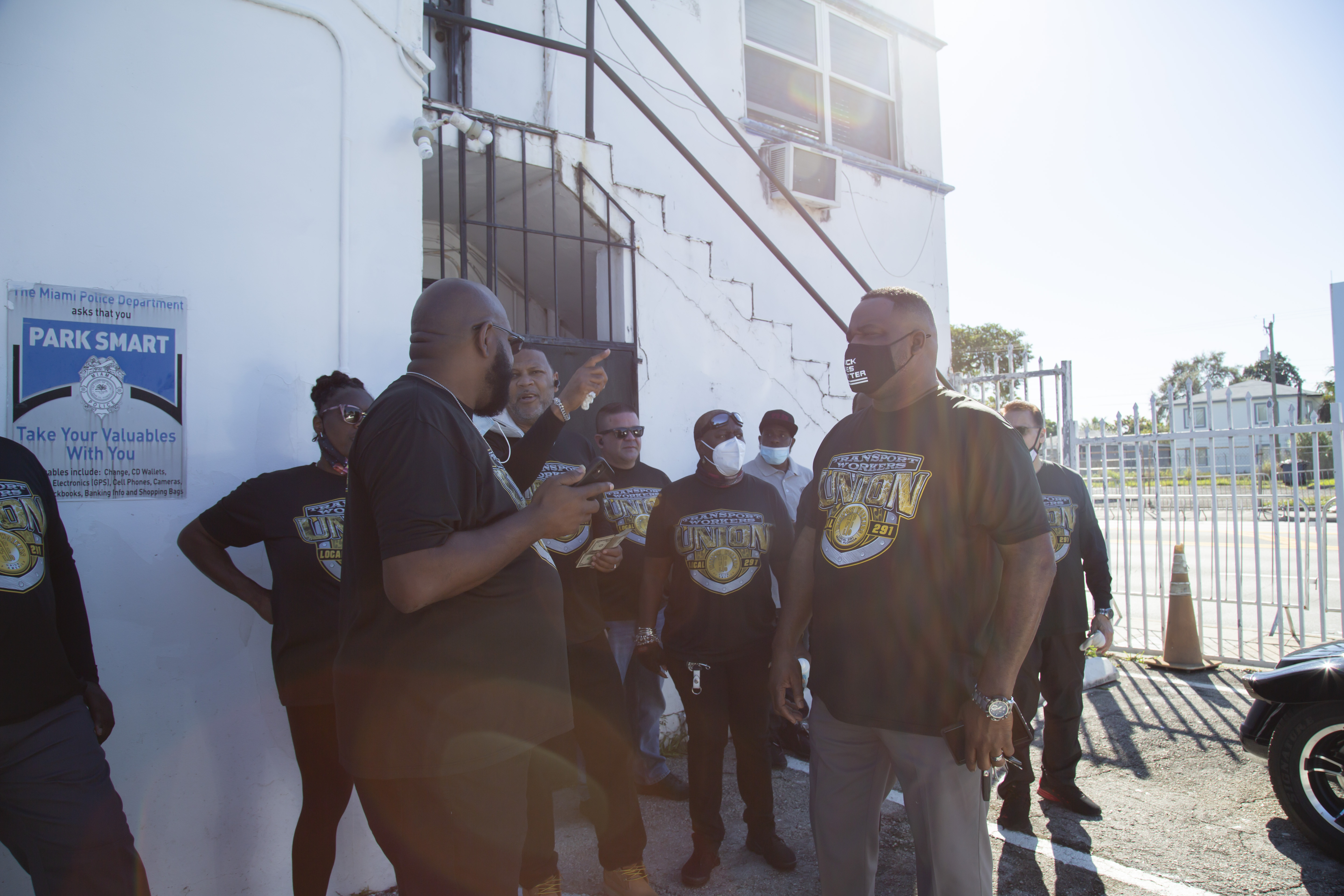
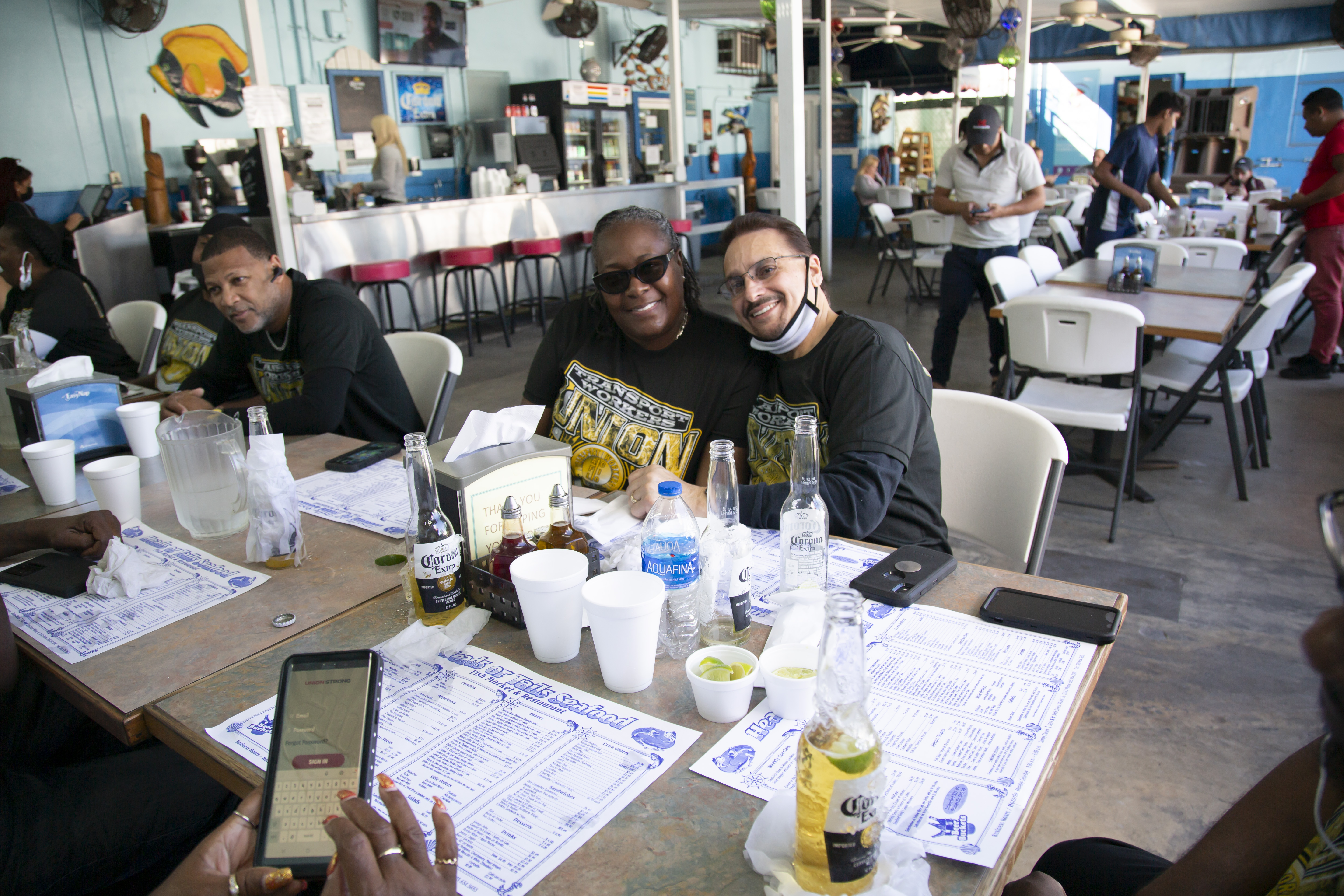
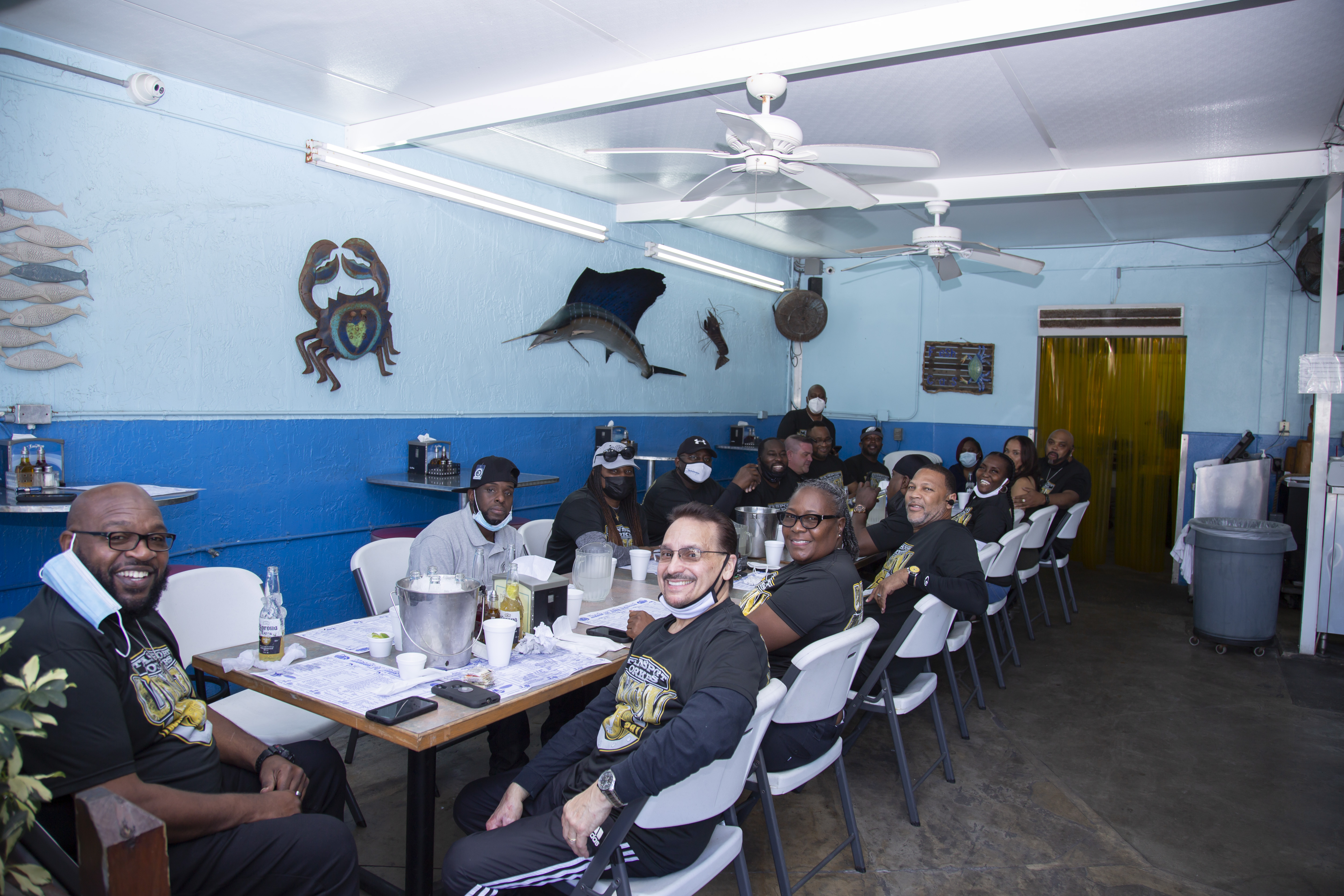
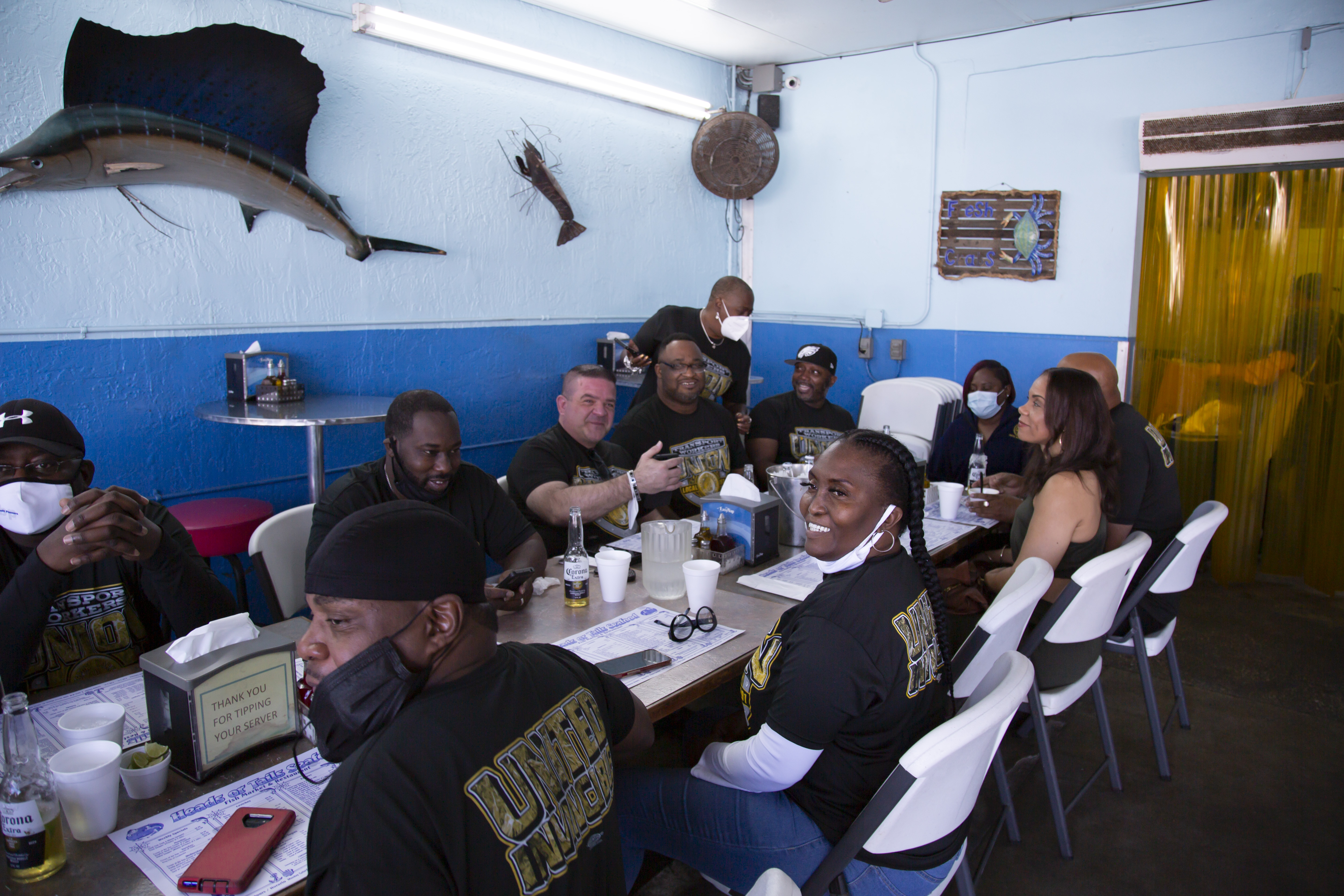
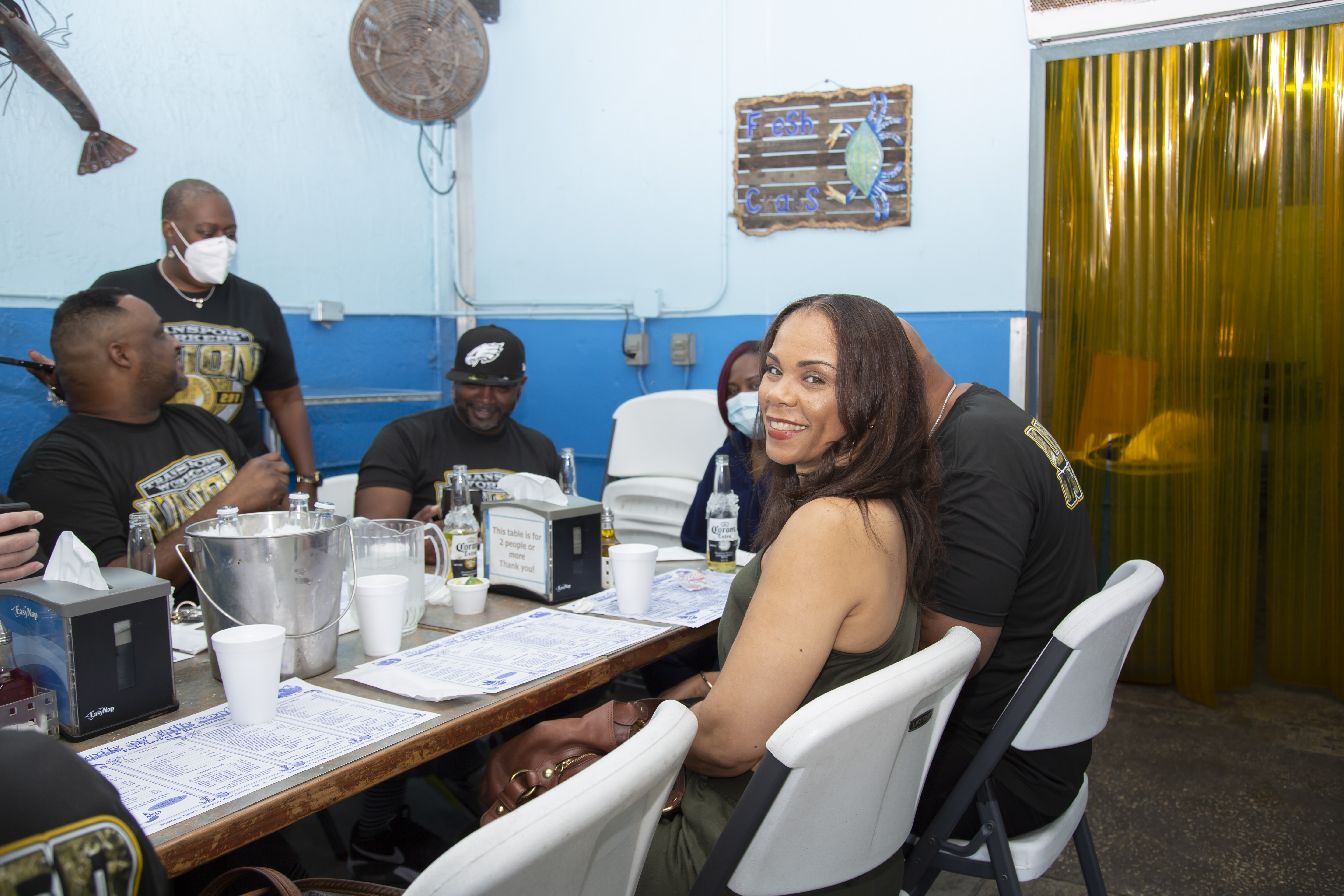
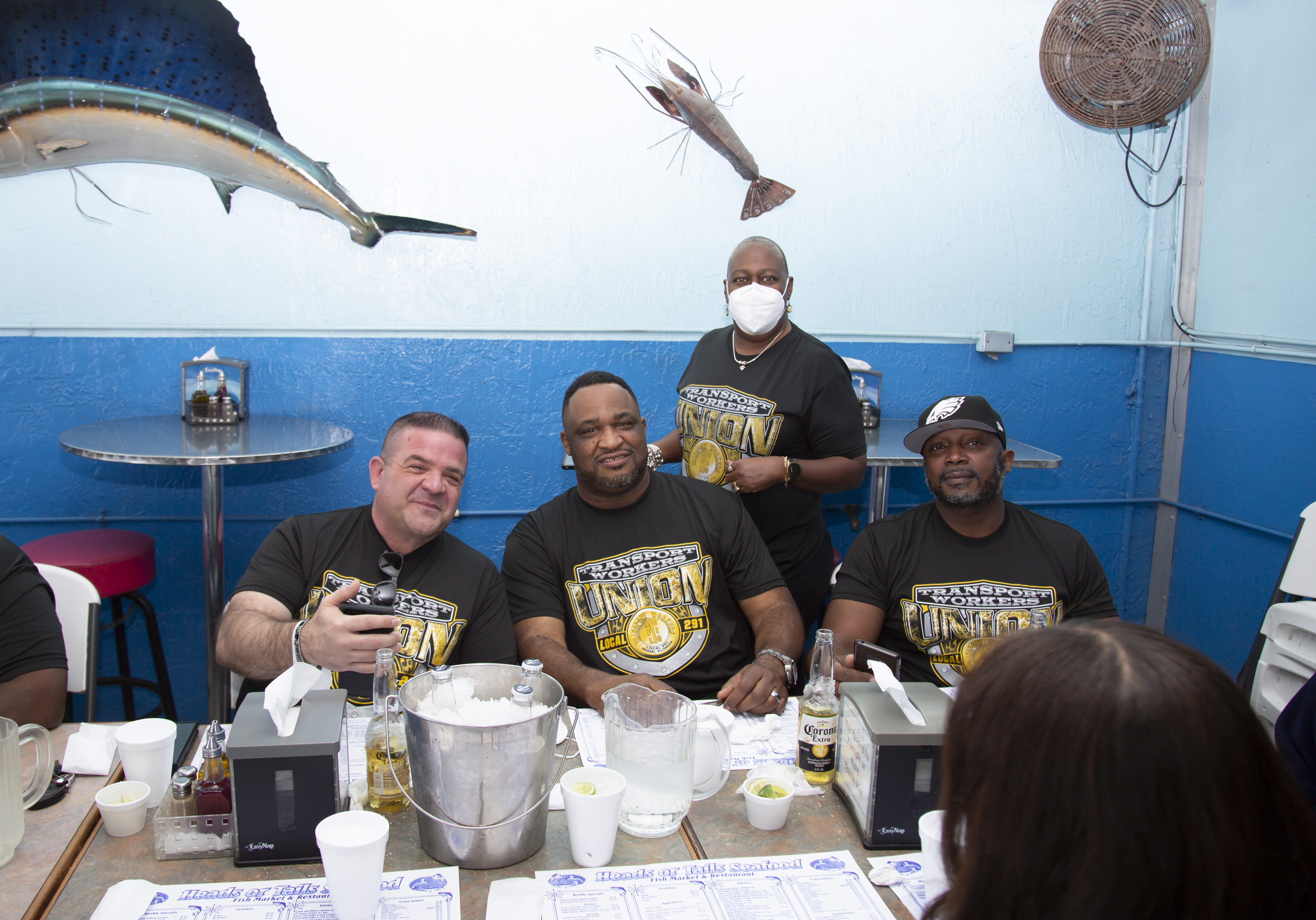
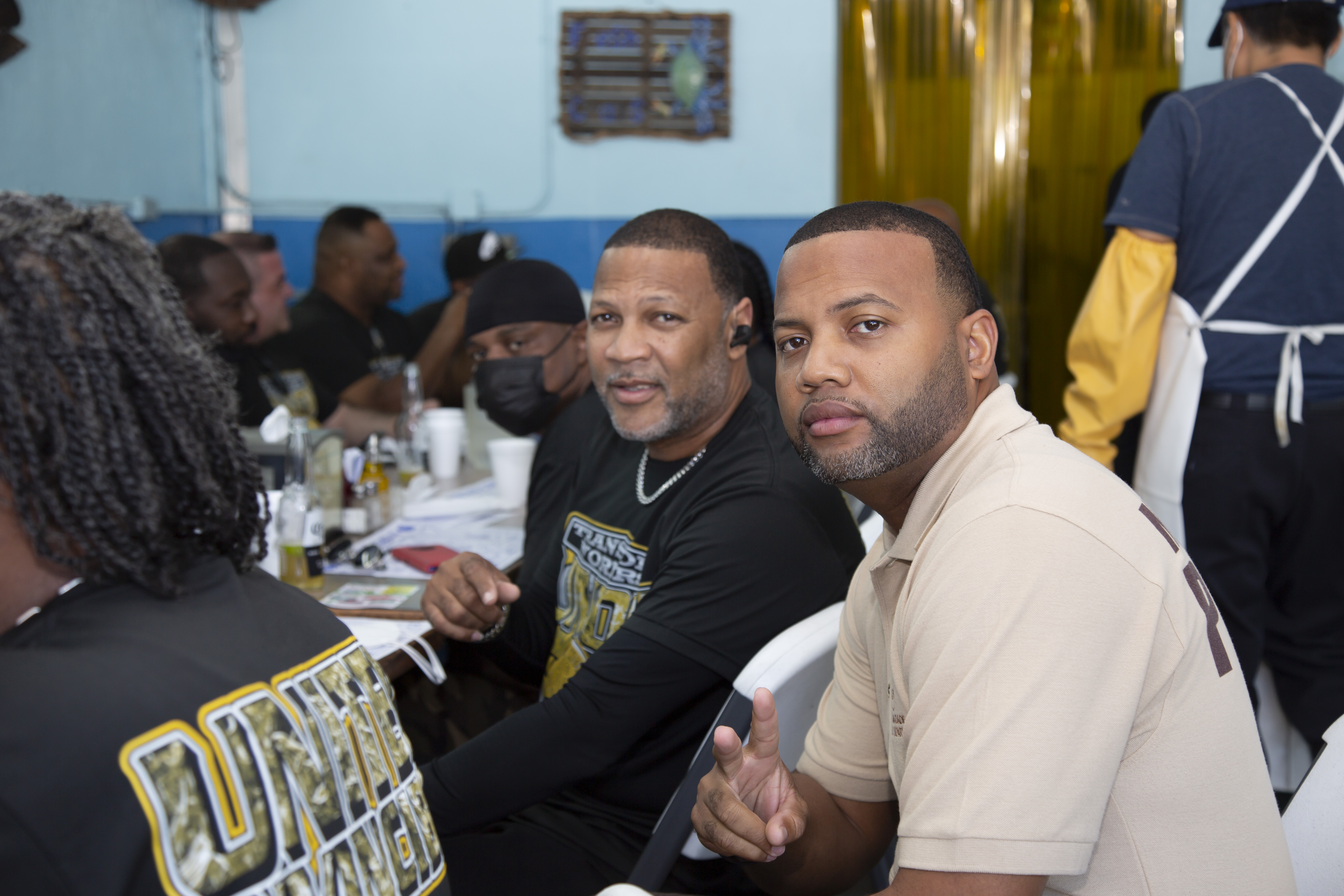


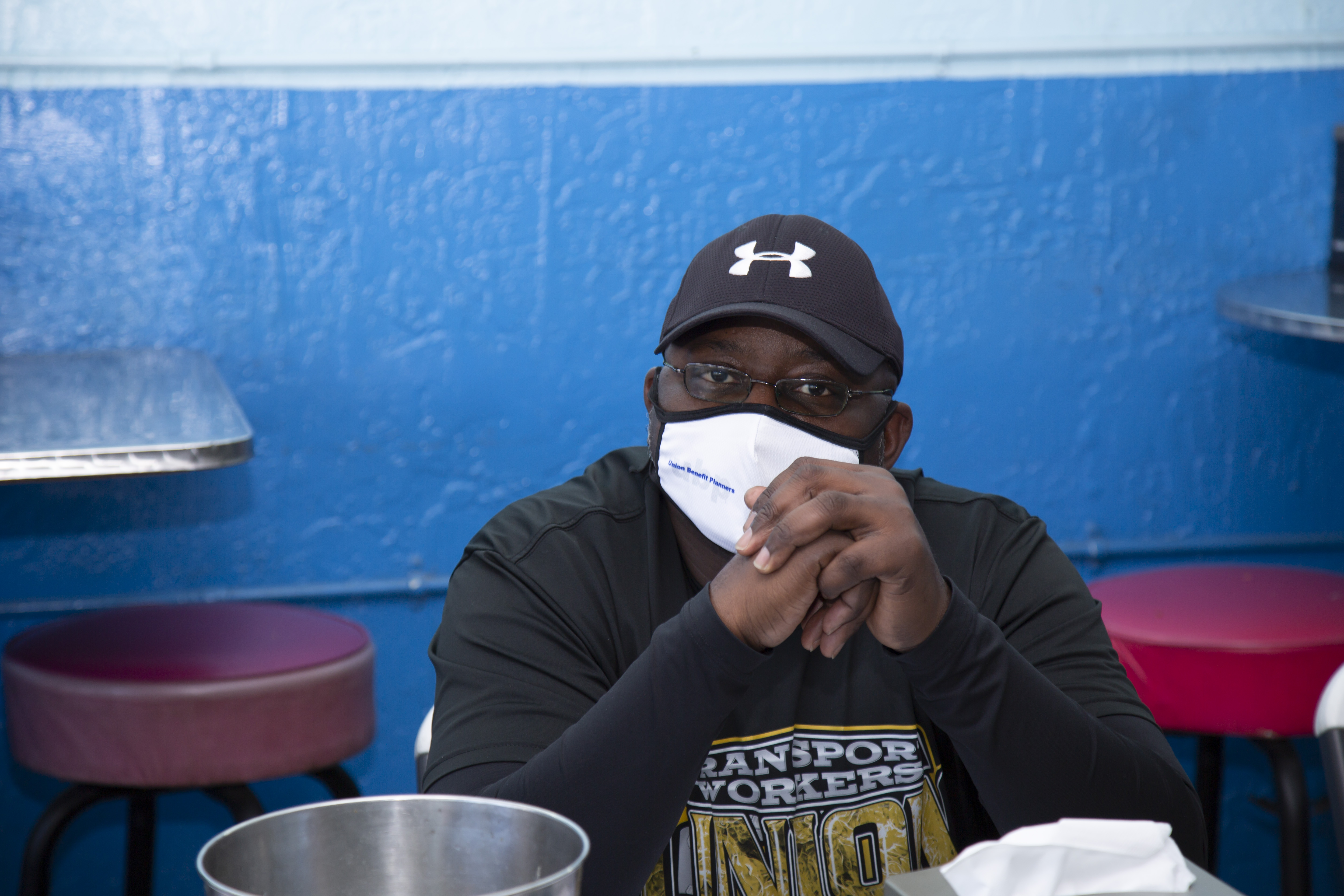


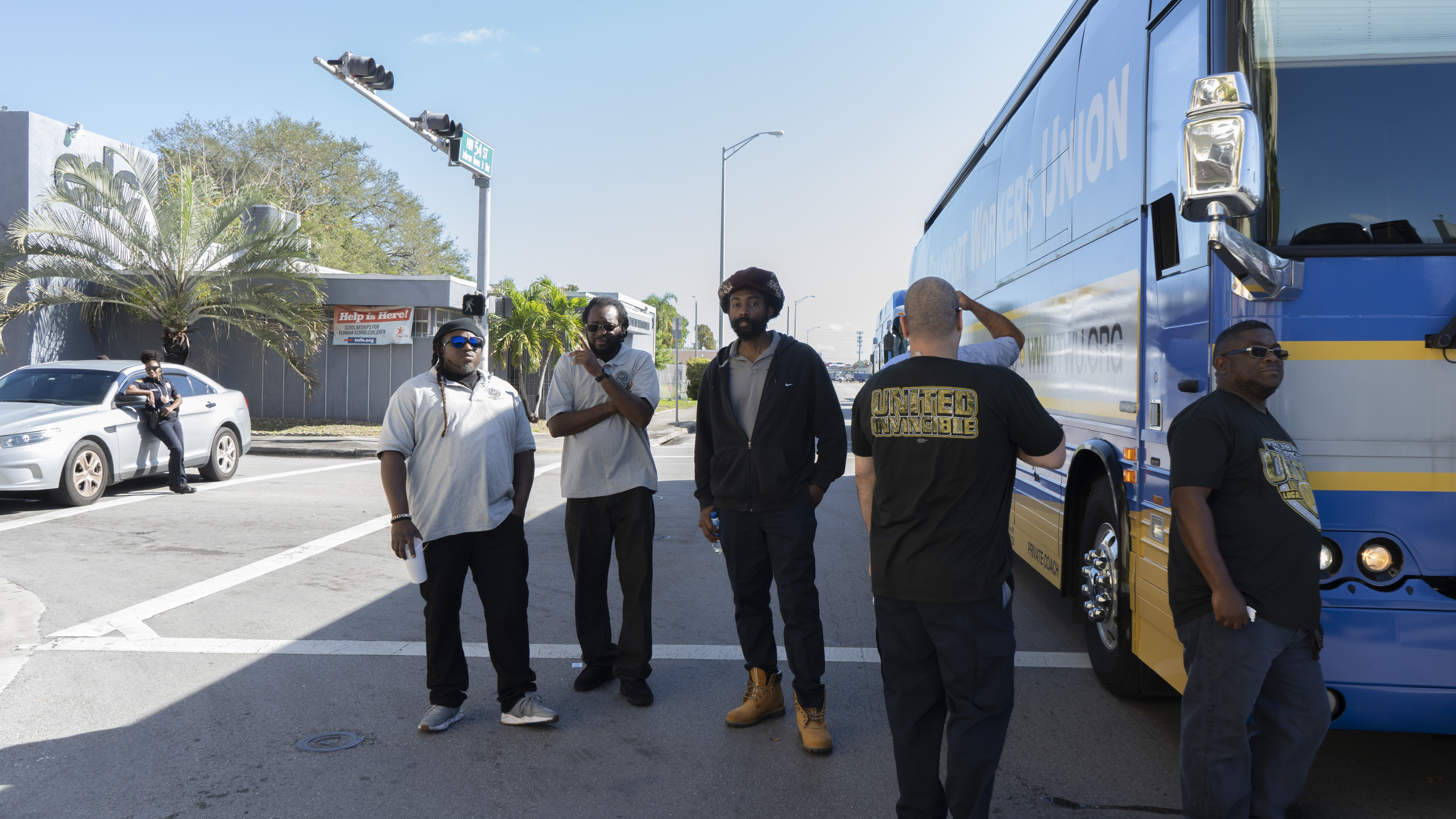
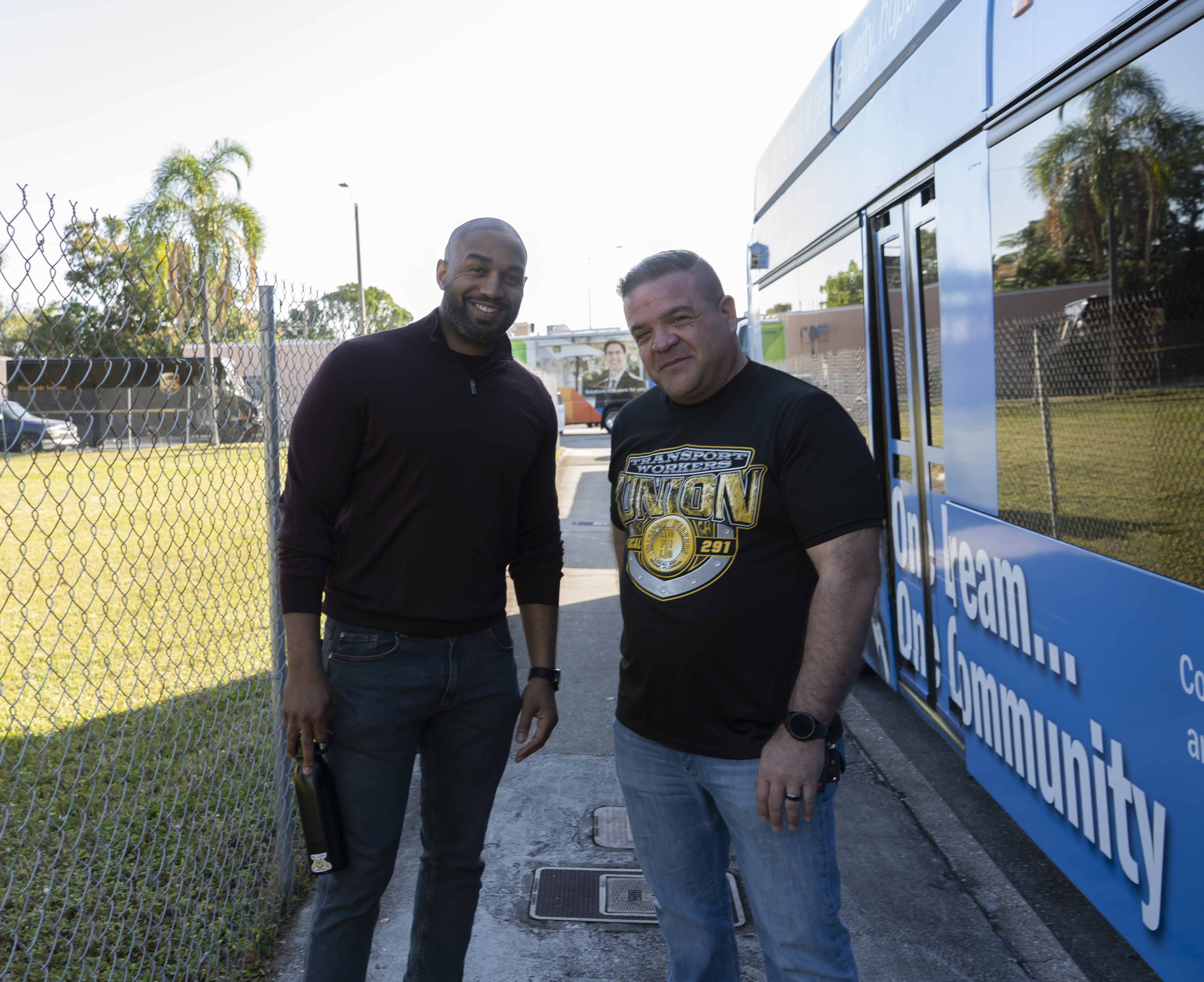
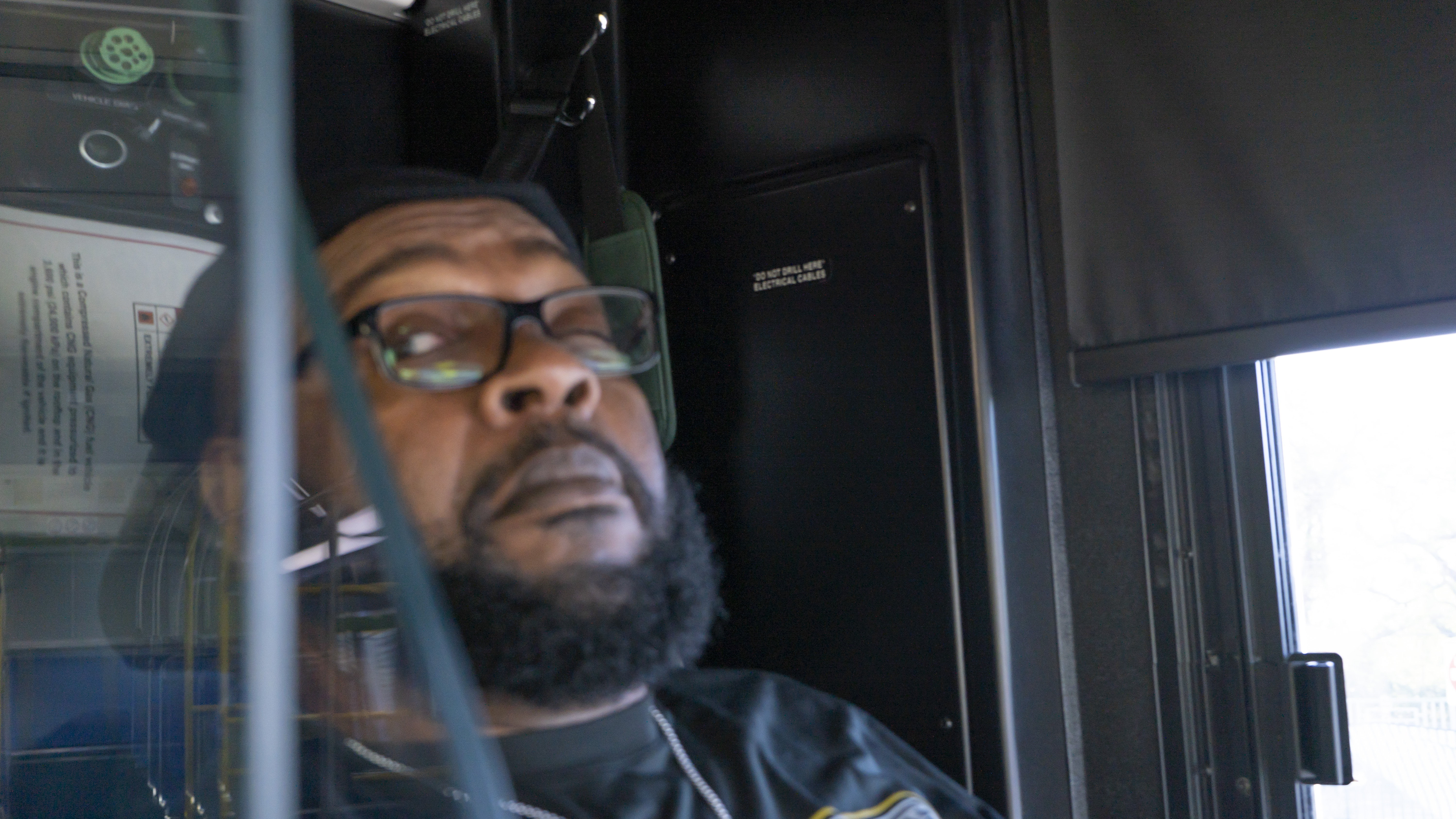
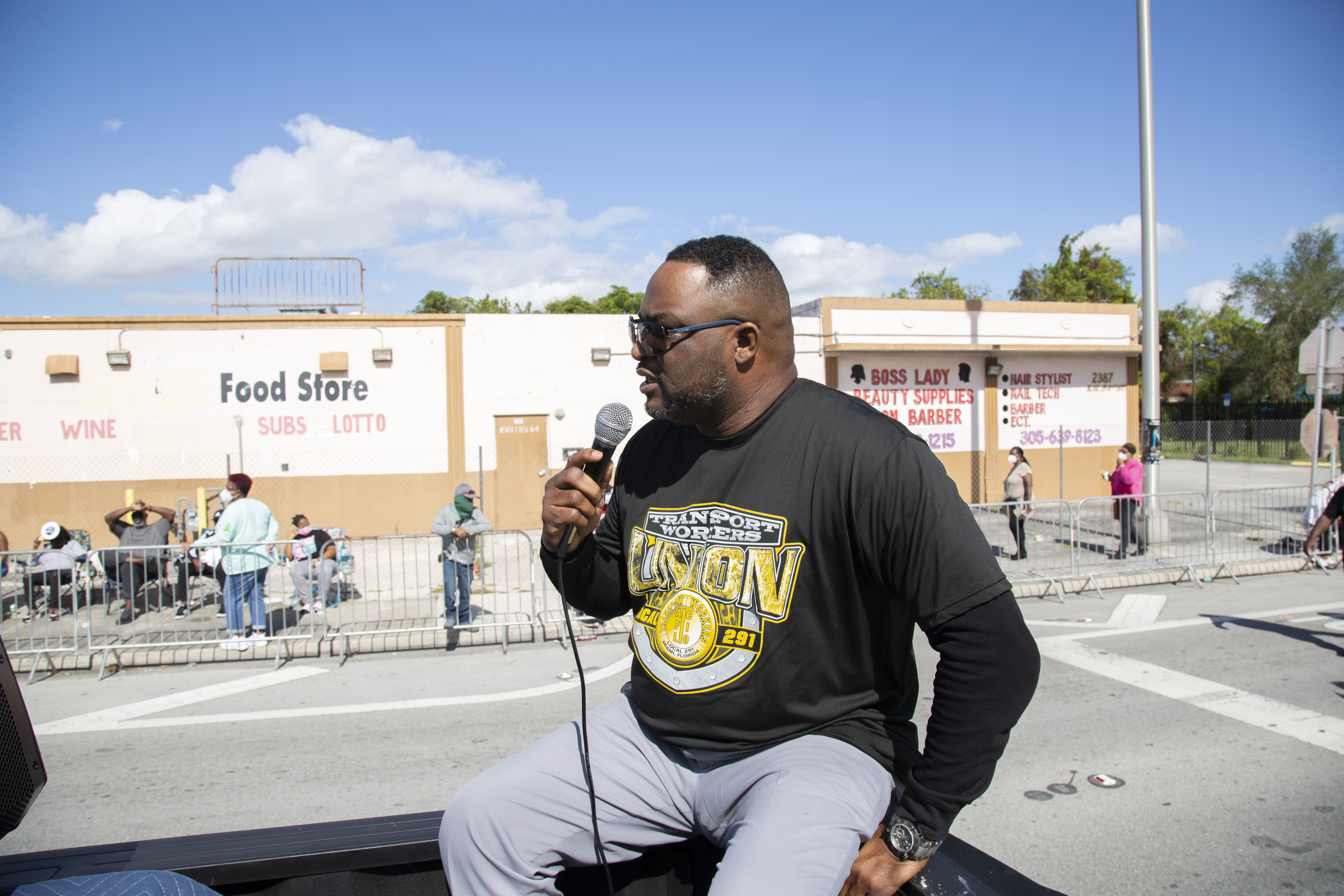
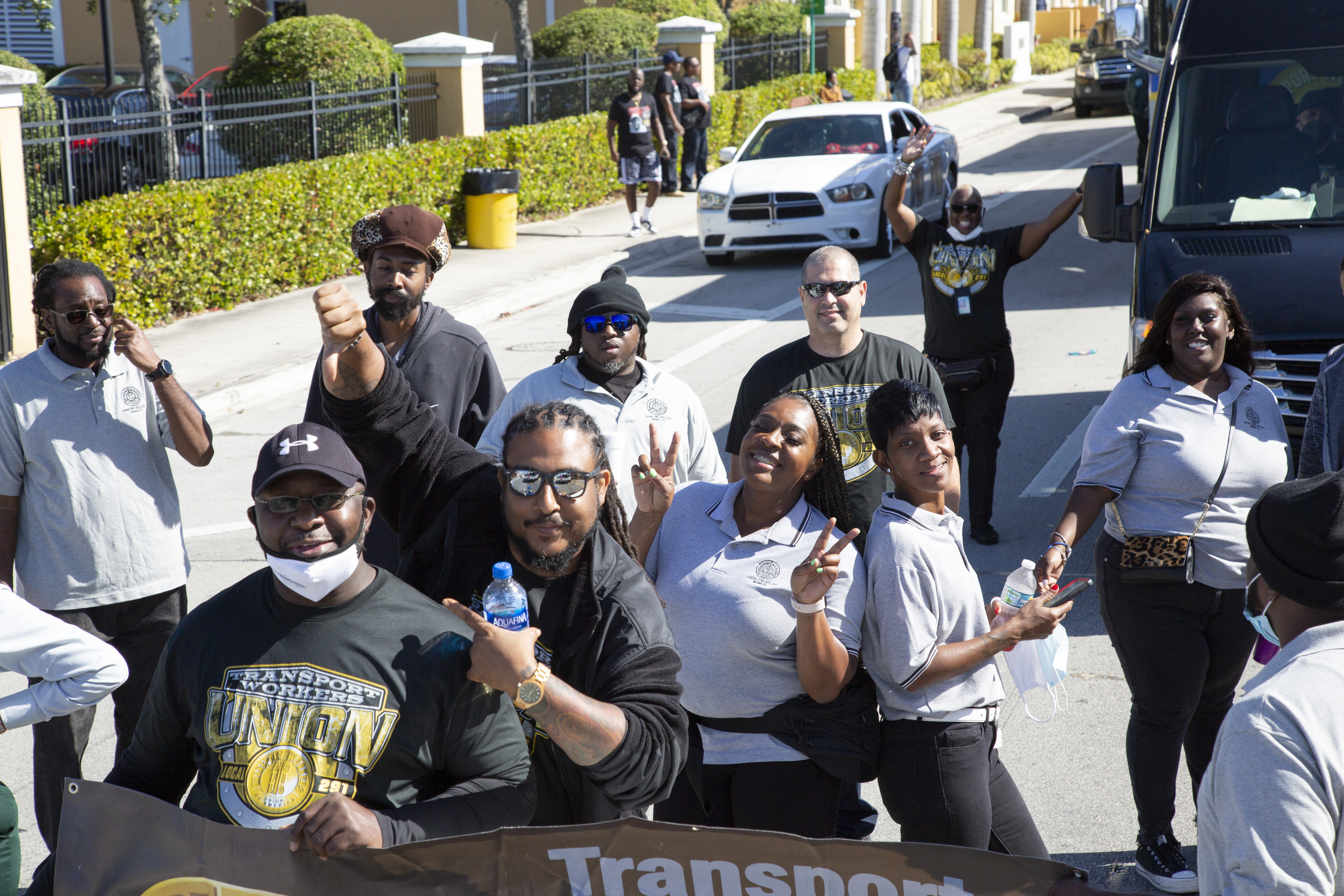
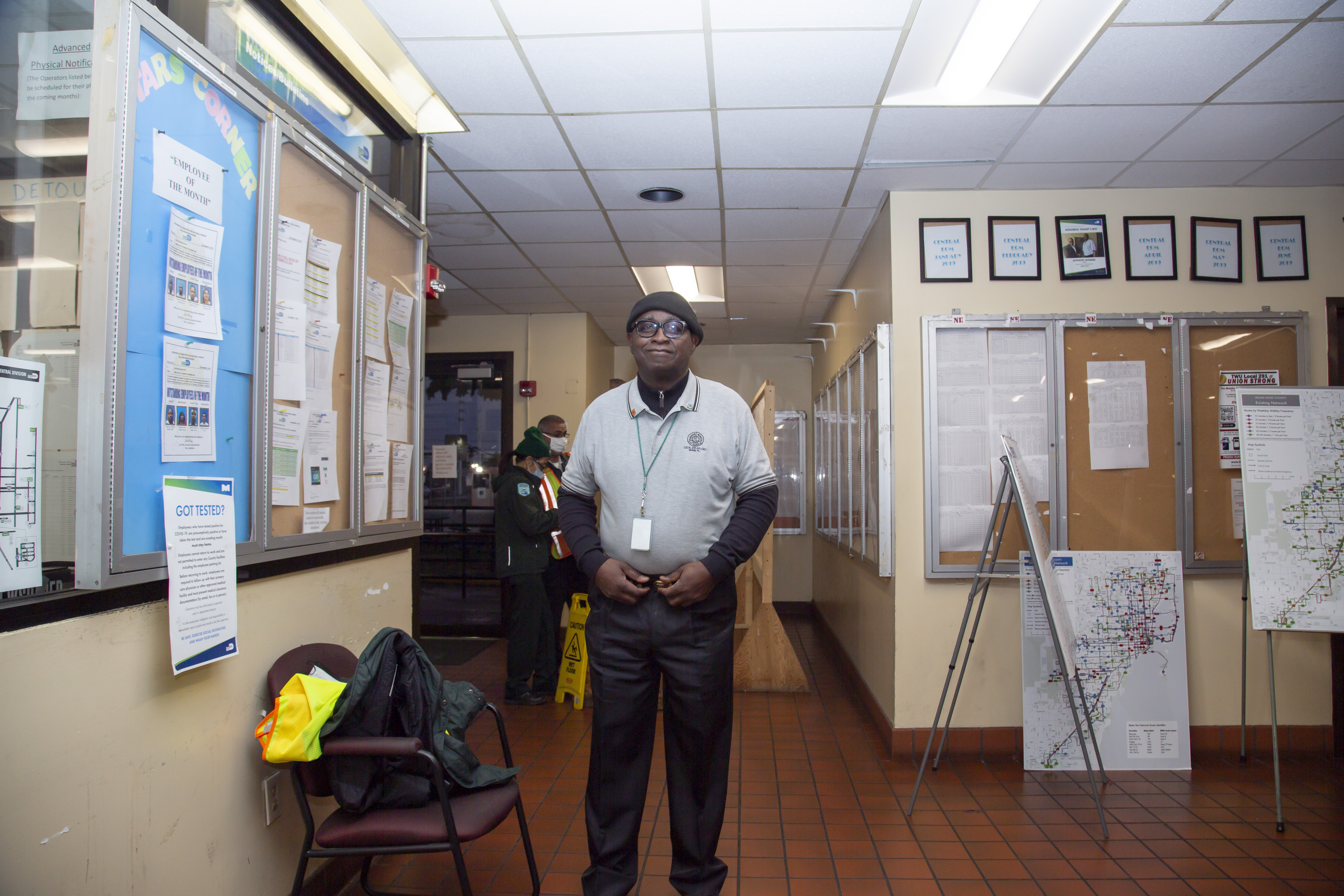
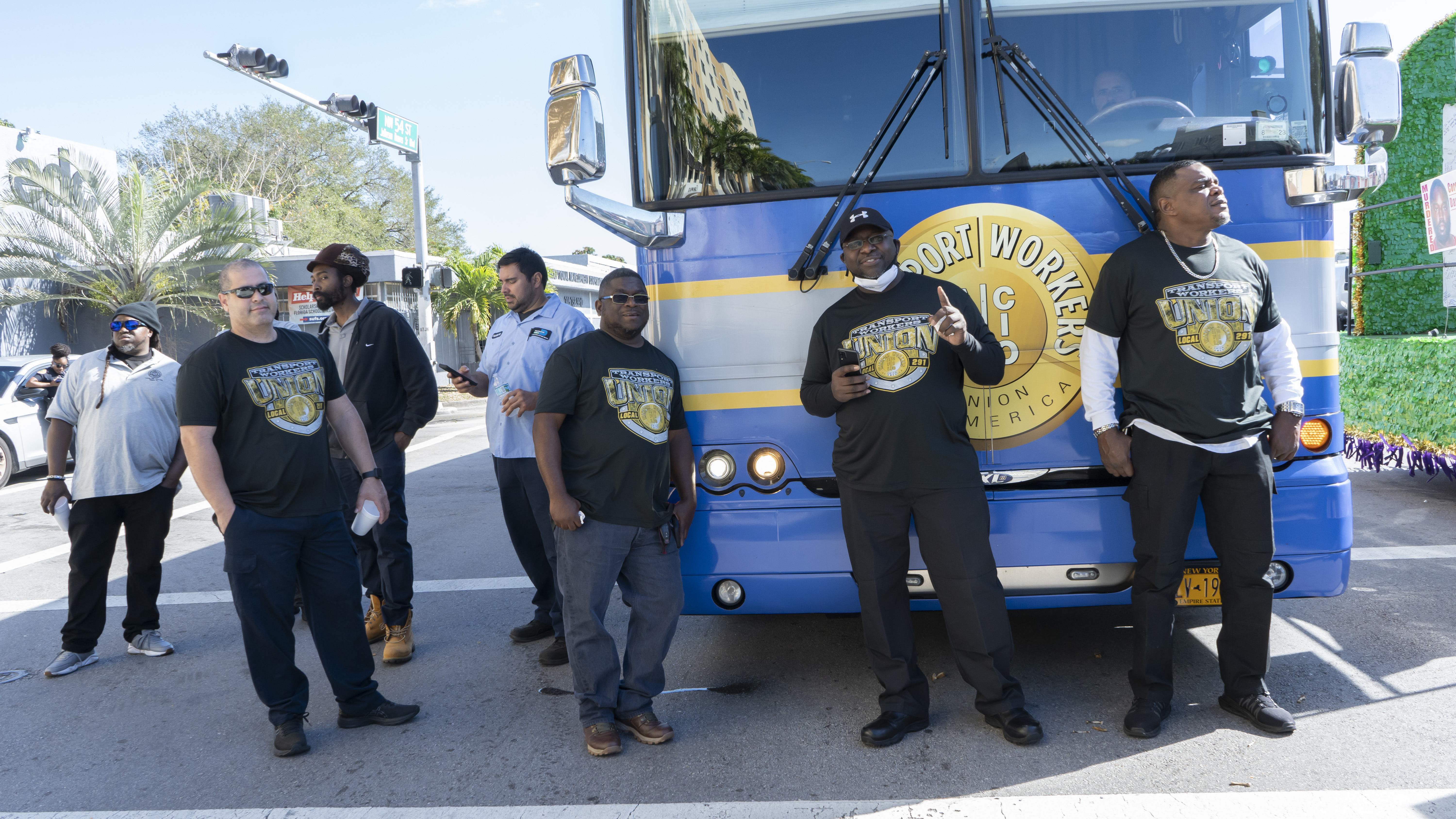
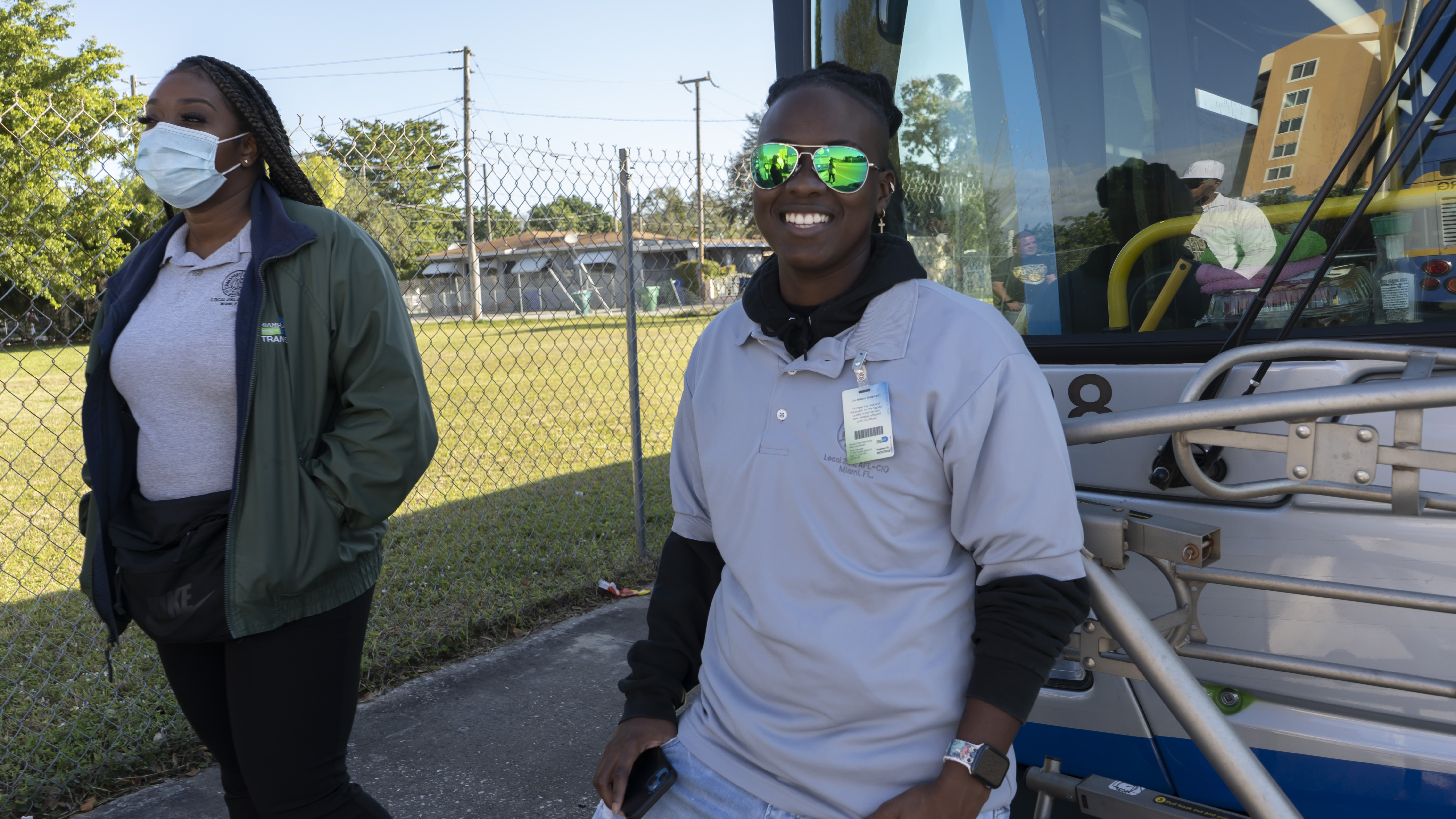
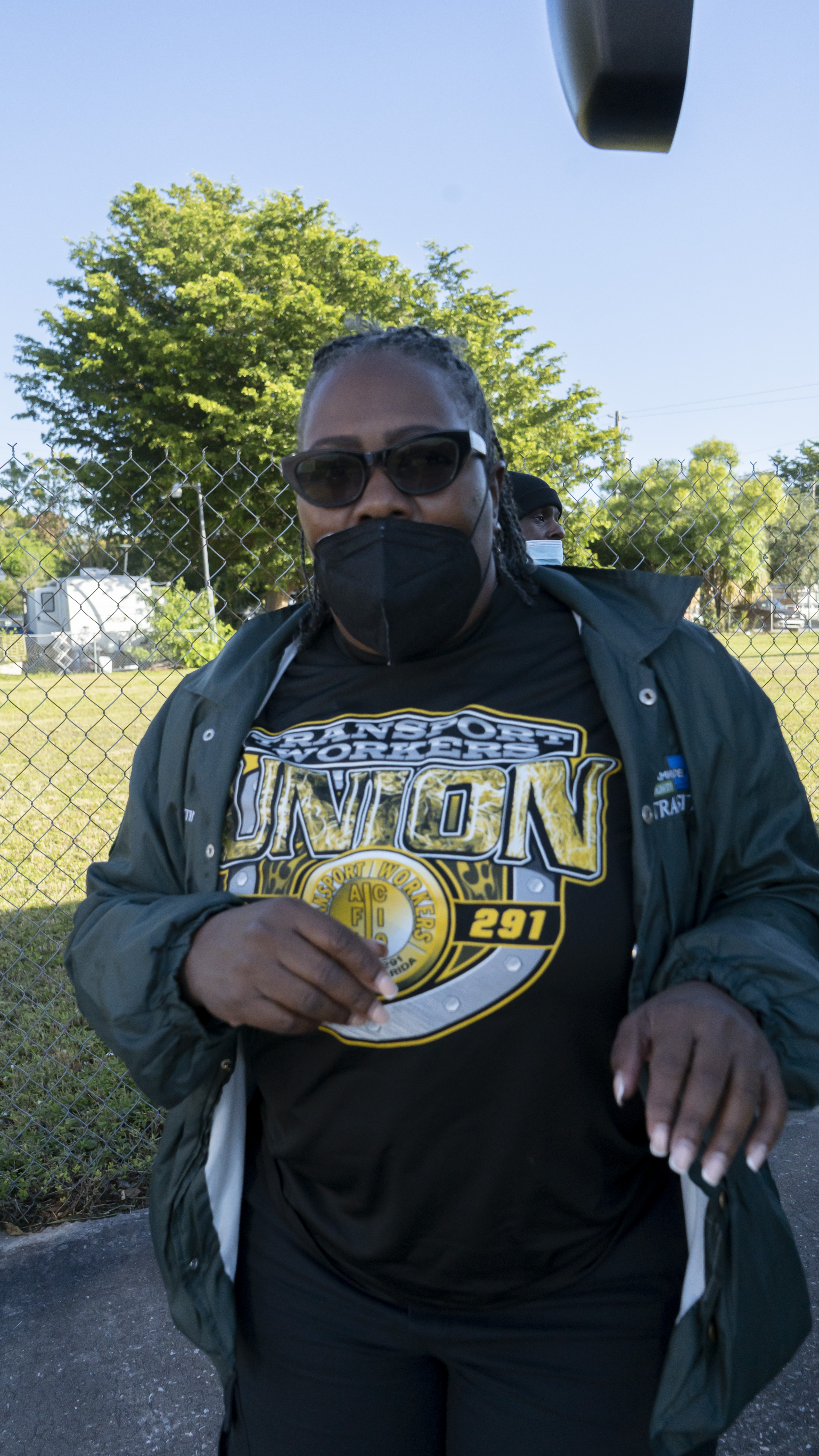
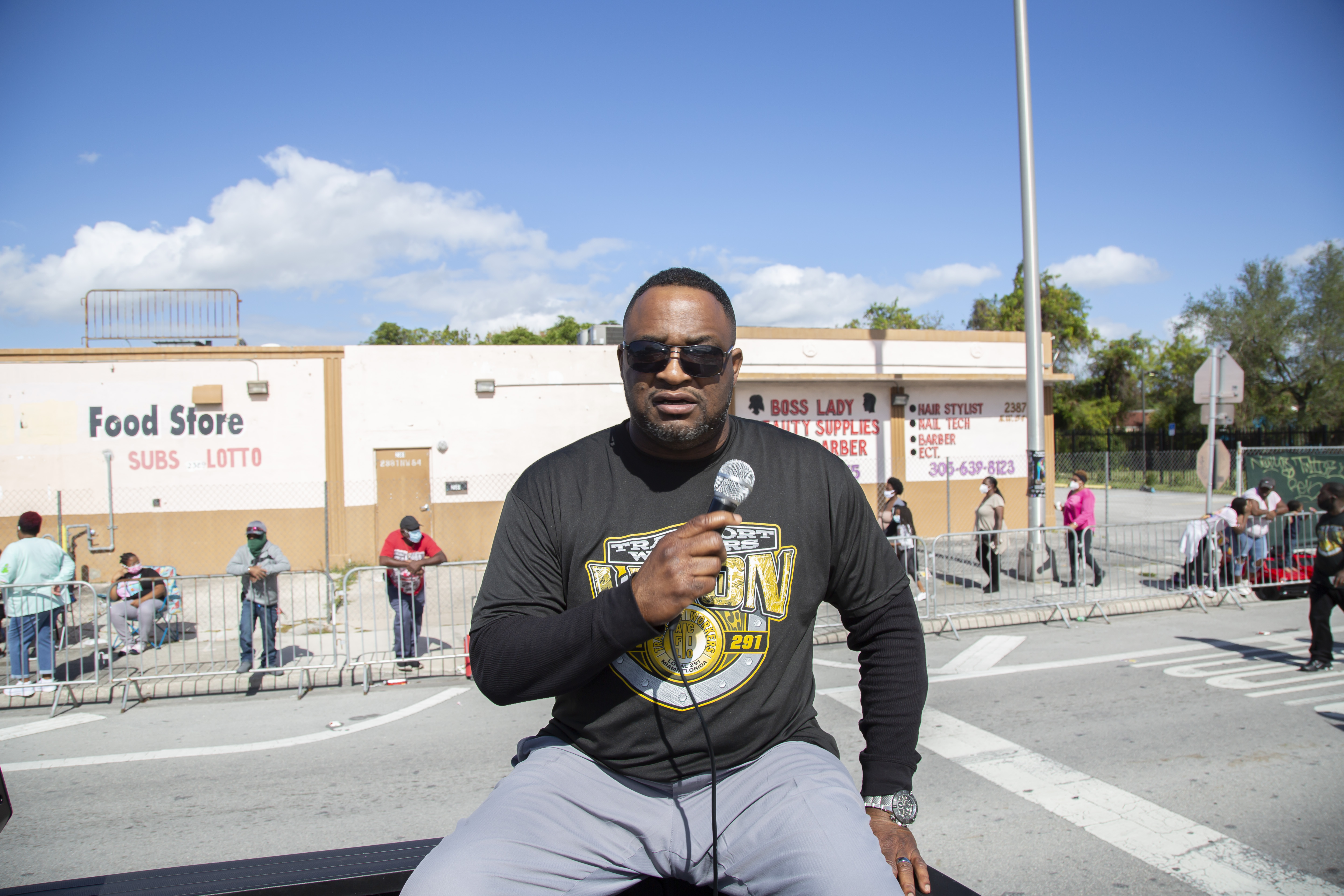
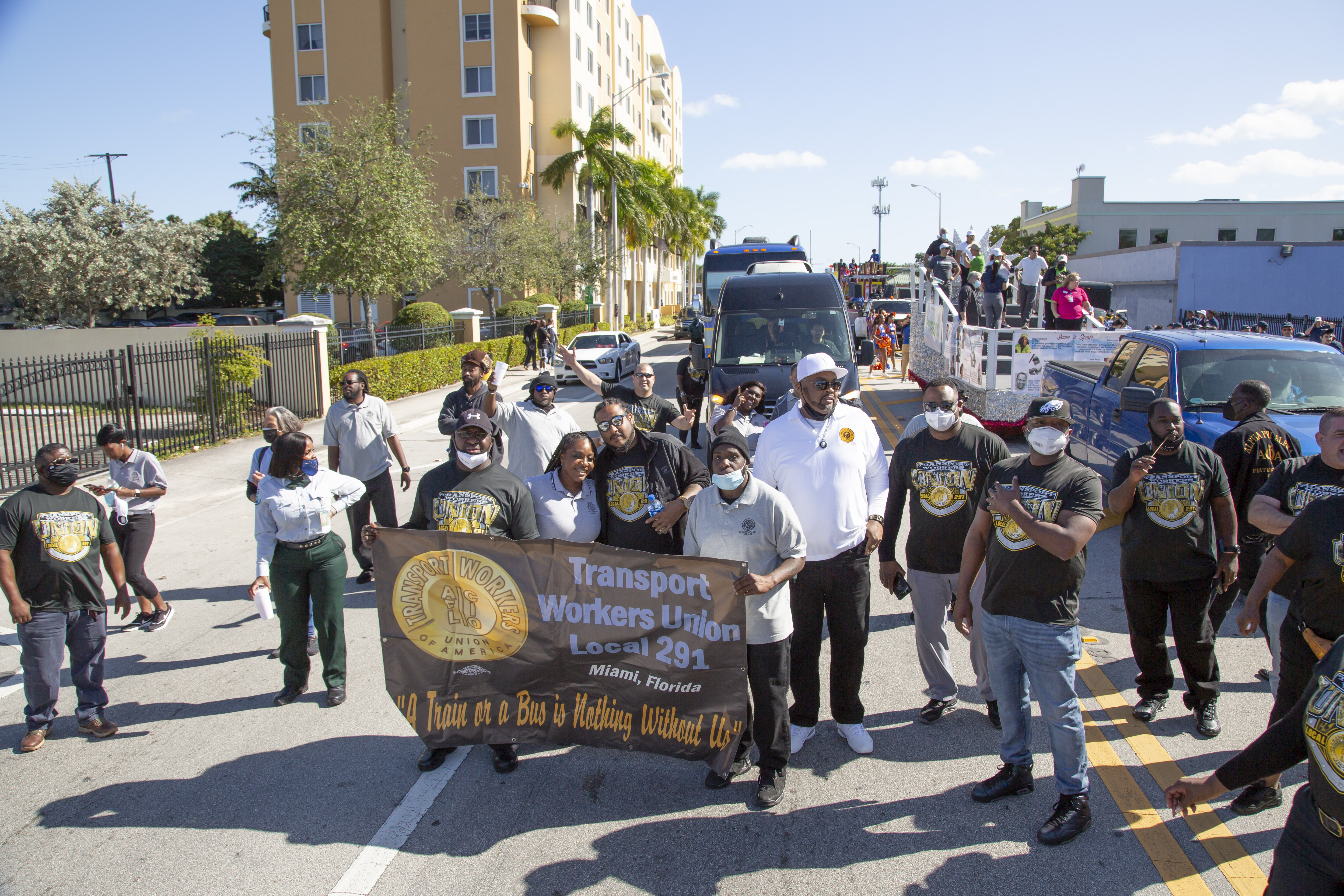
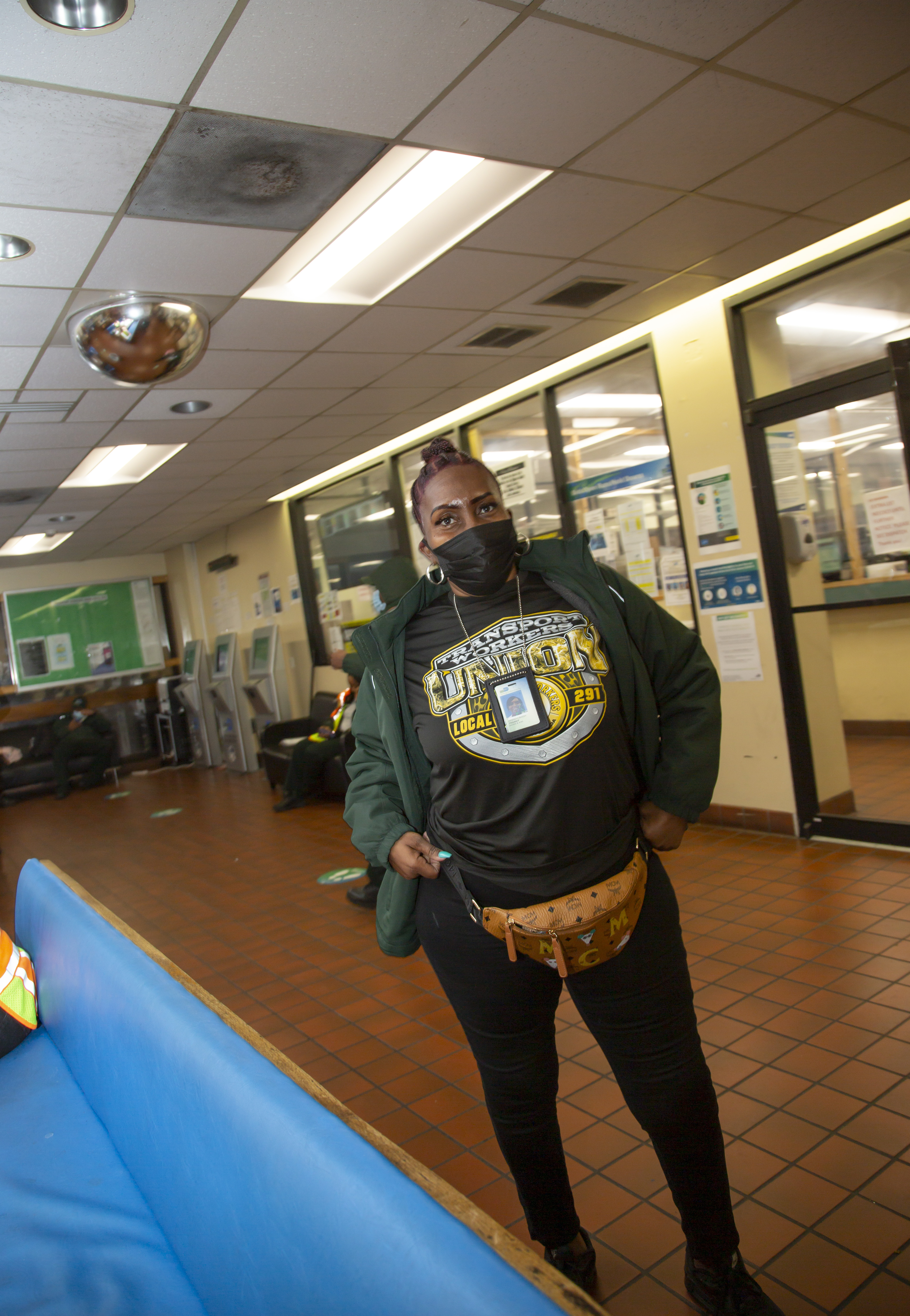
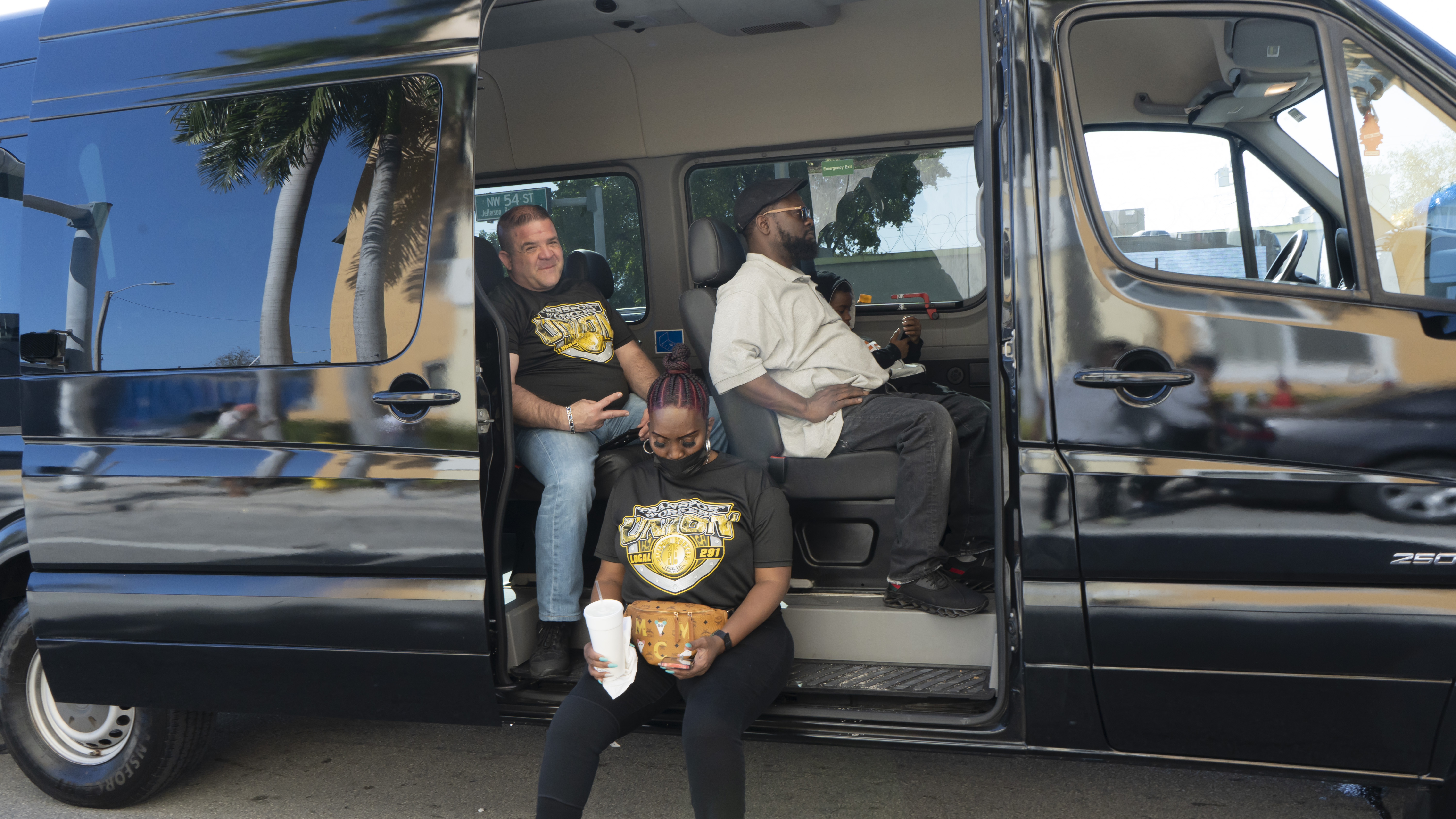

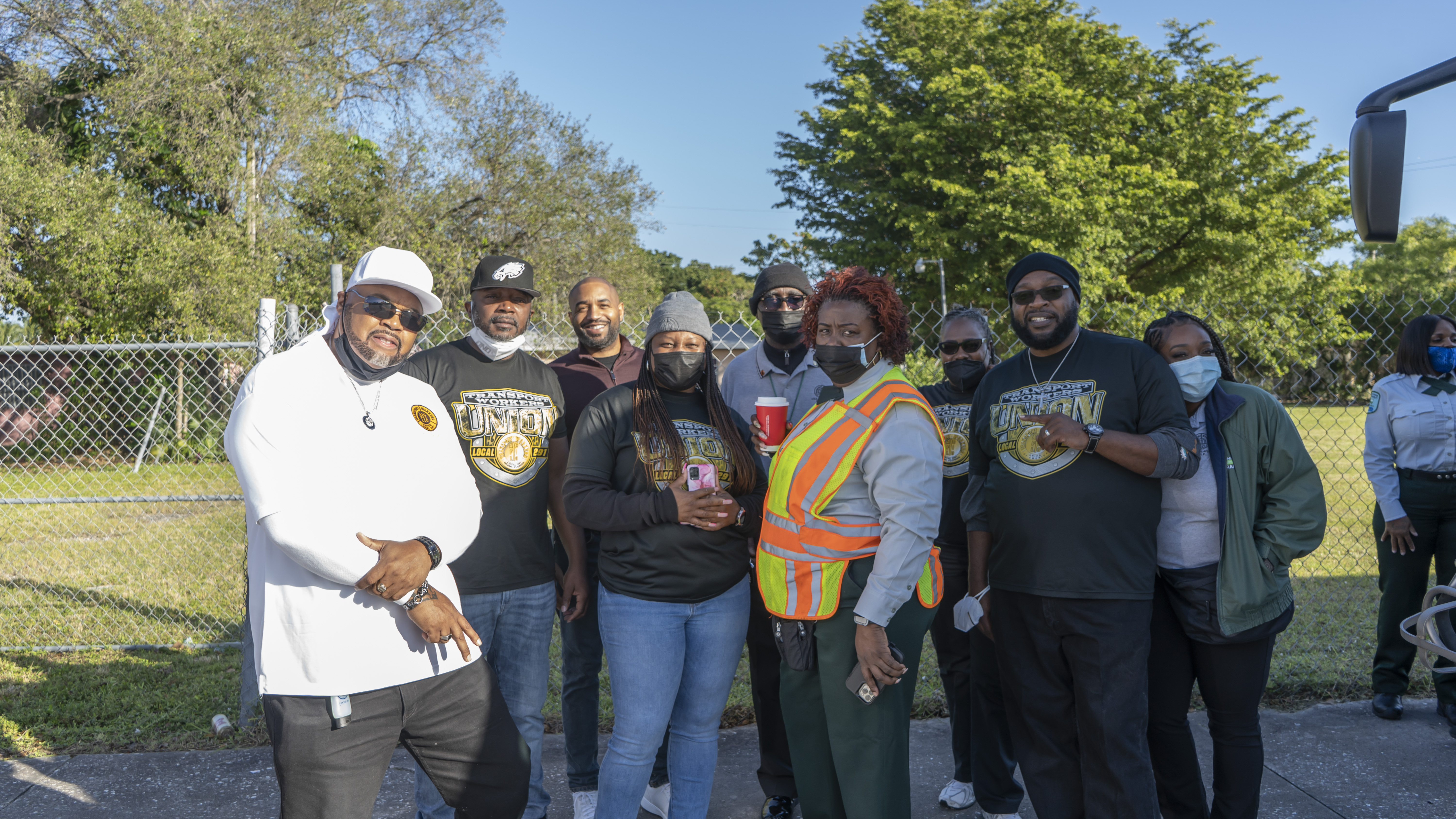
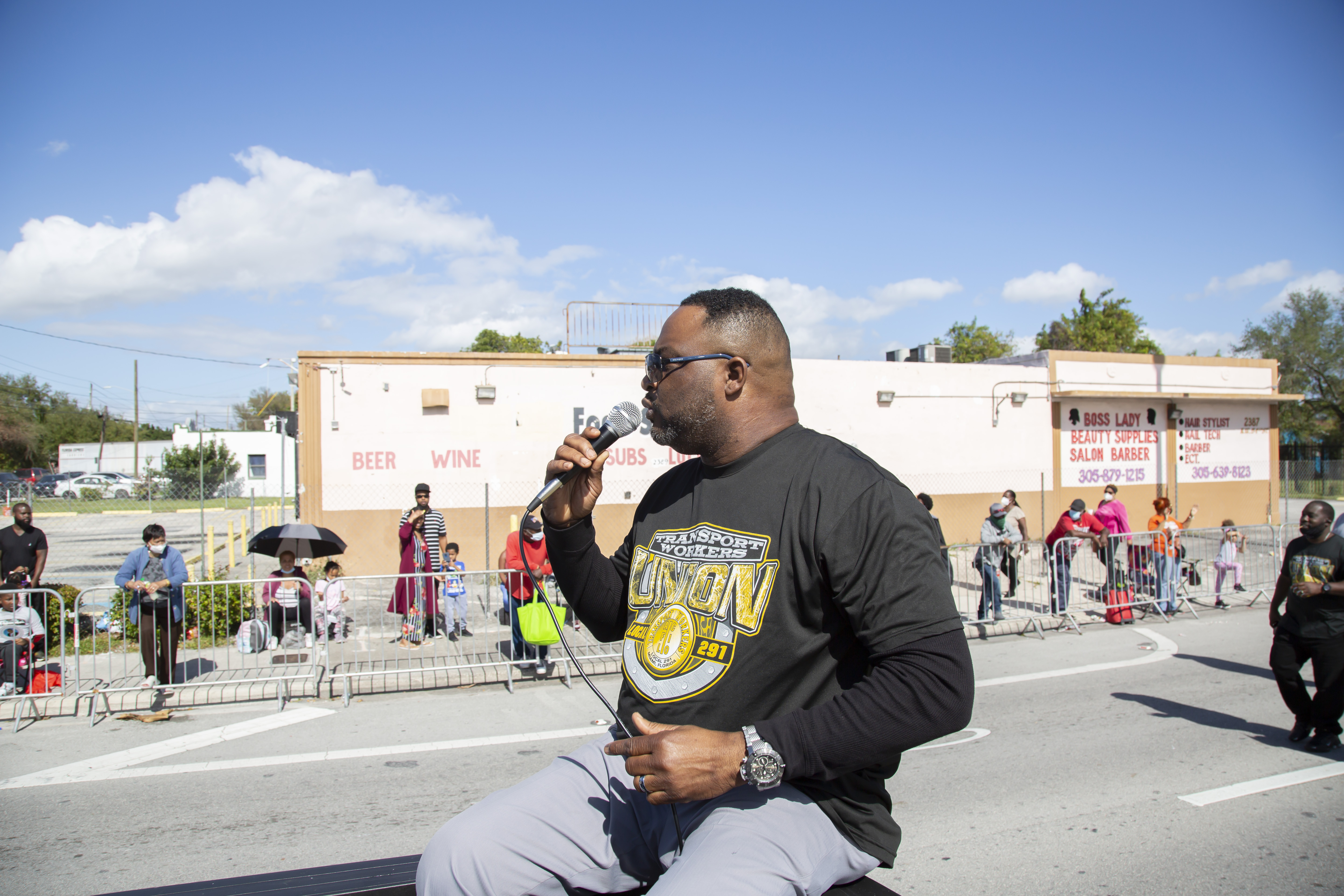

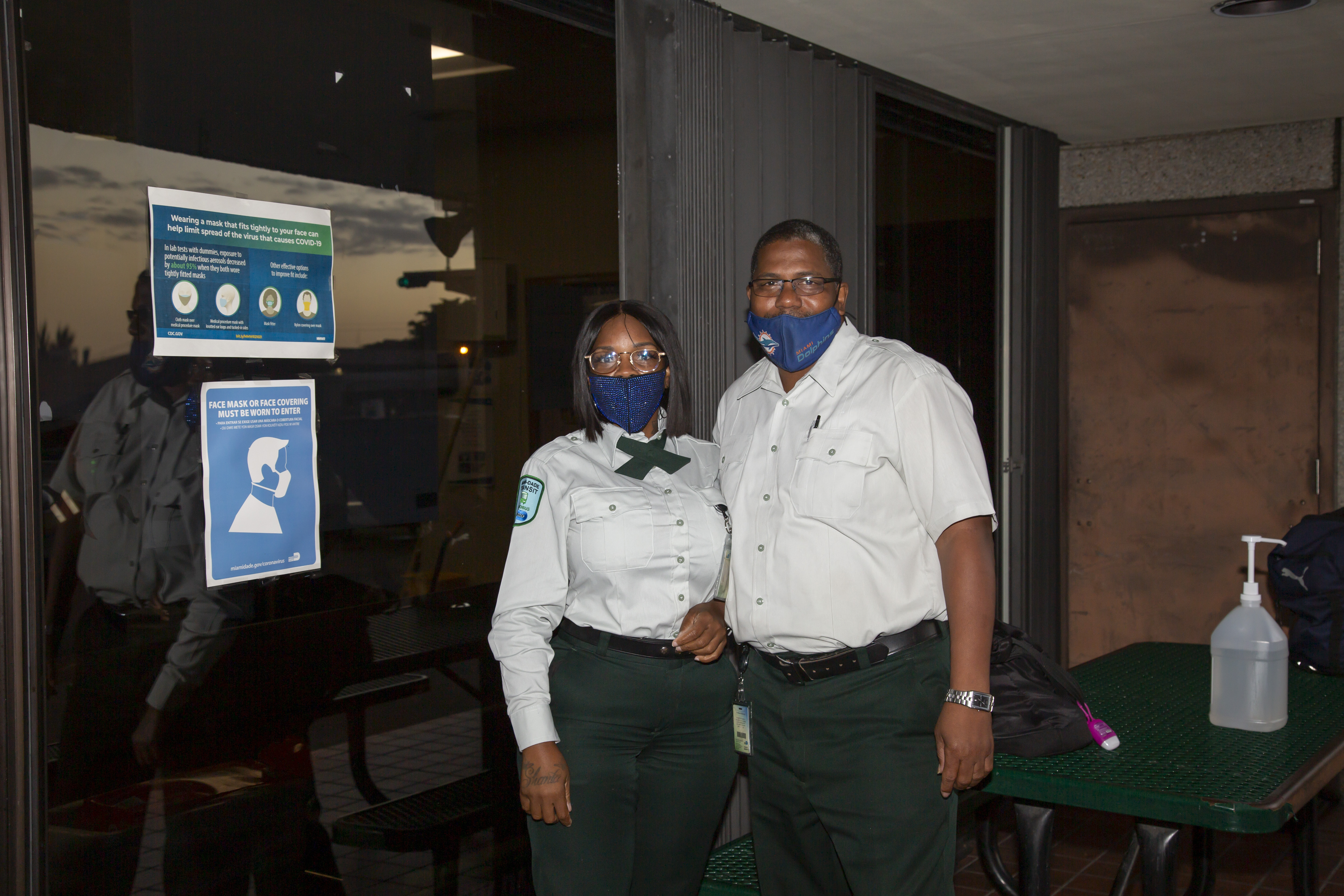
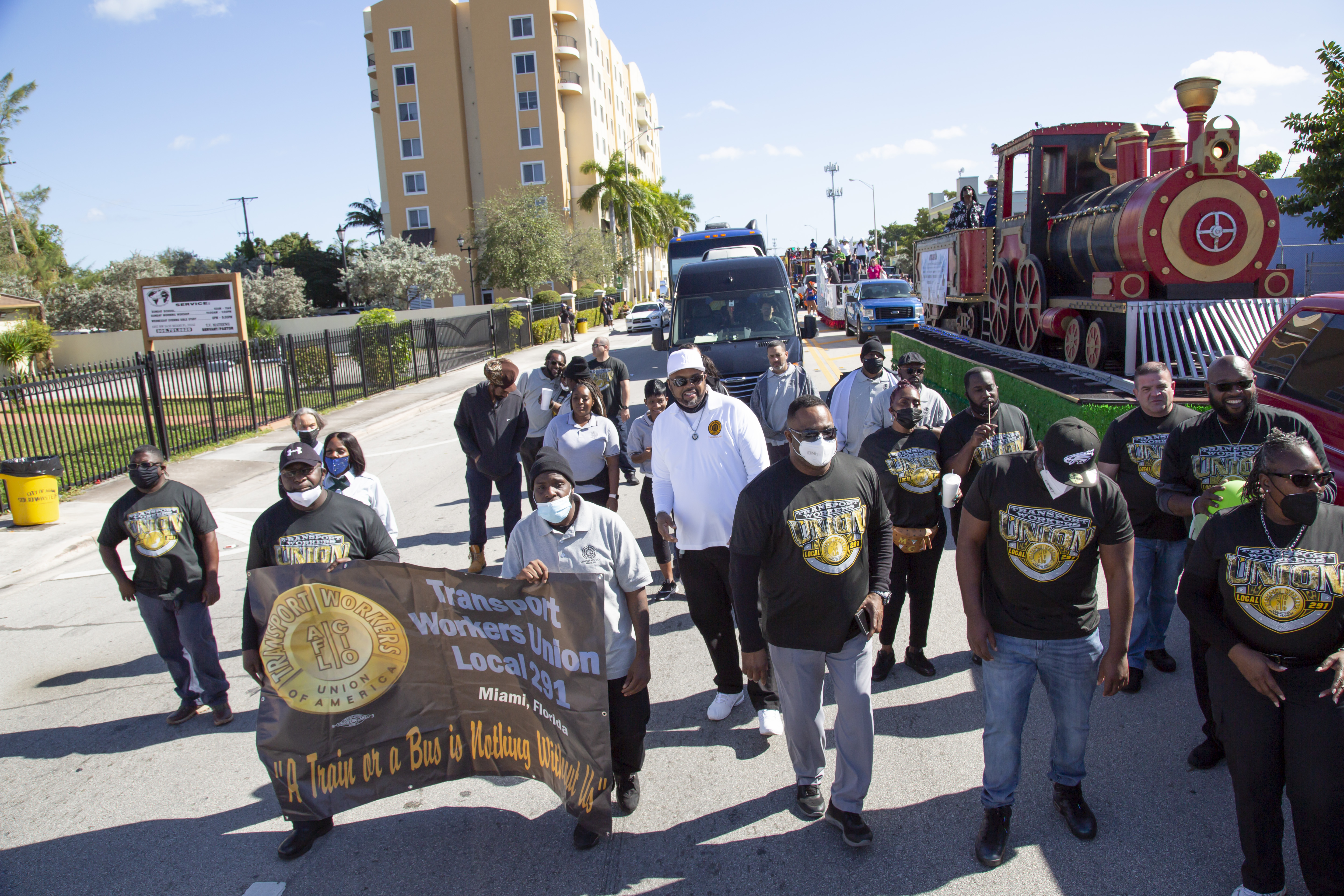
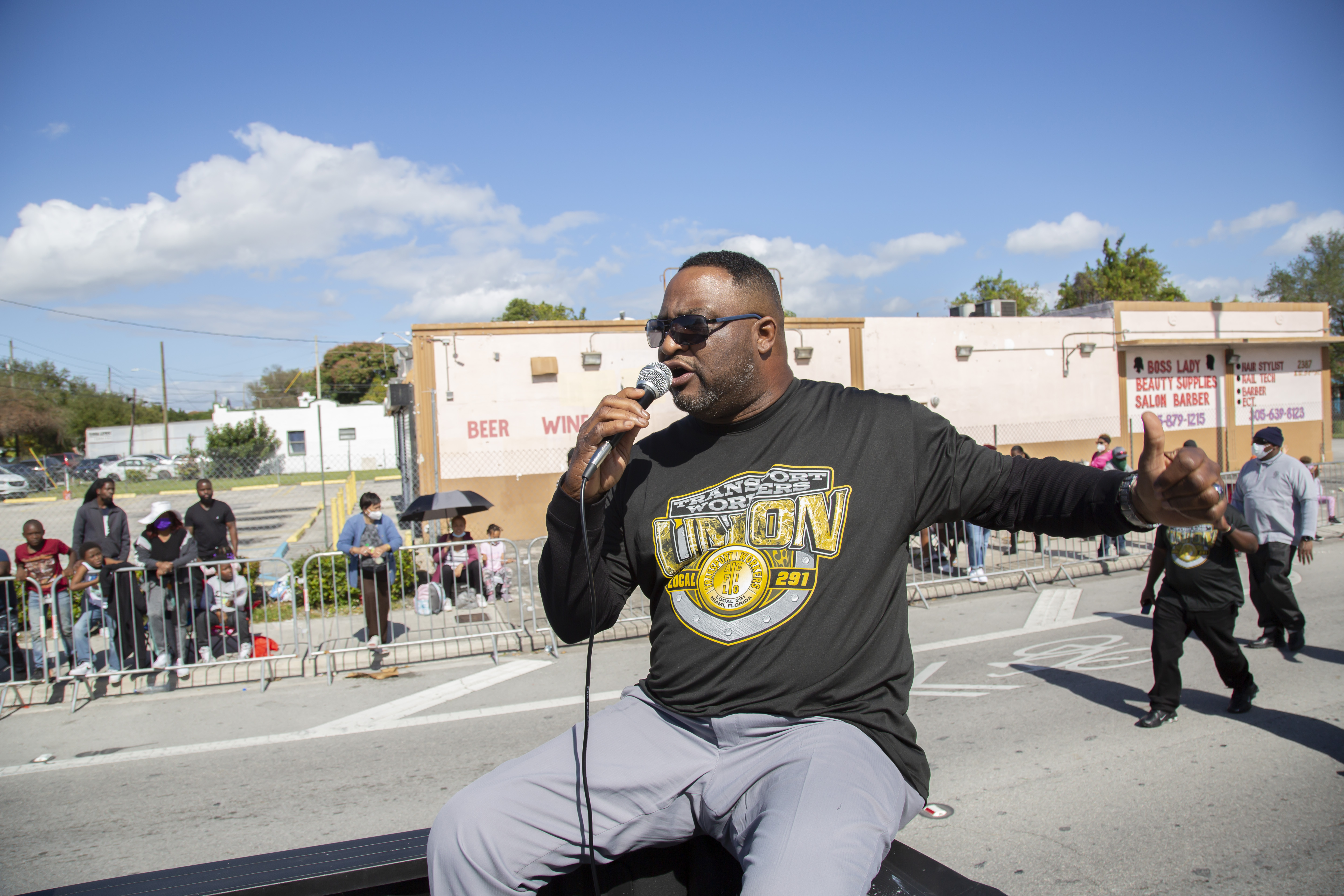
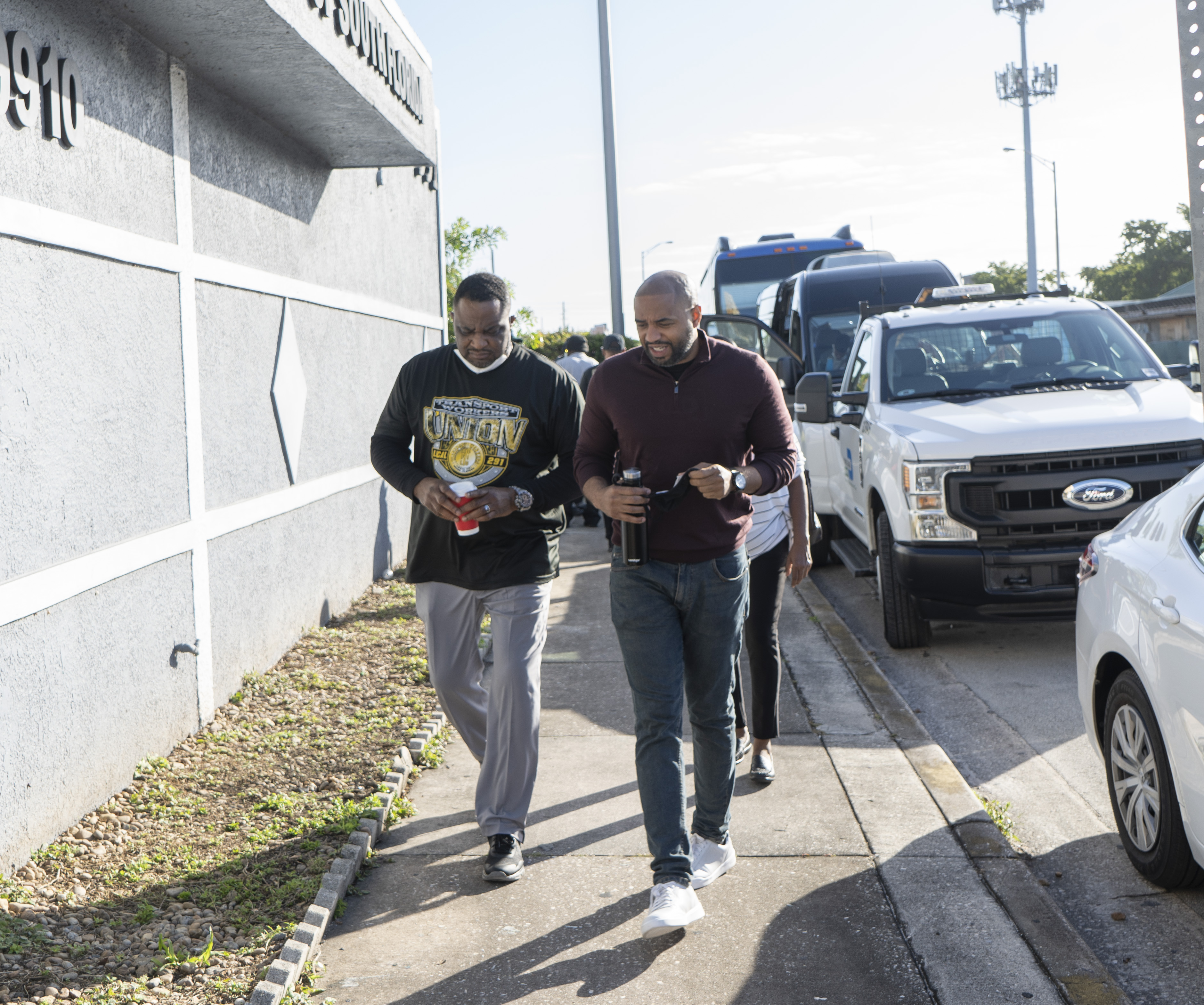
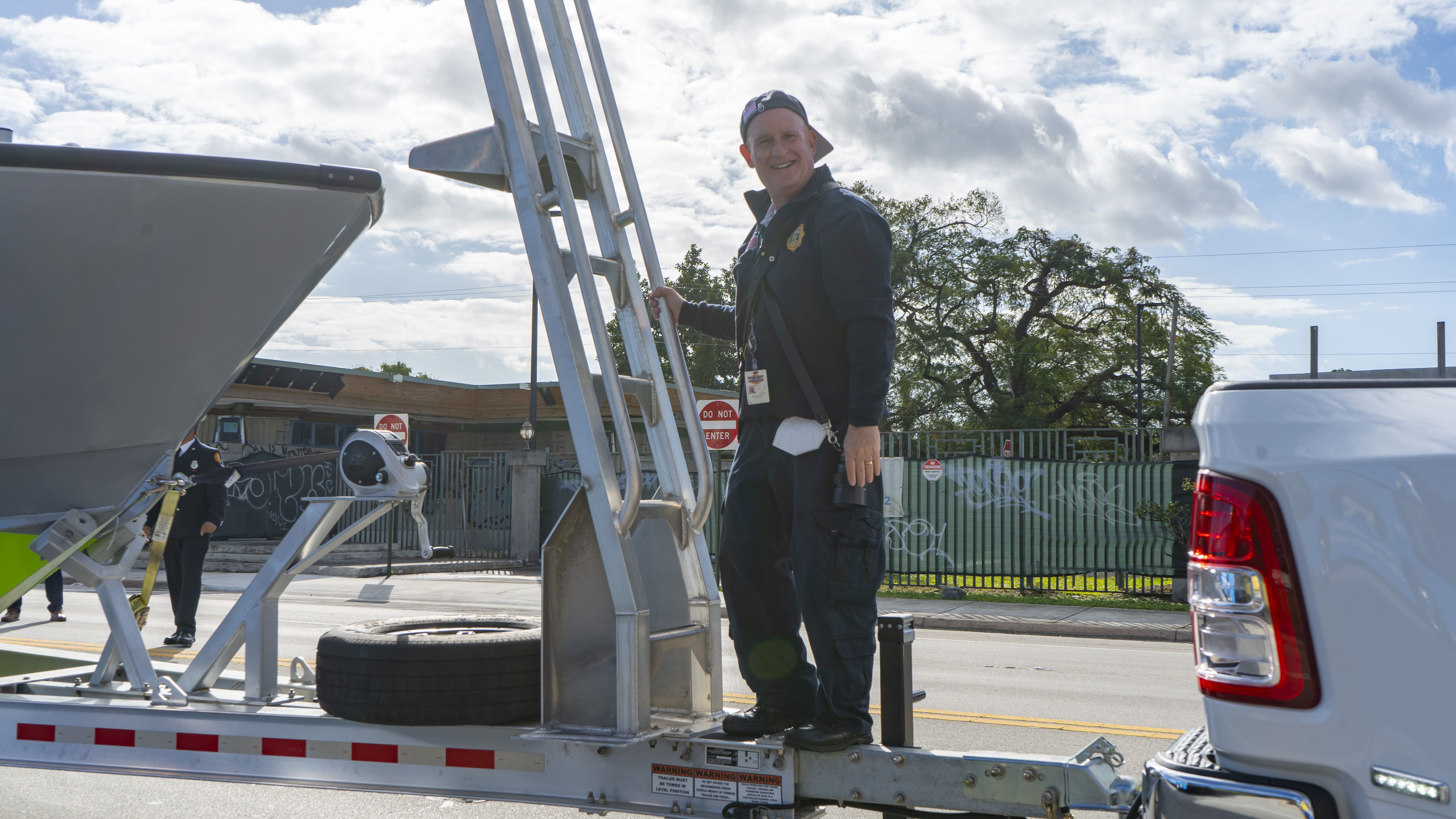
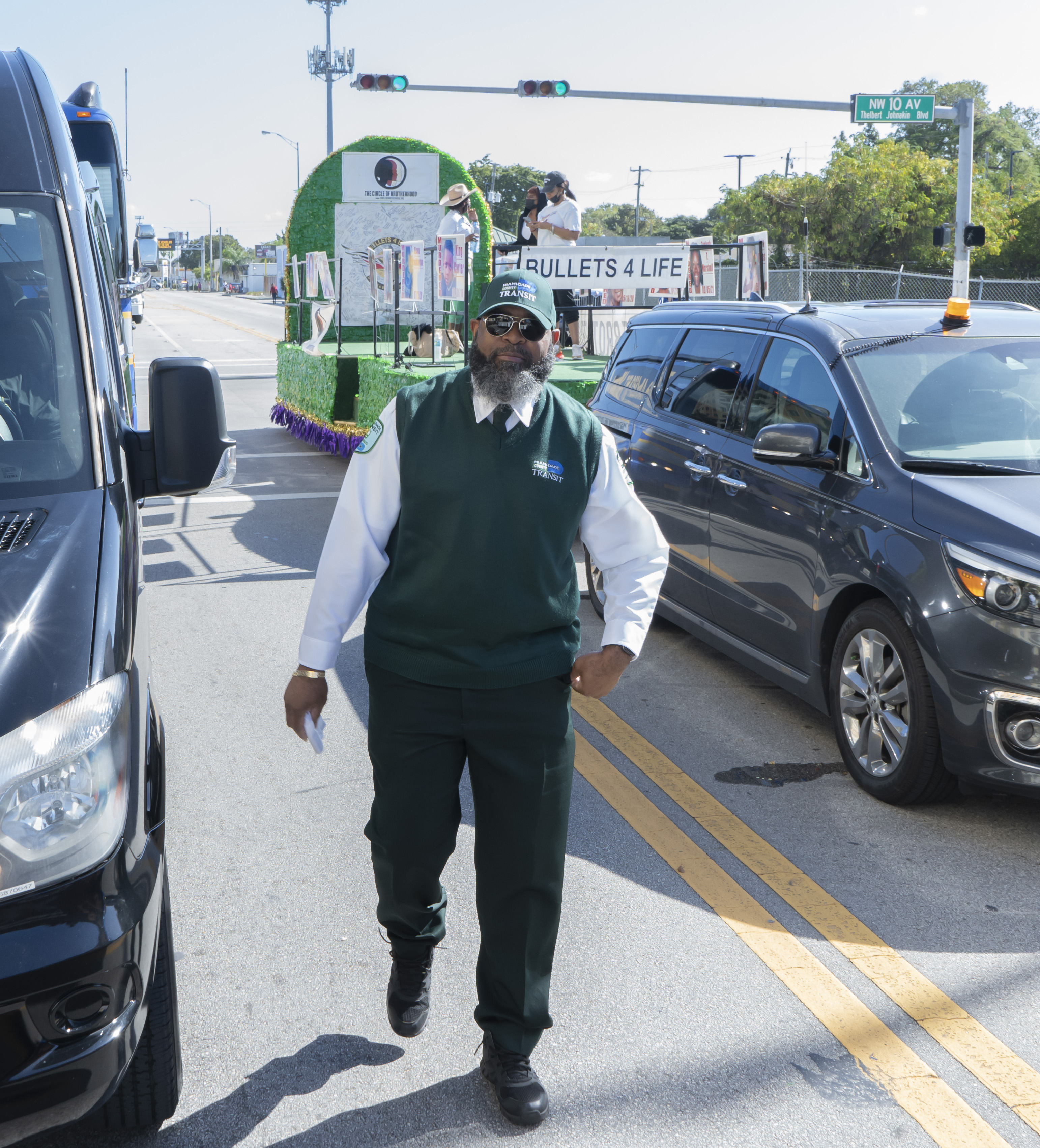
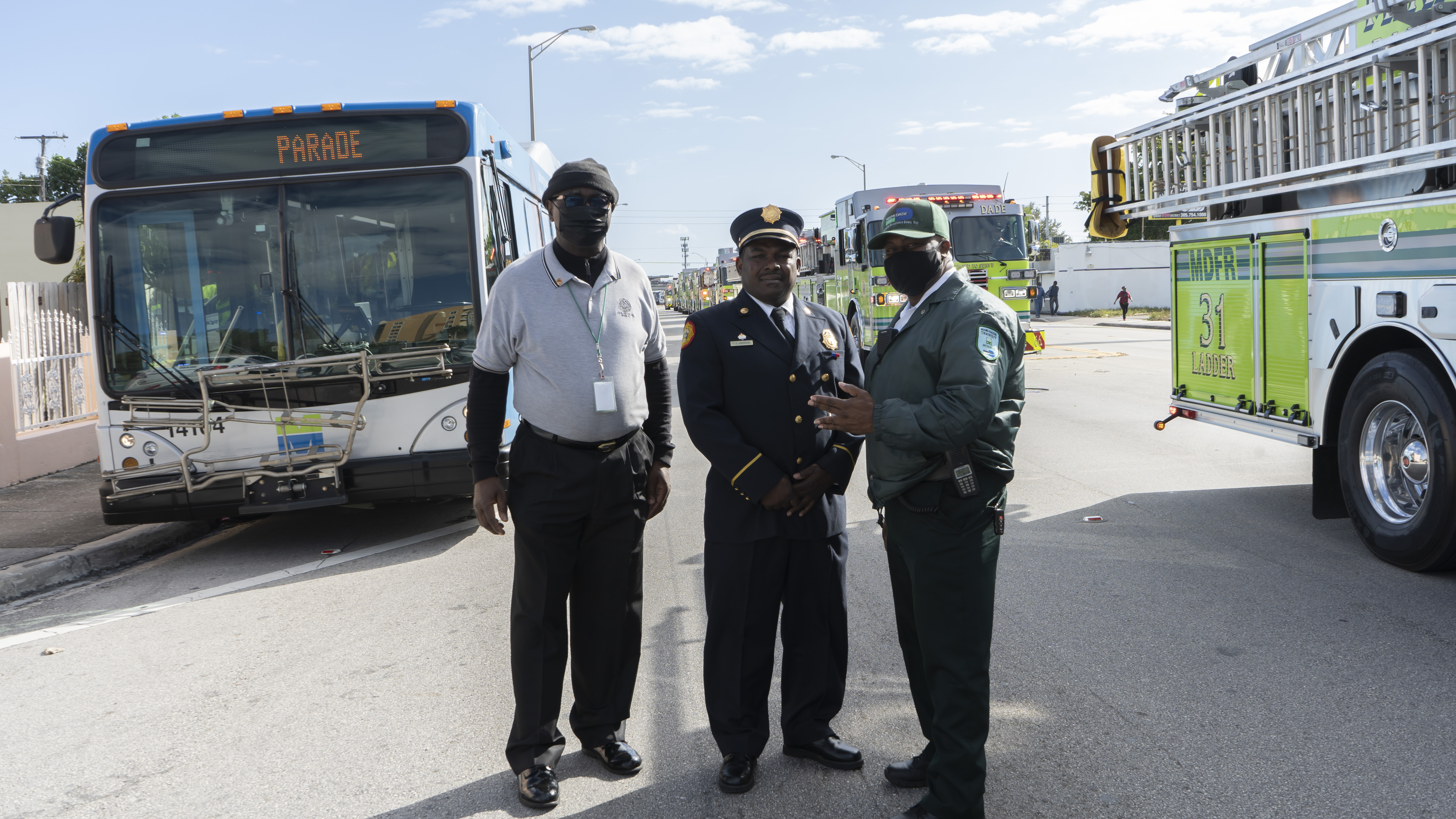
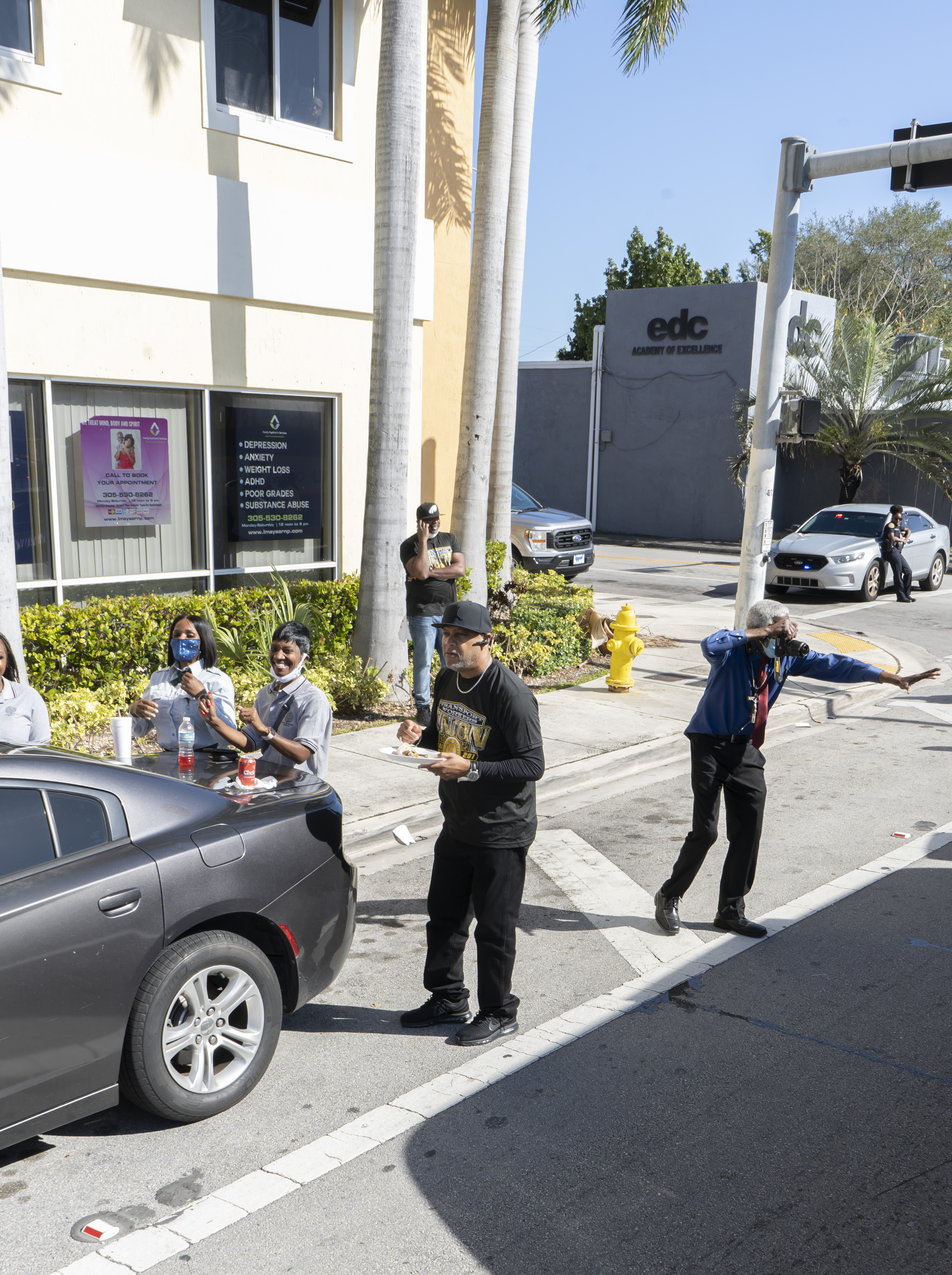
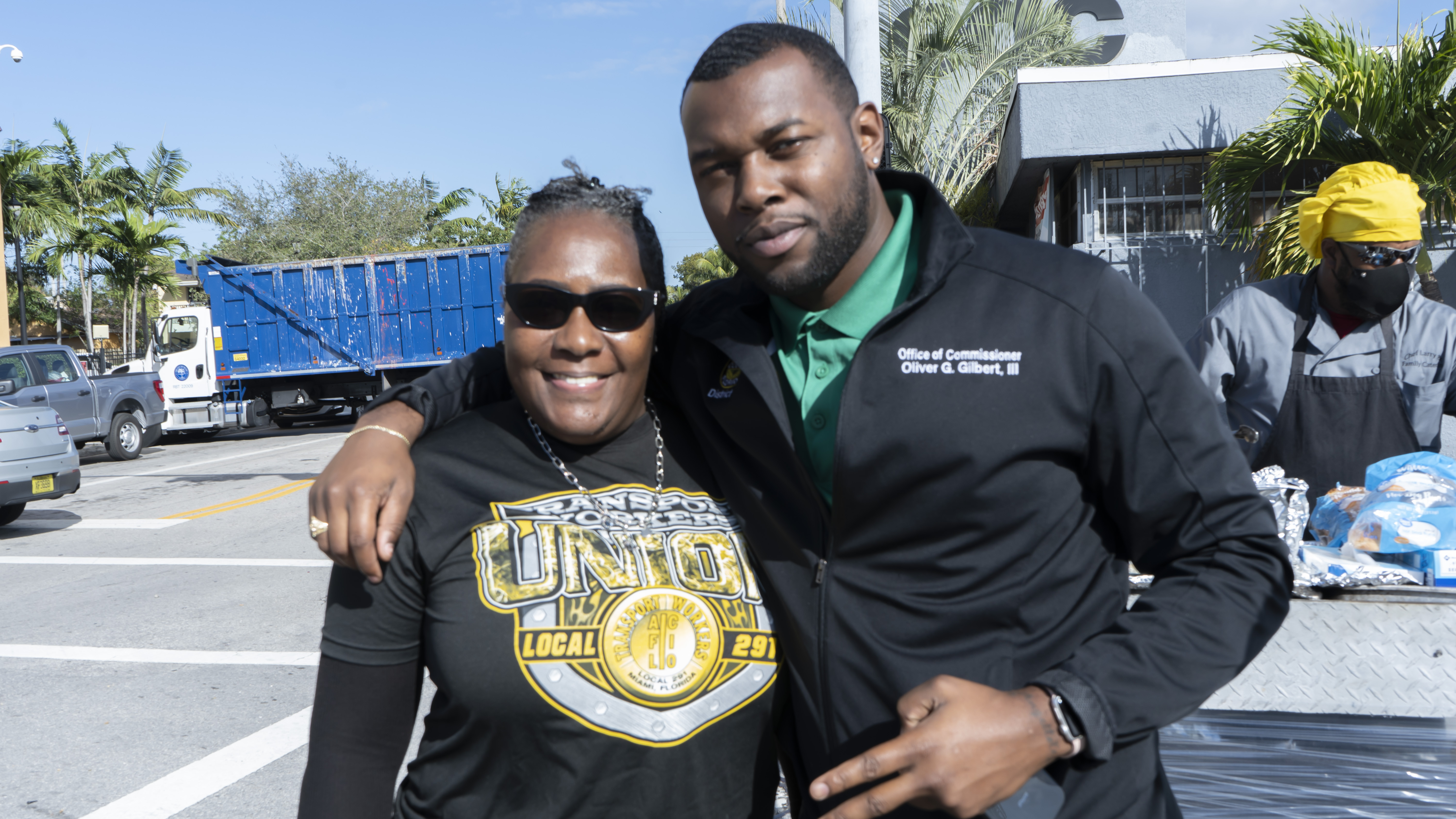
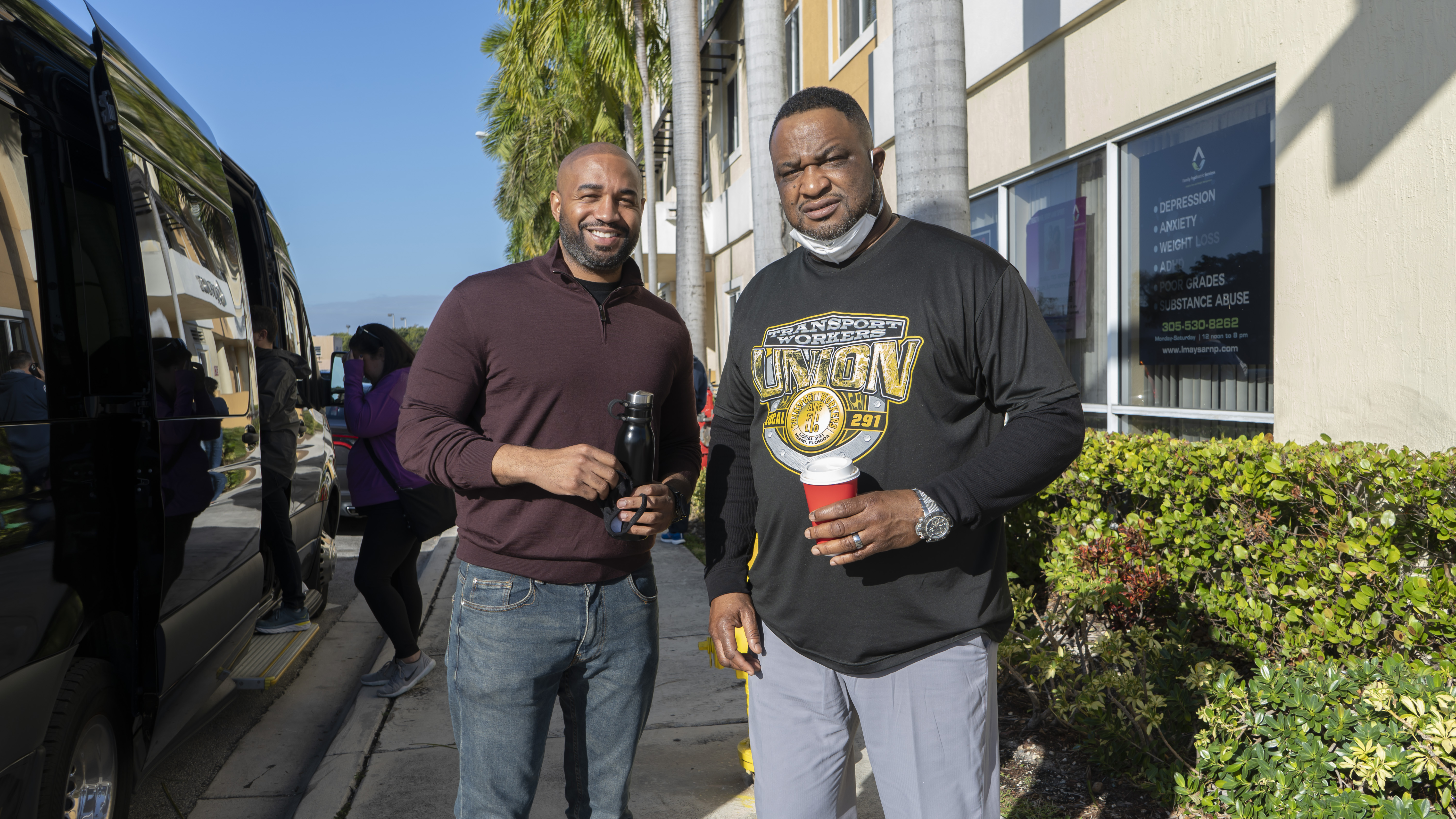
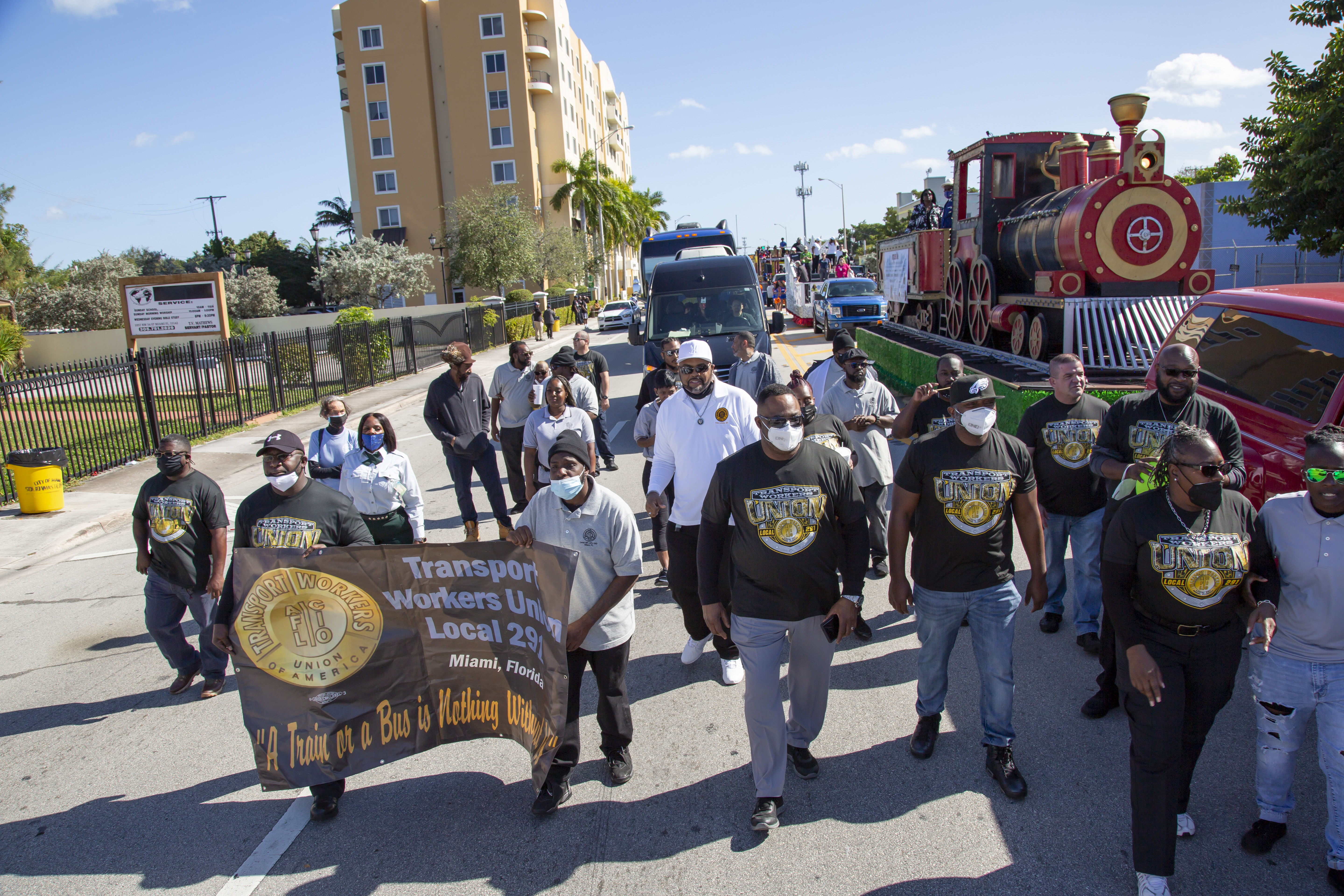
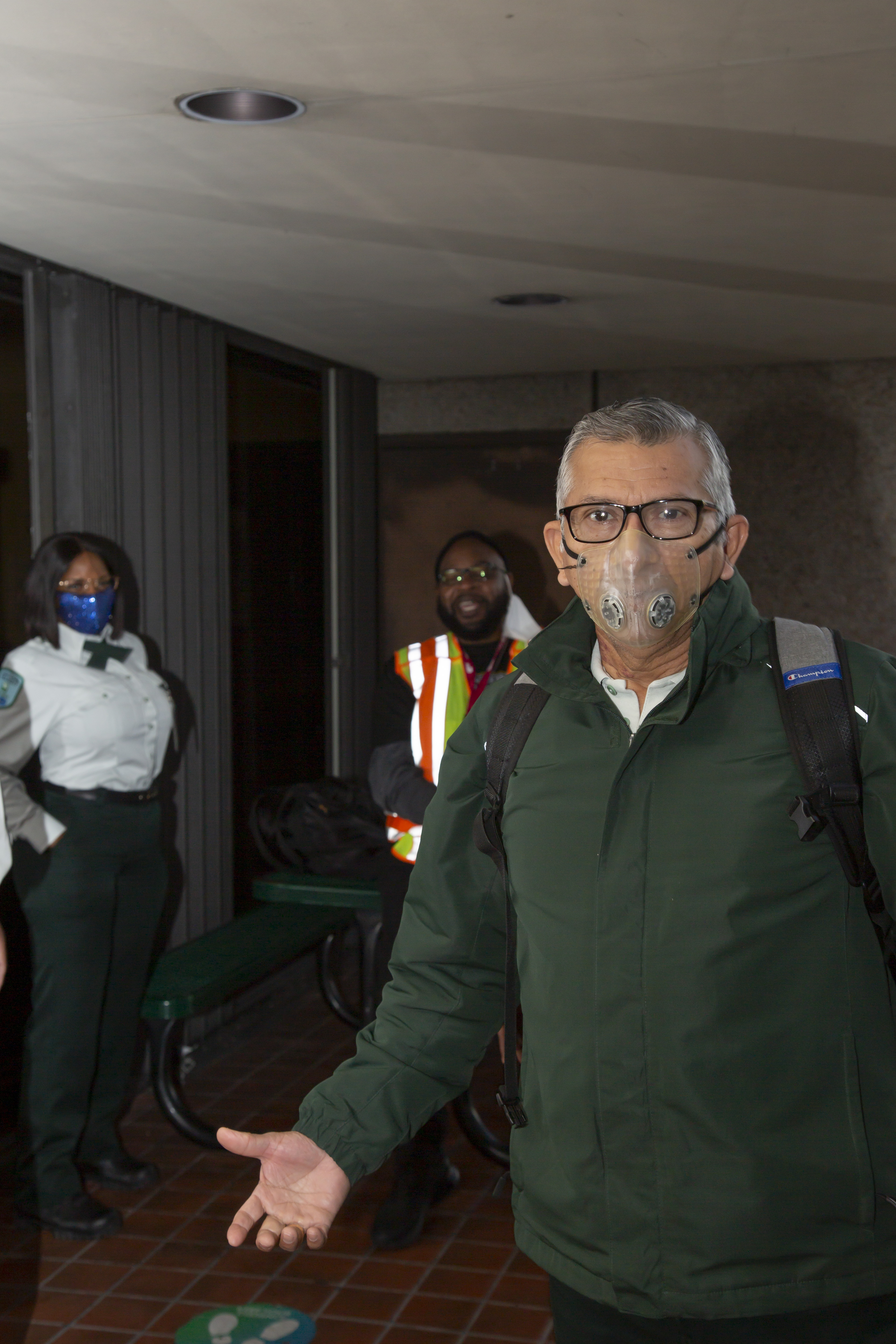
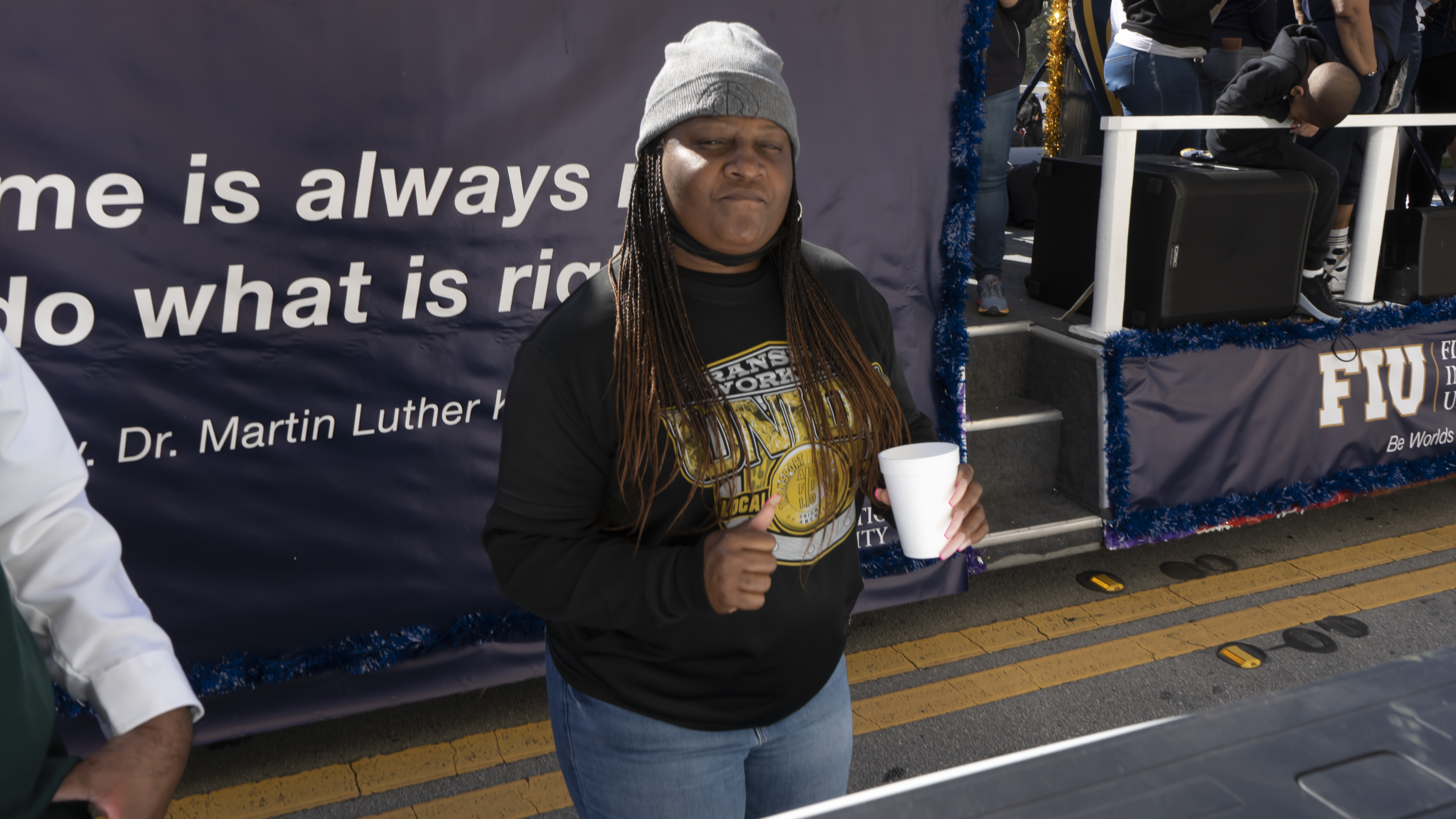
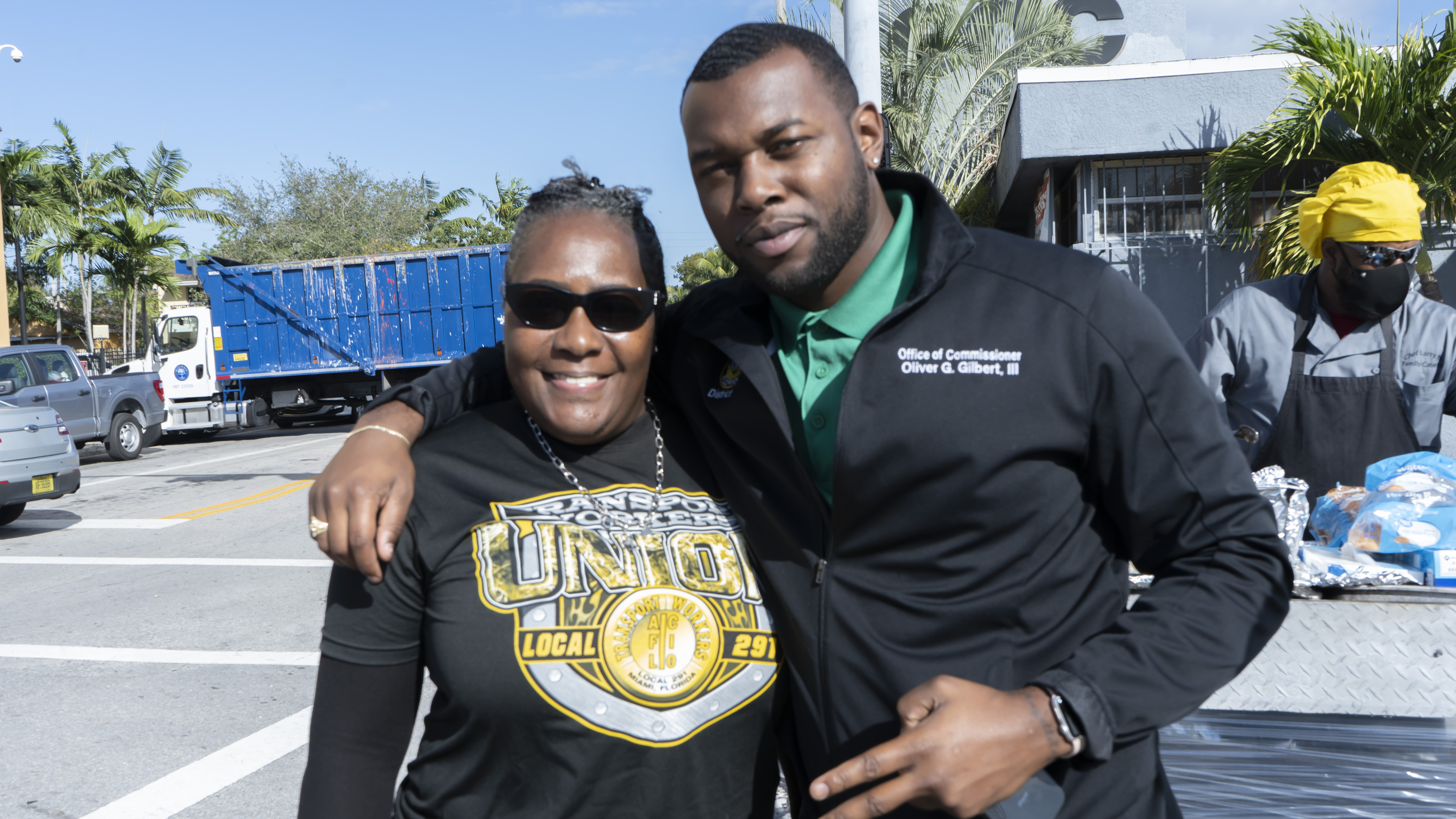
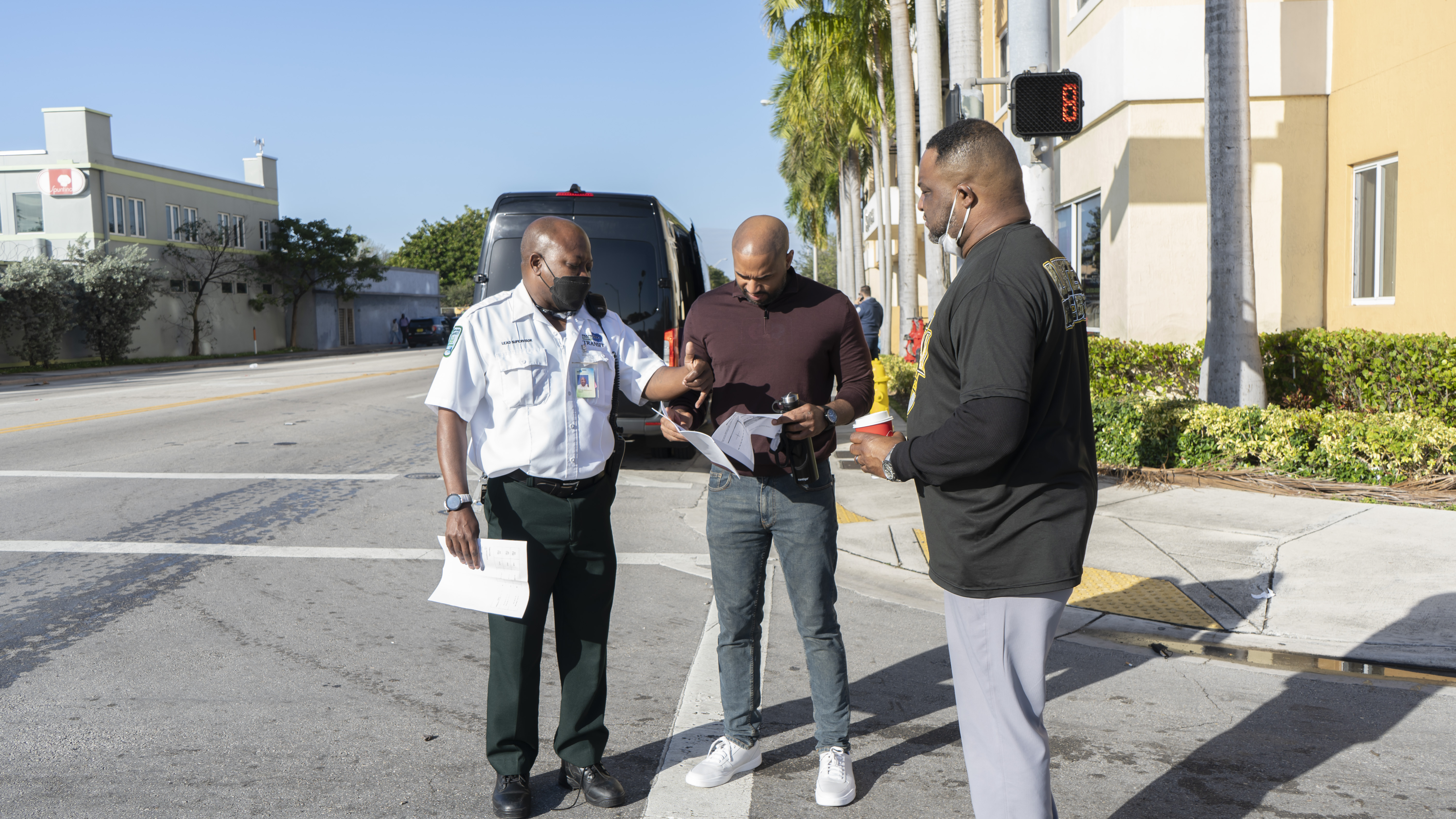
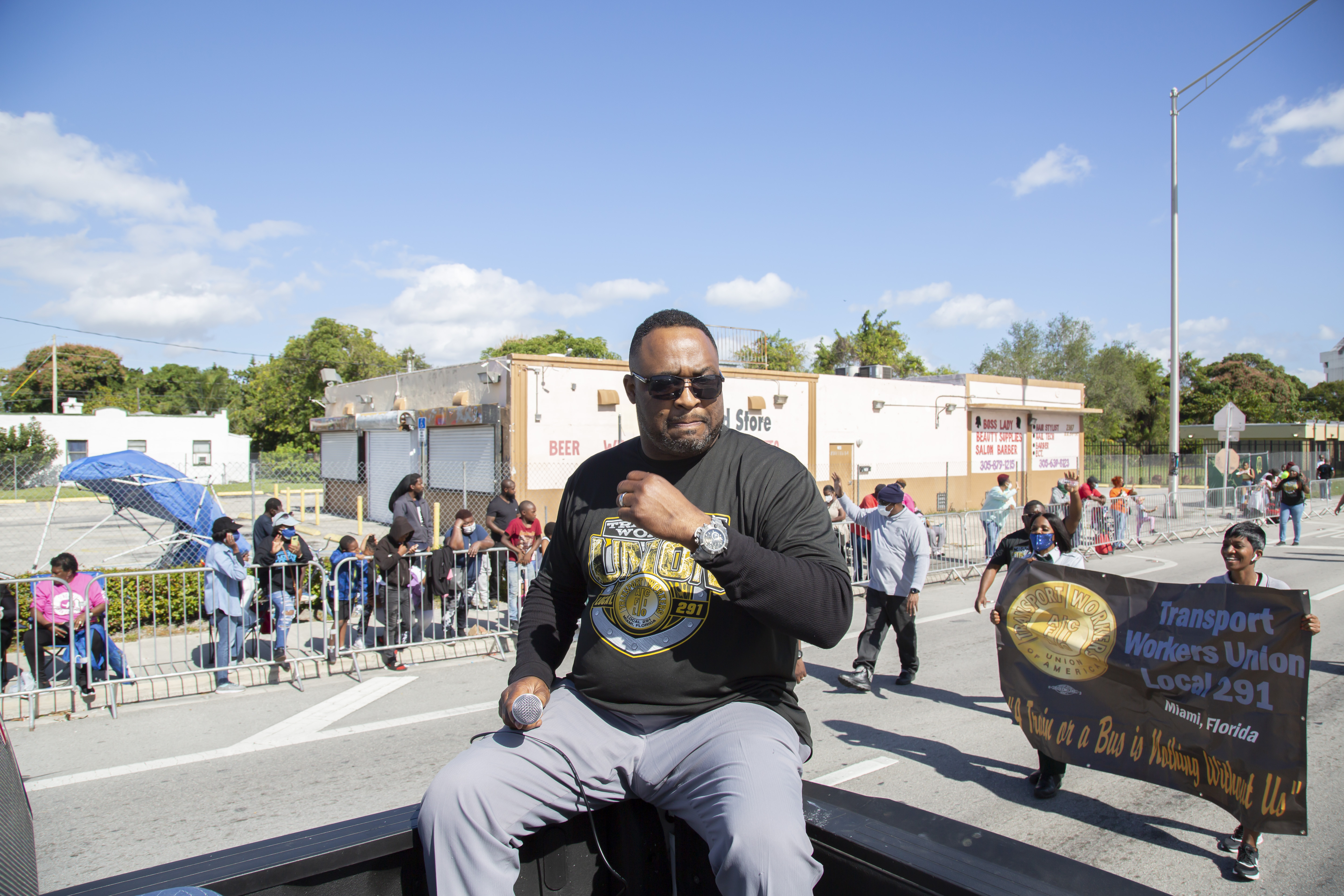
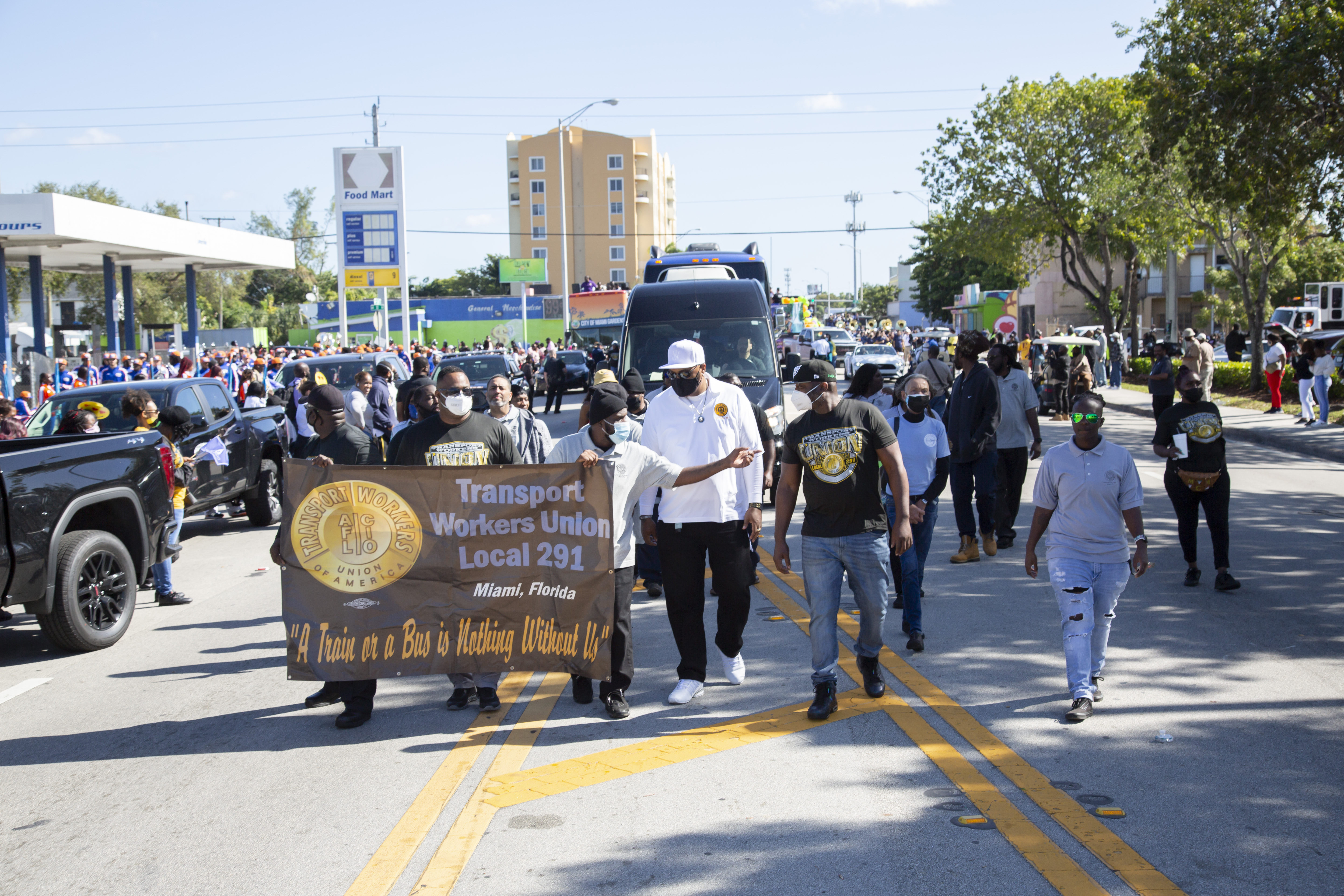
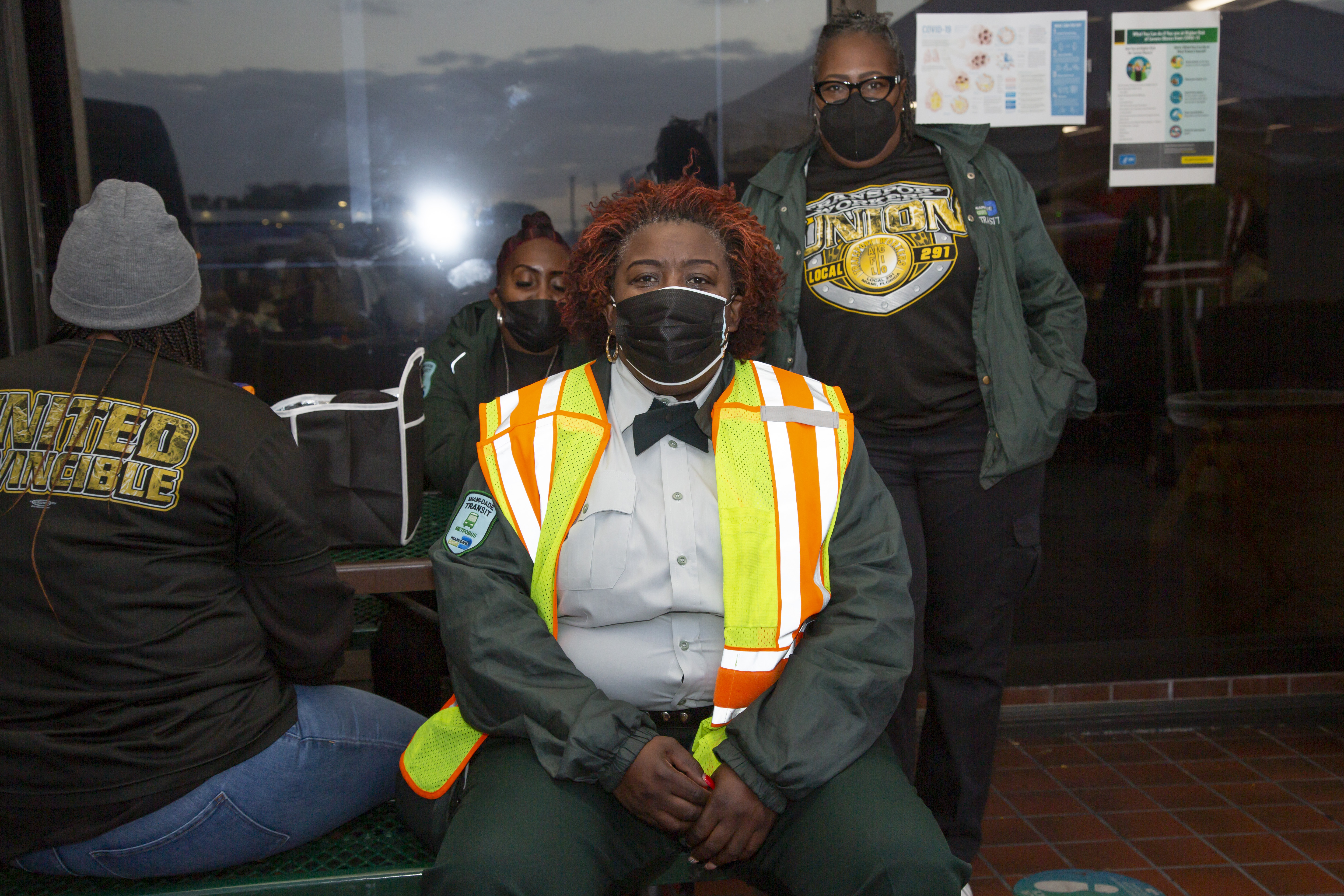
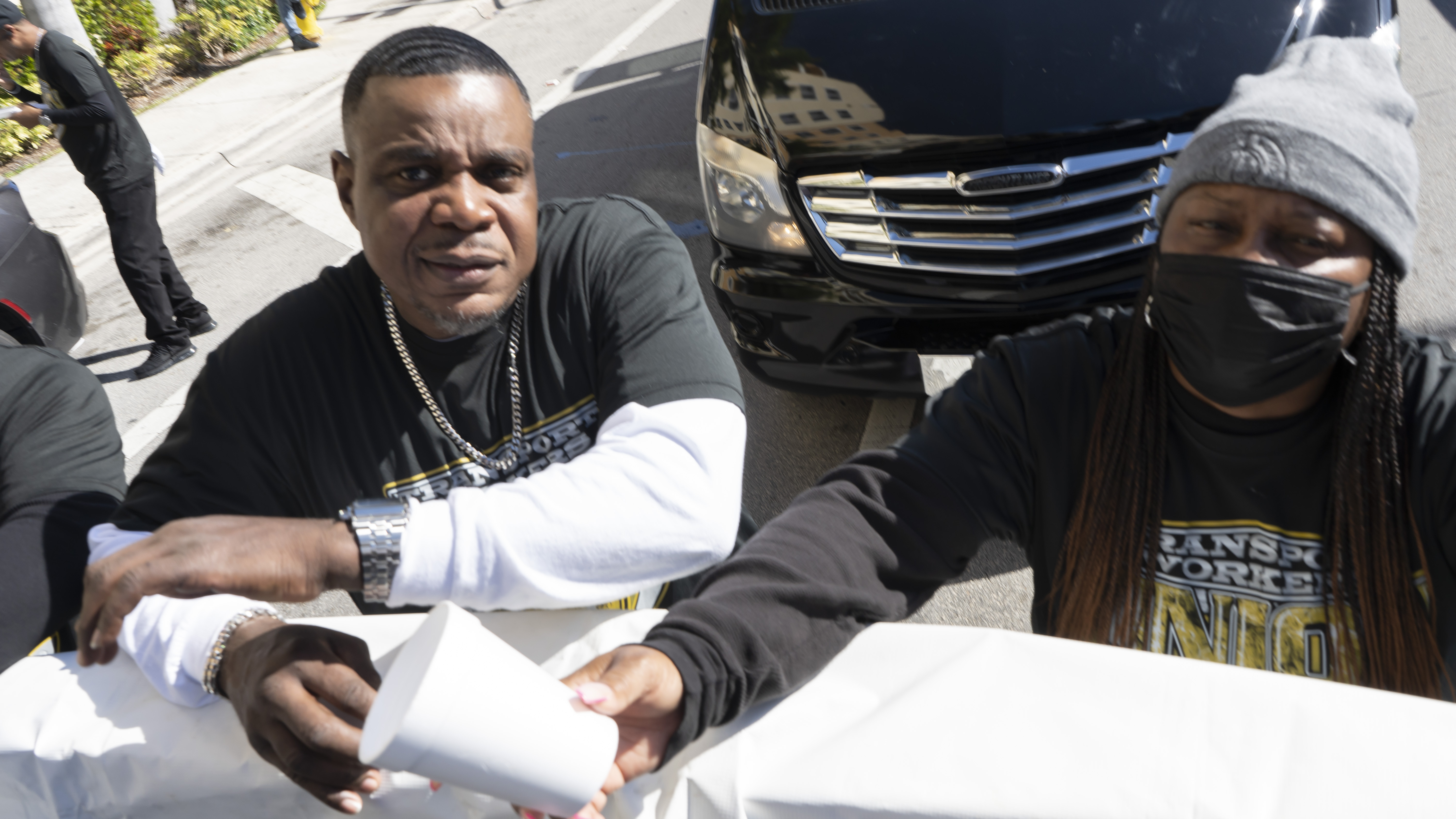
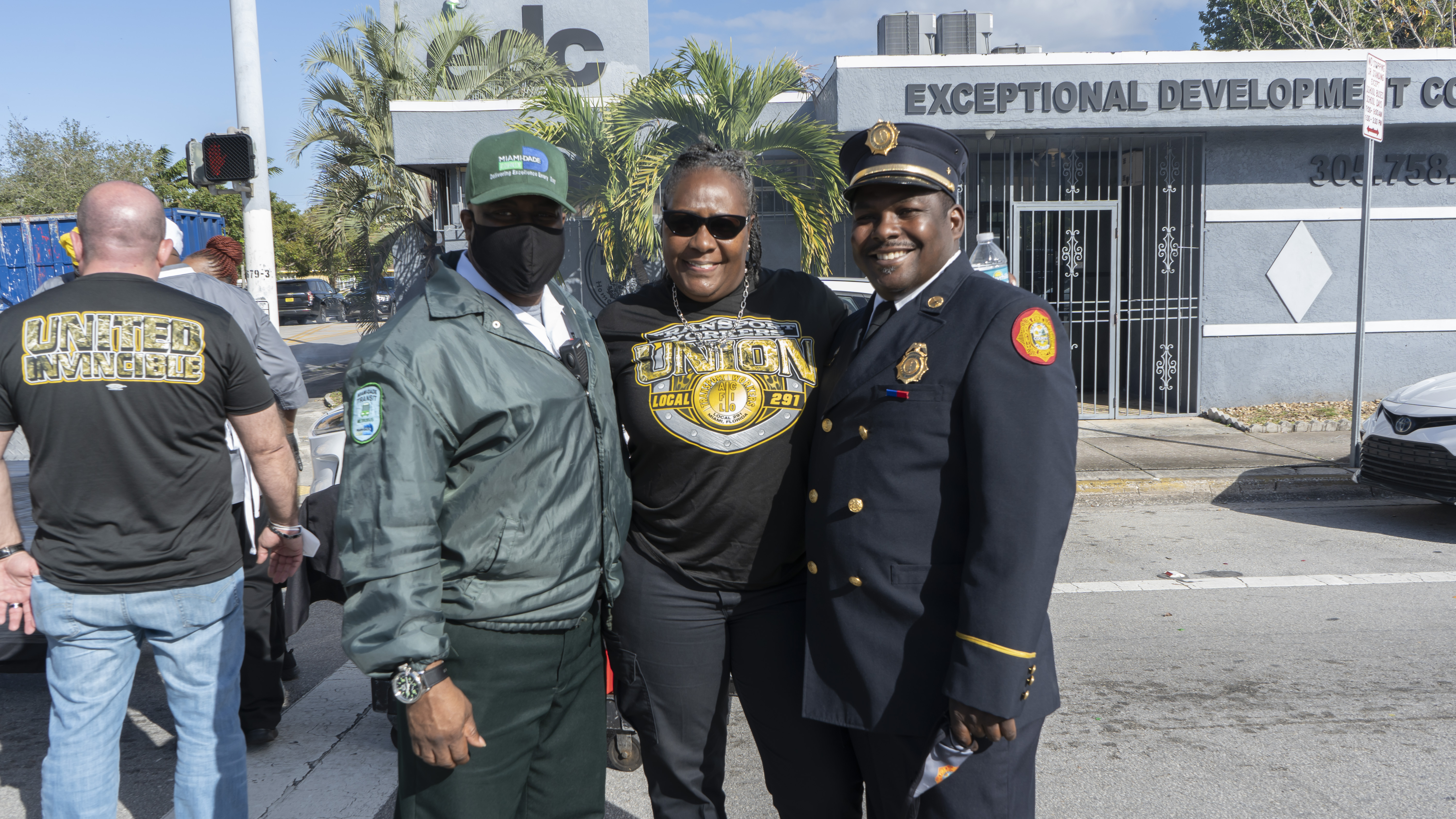
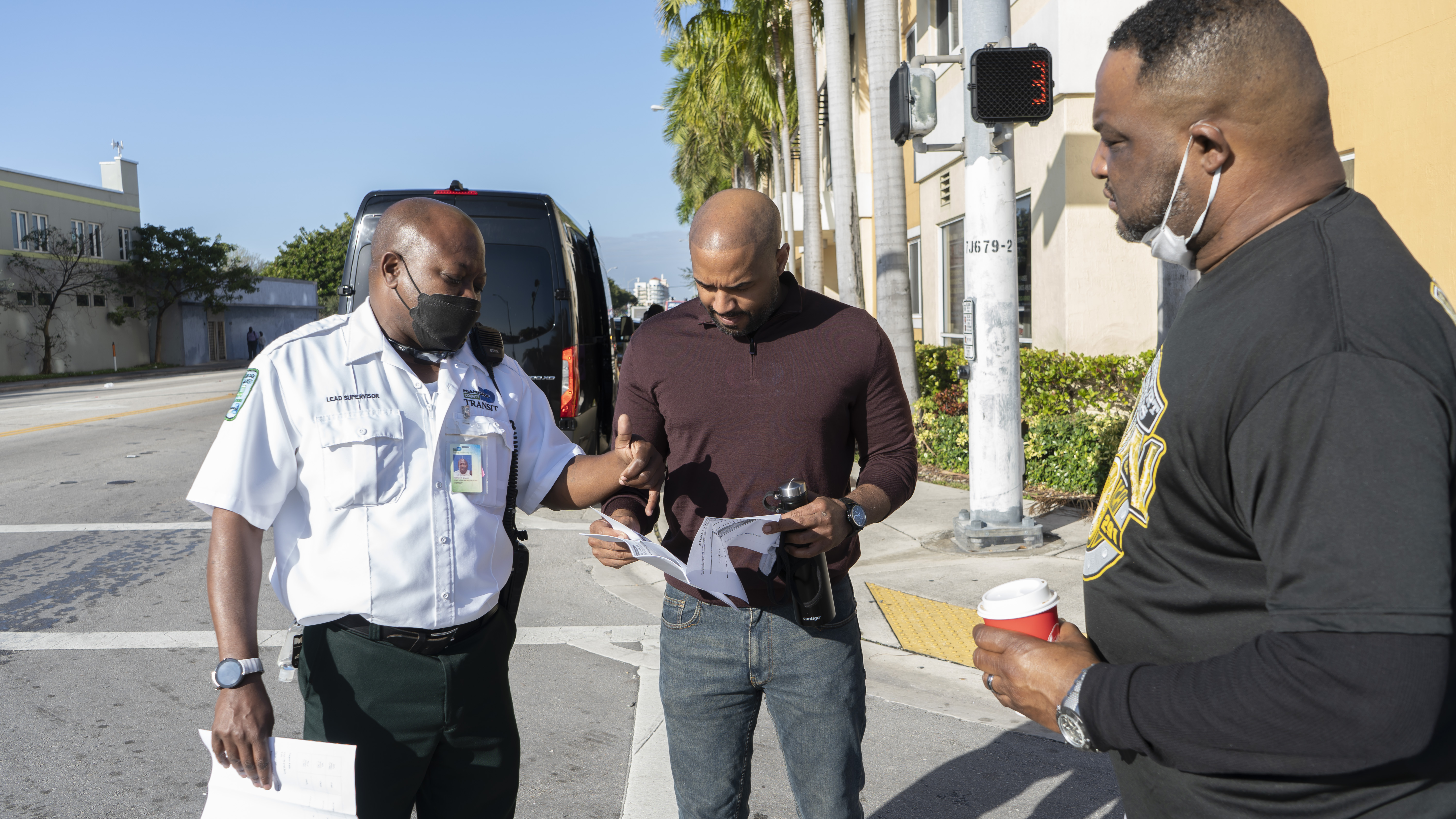
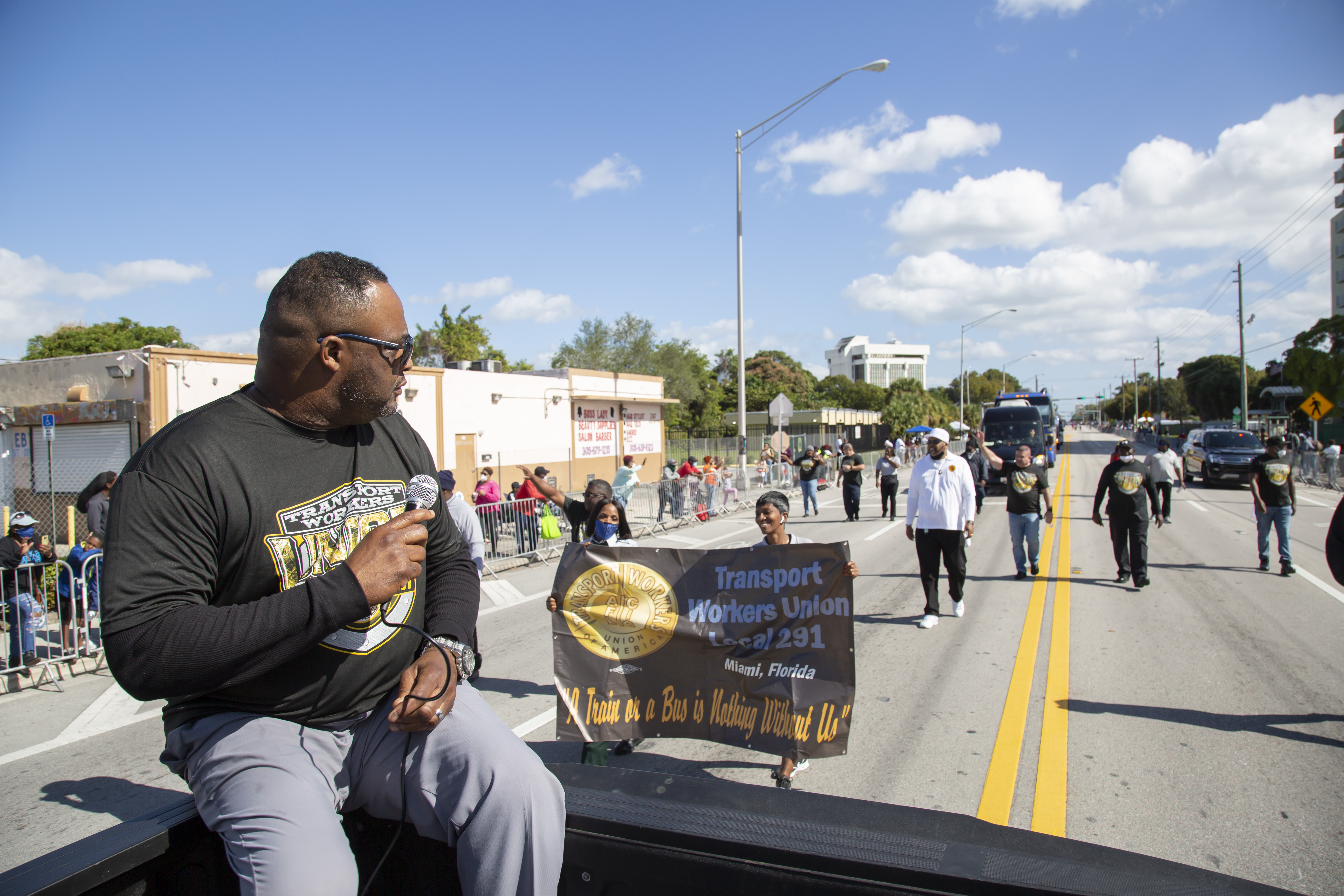
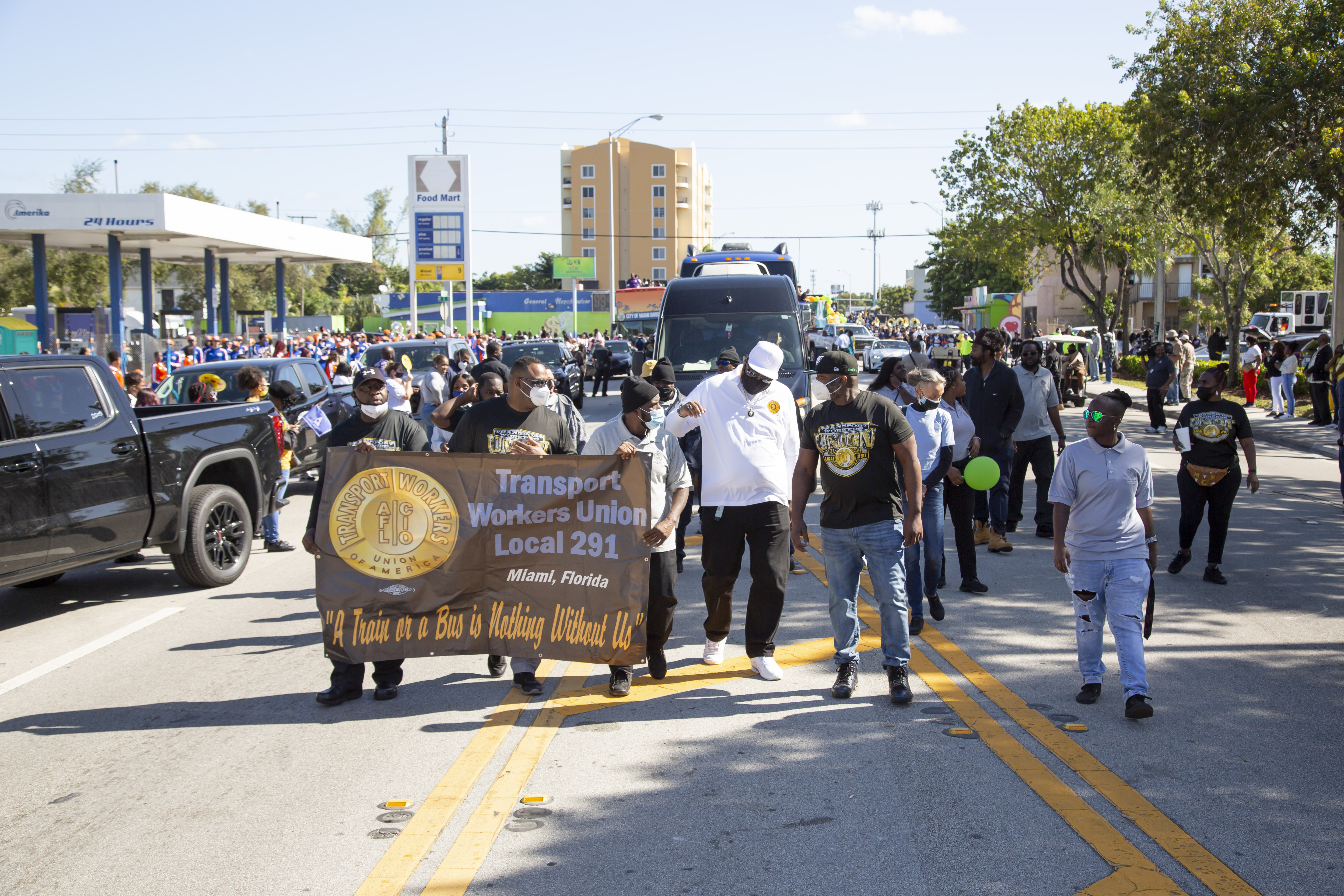
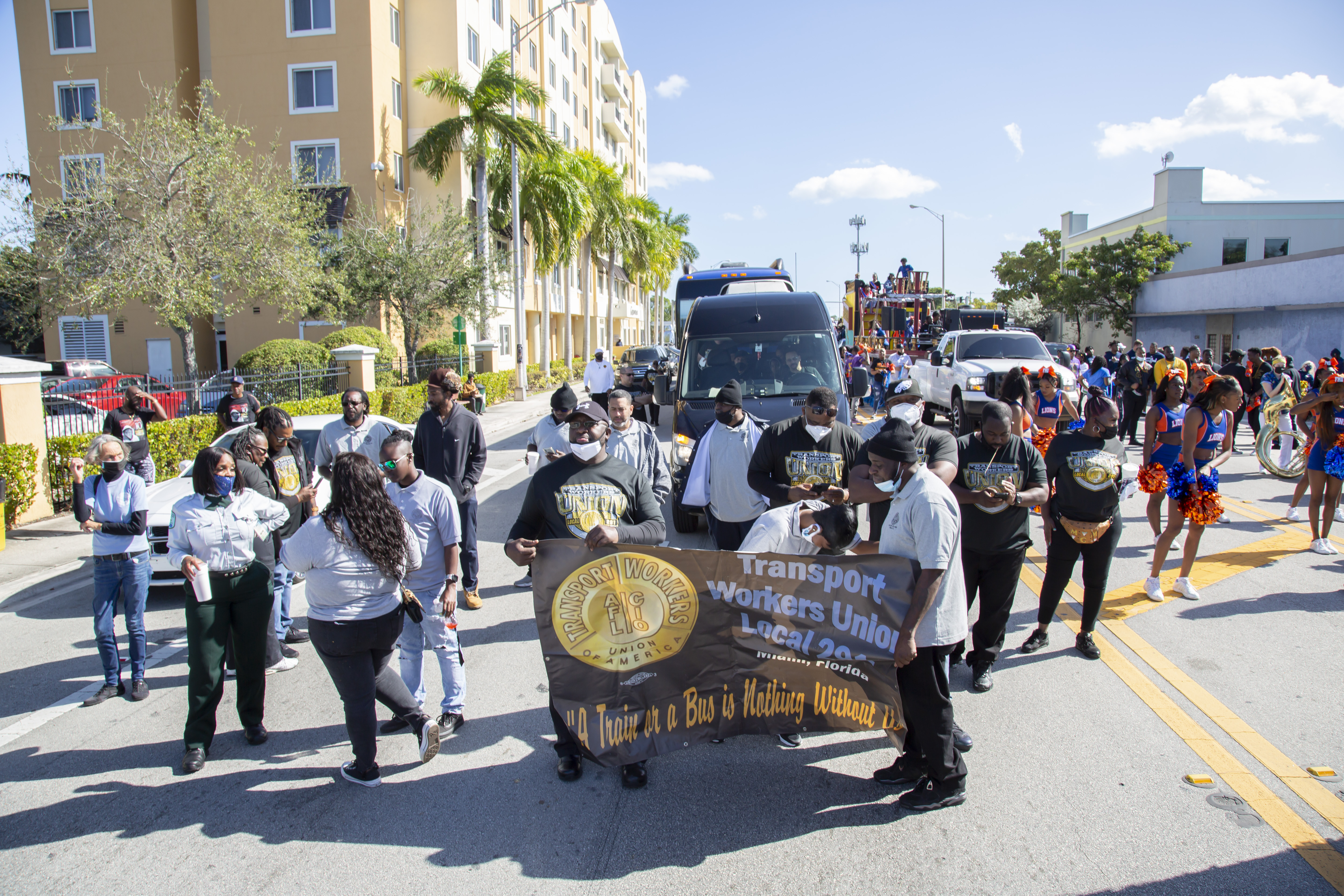
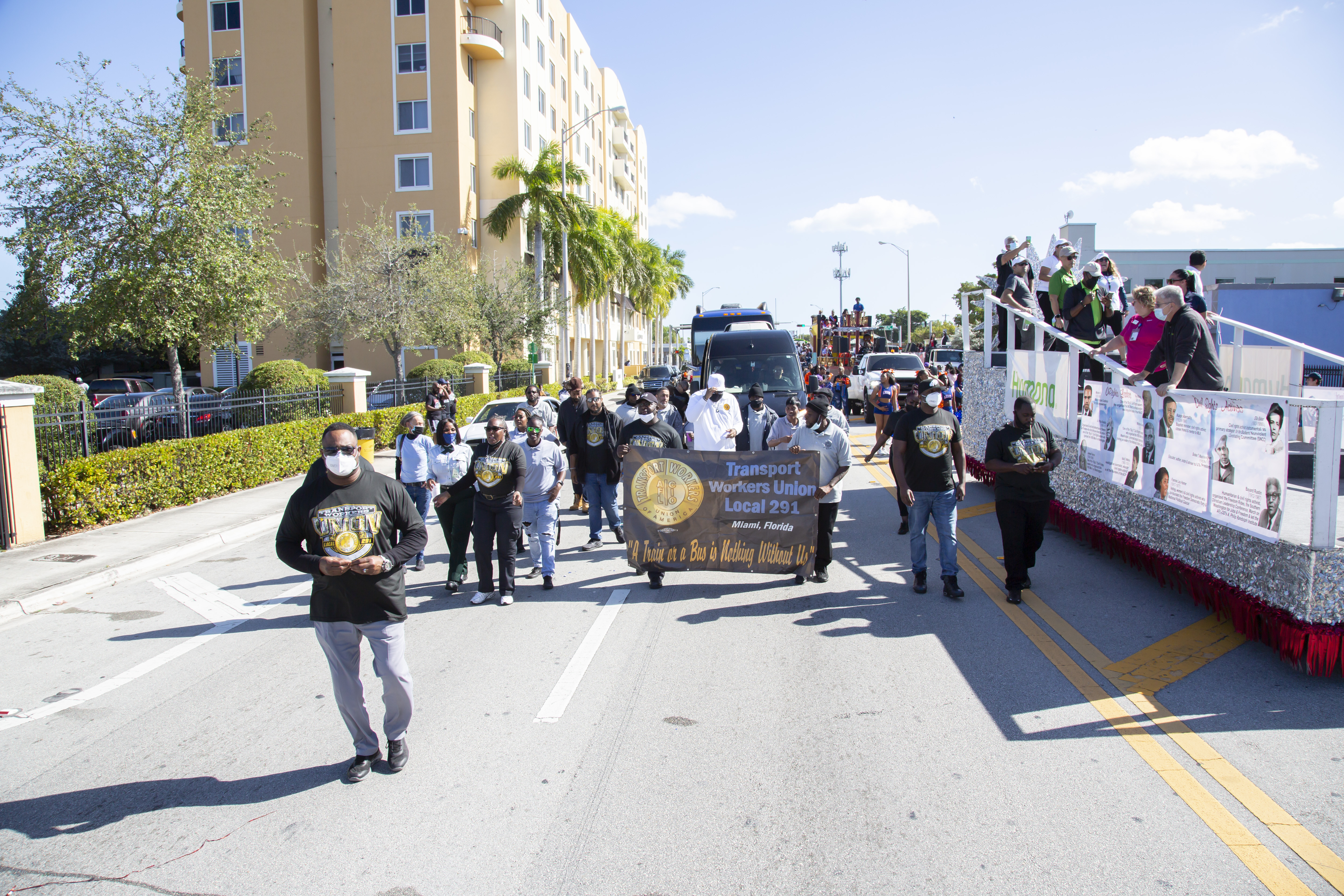
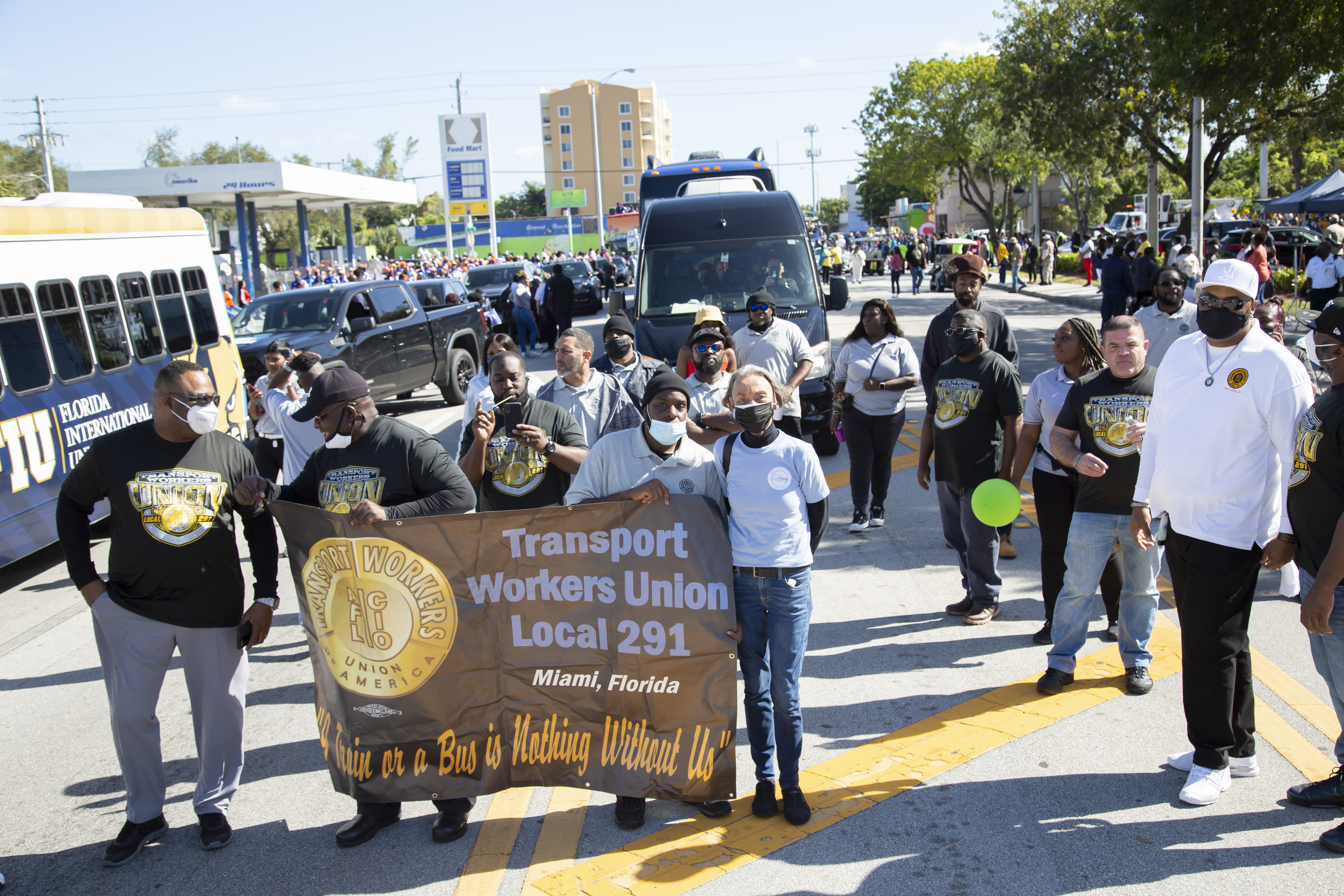
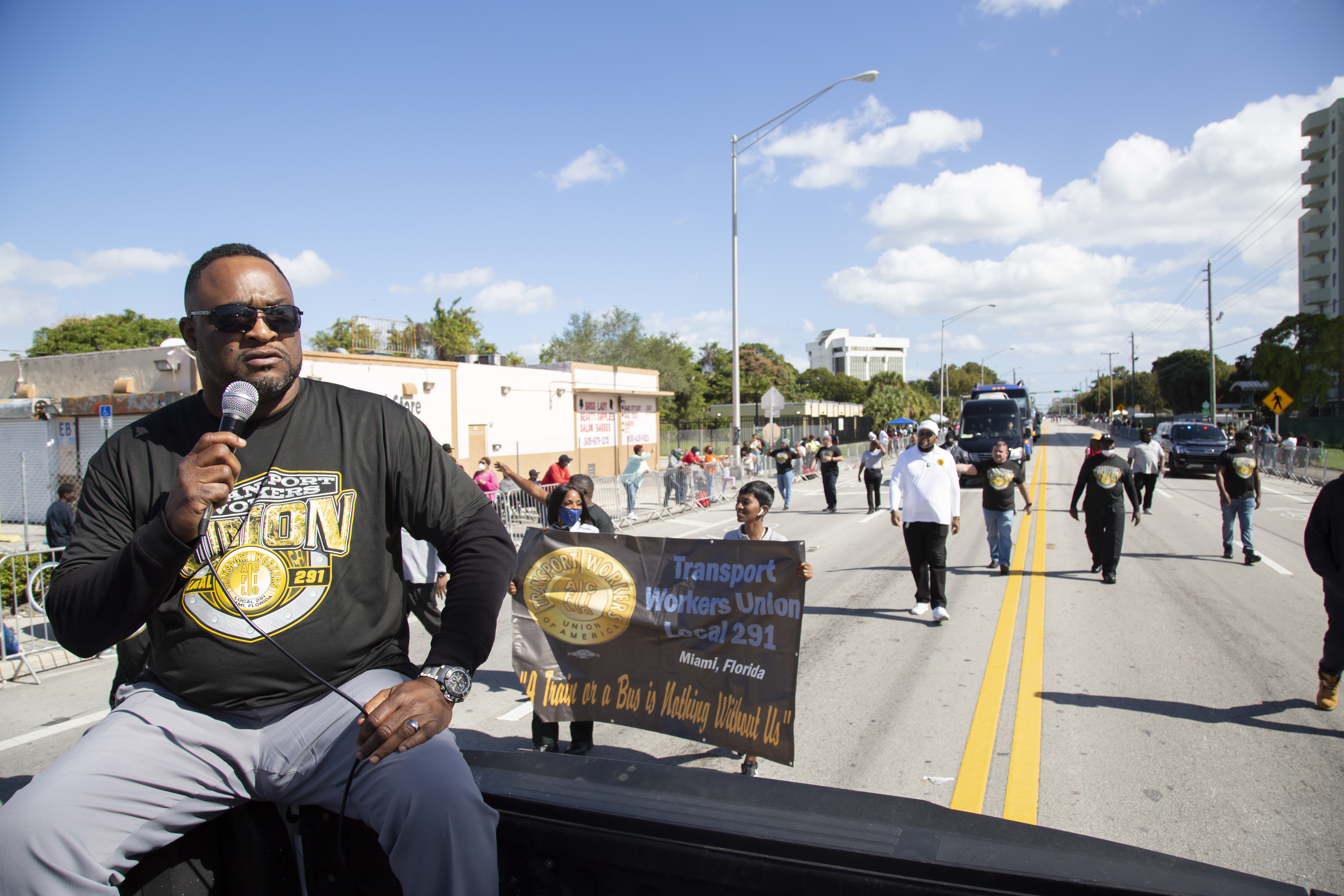
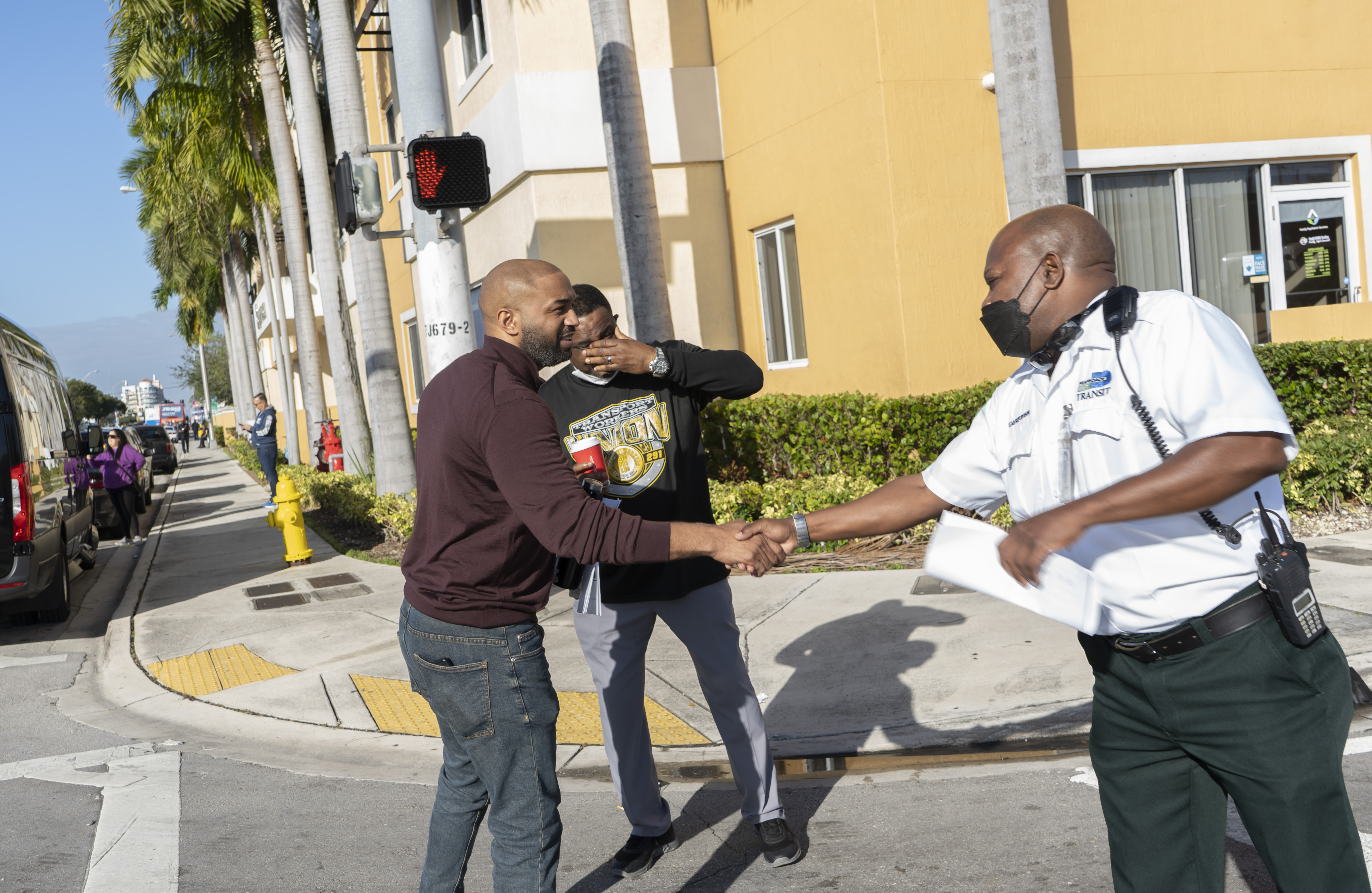
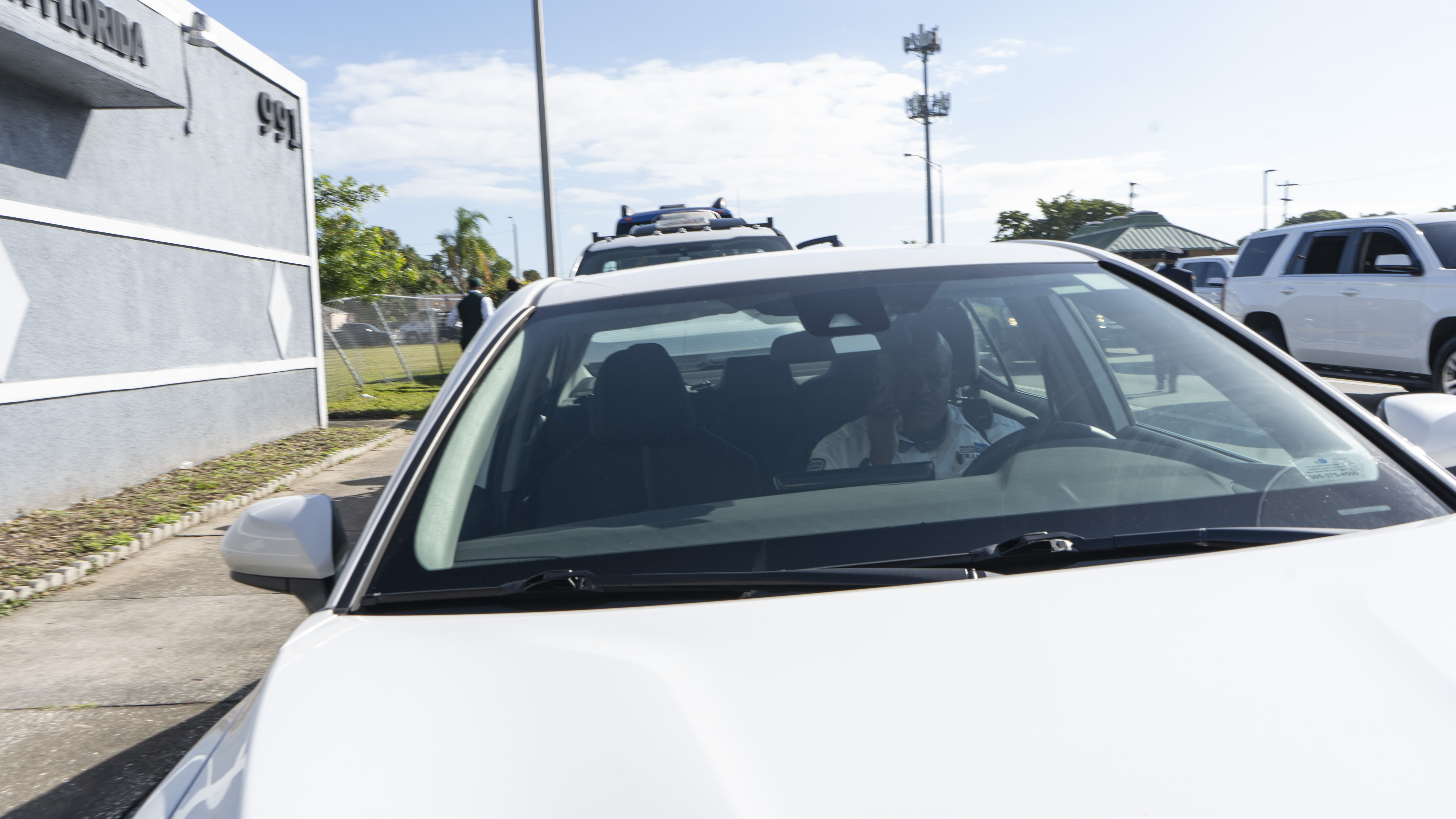
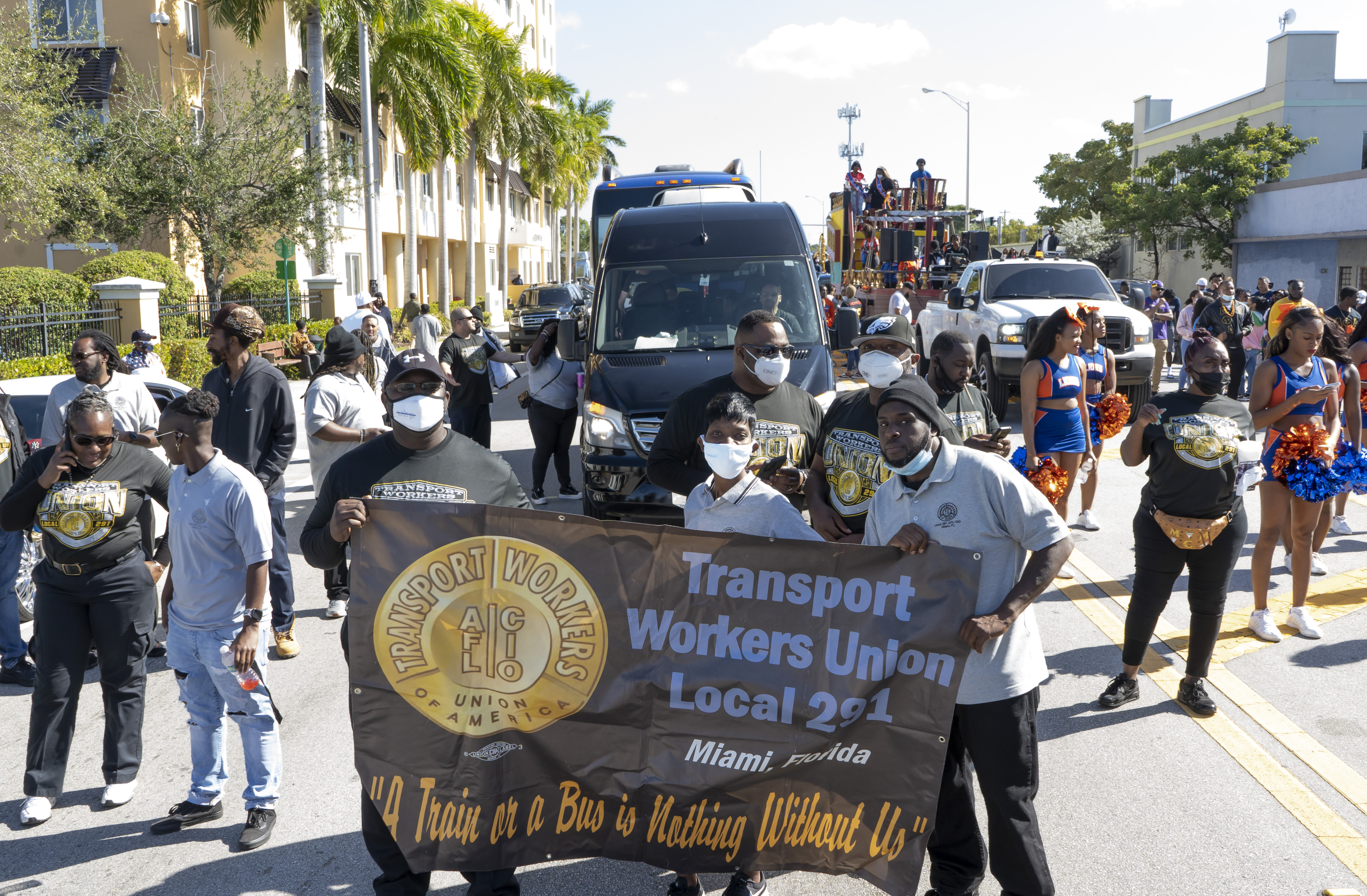
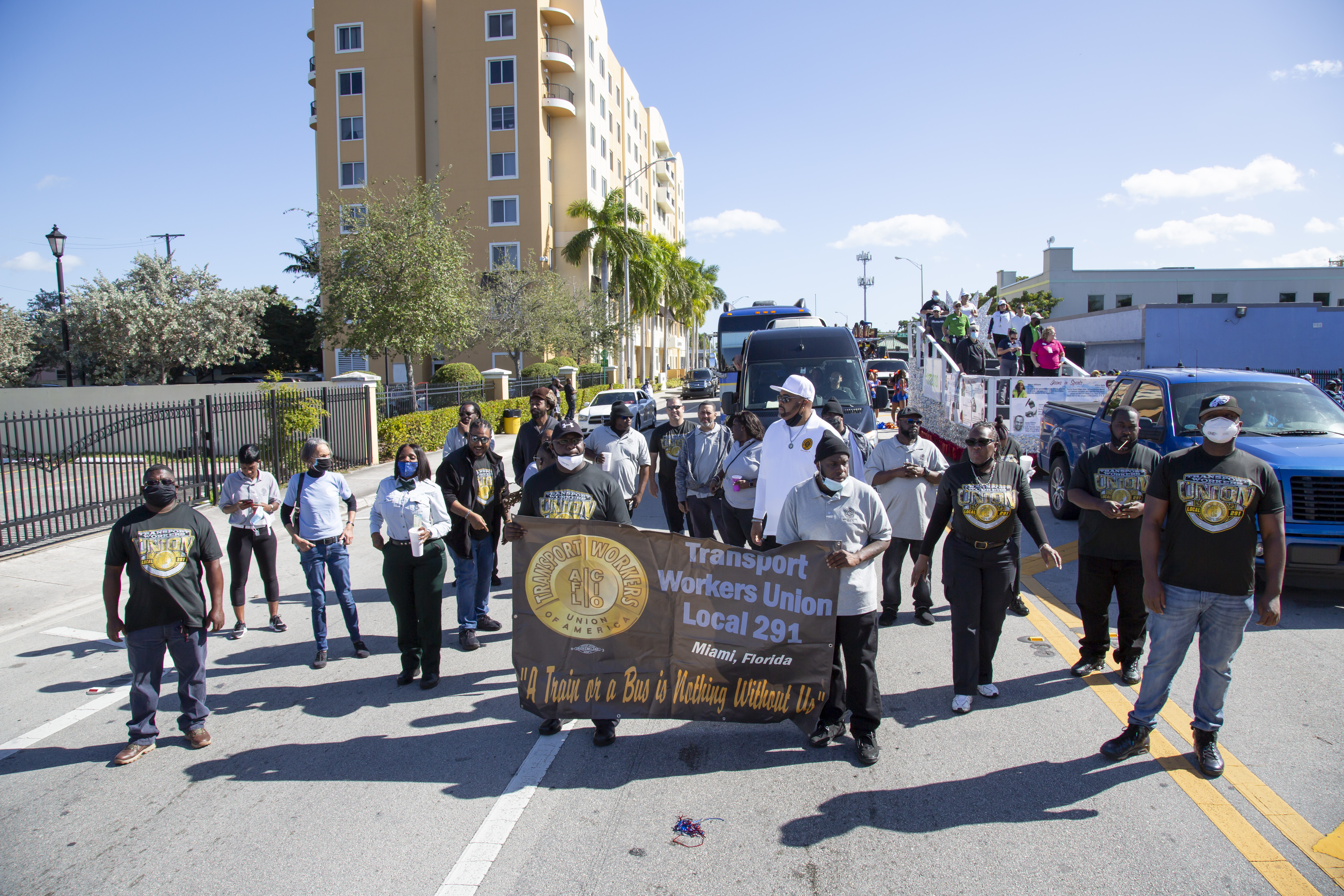
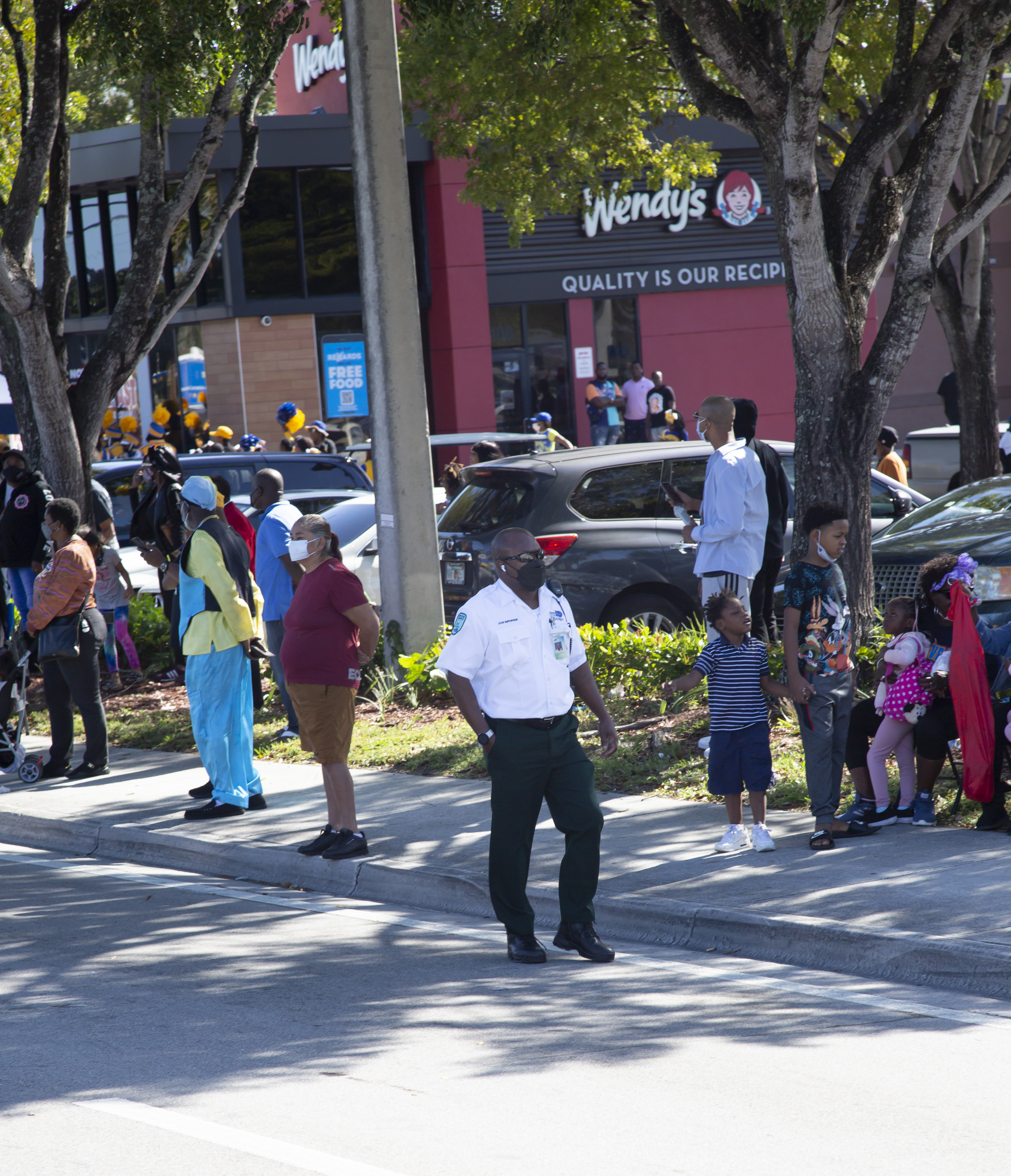
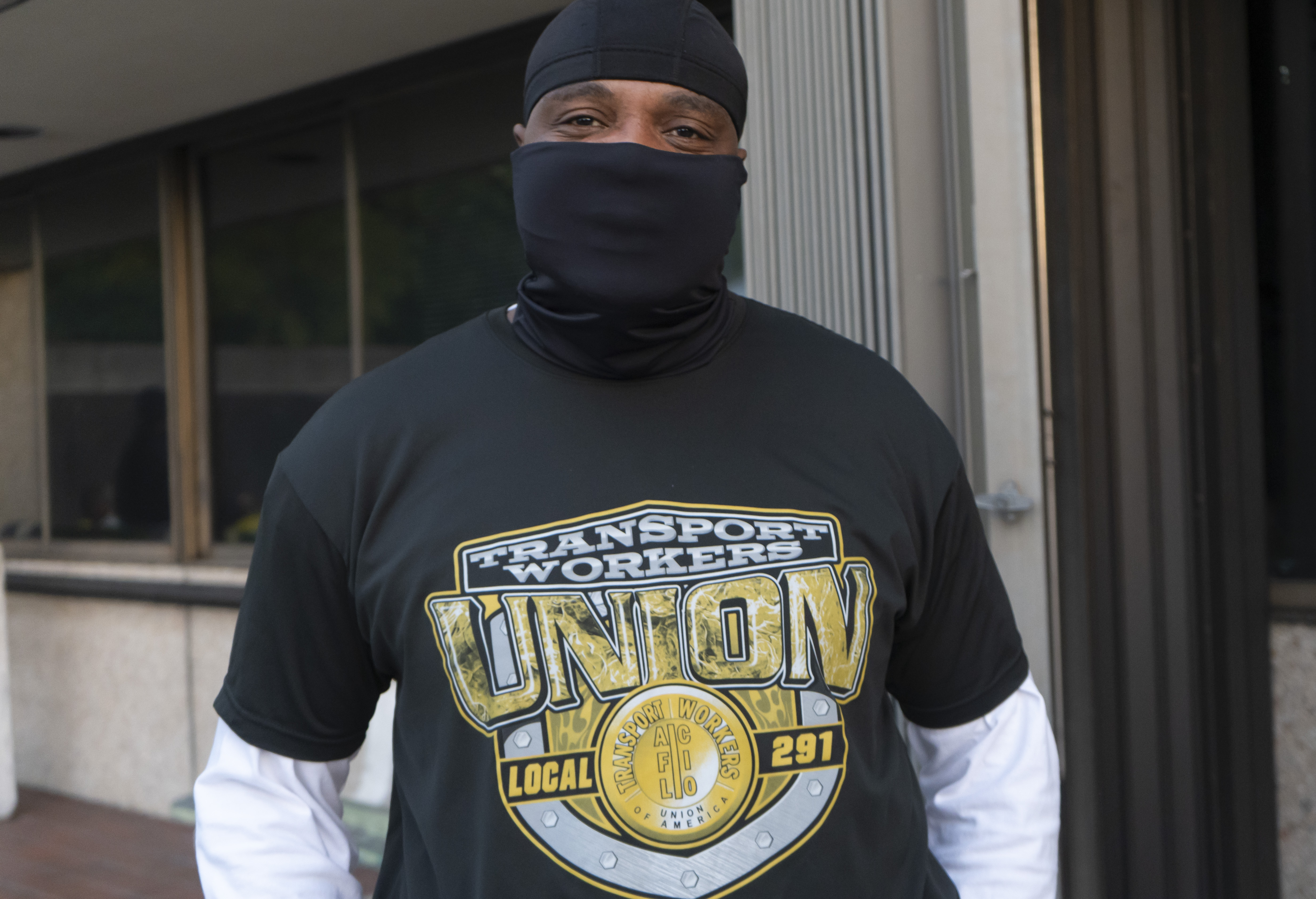
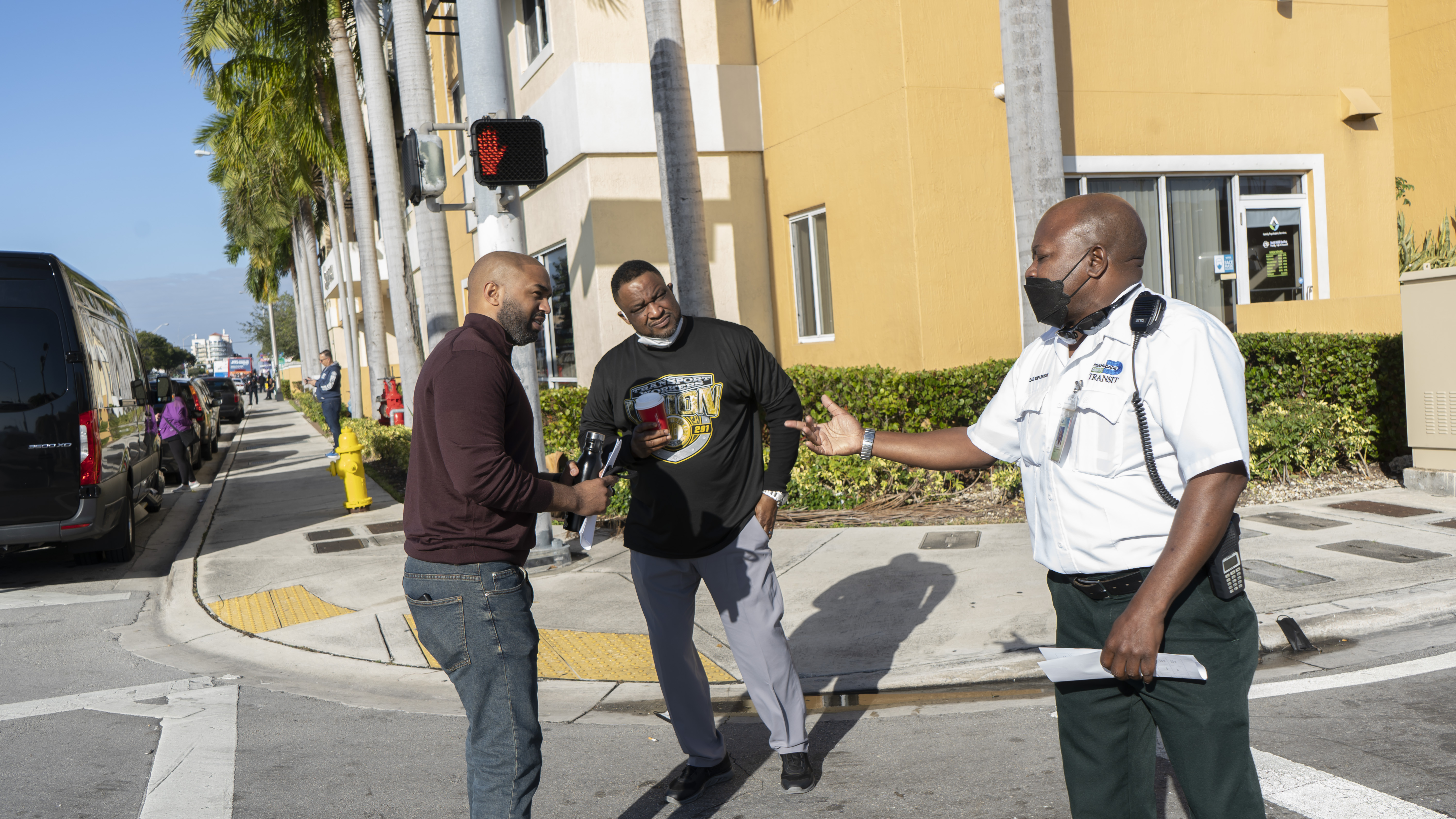
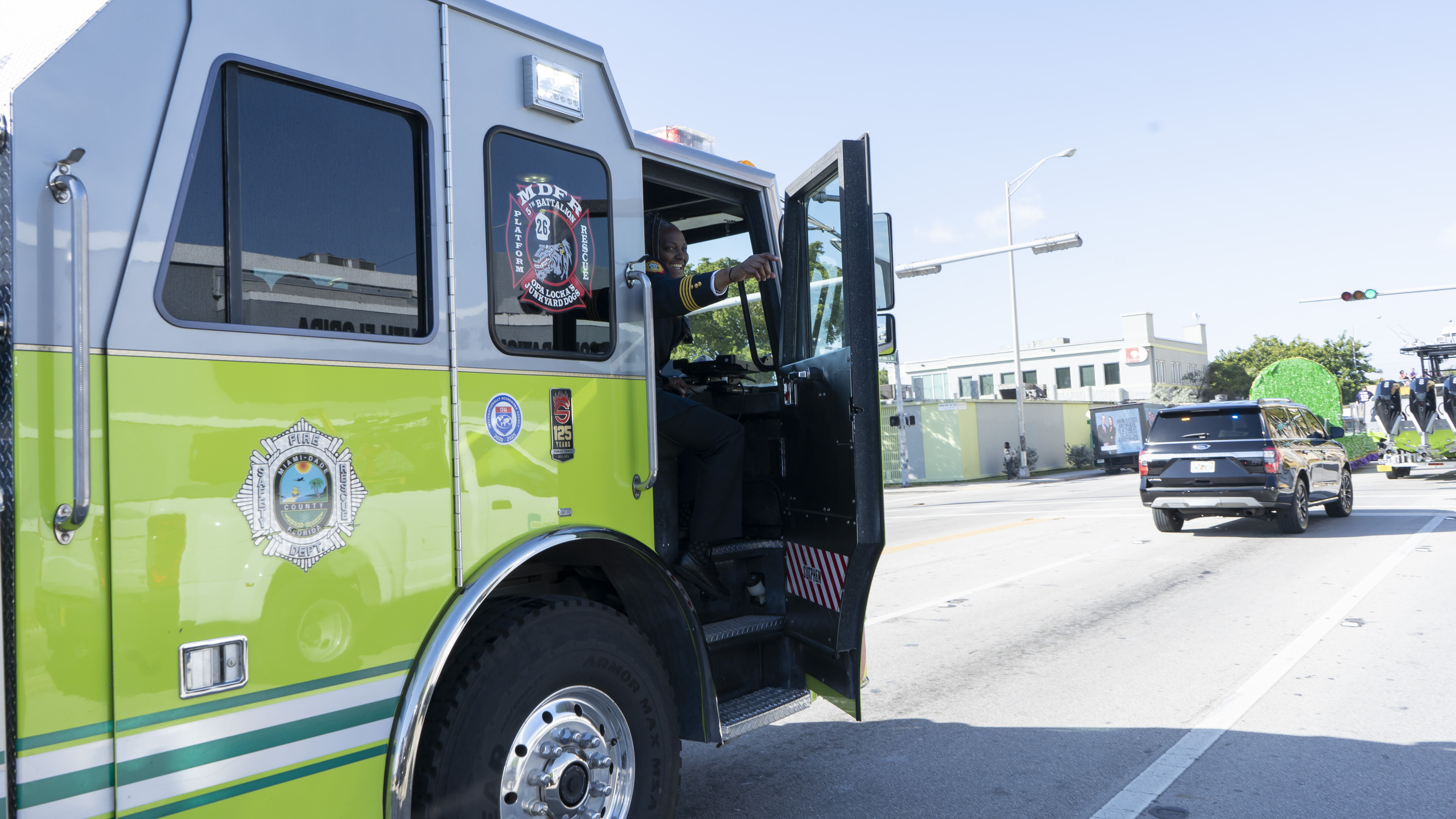
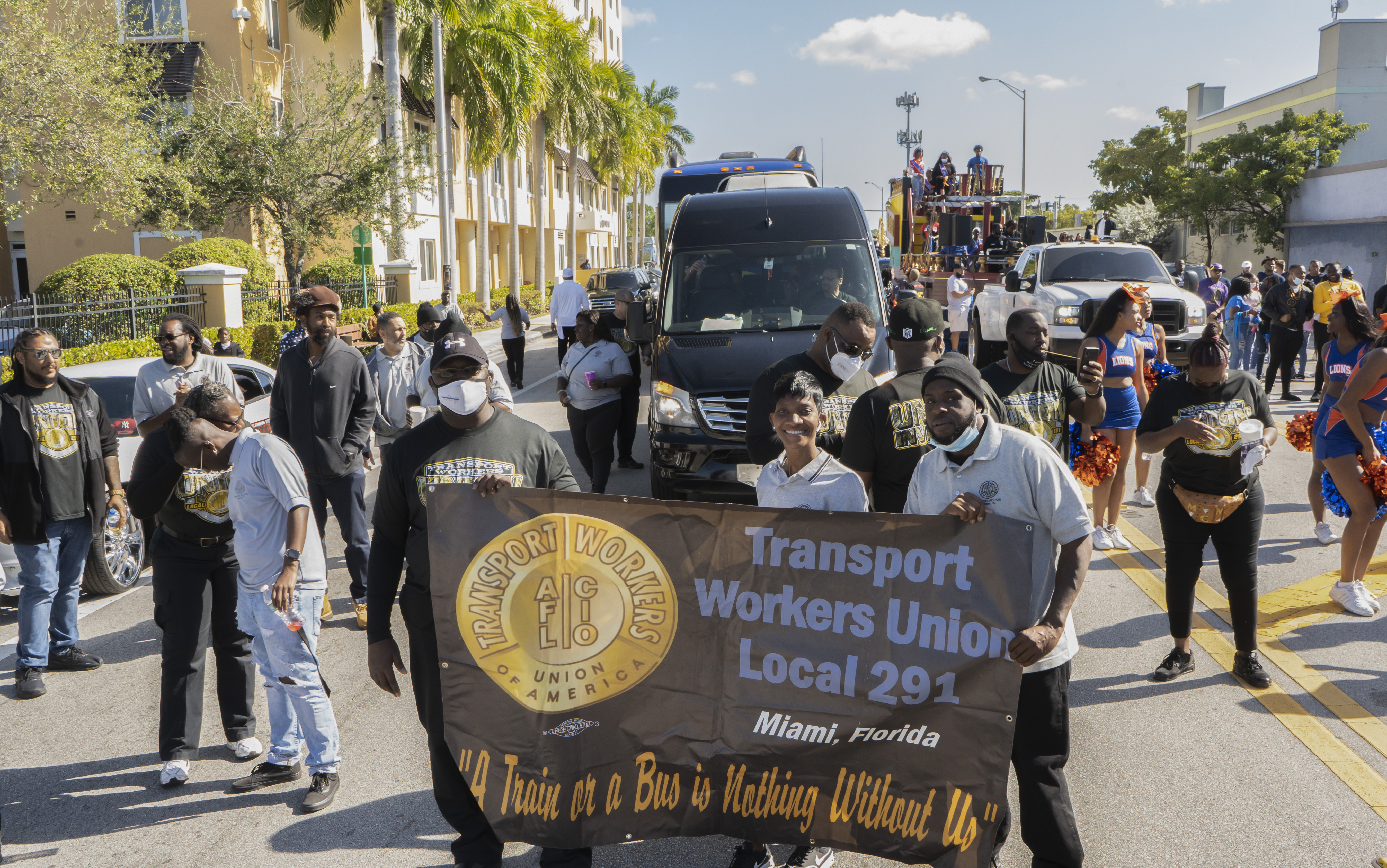
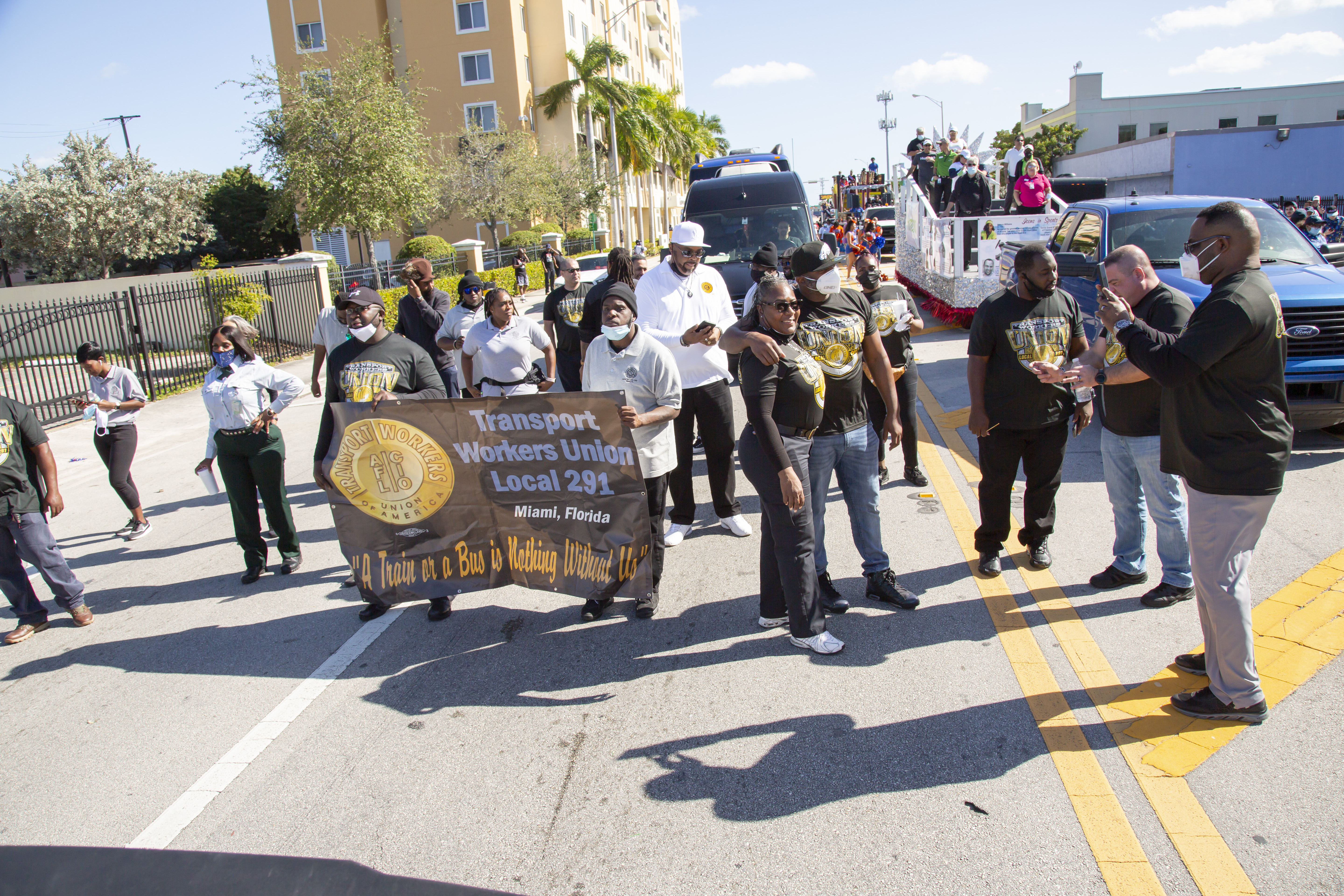
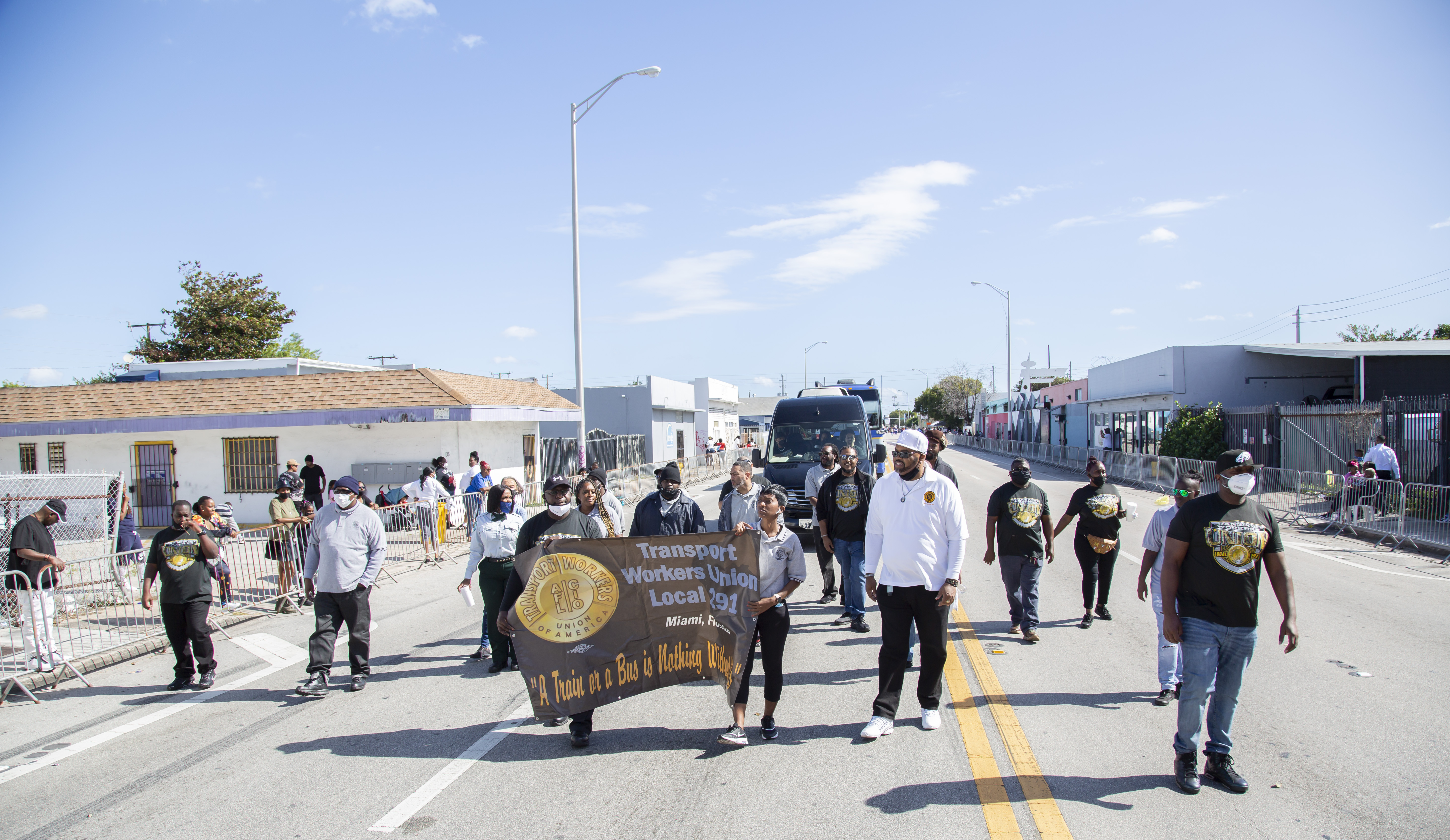
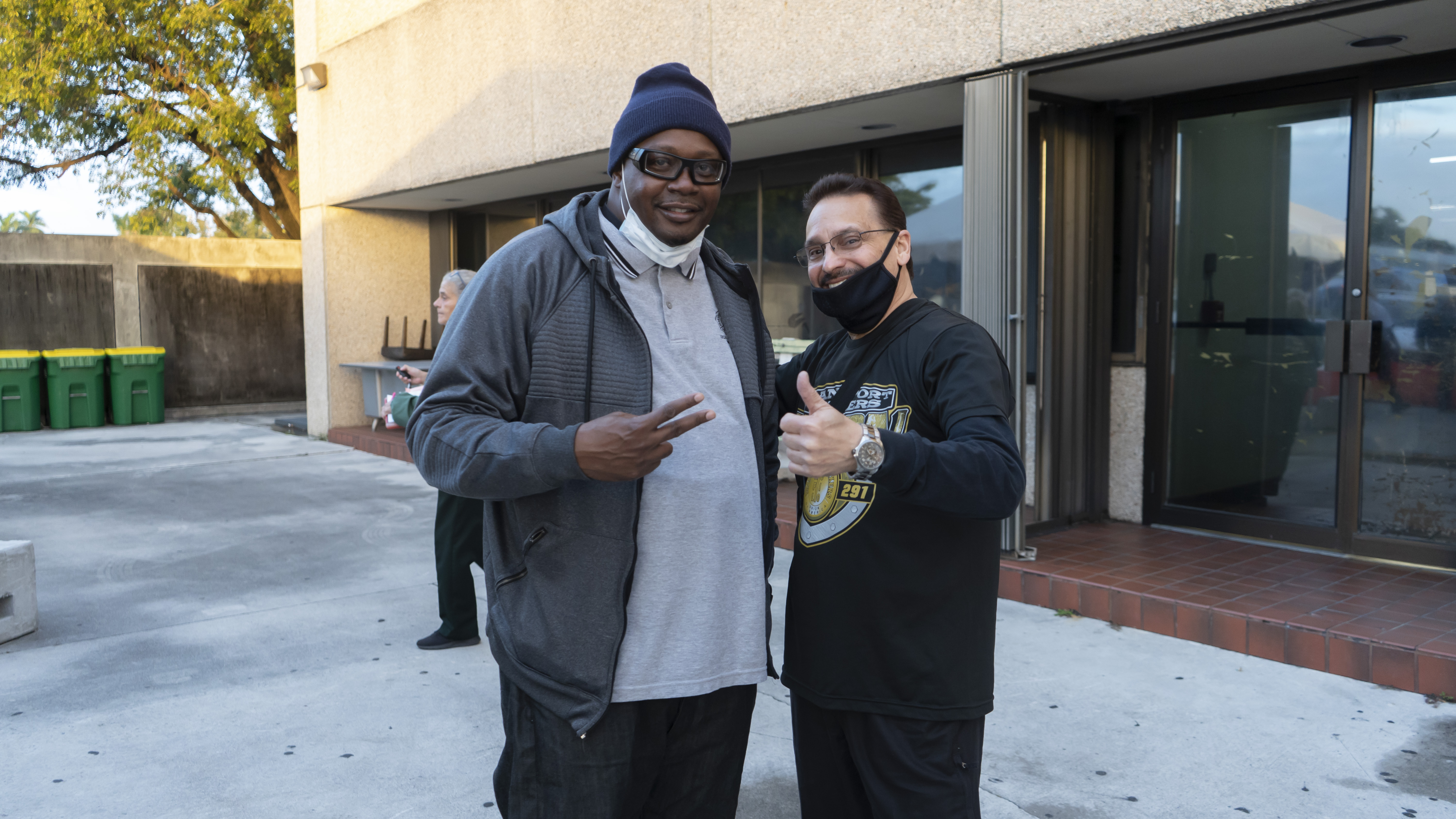
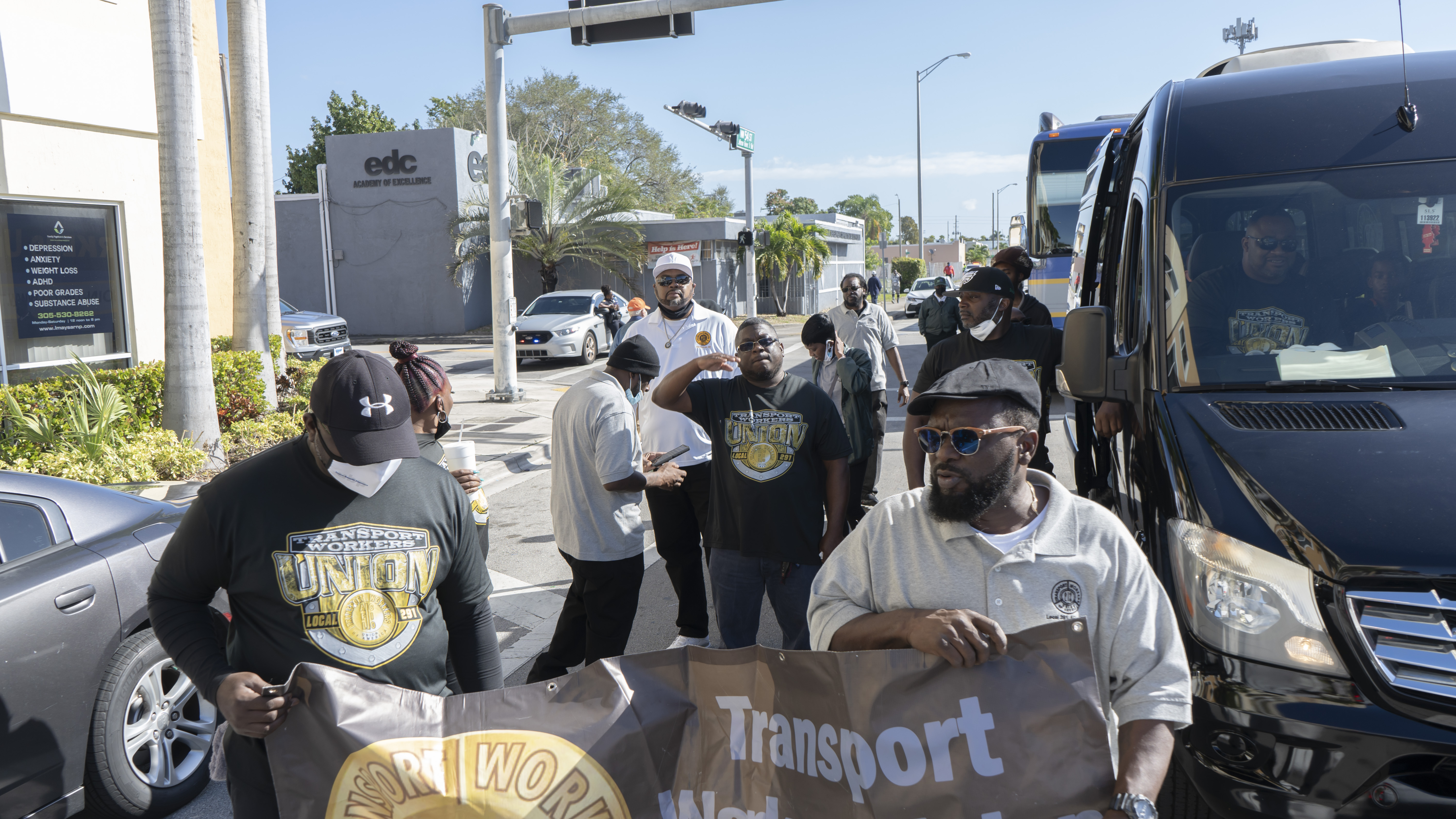
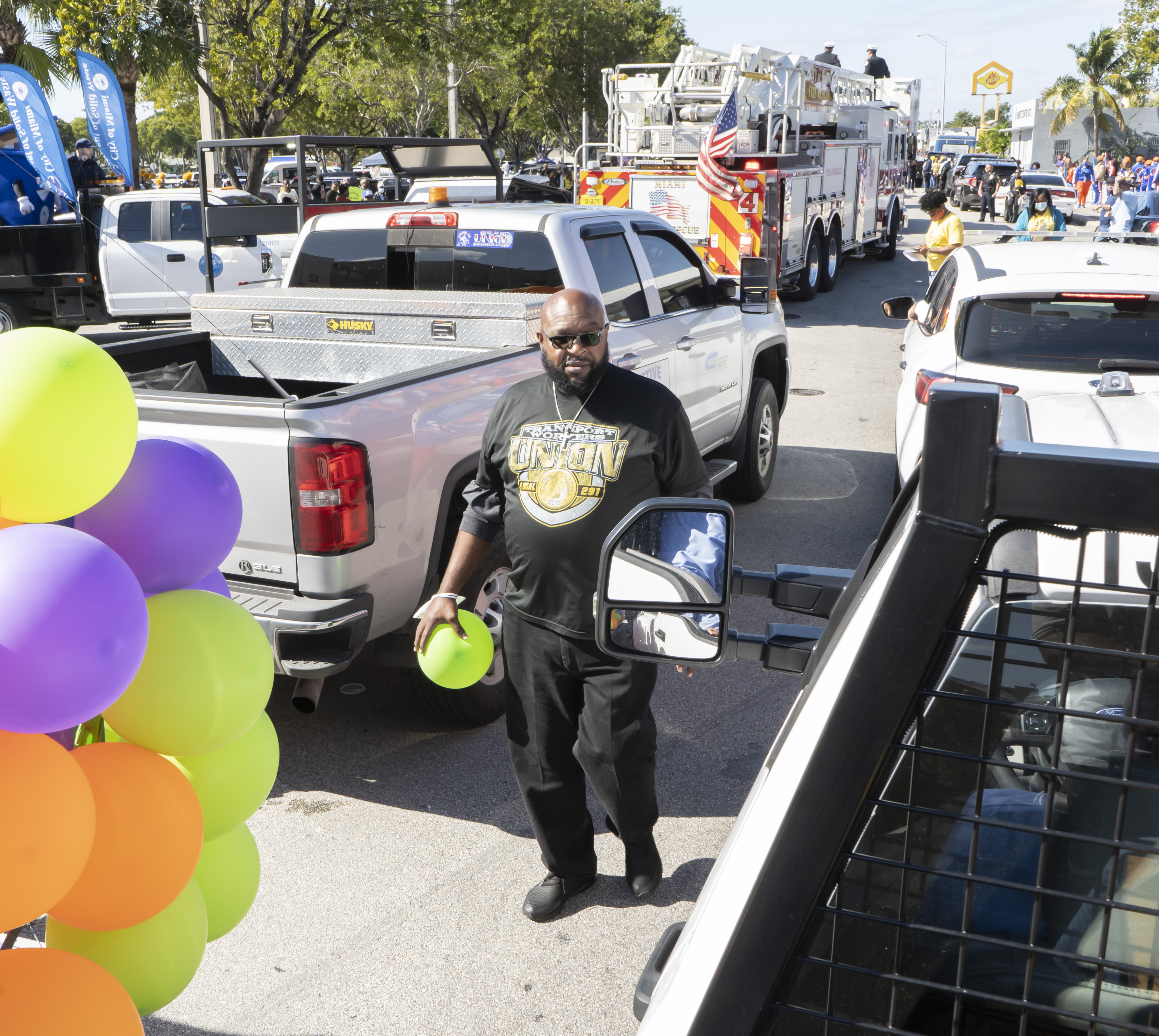
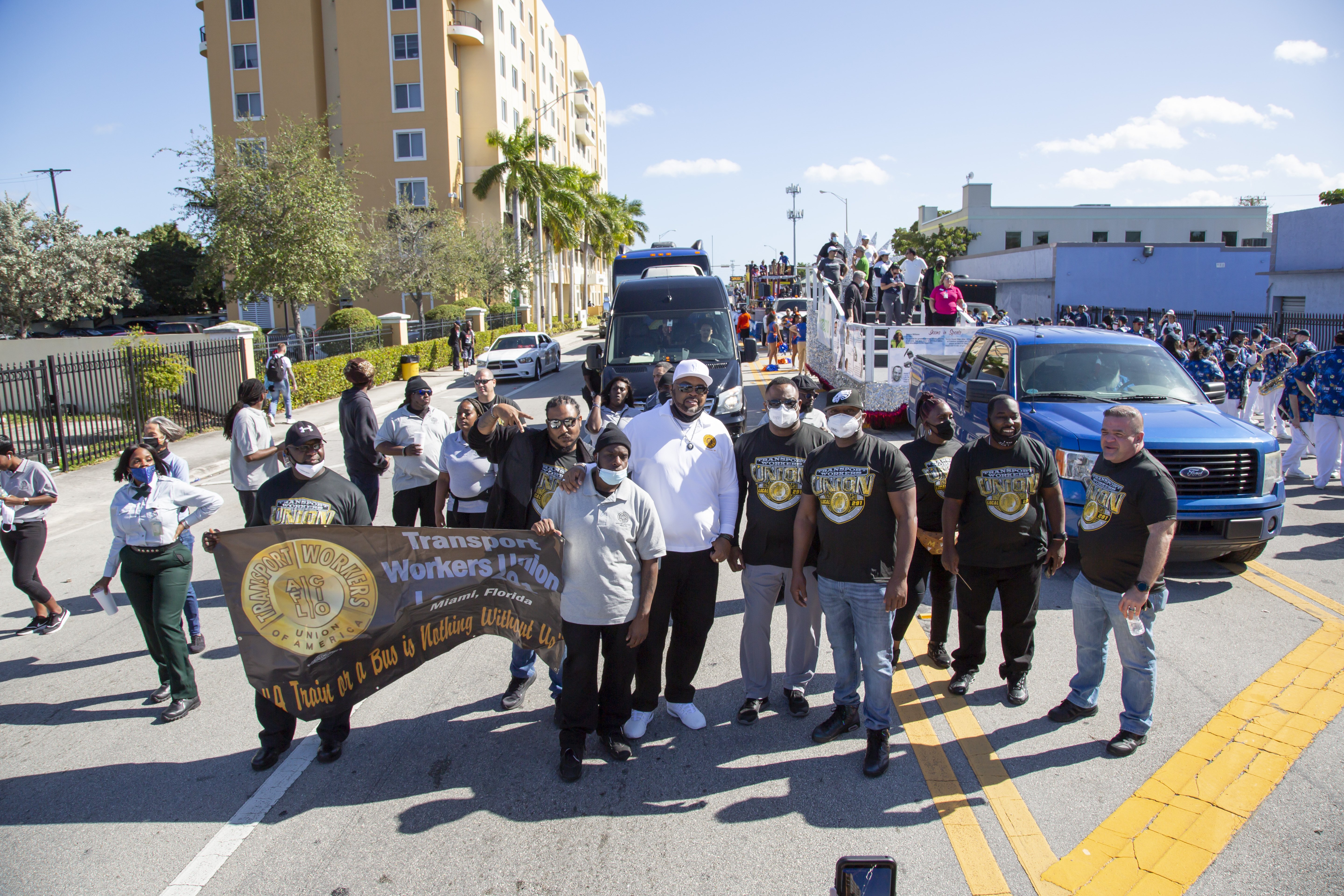
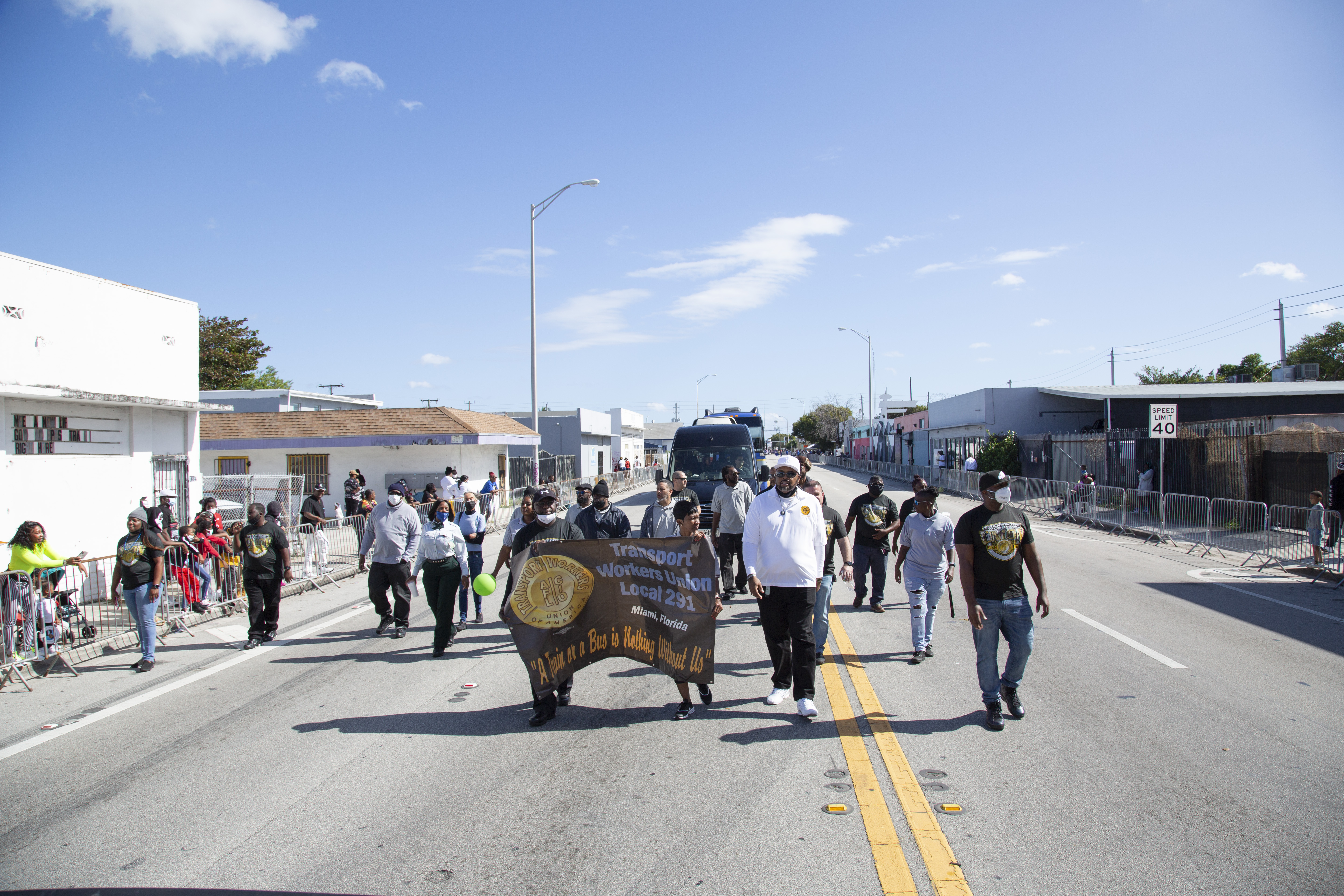
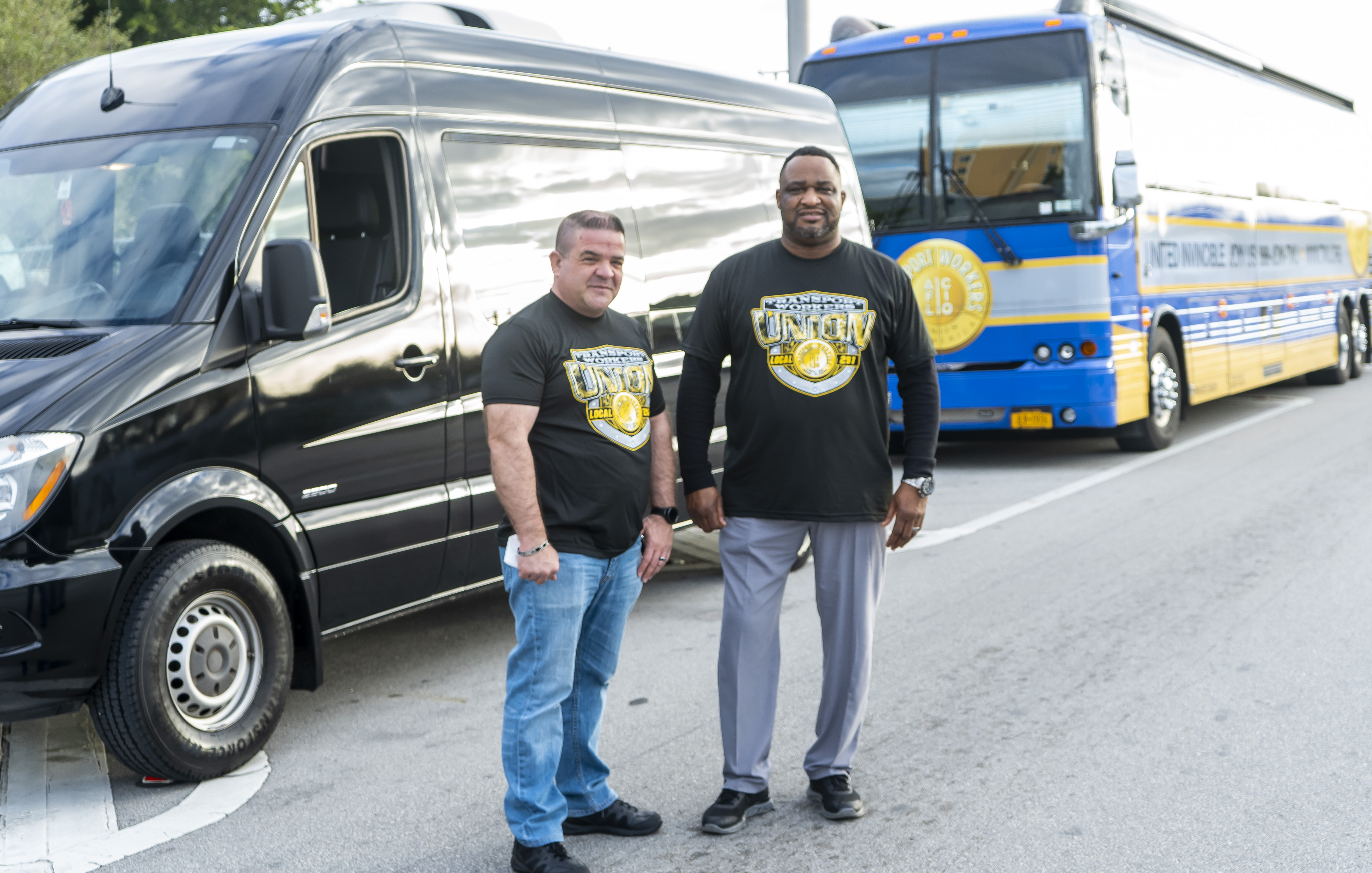
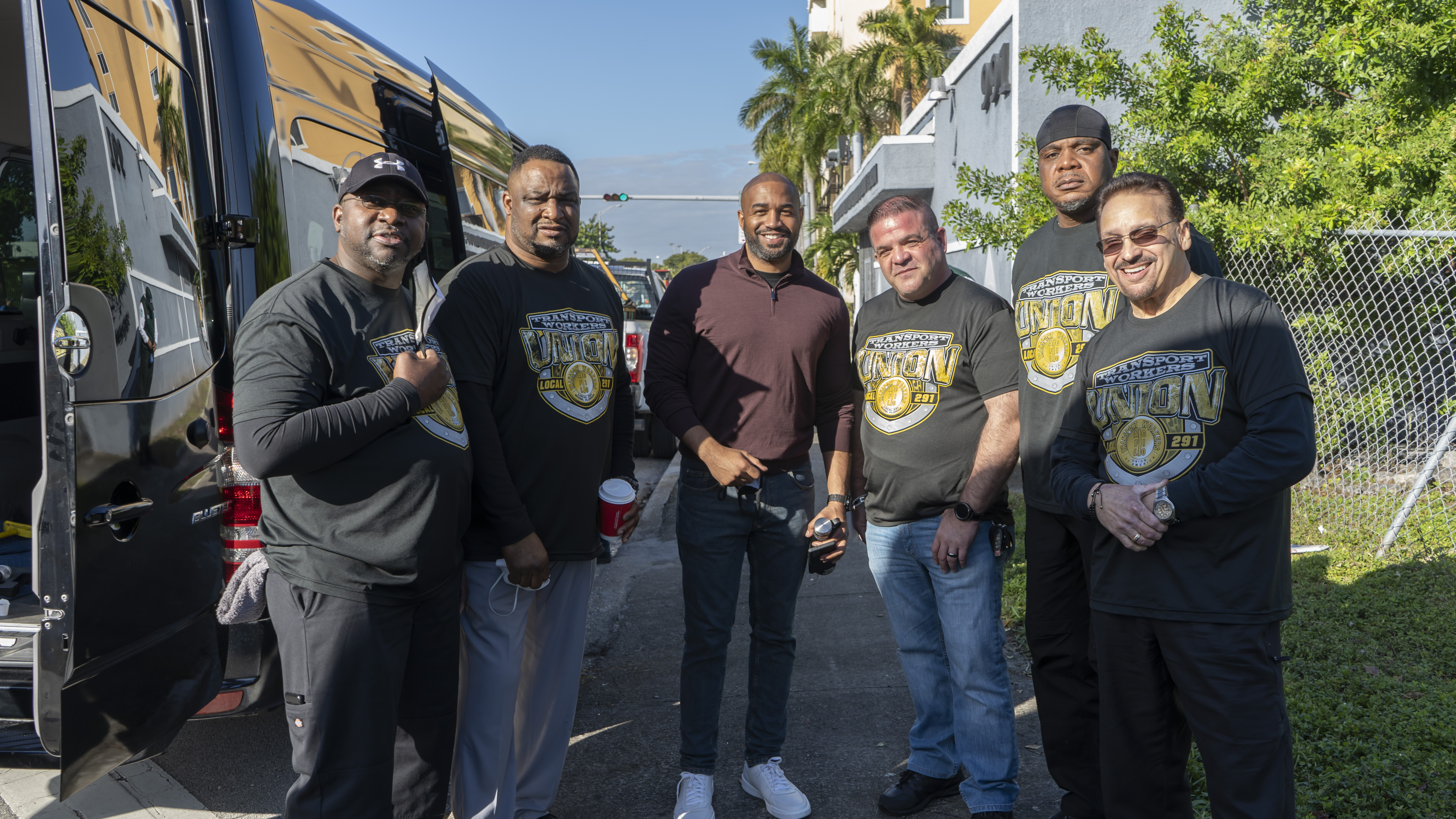

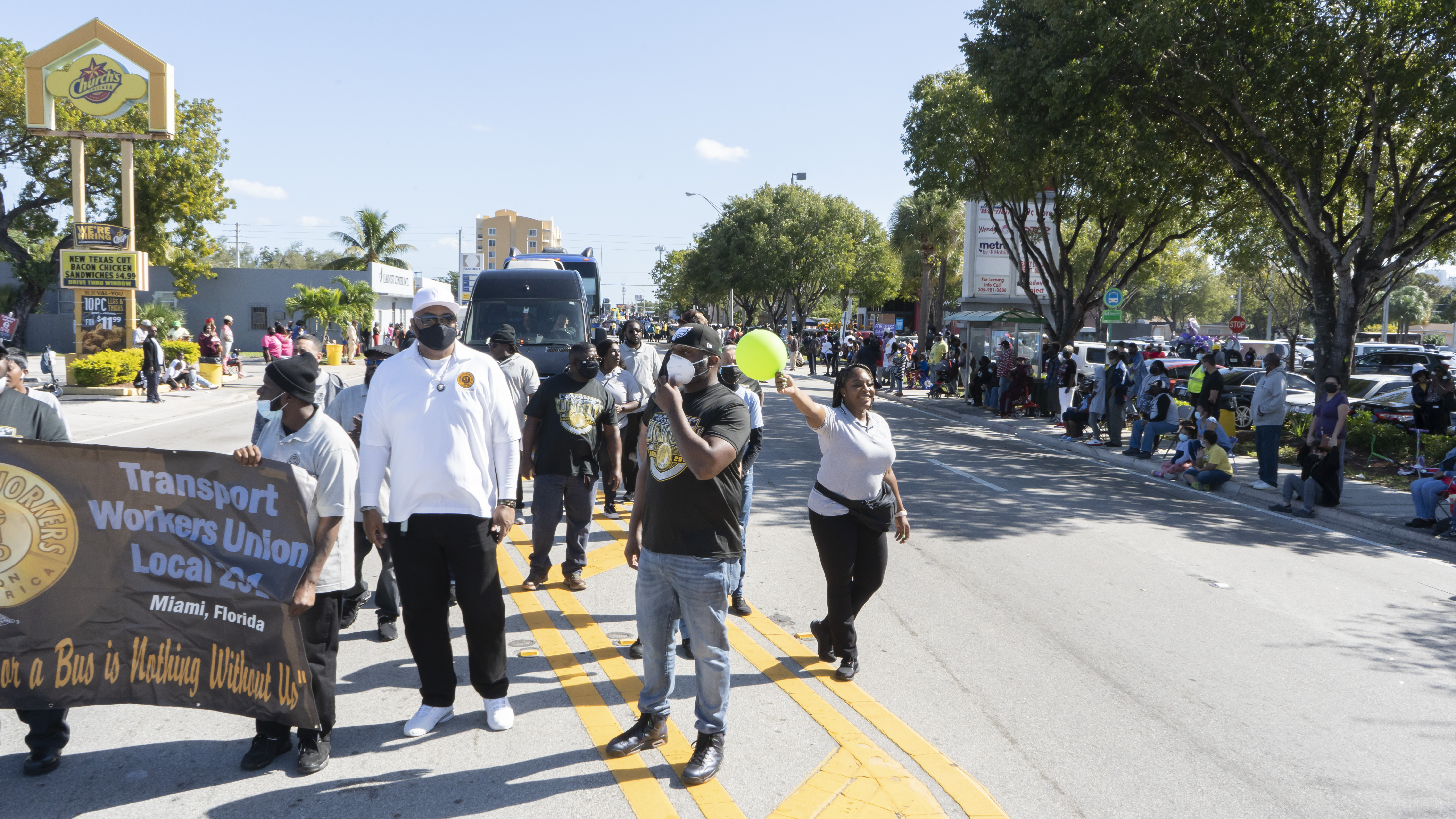
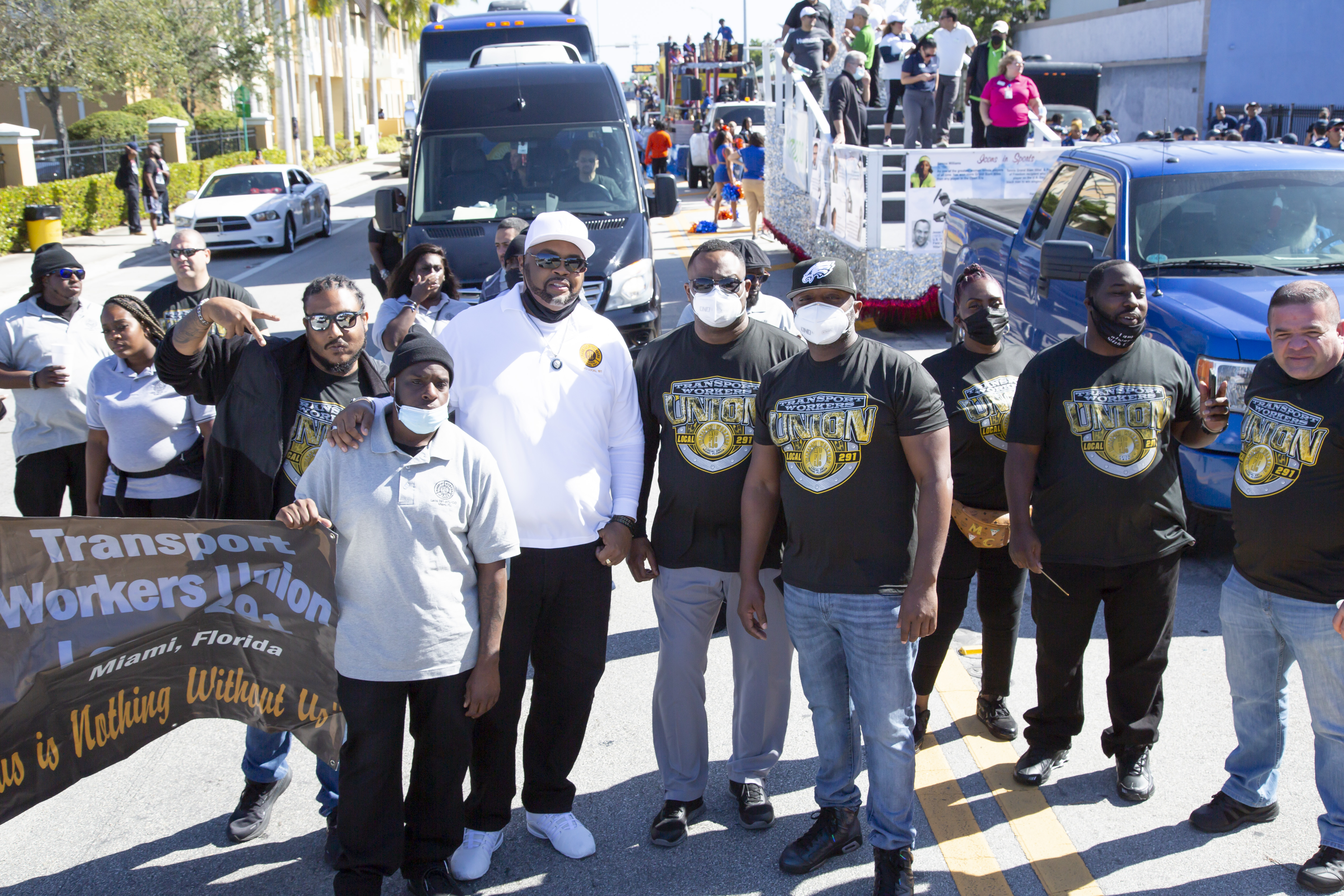
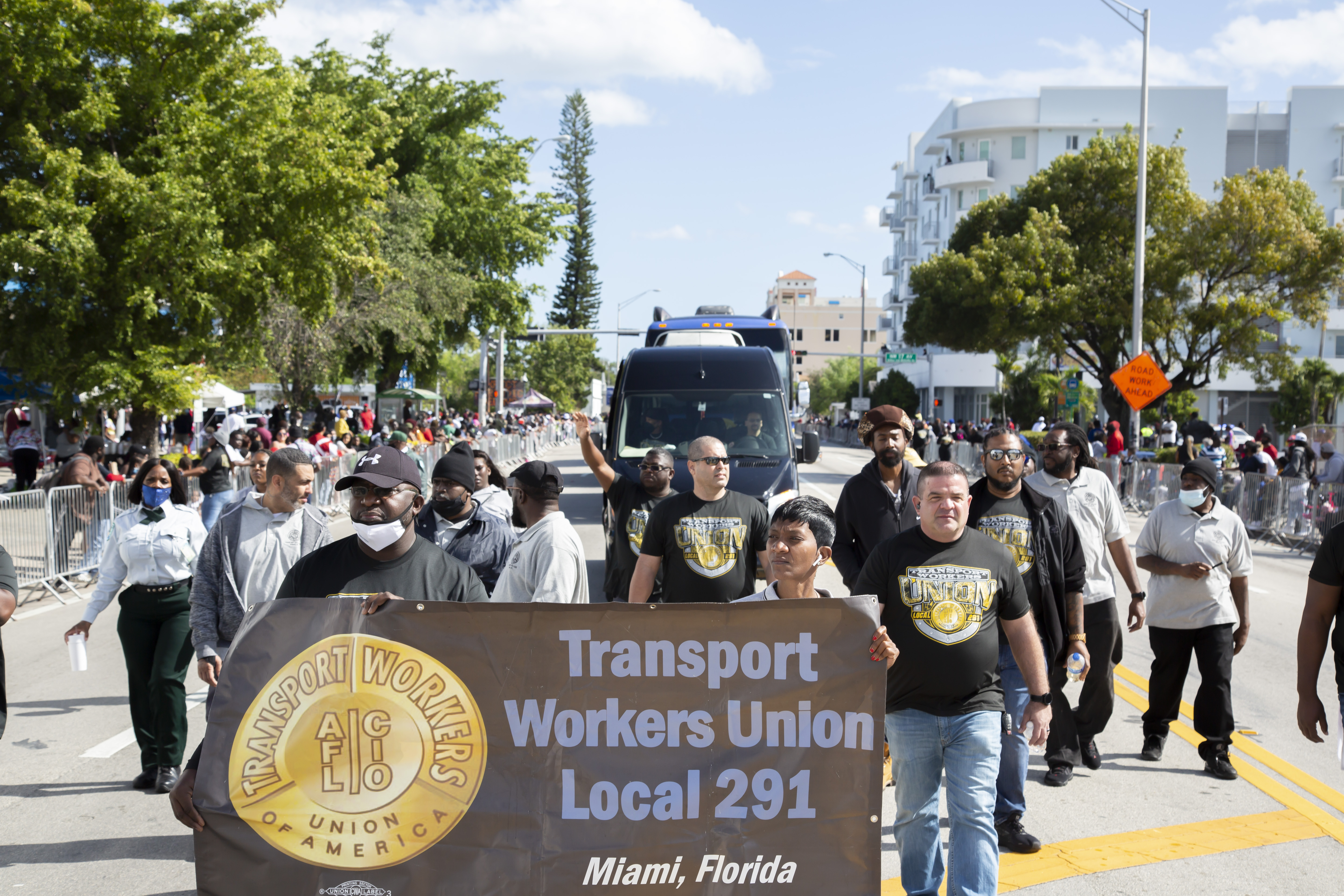
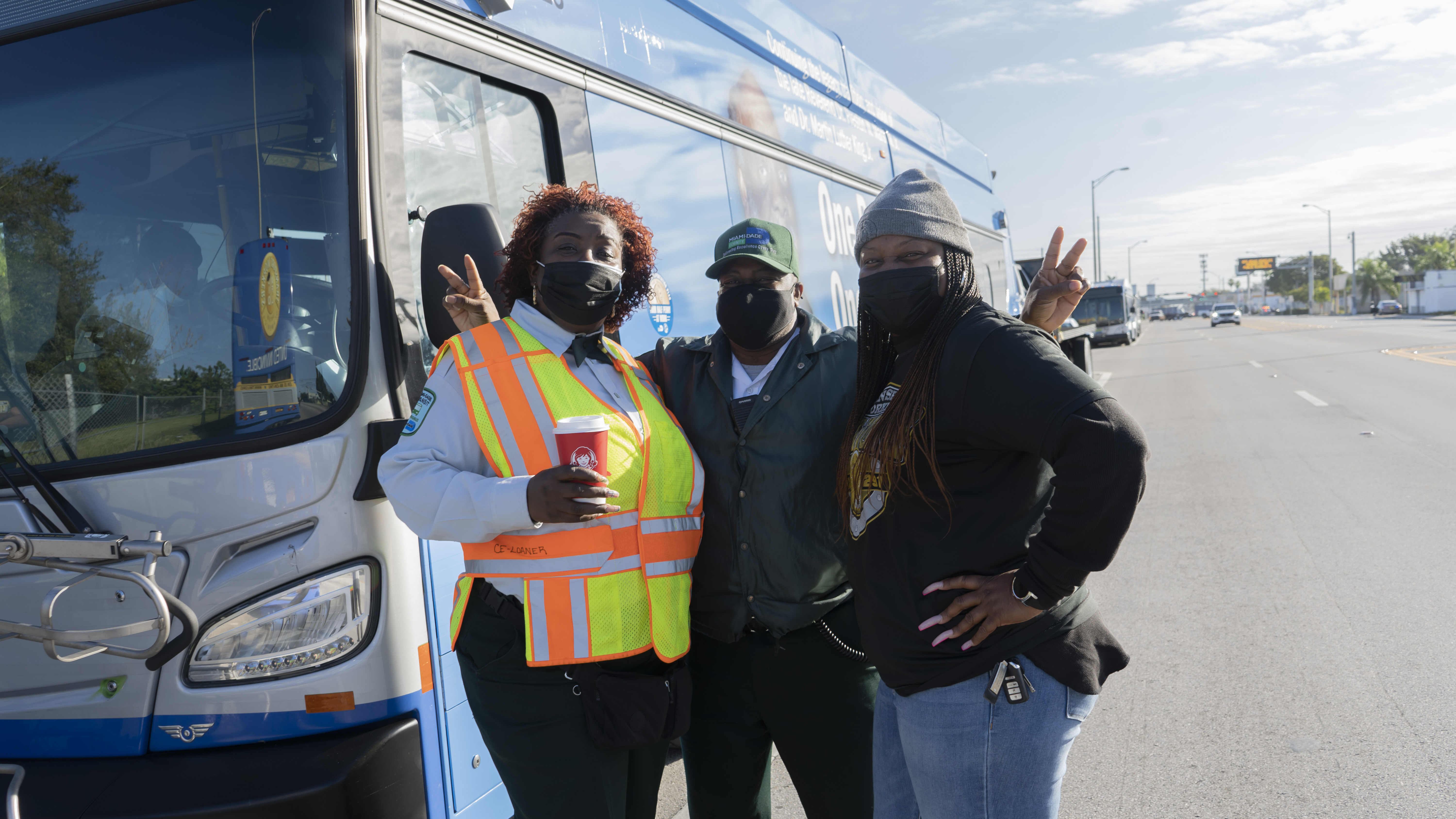
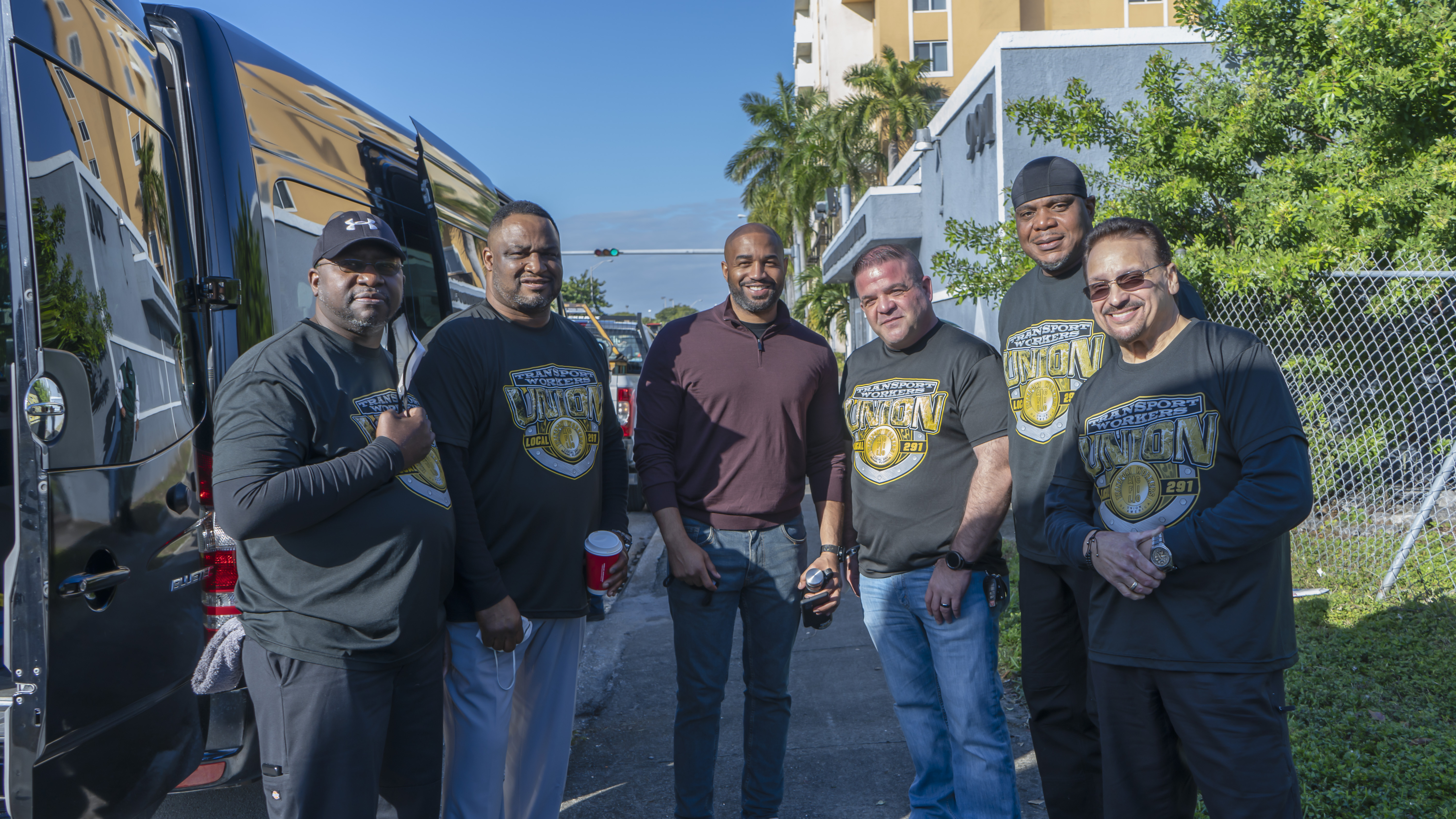
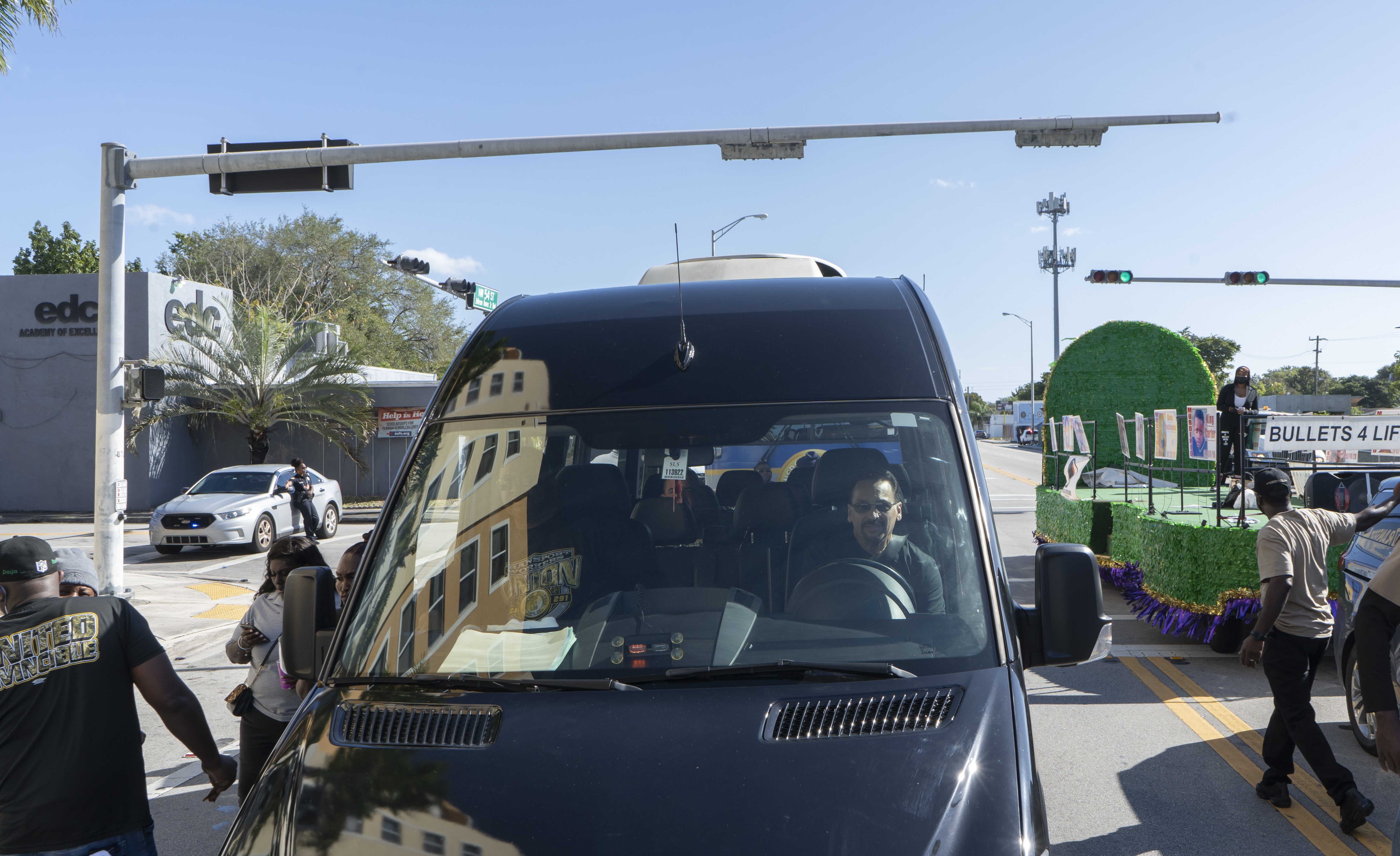
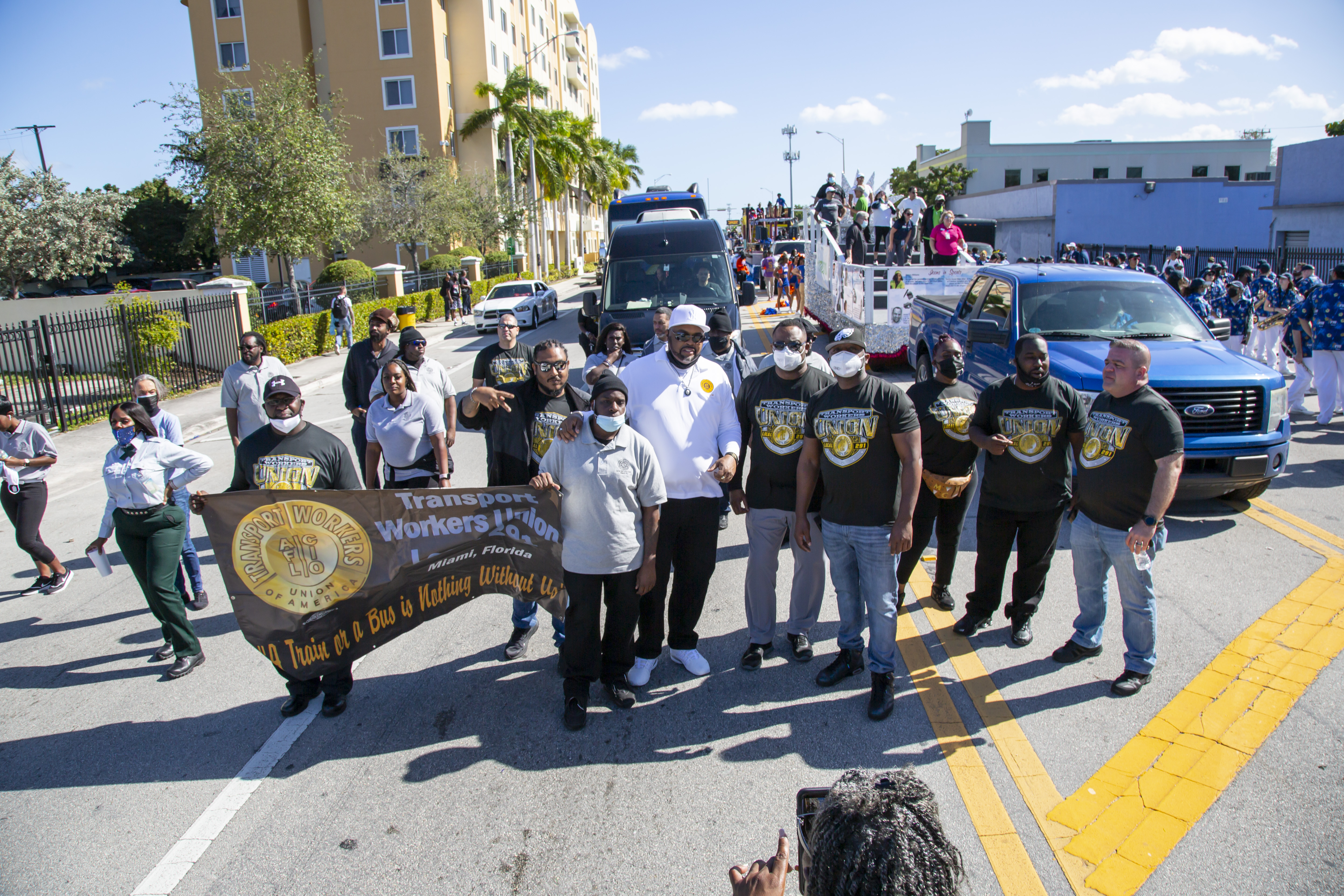
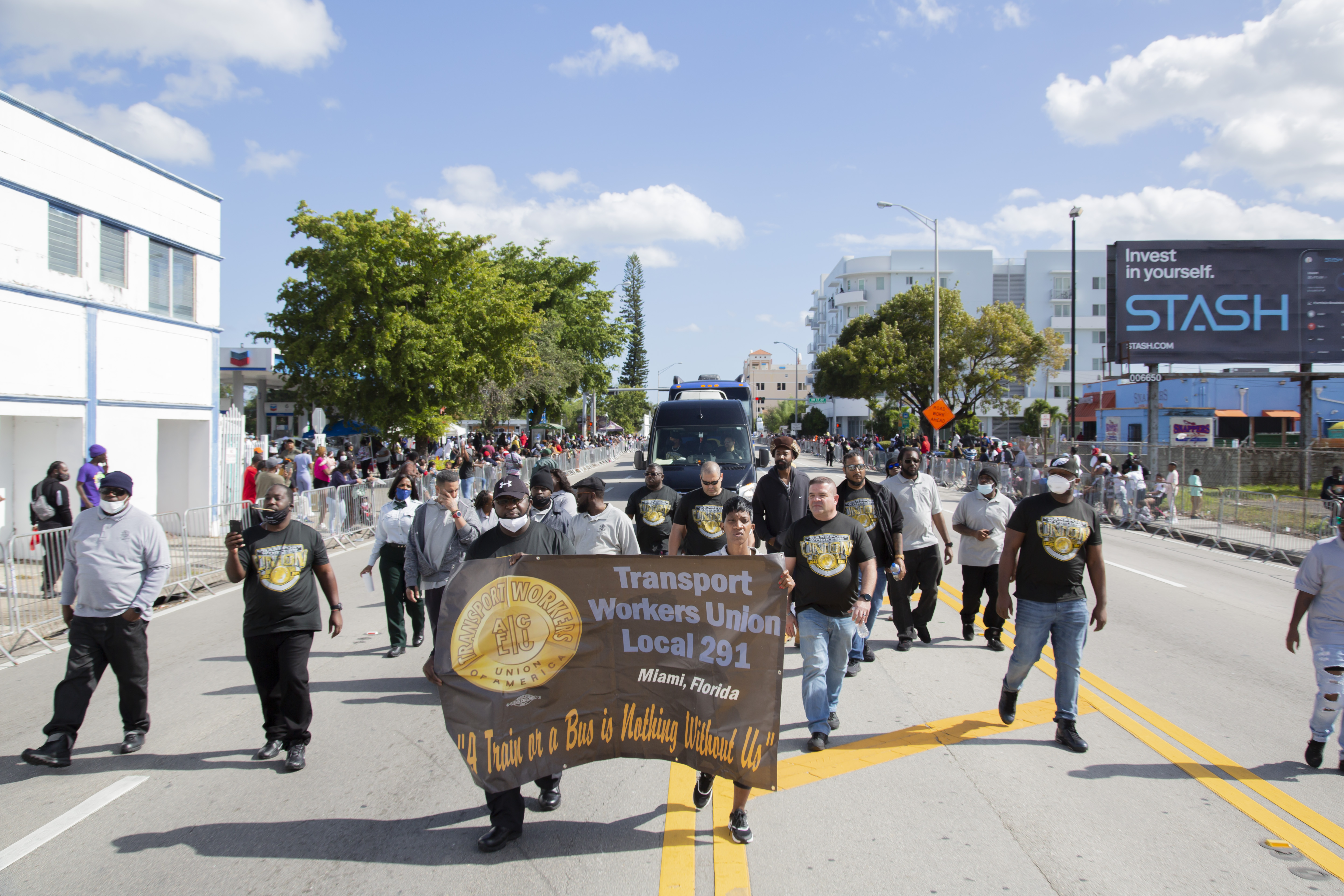
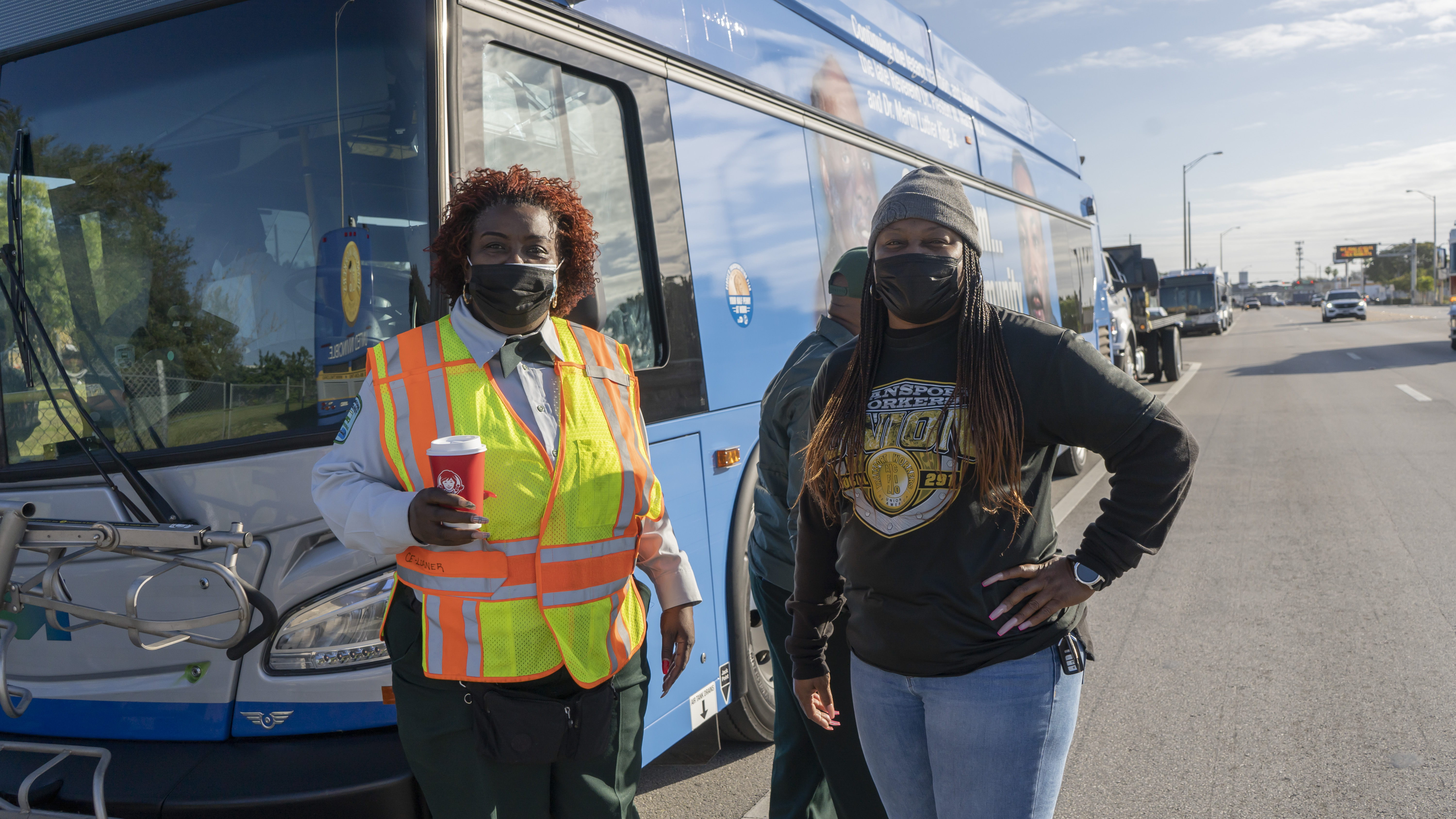
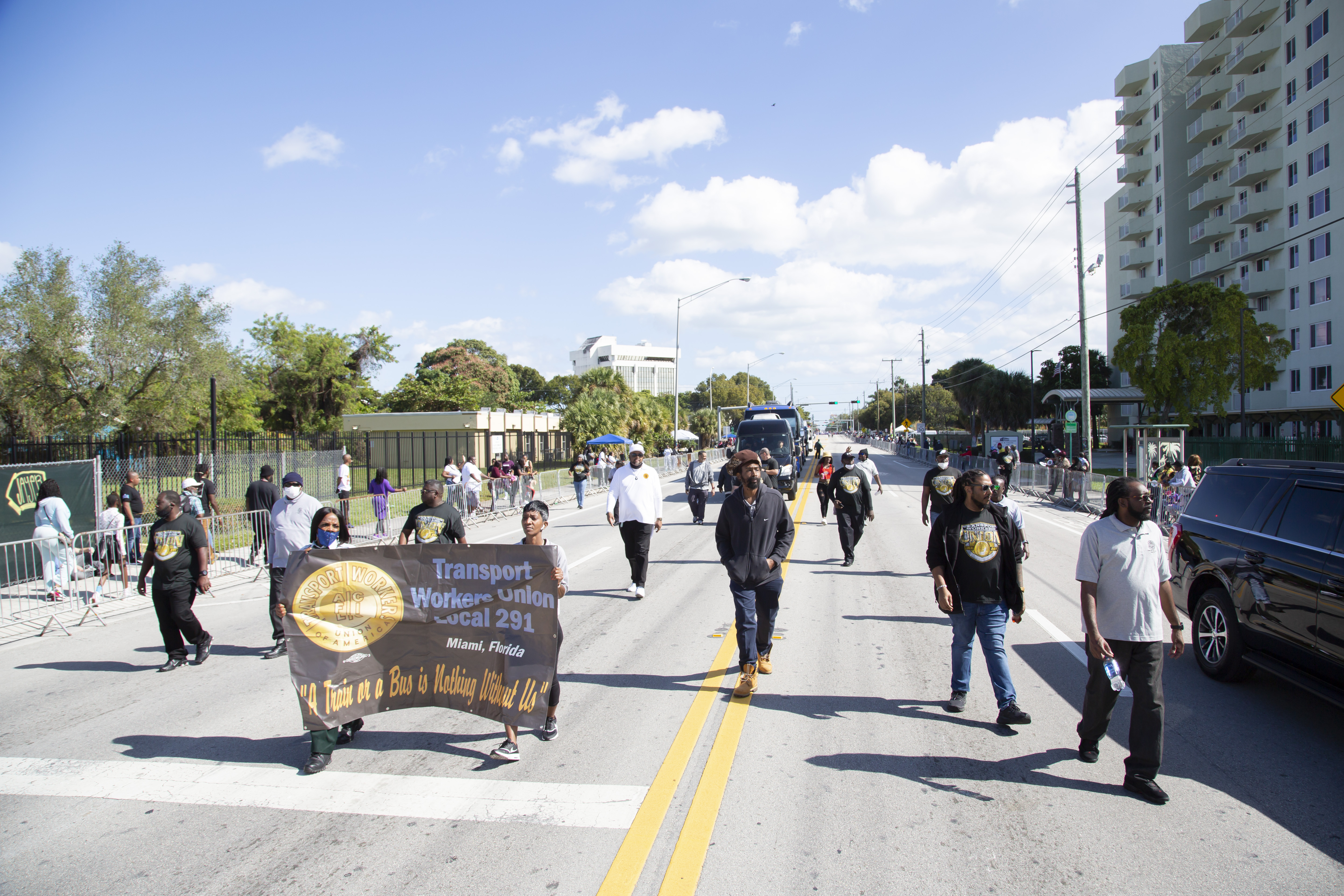
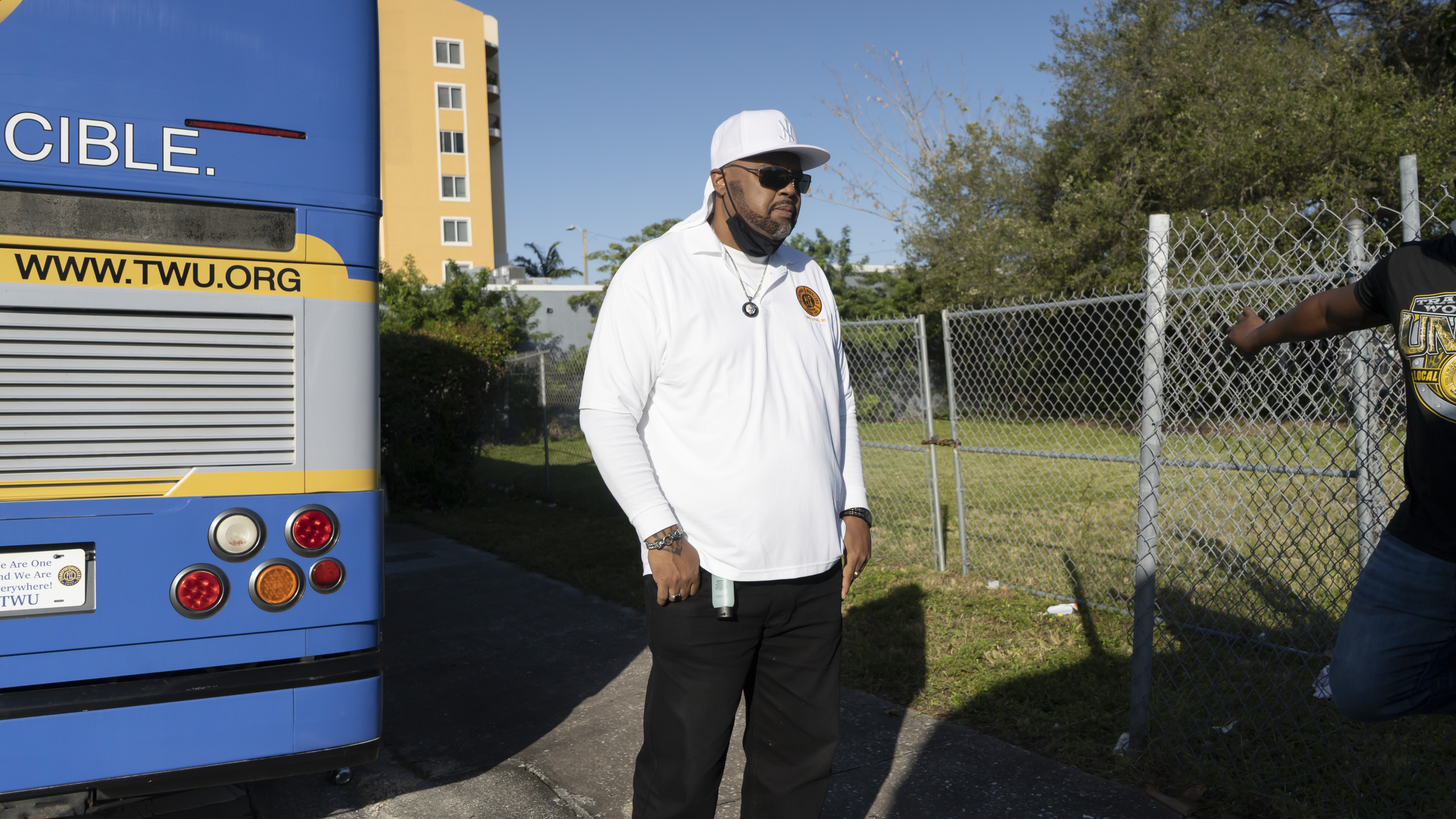
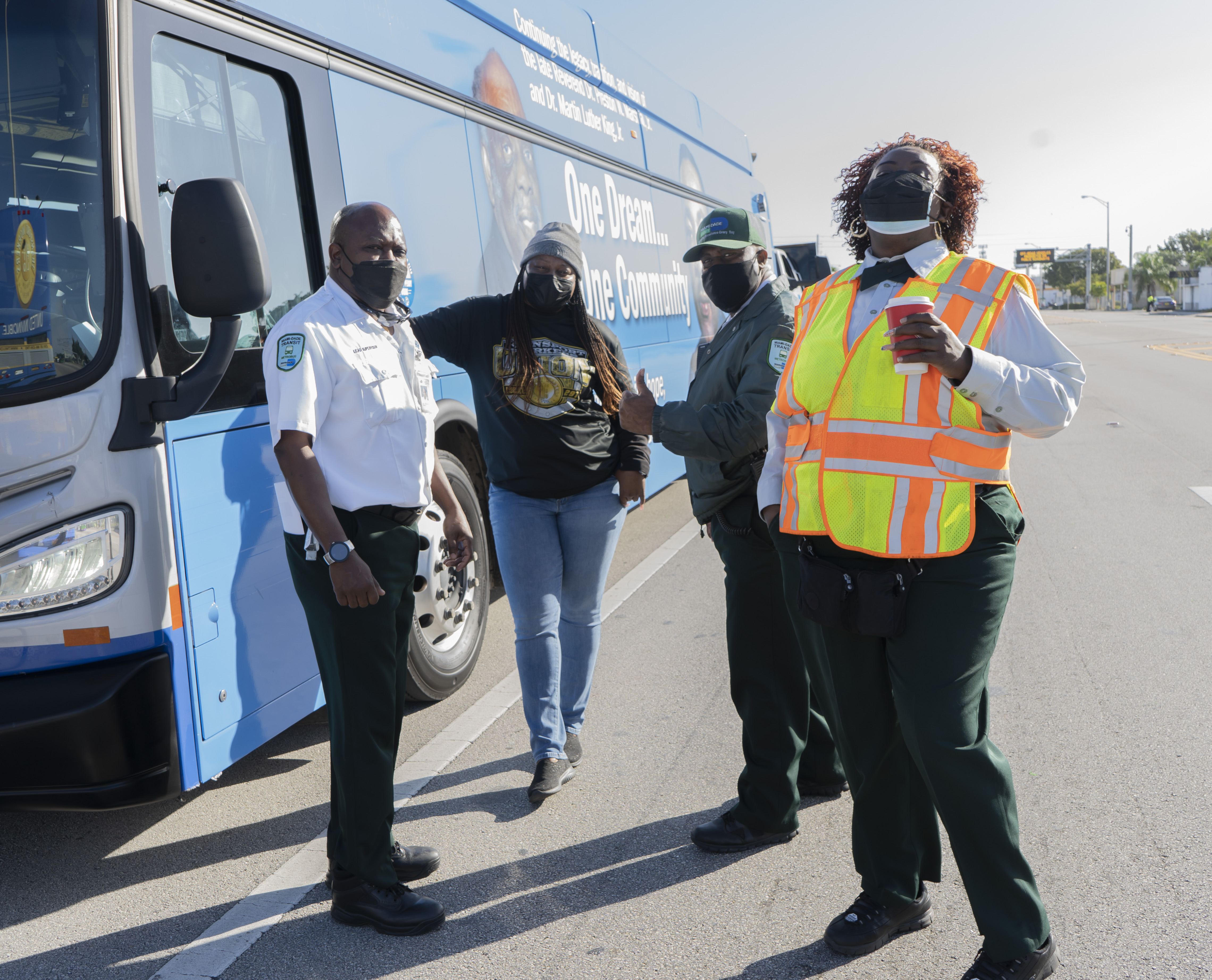

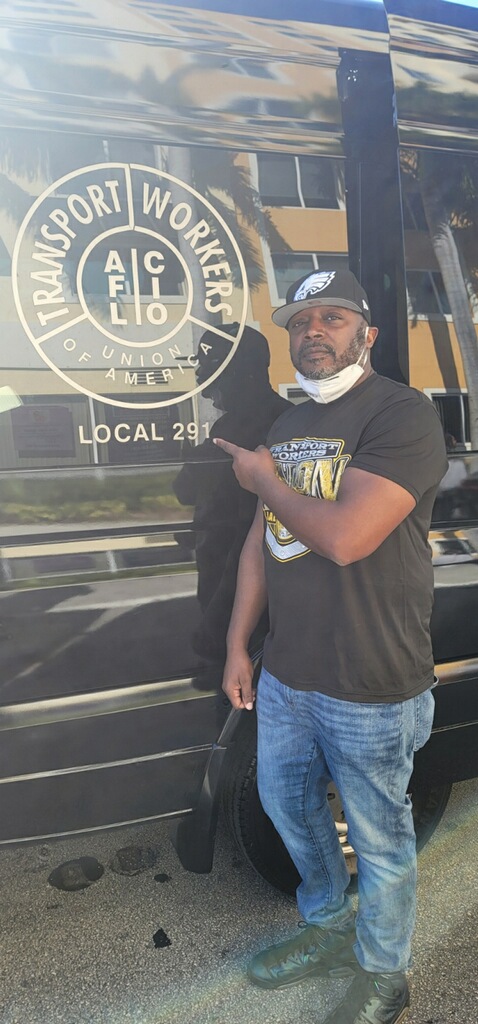
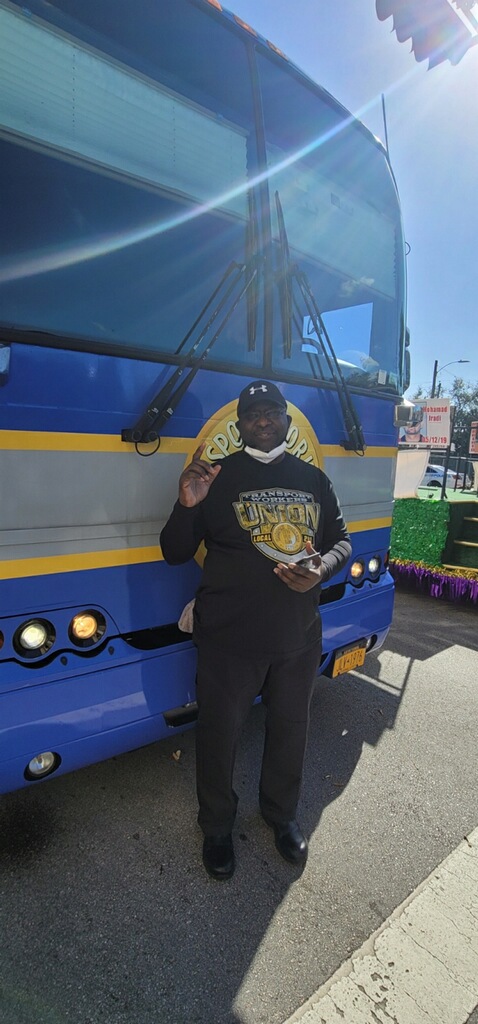
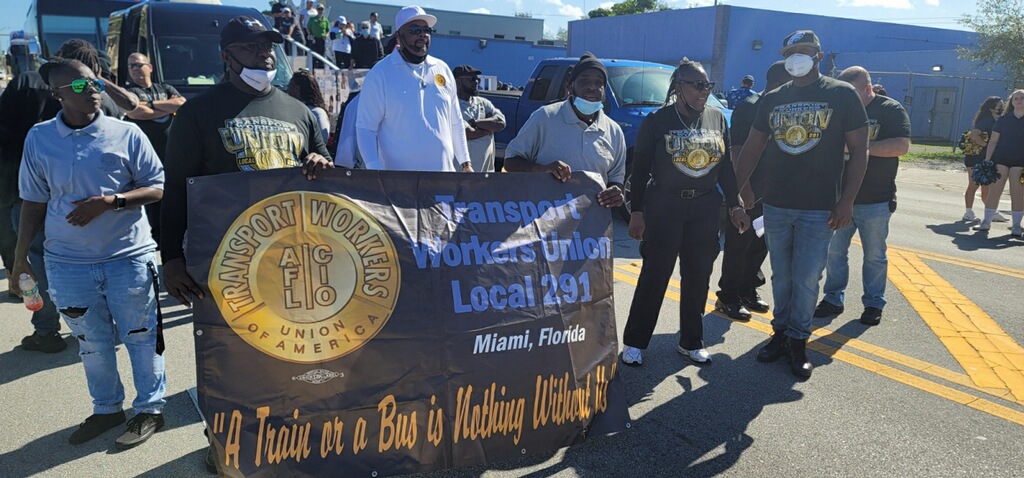
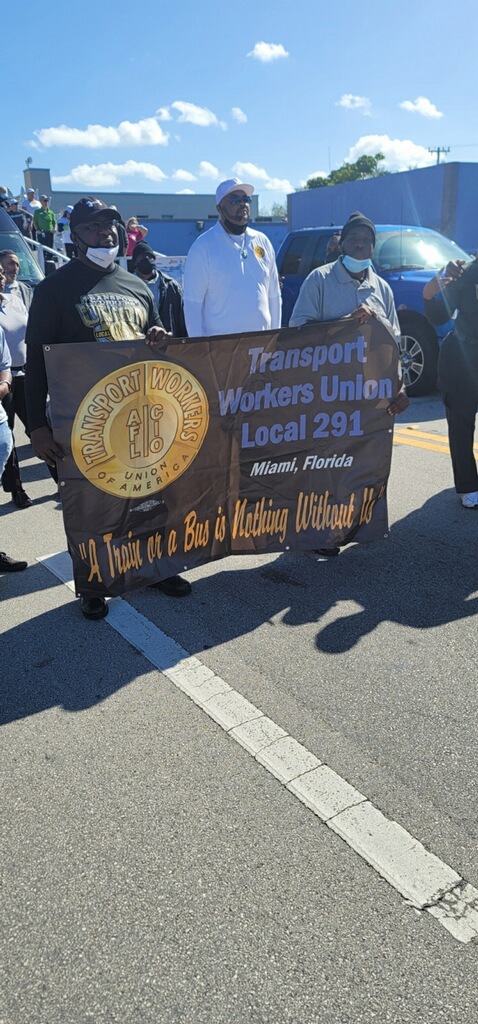
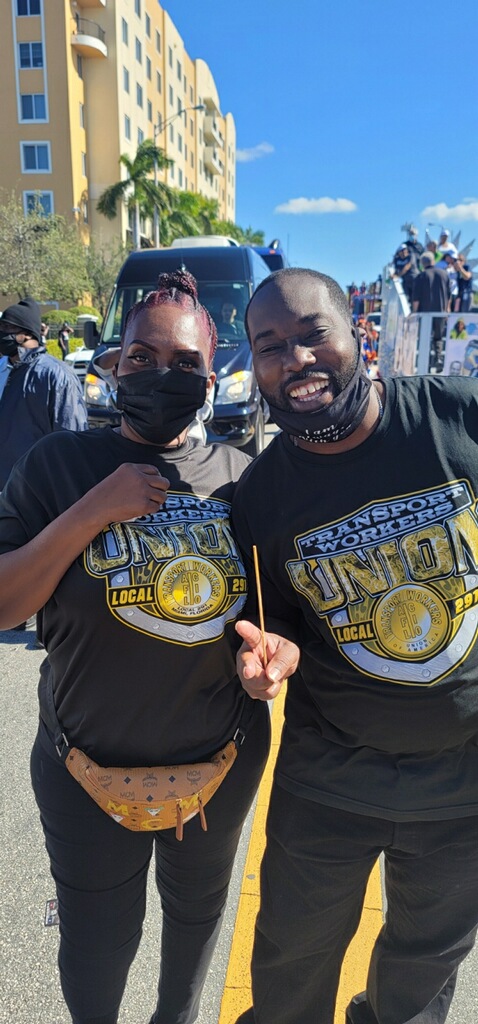
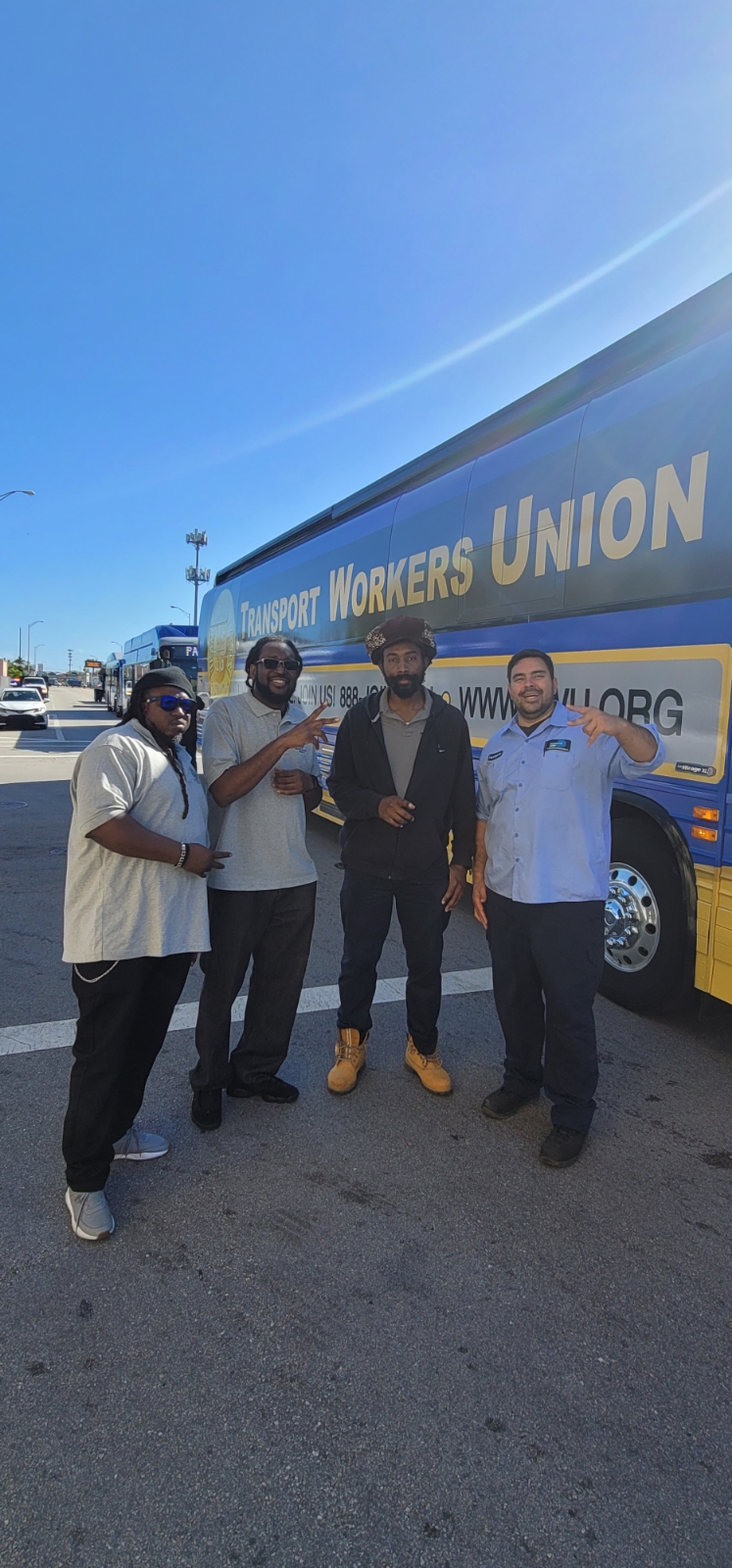
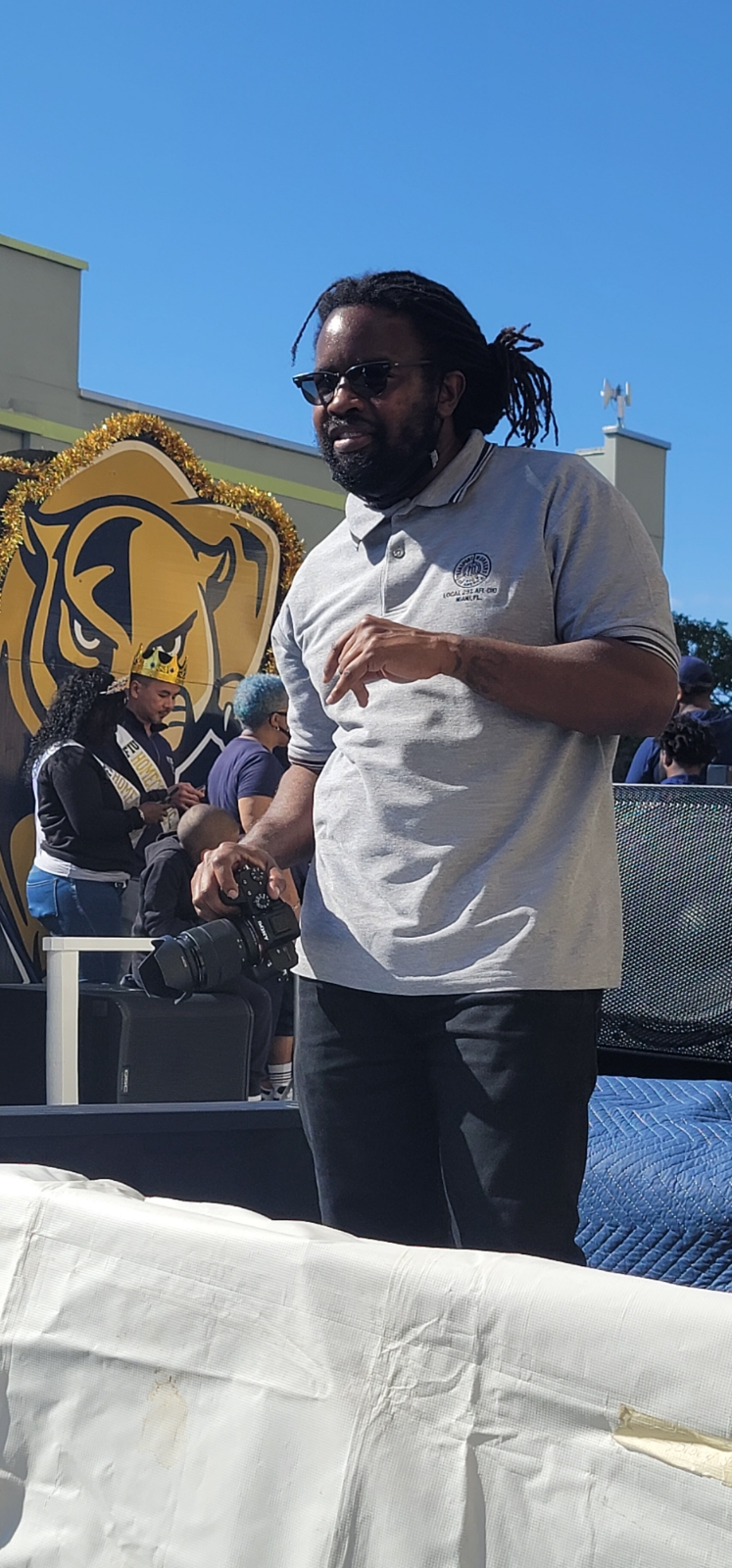
.png)




.png)







.jpeg)




